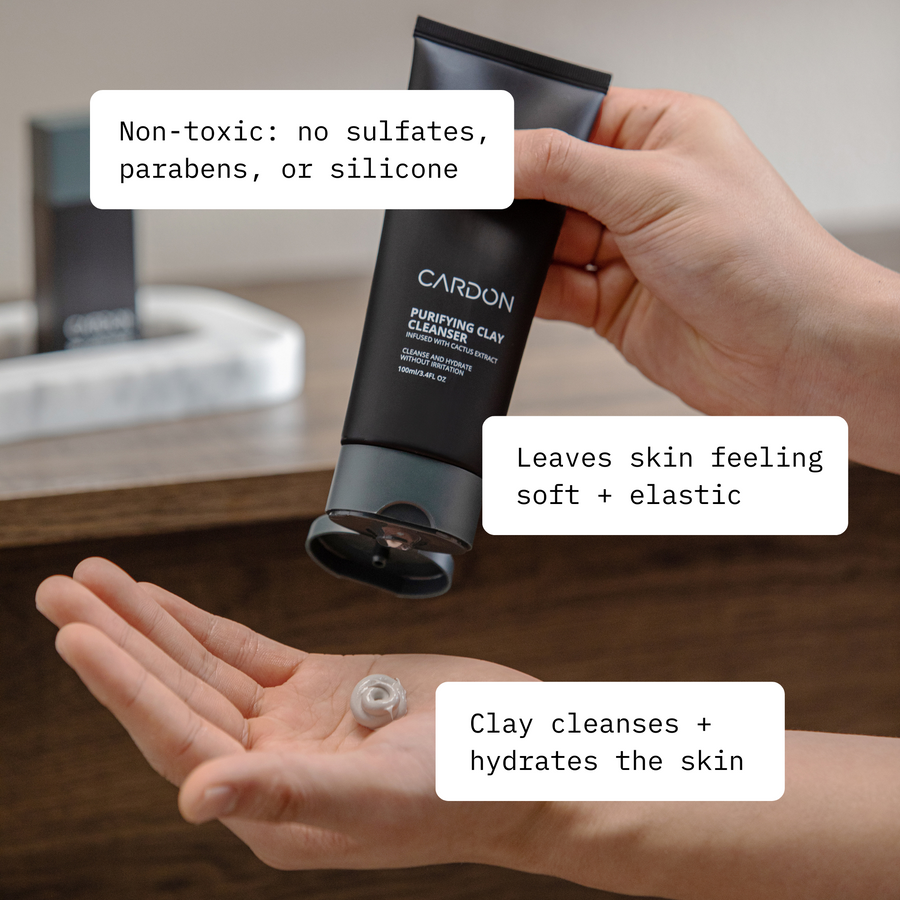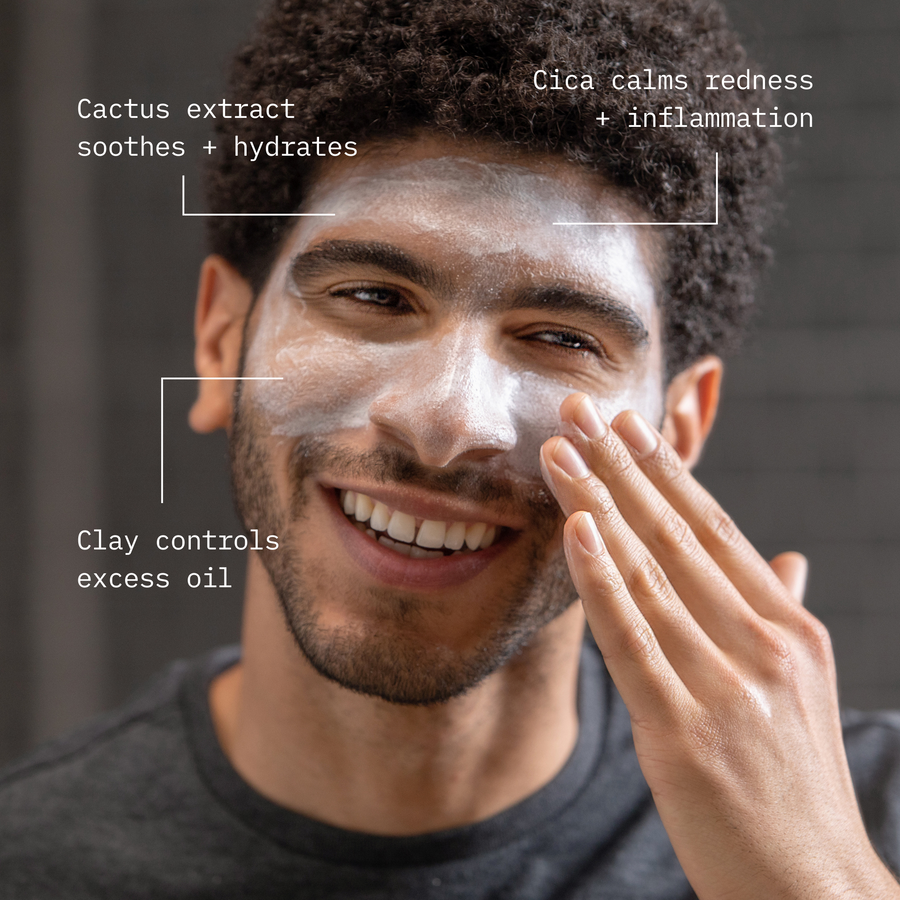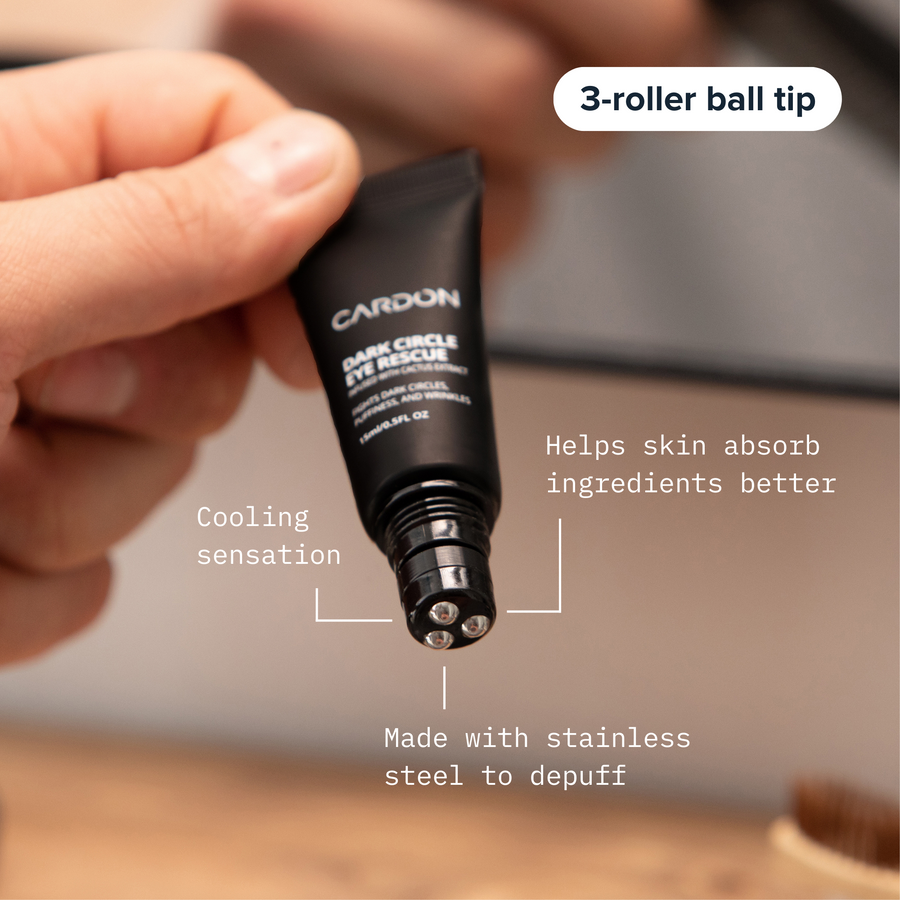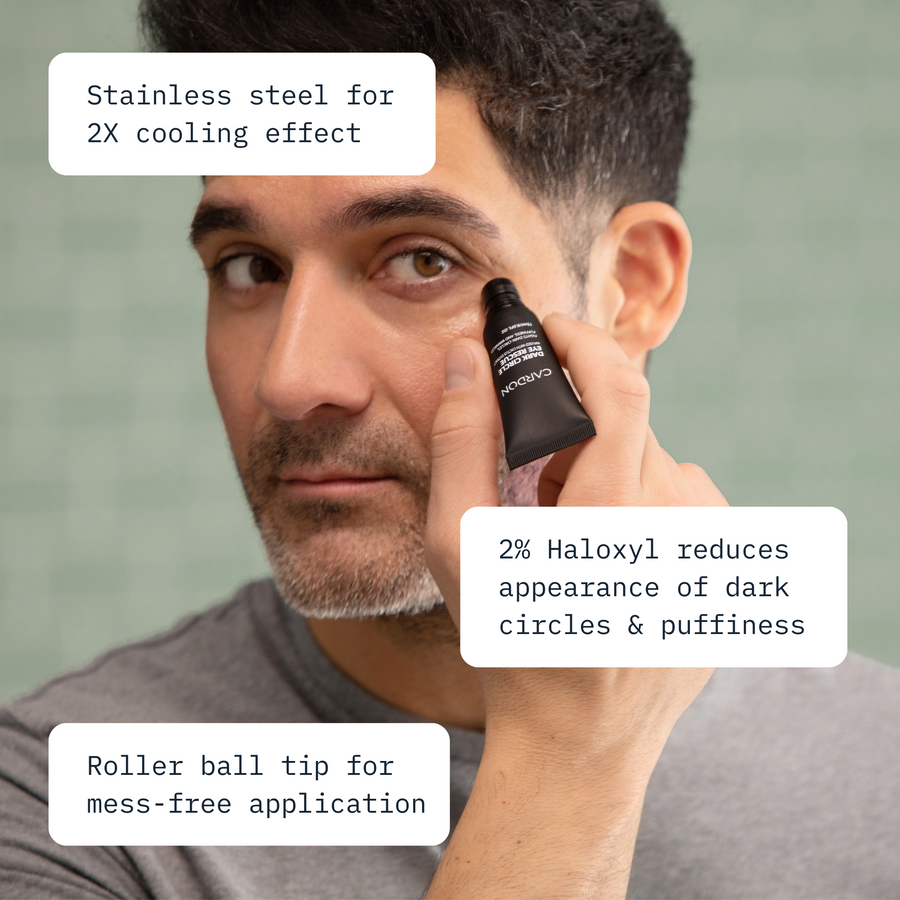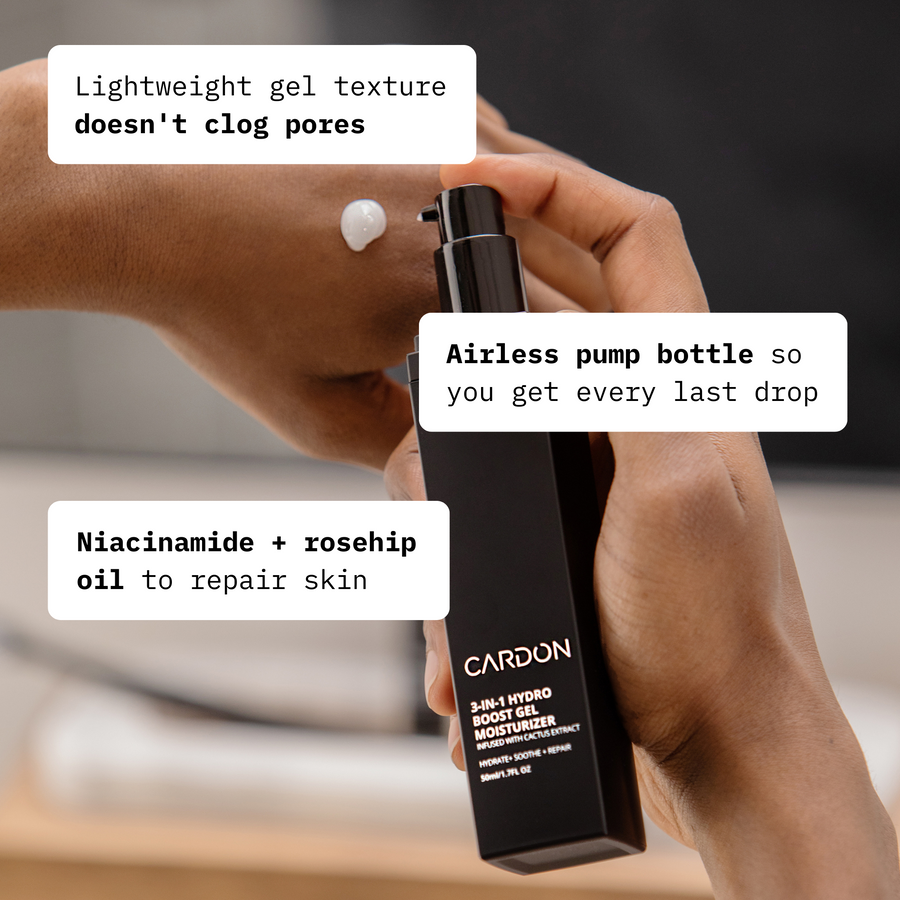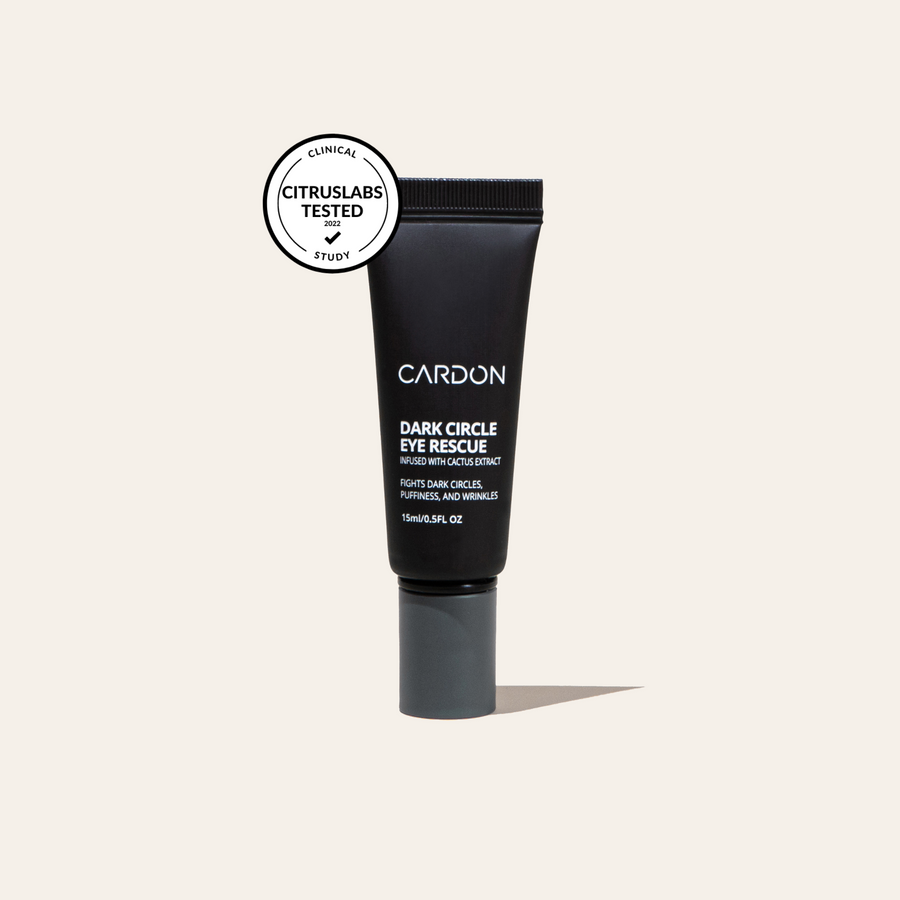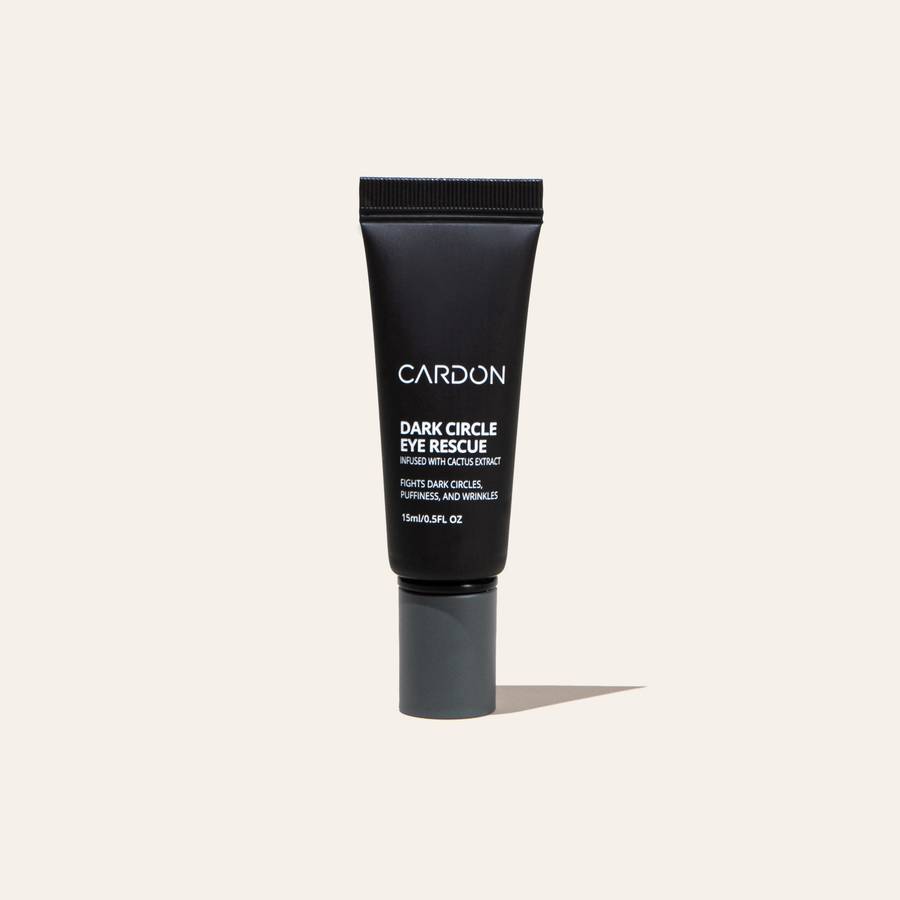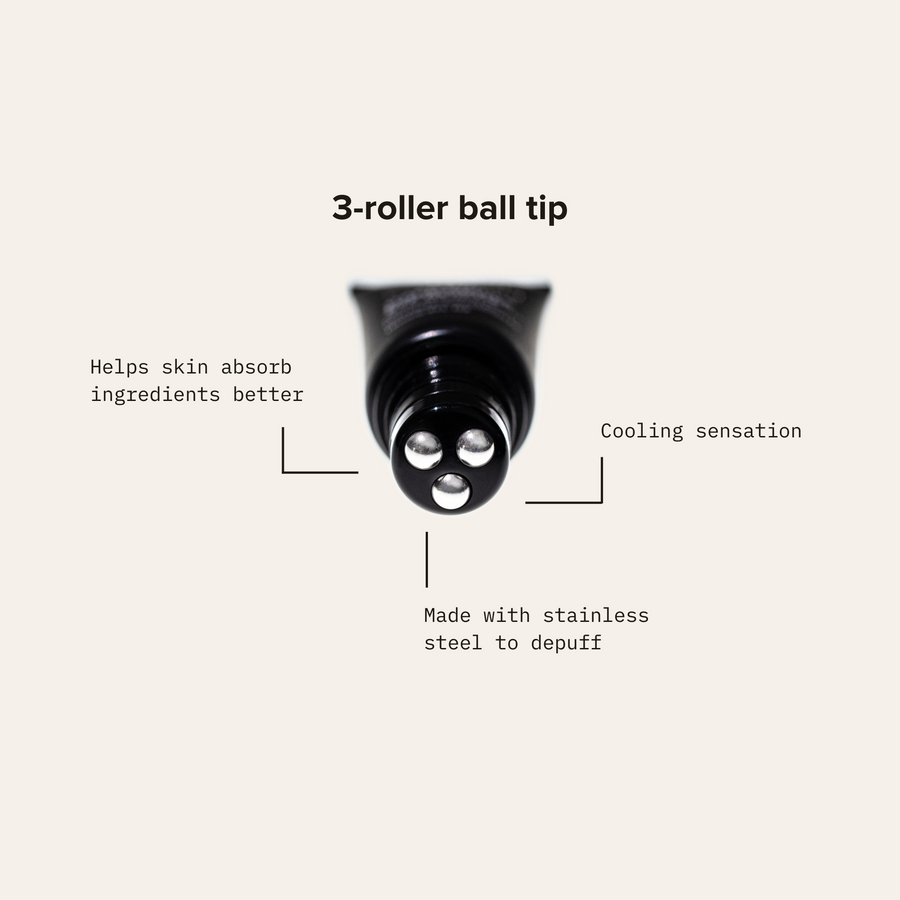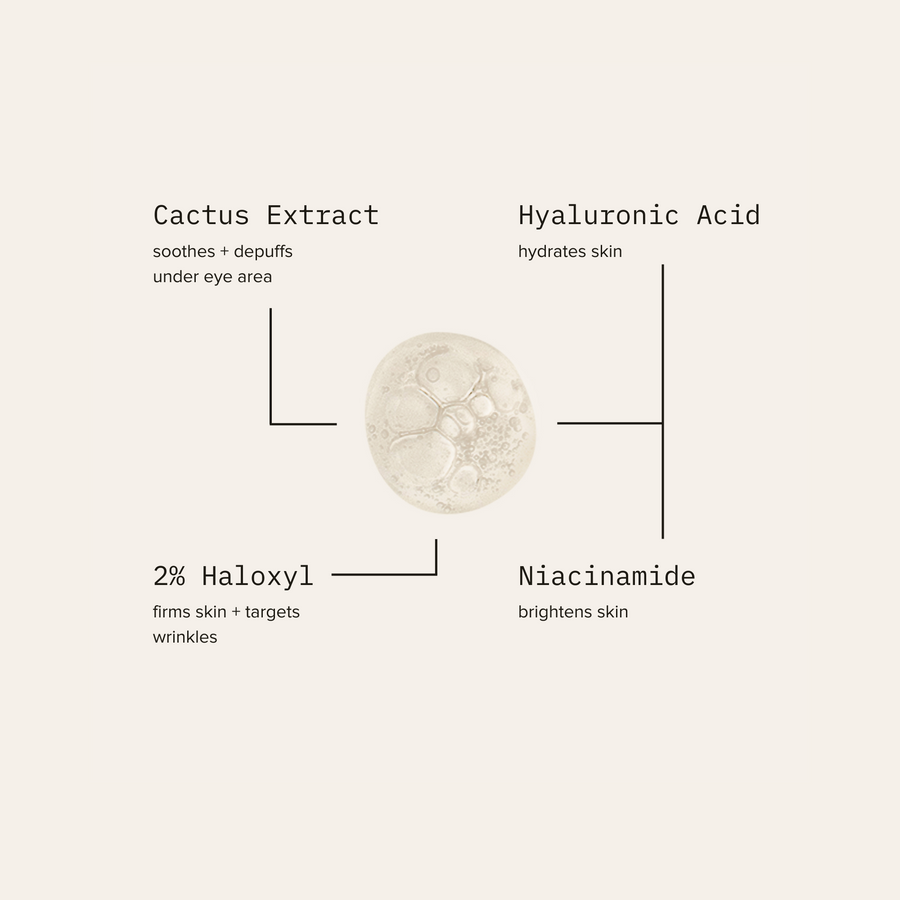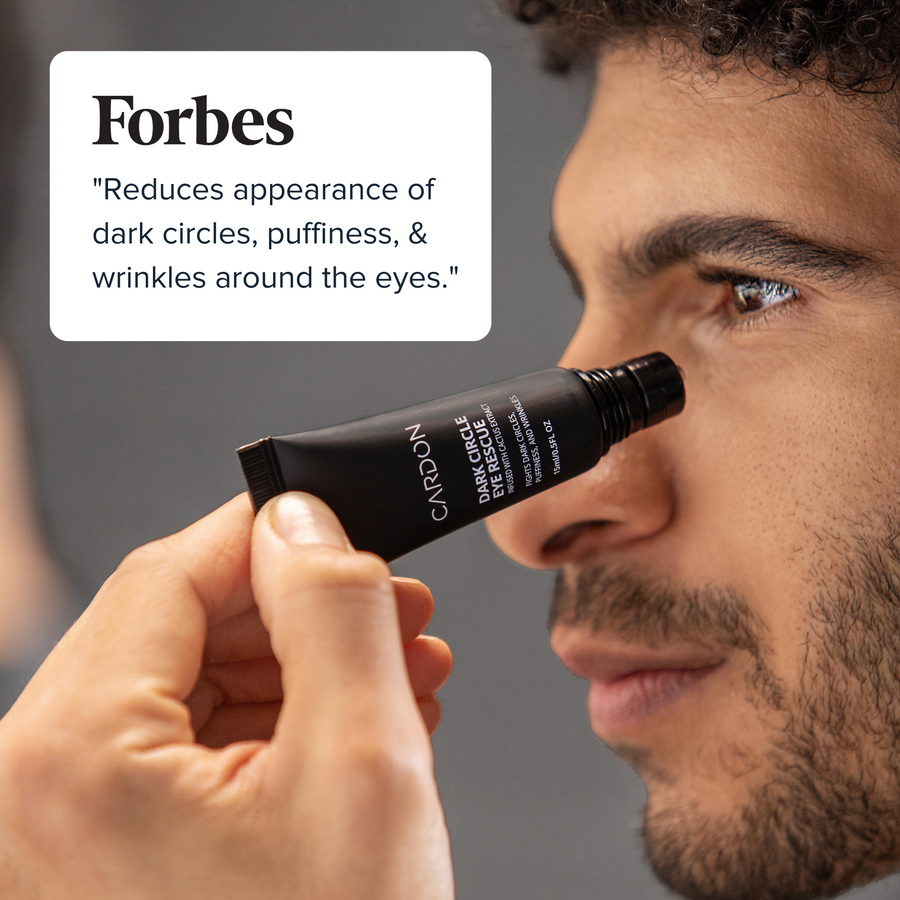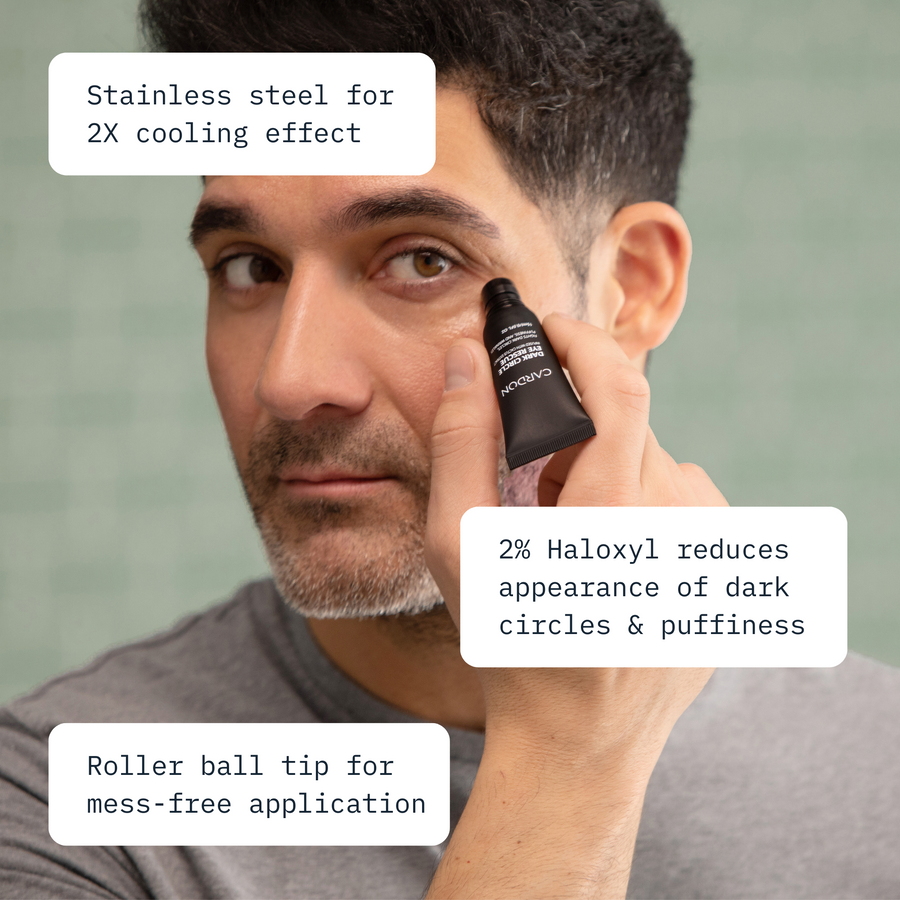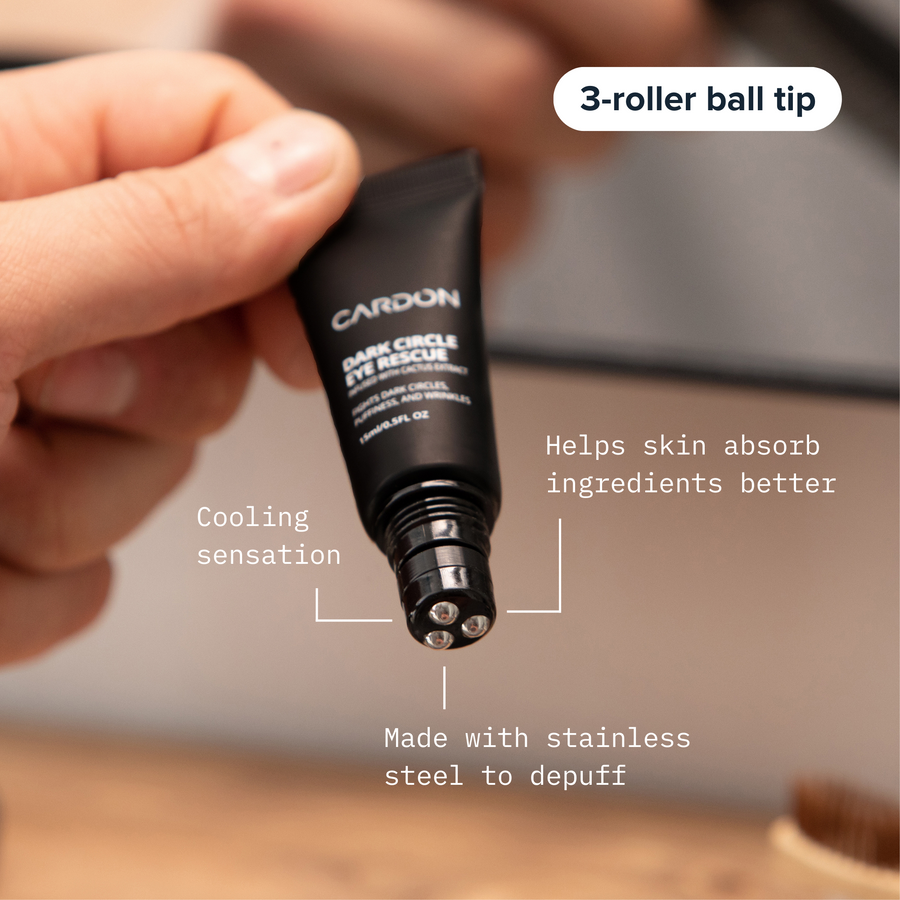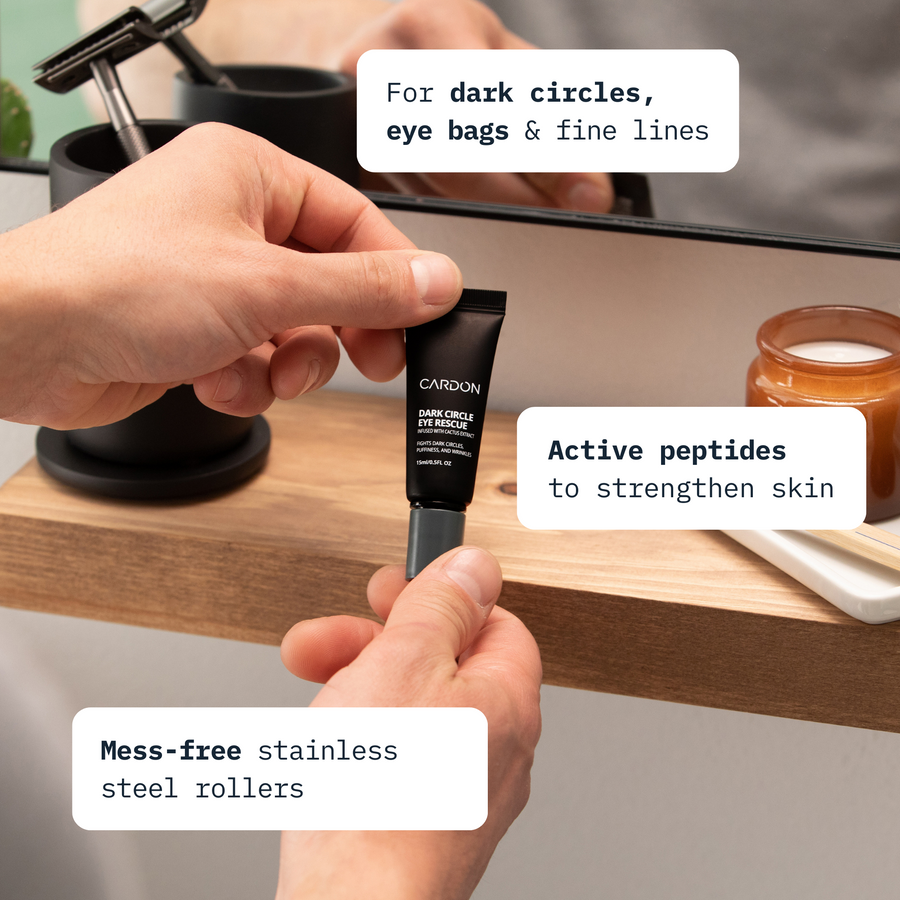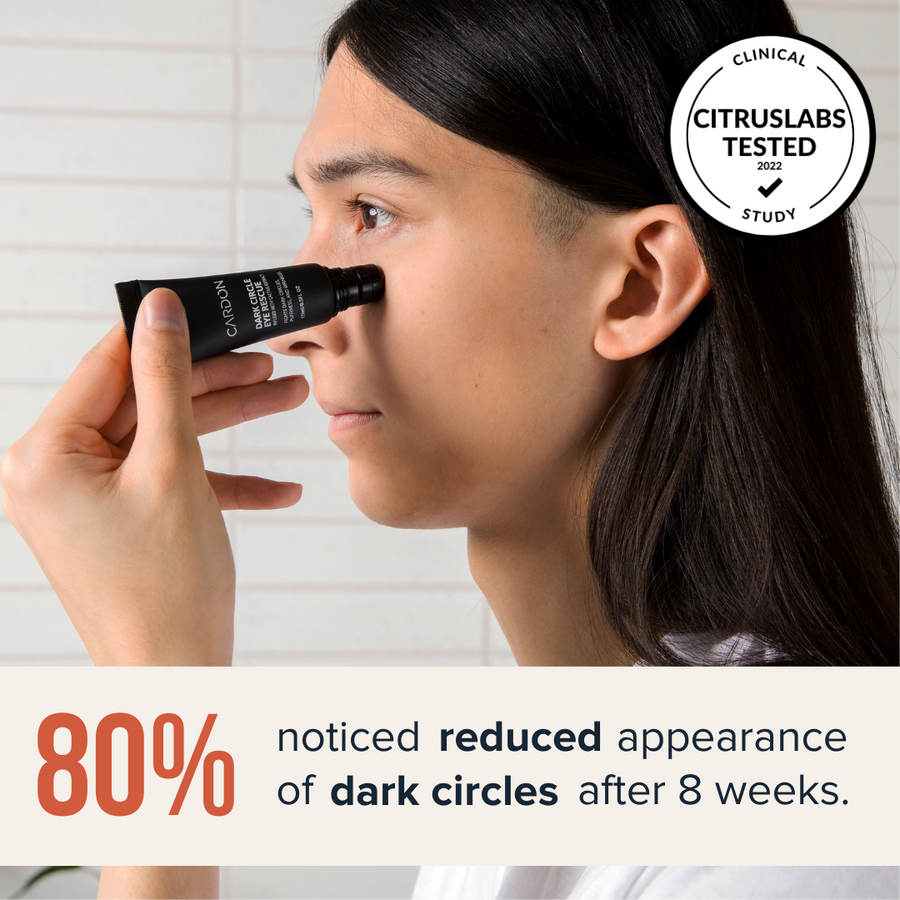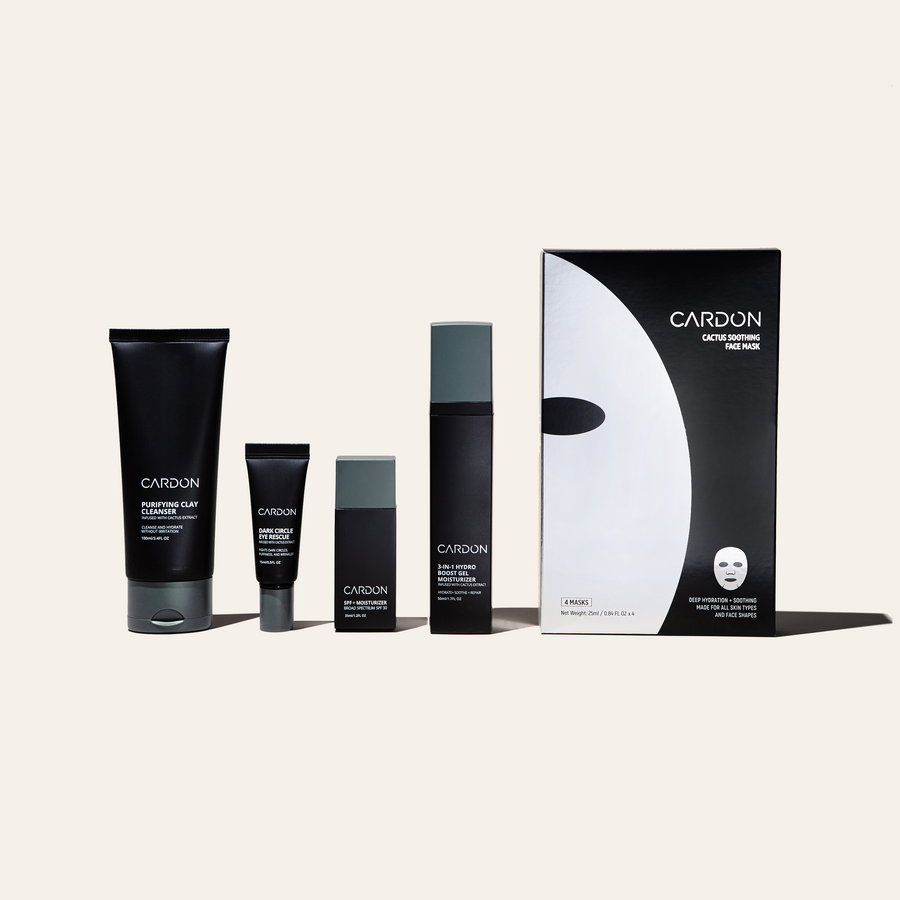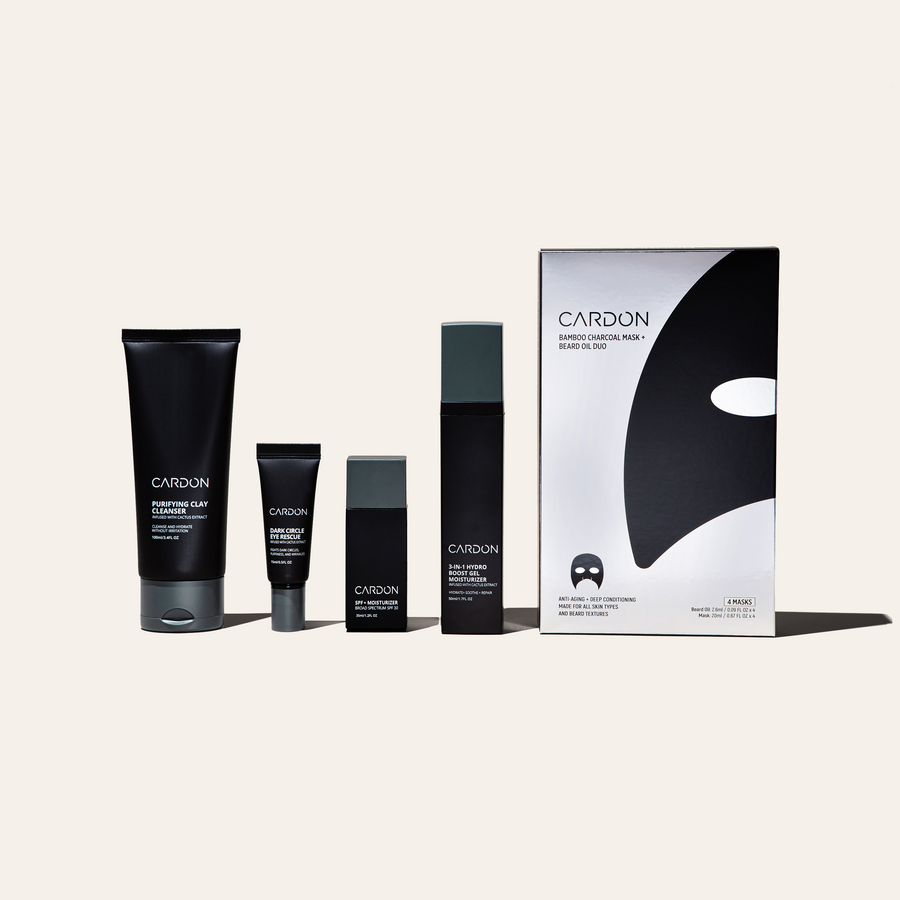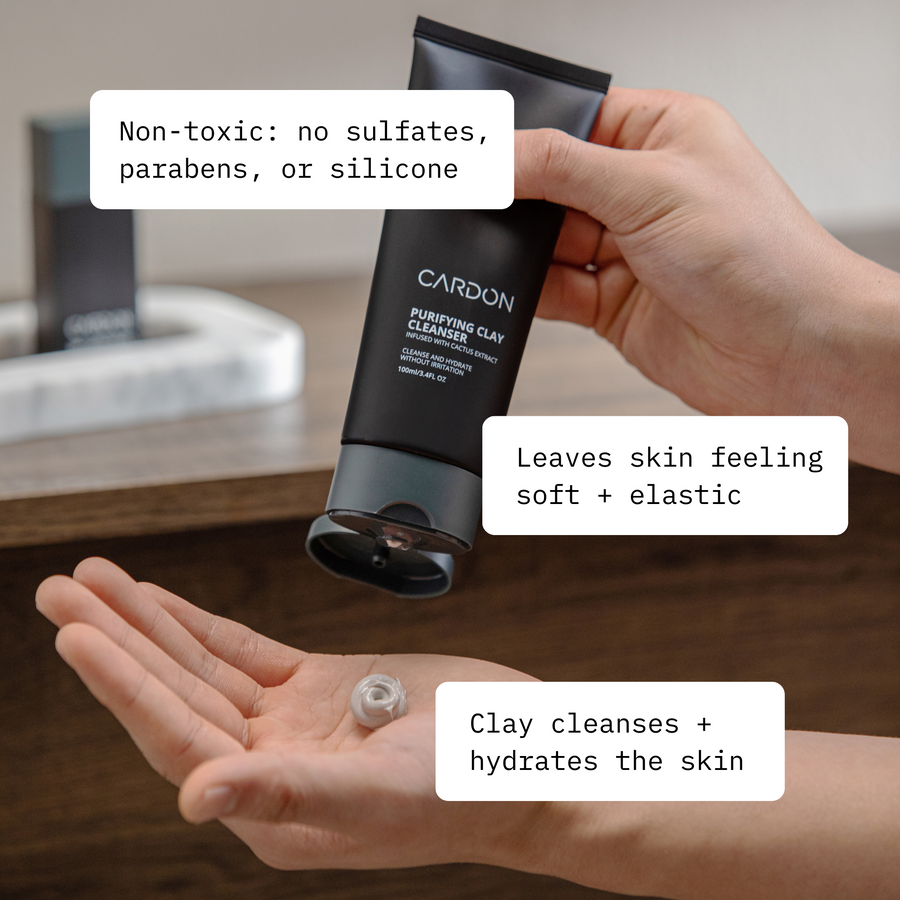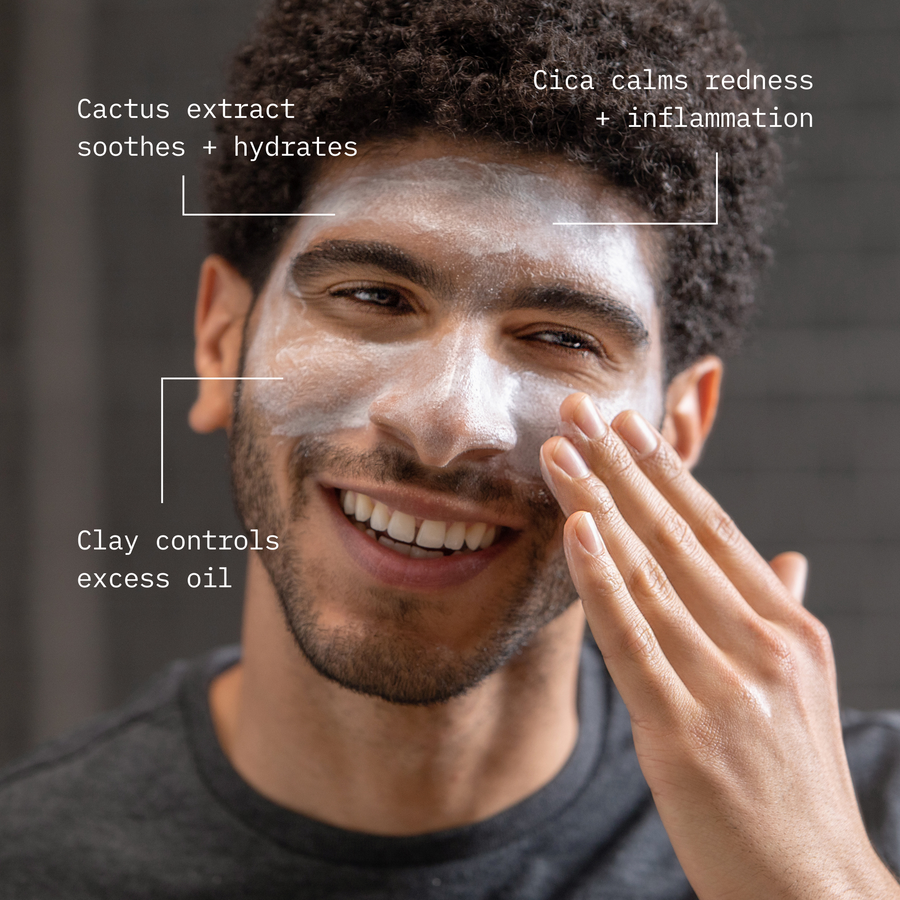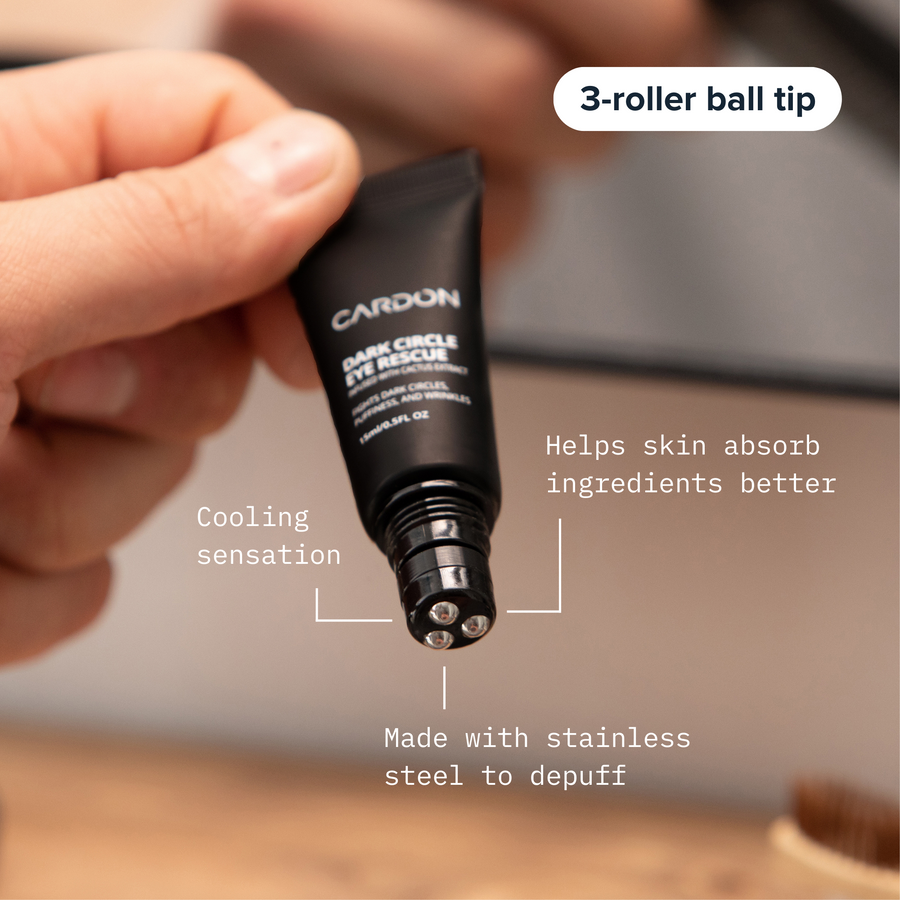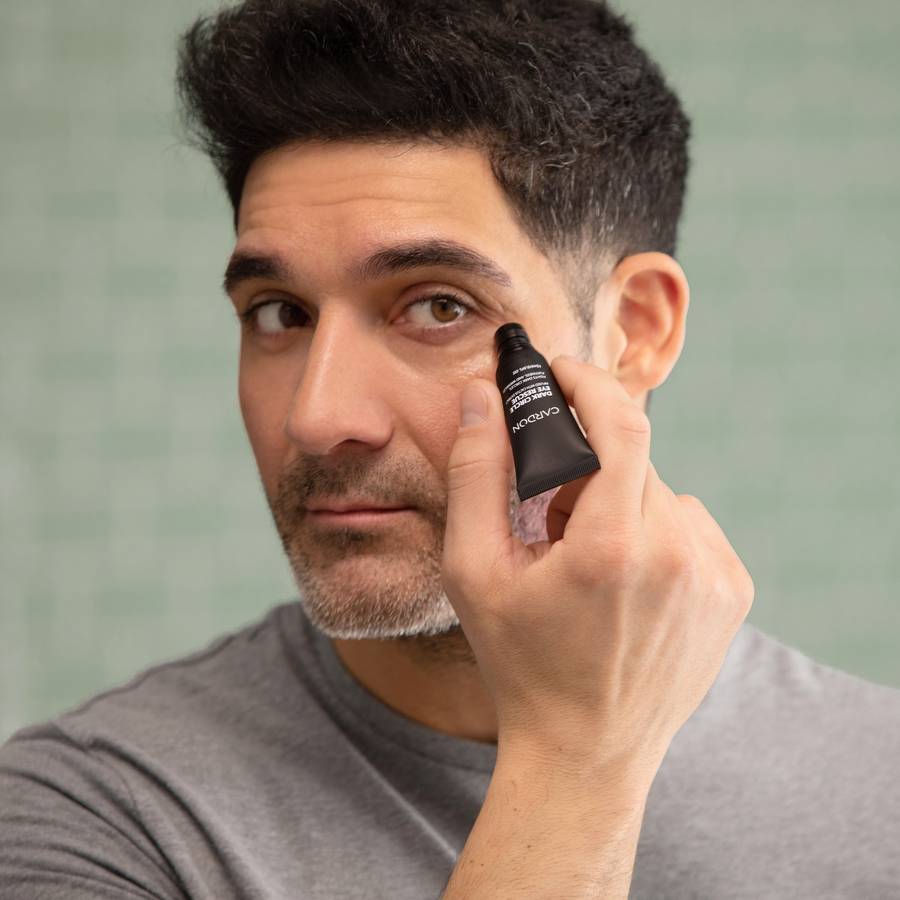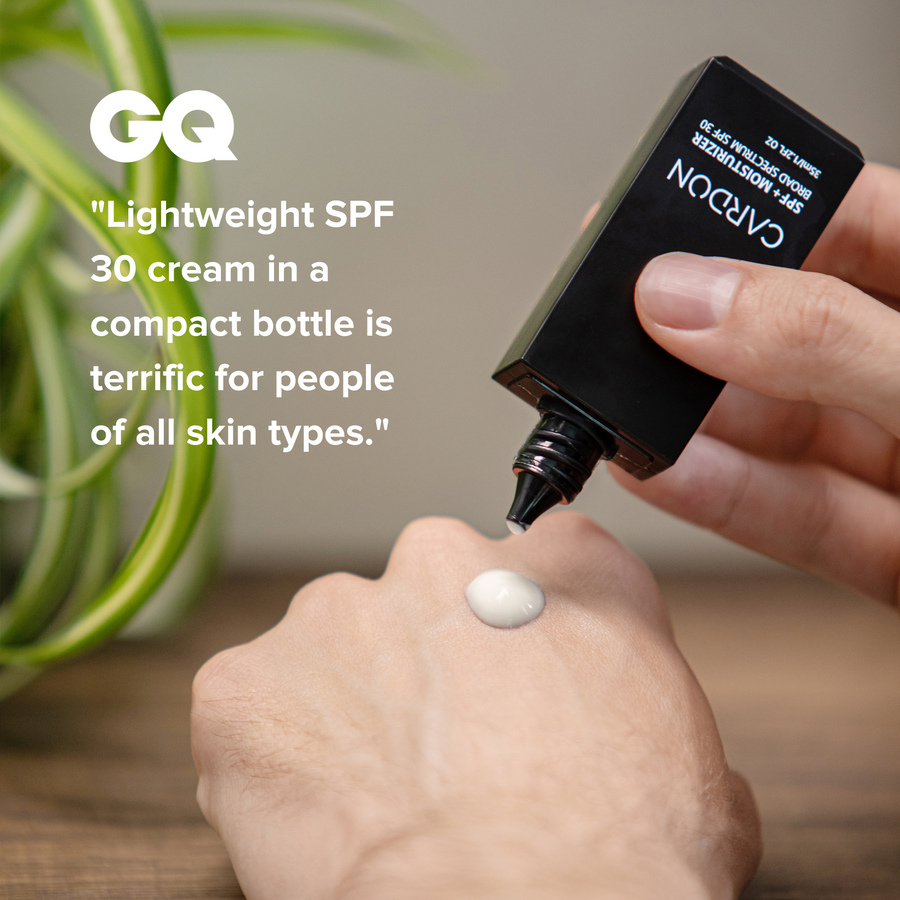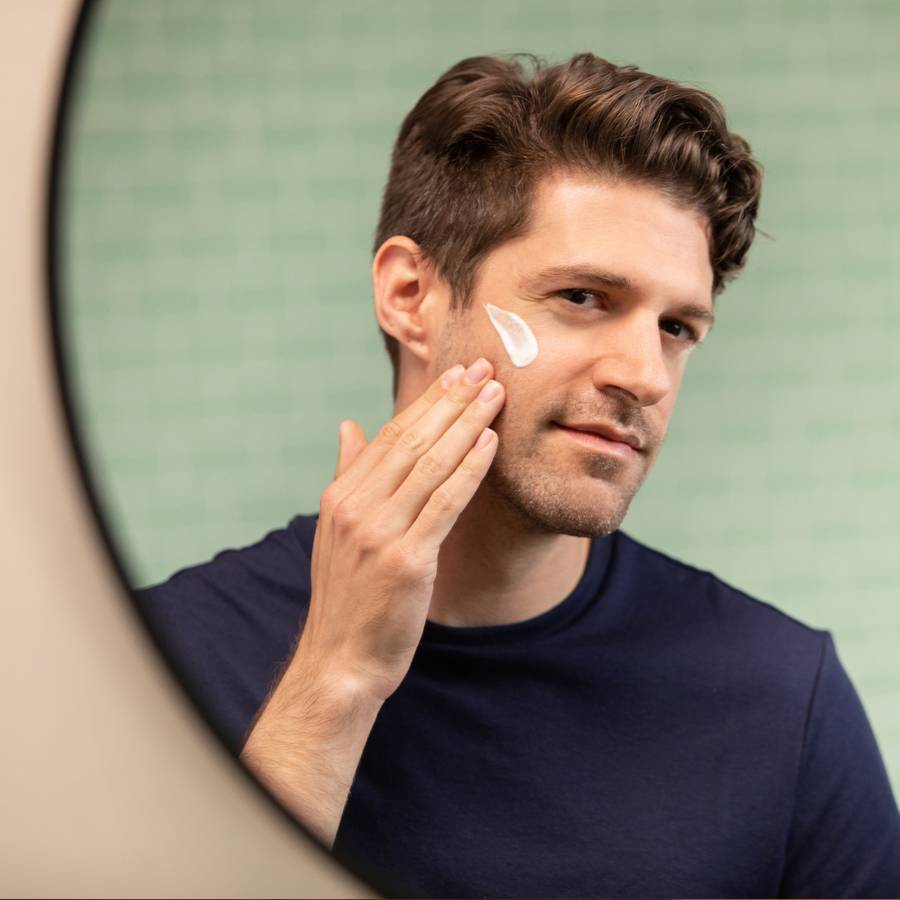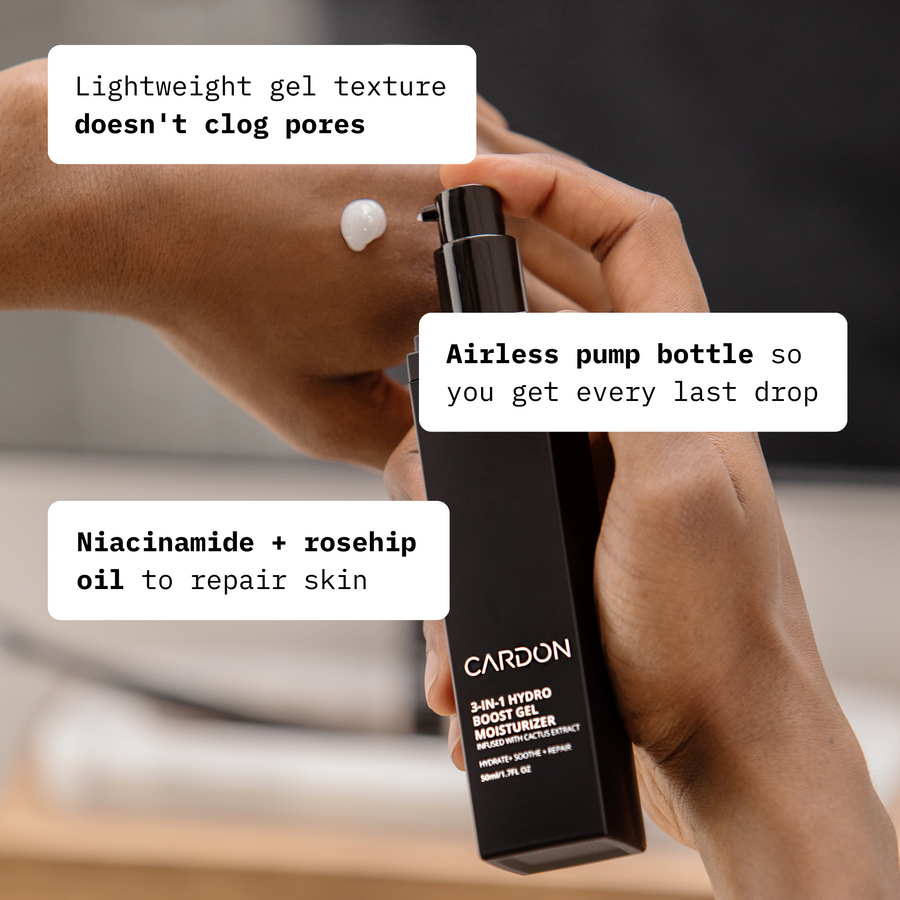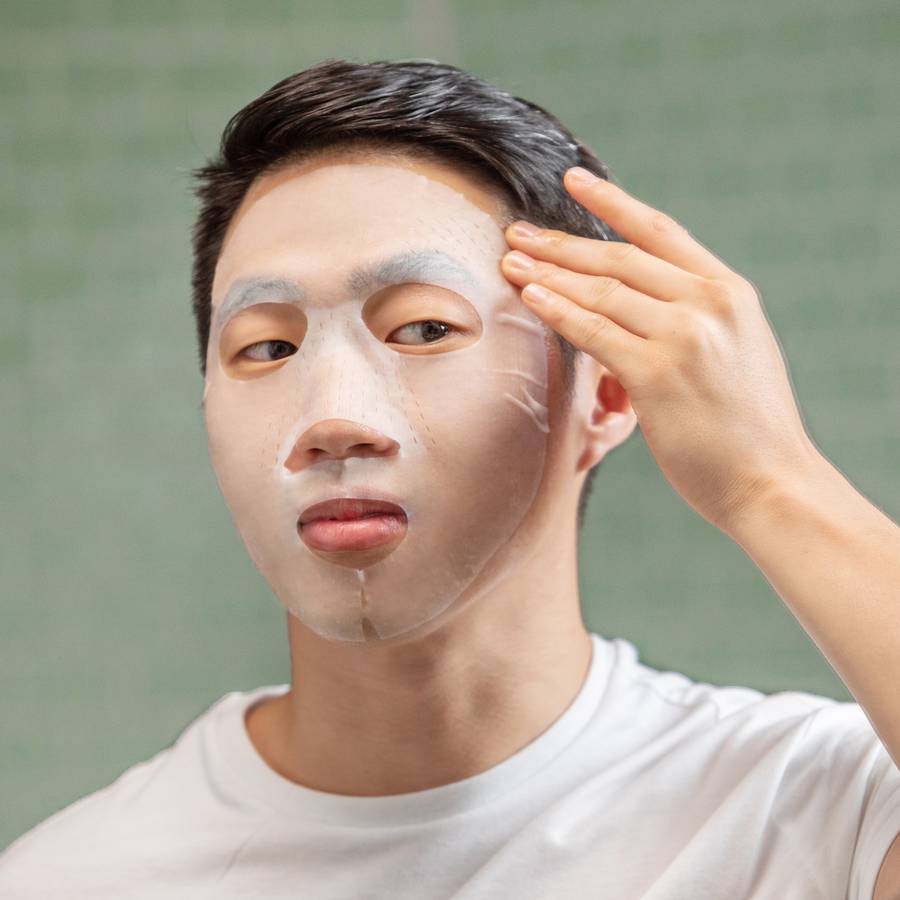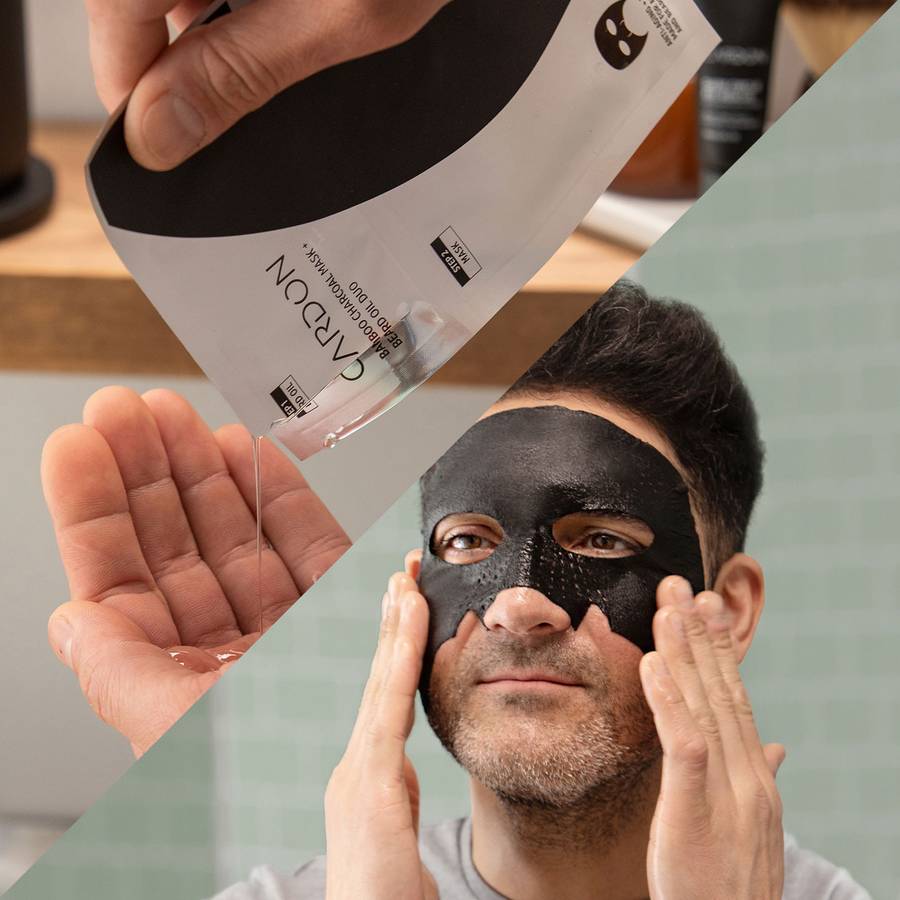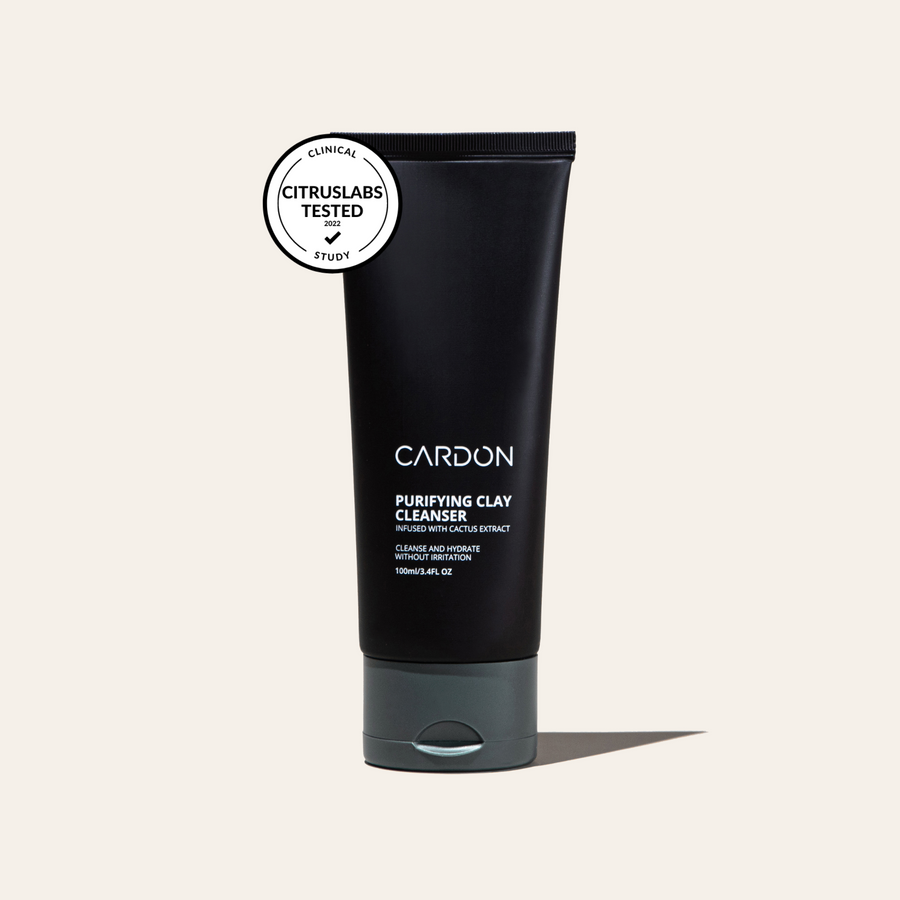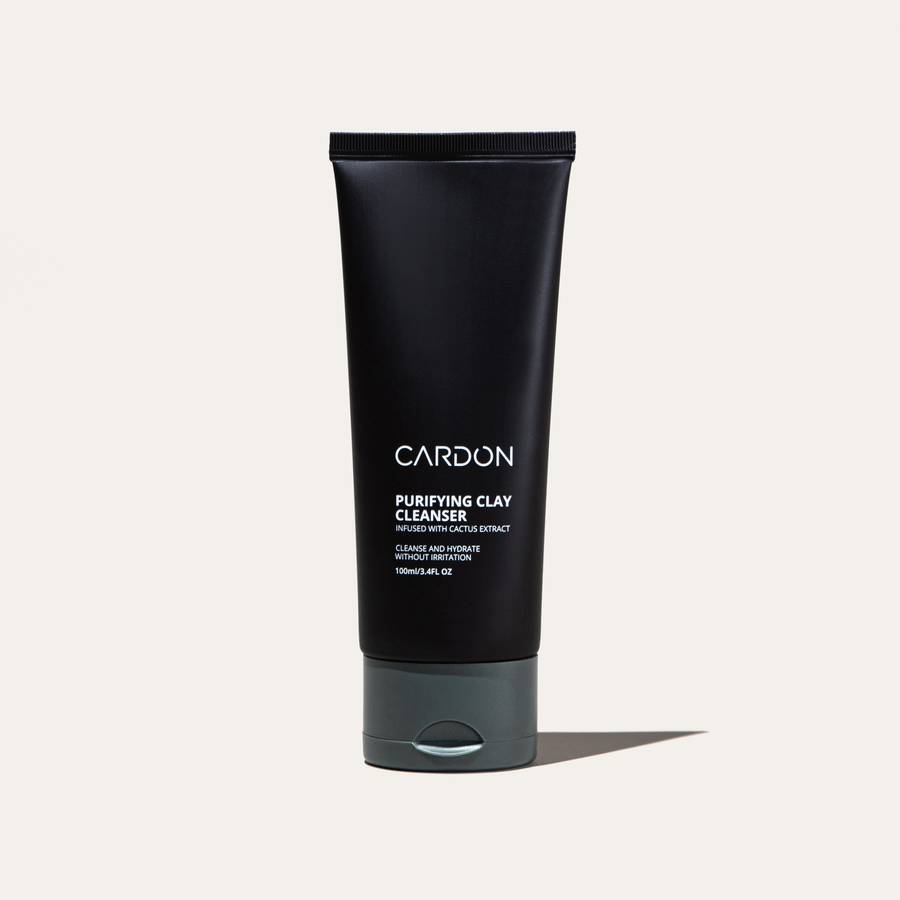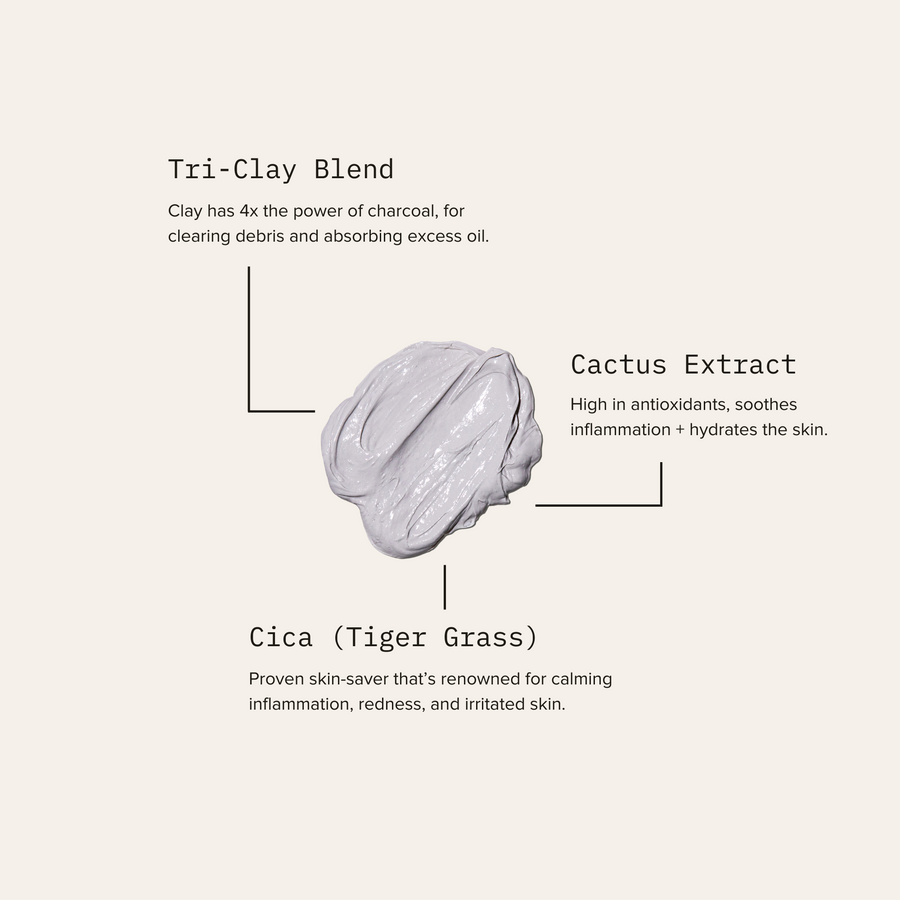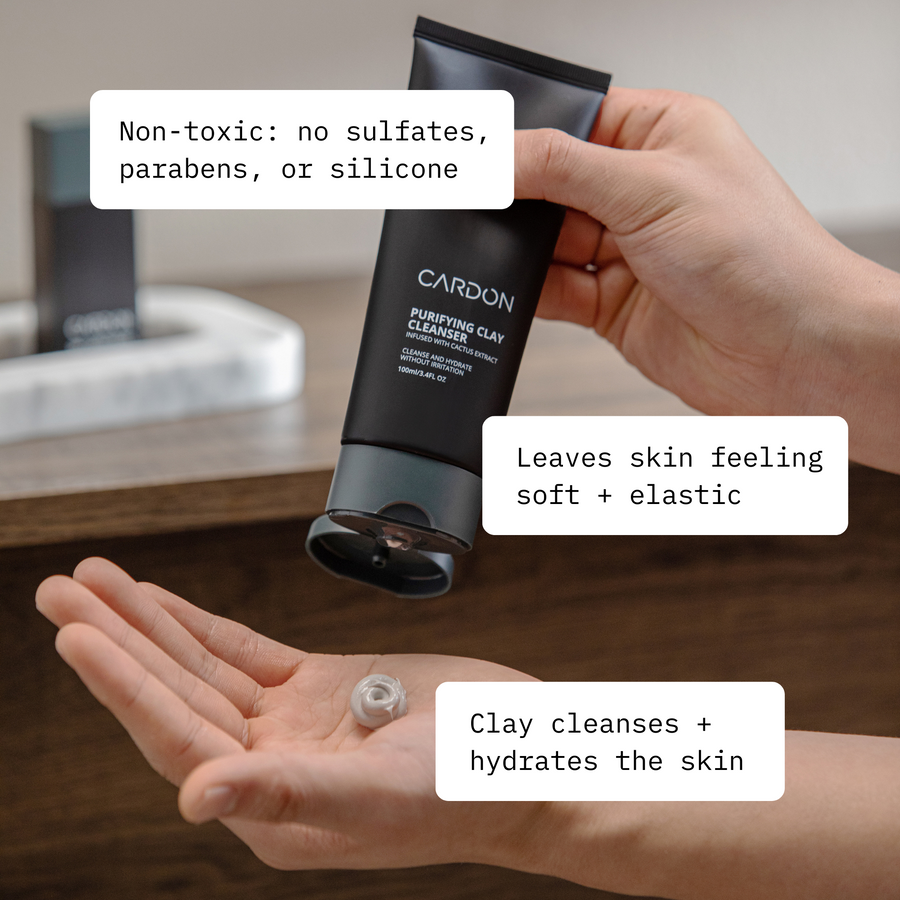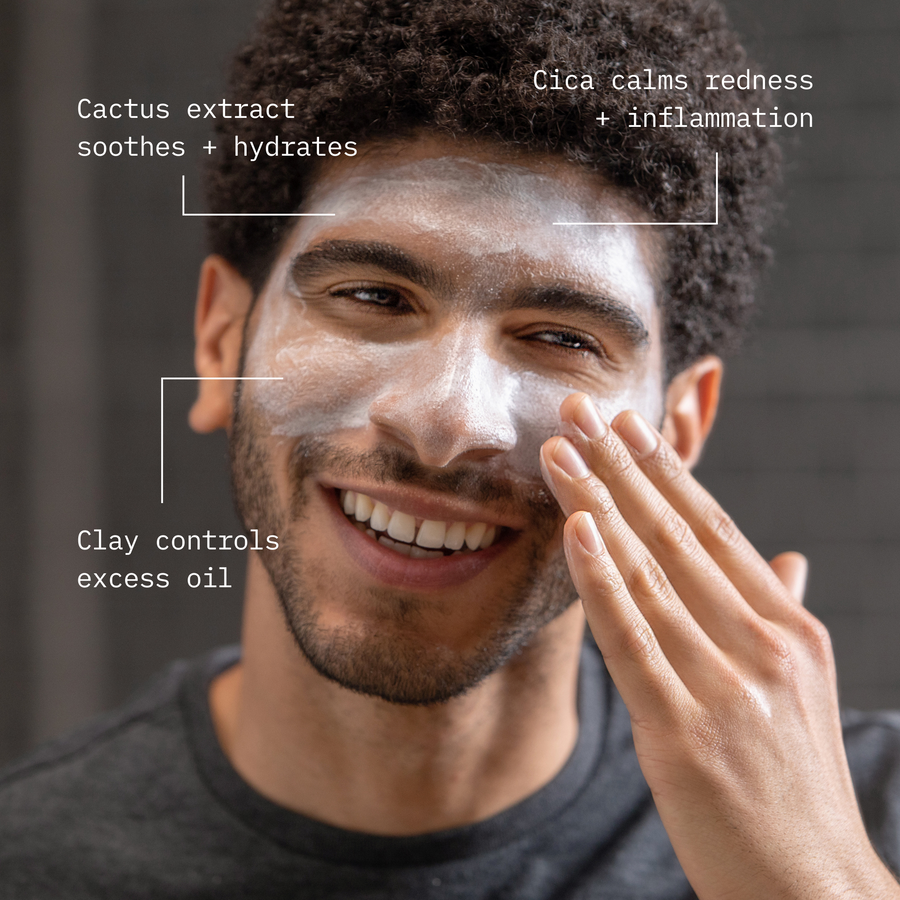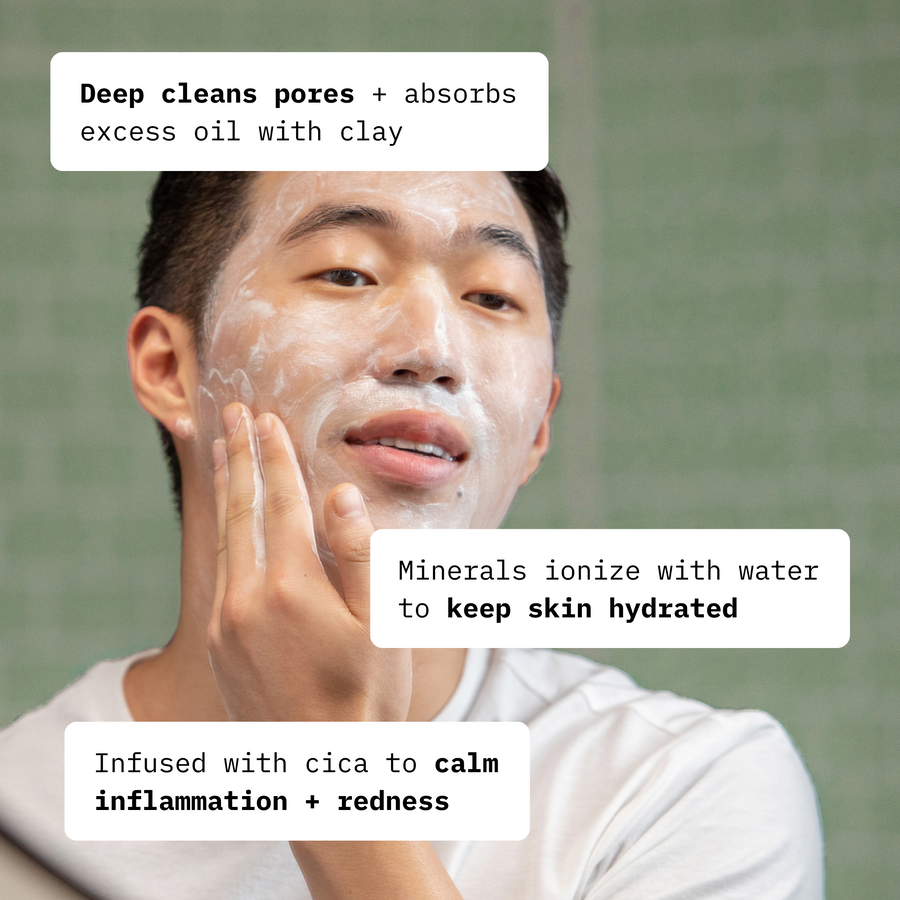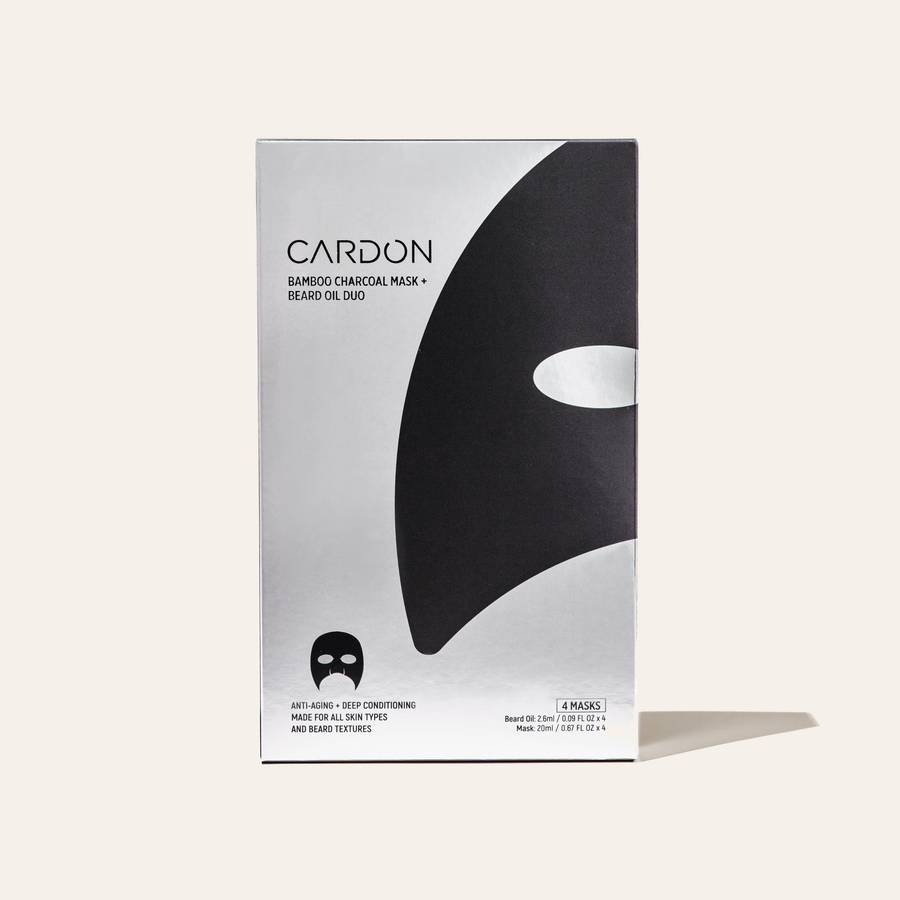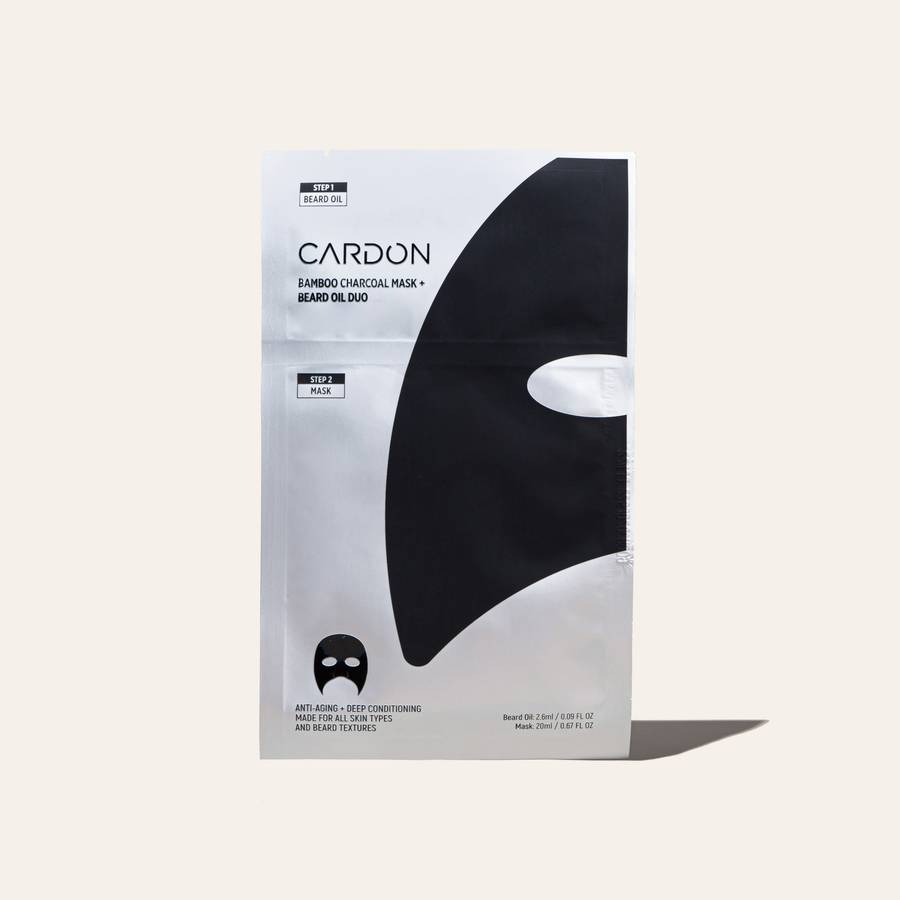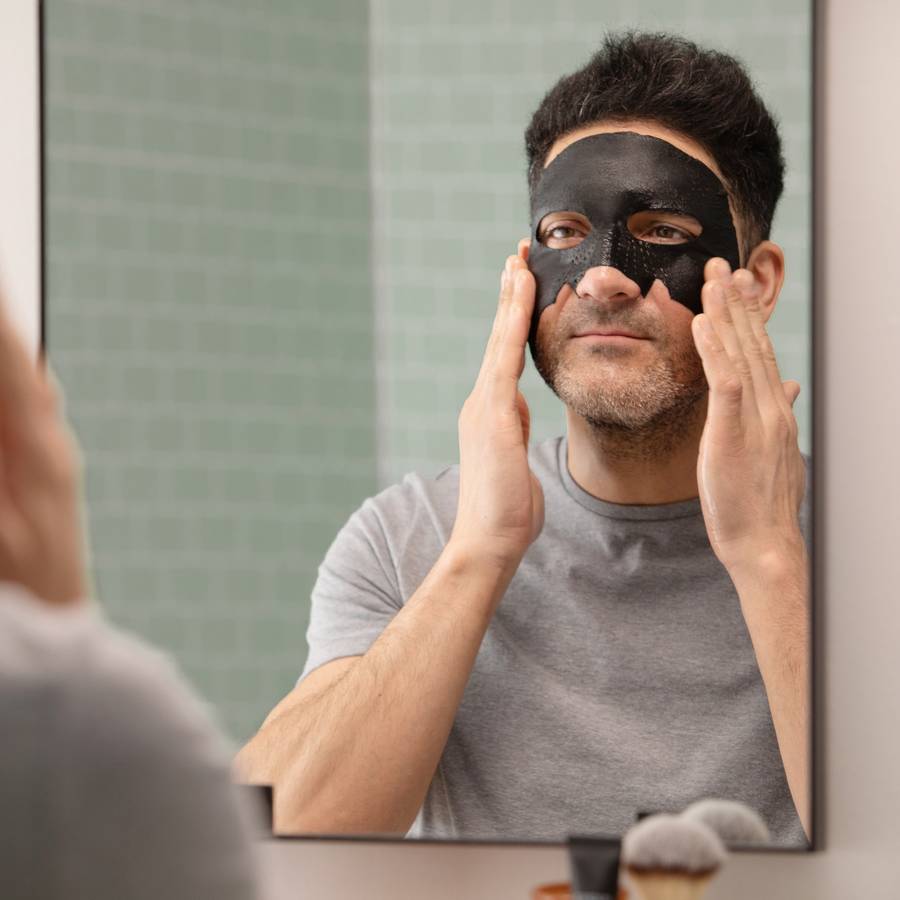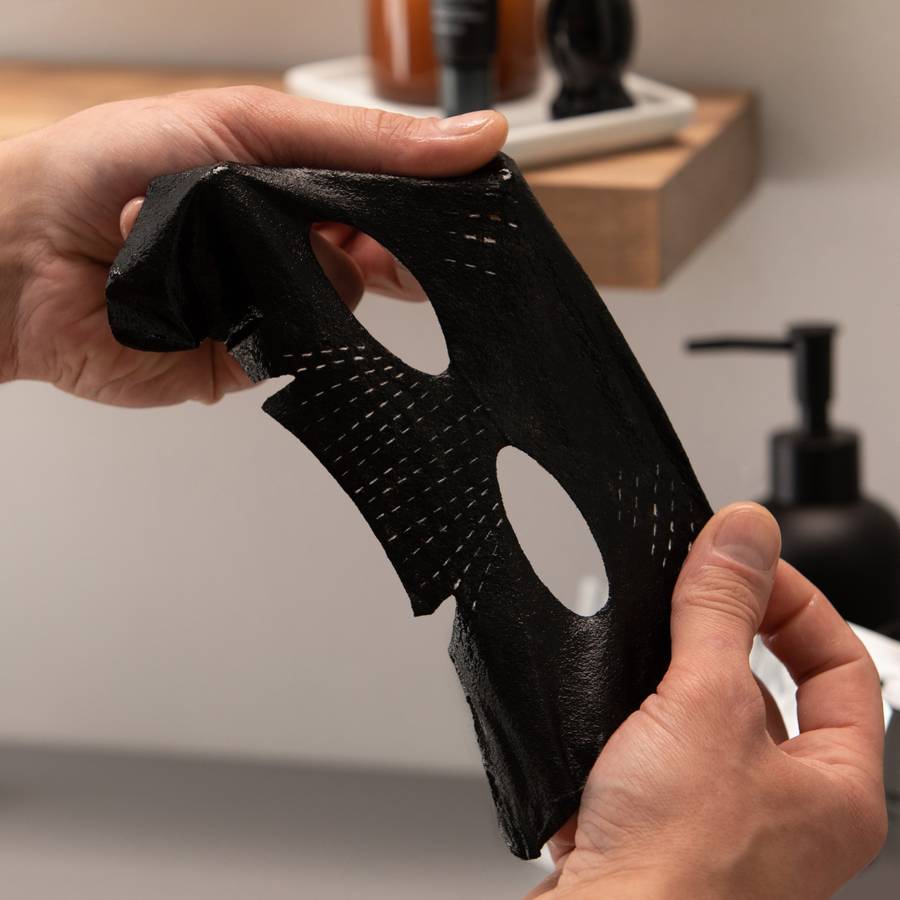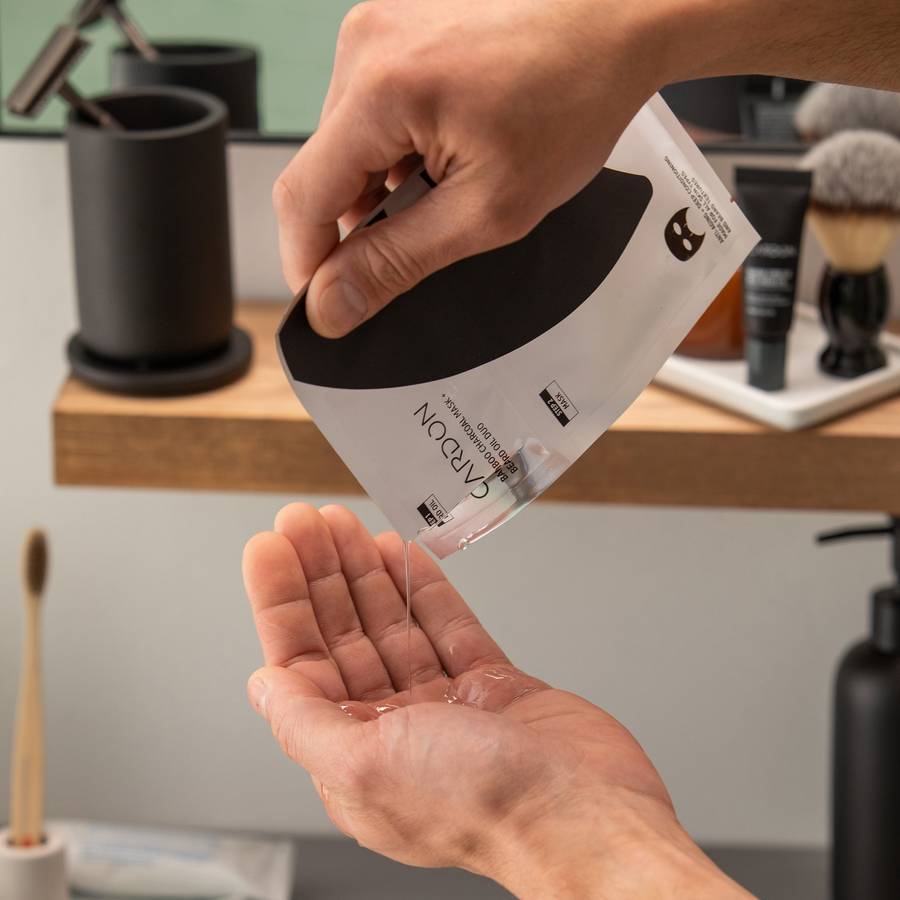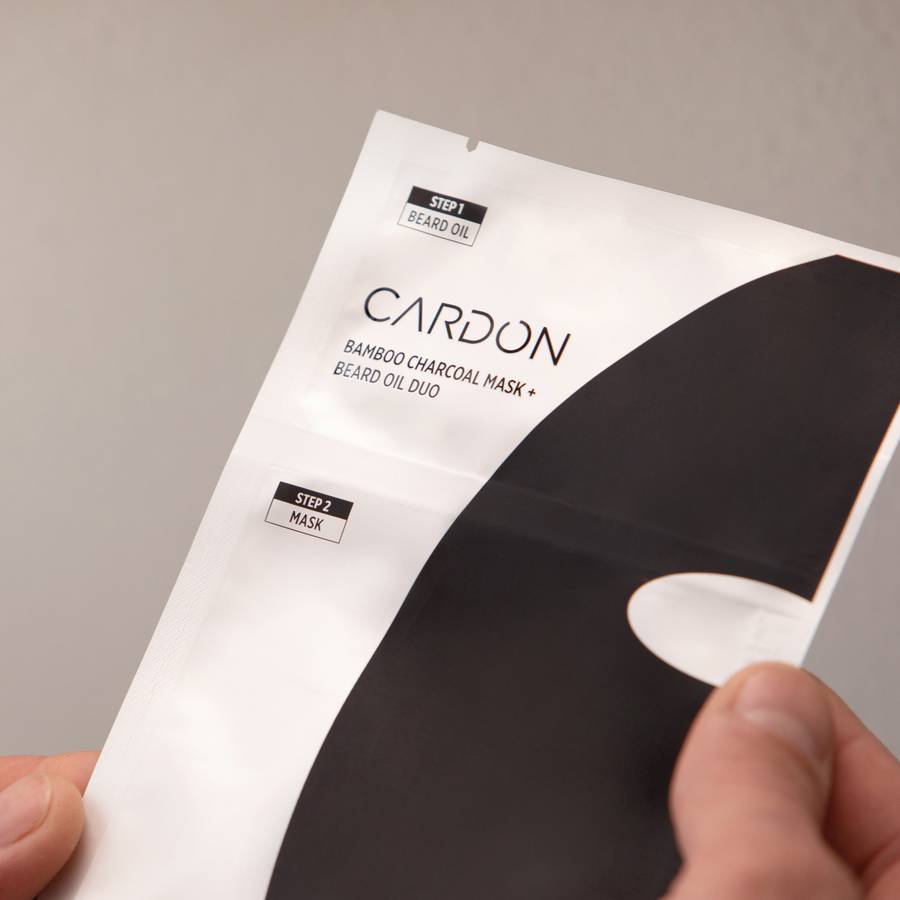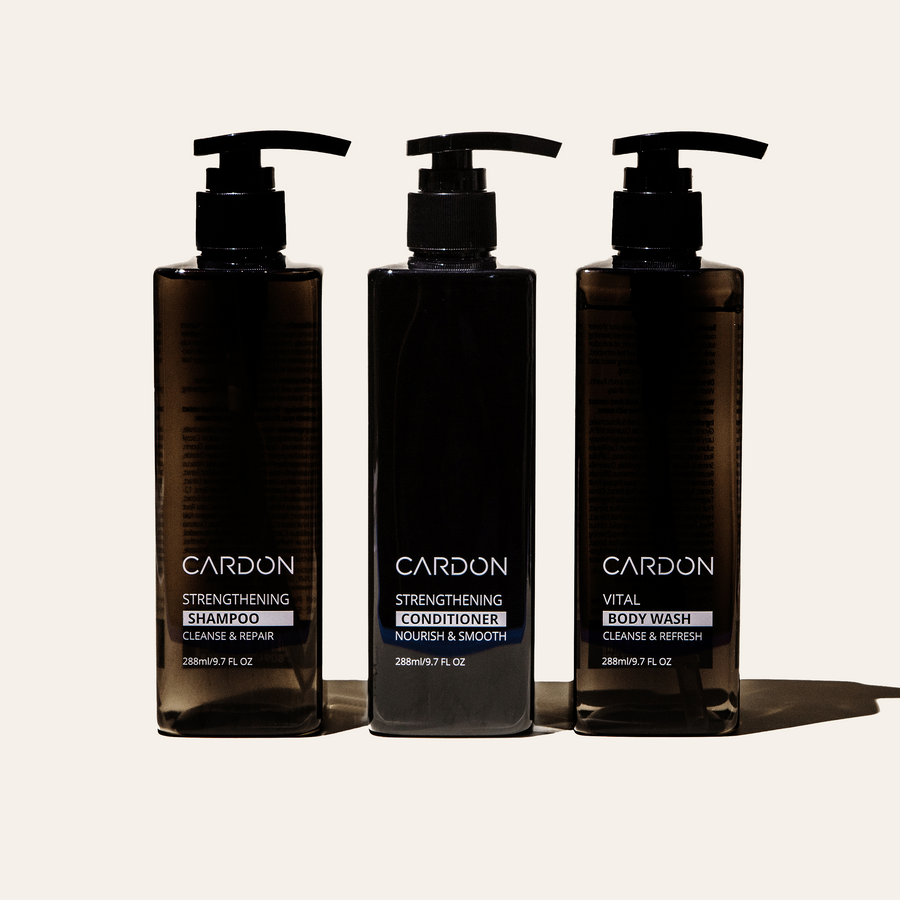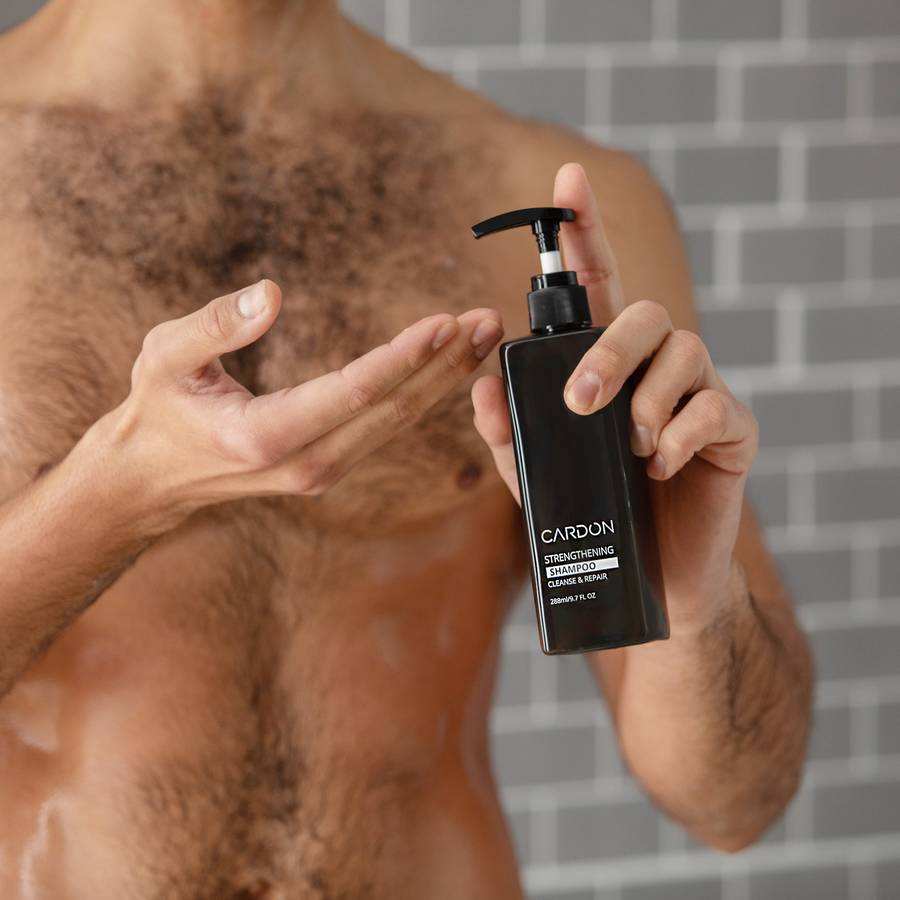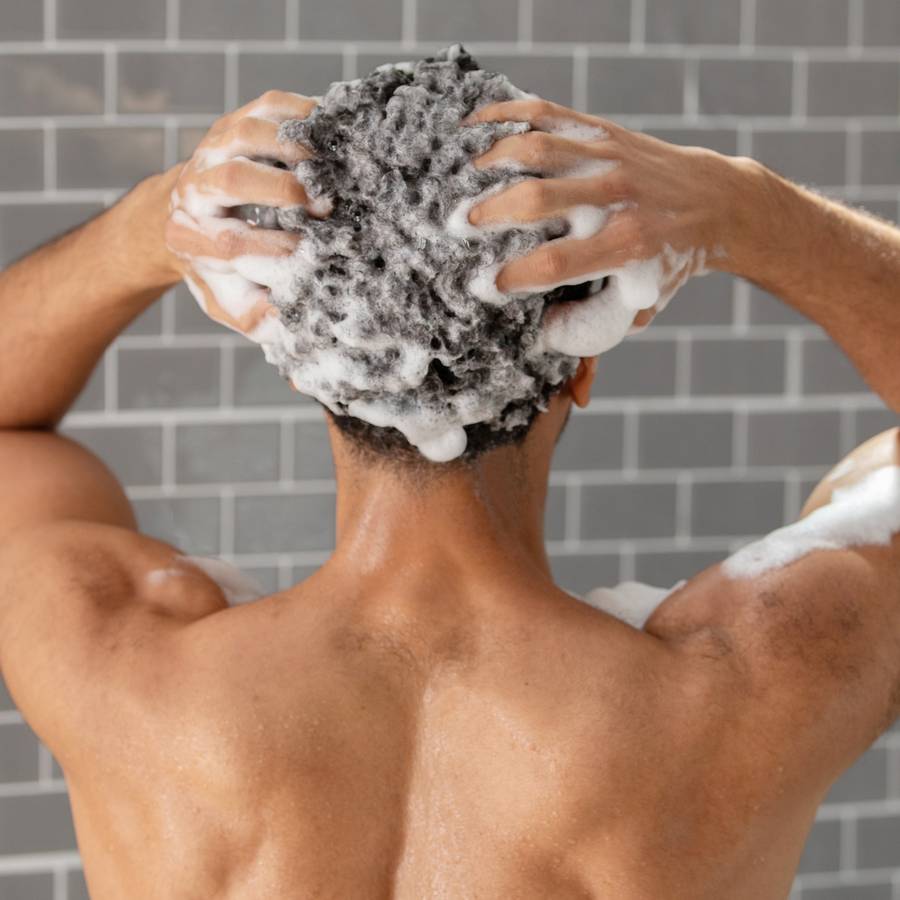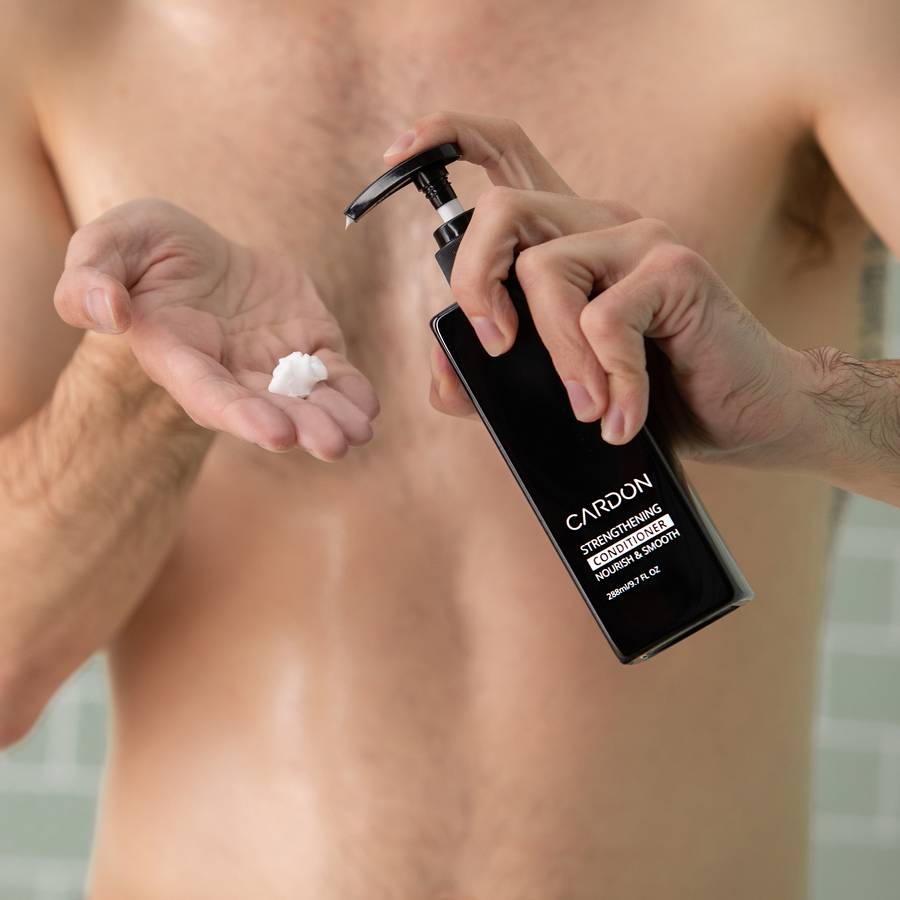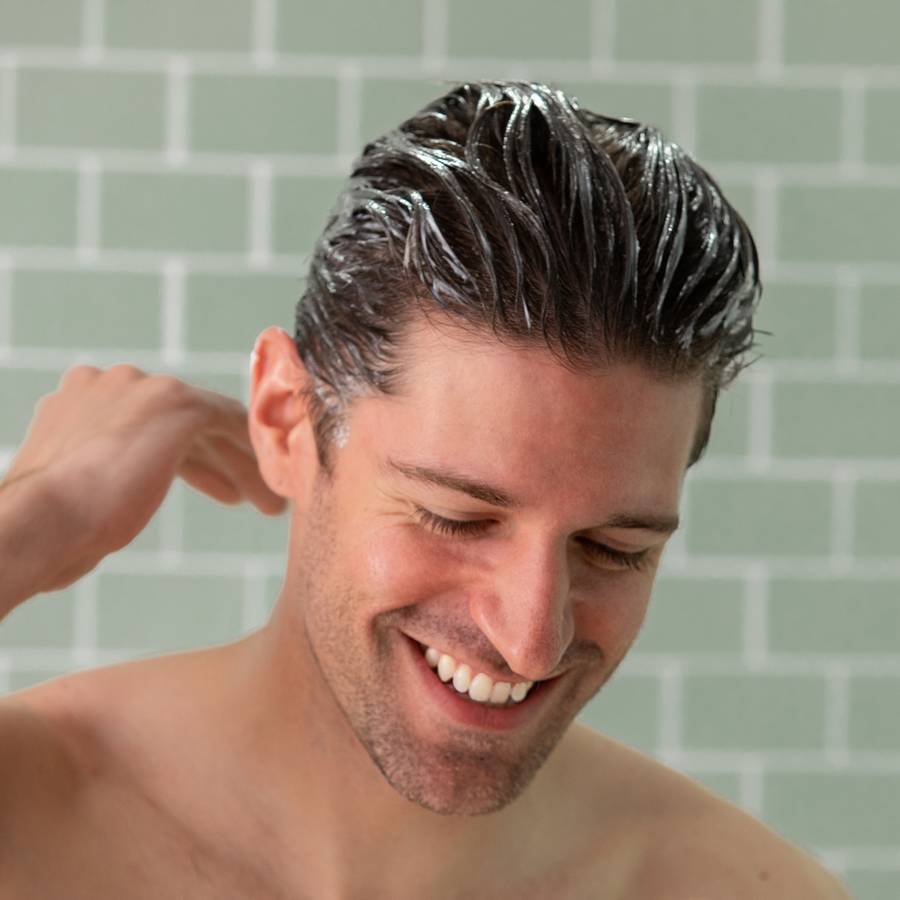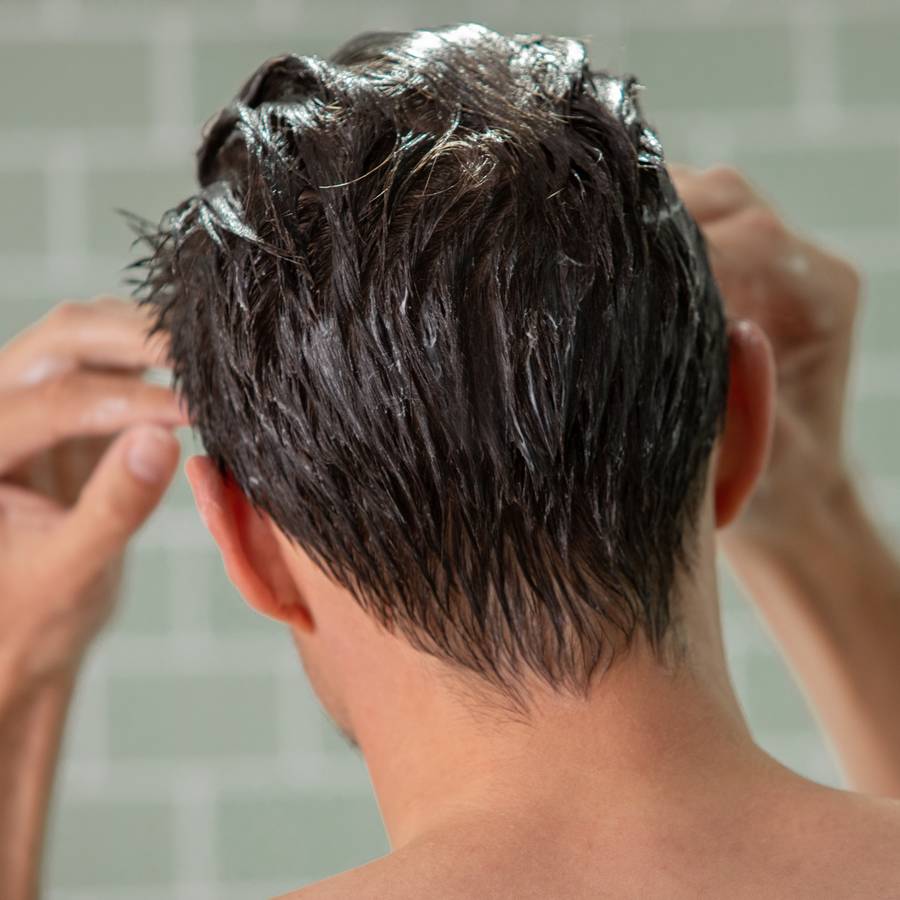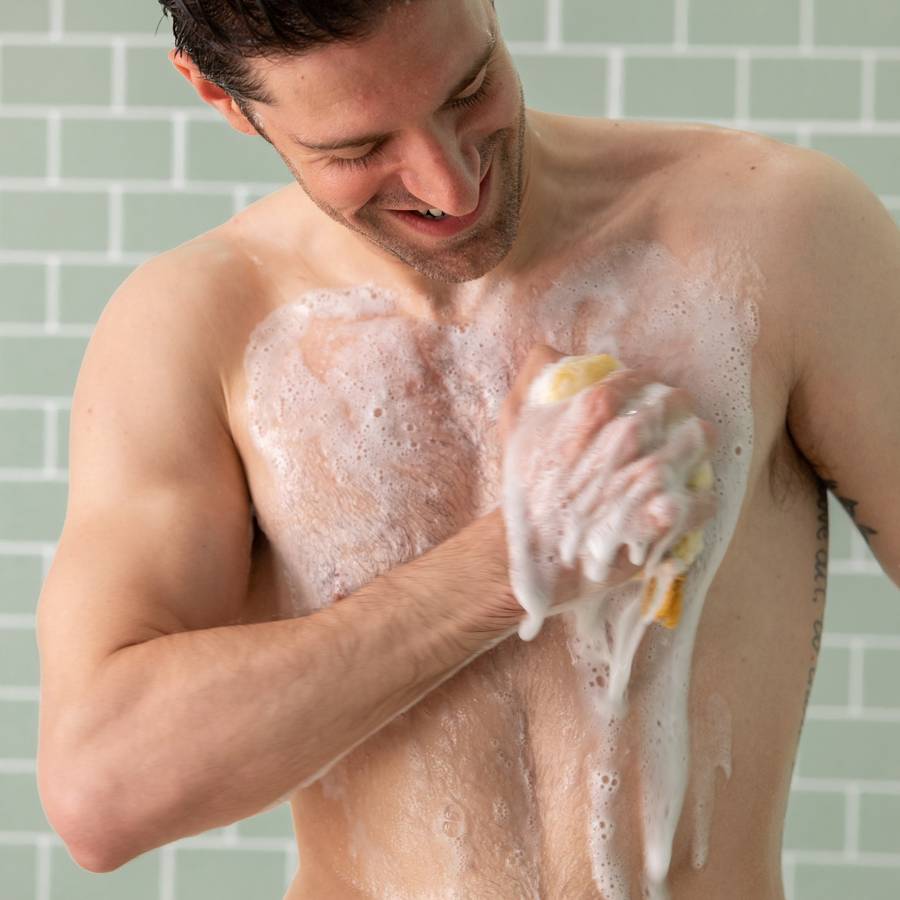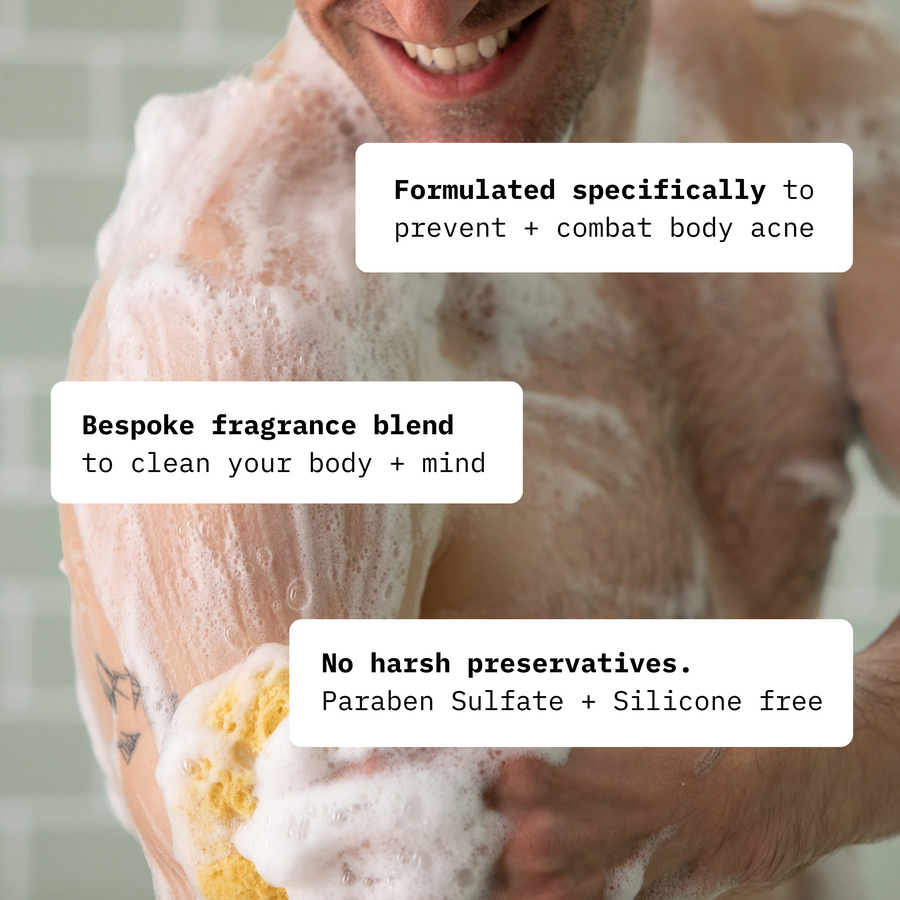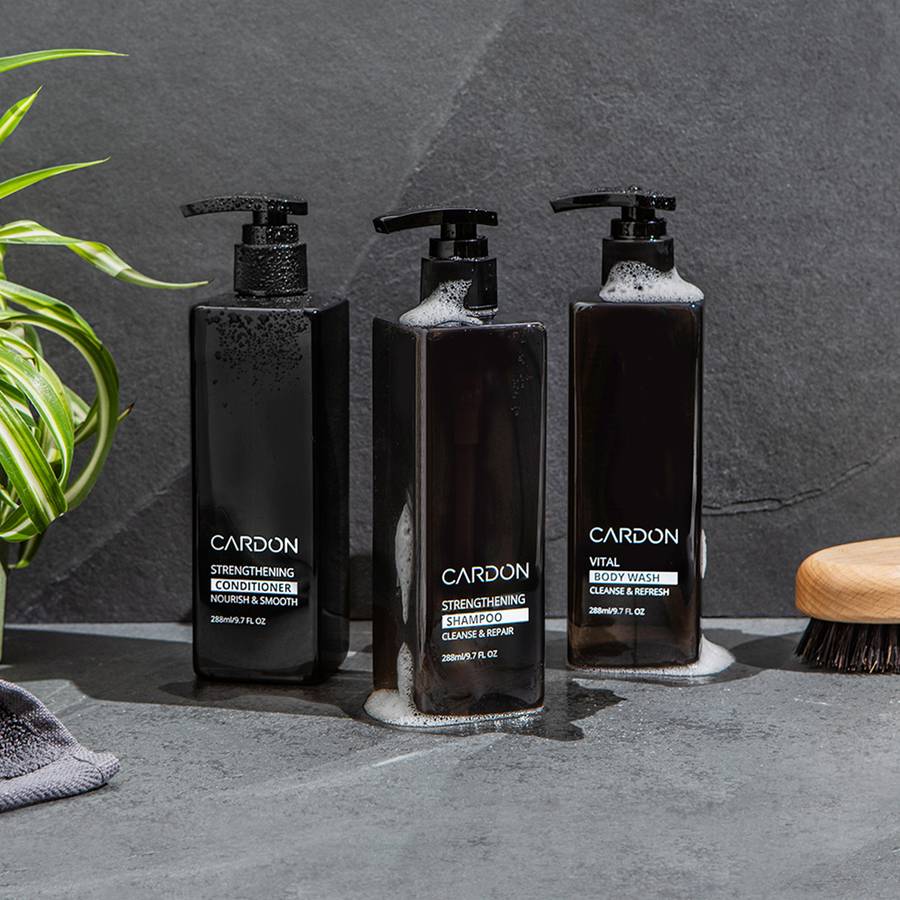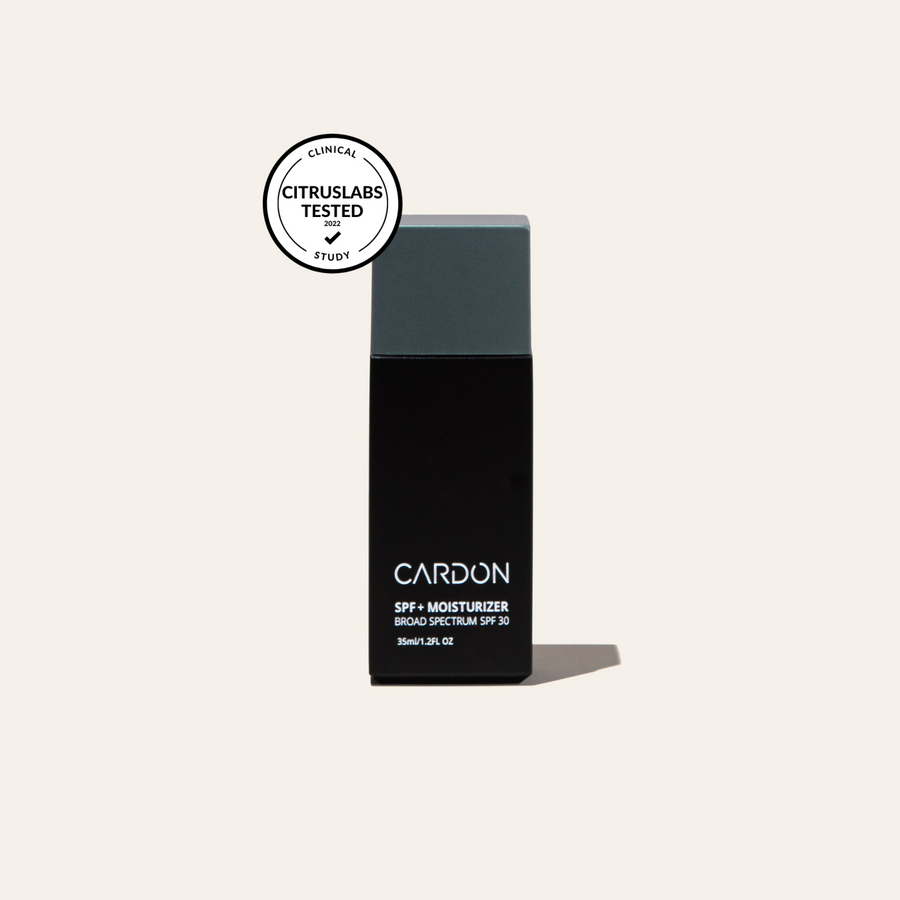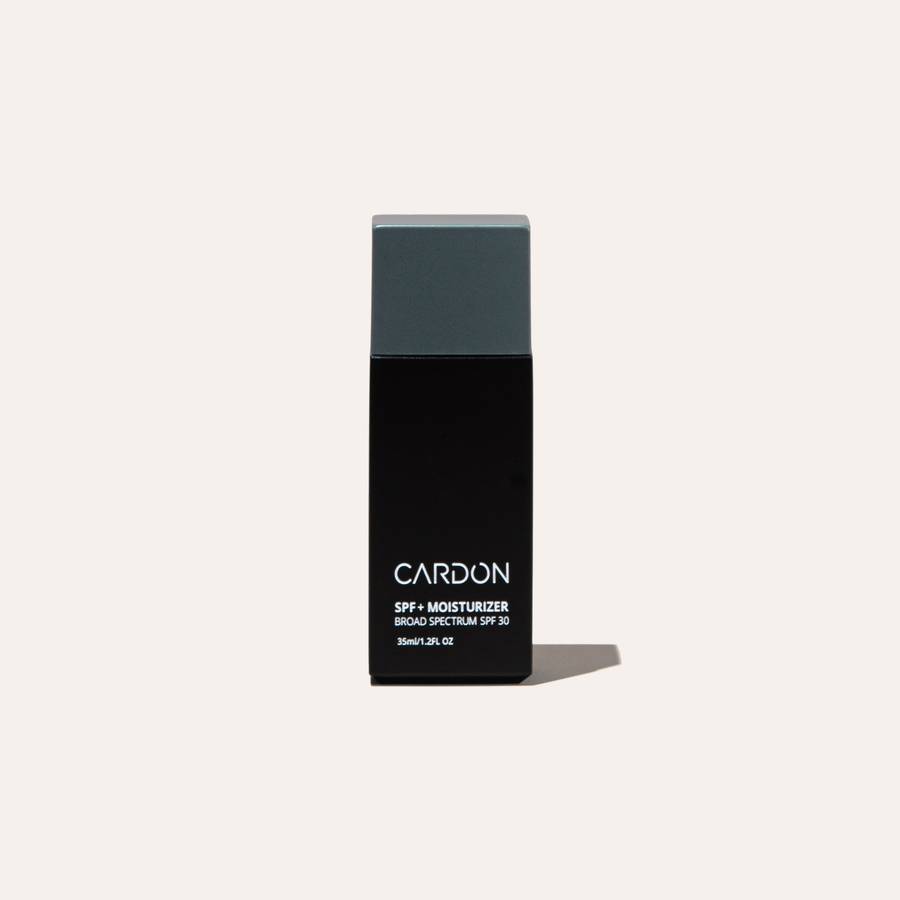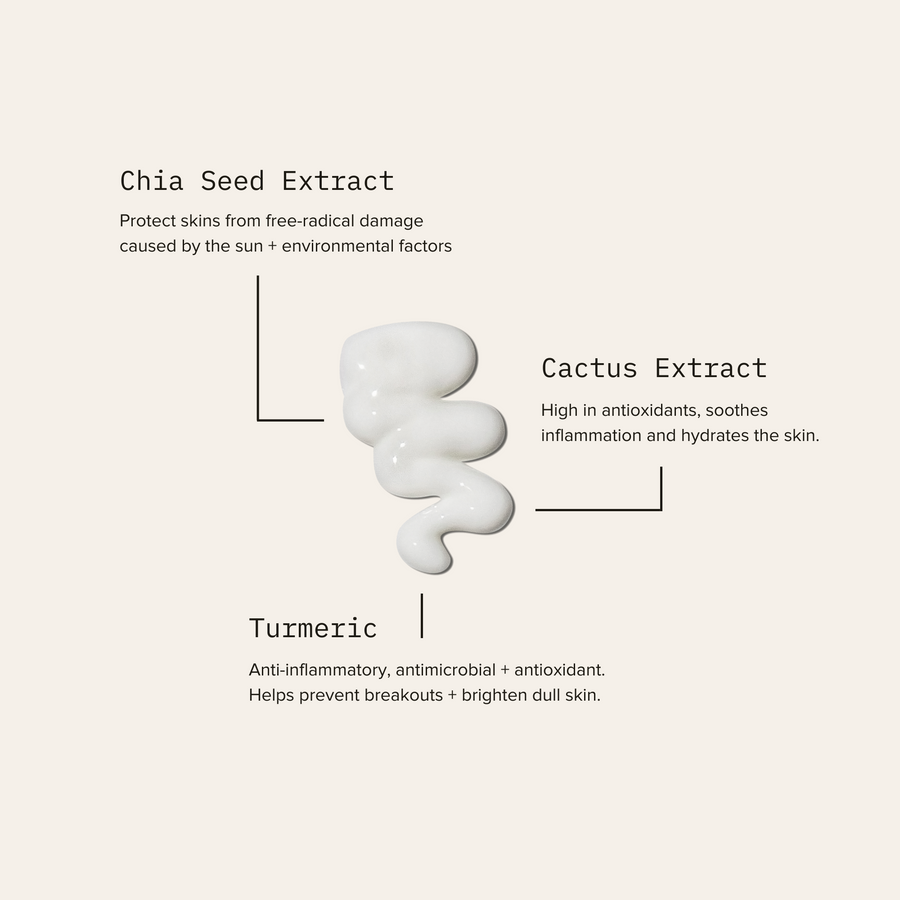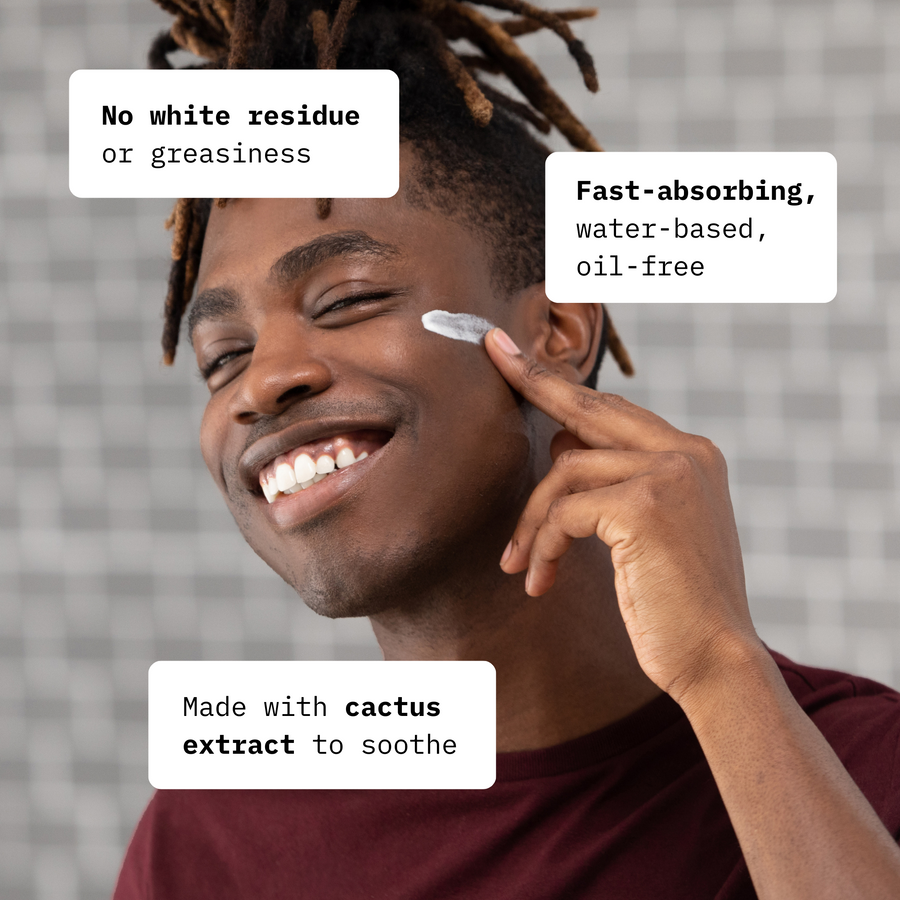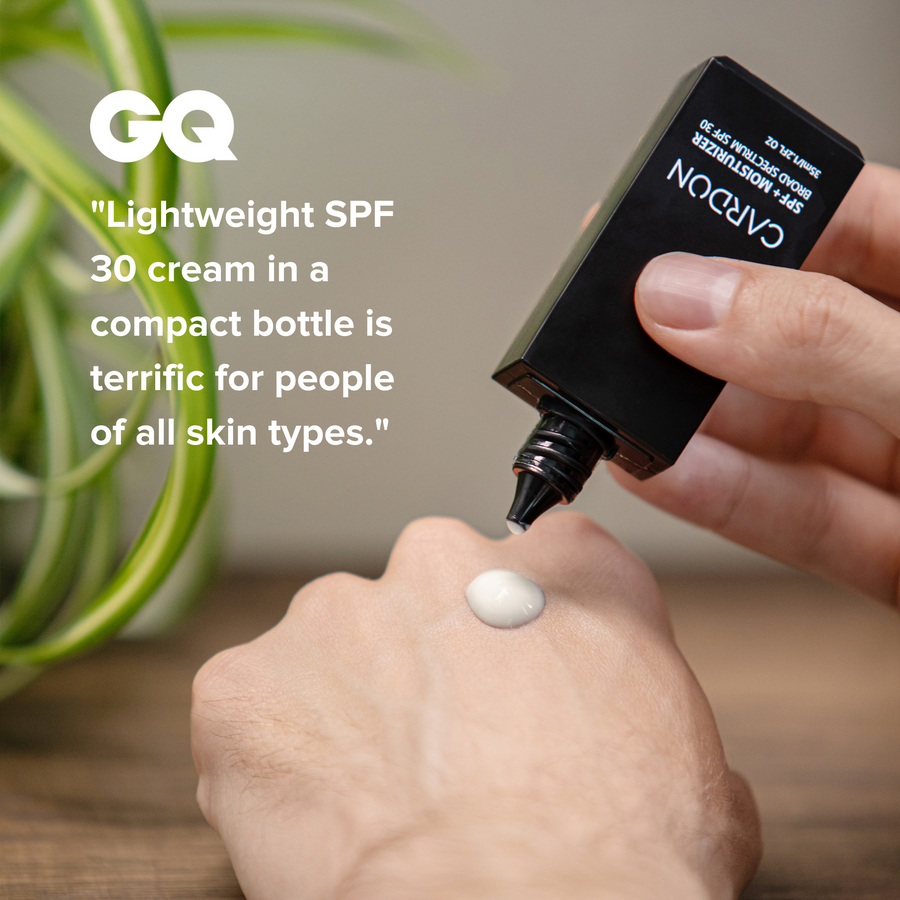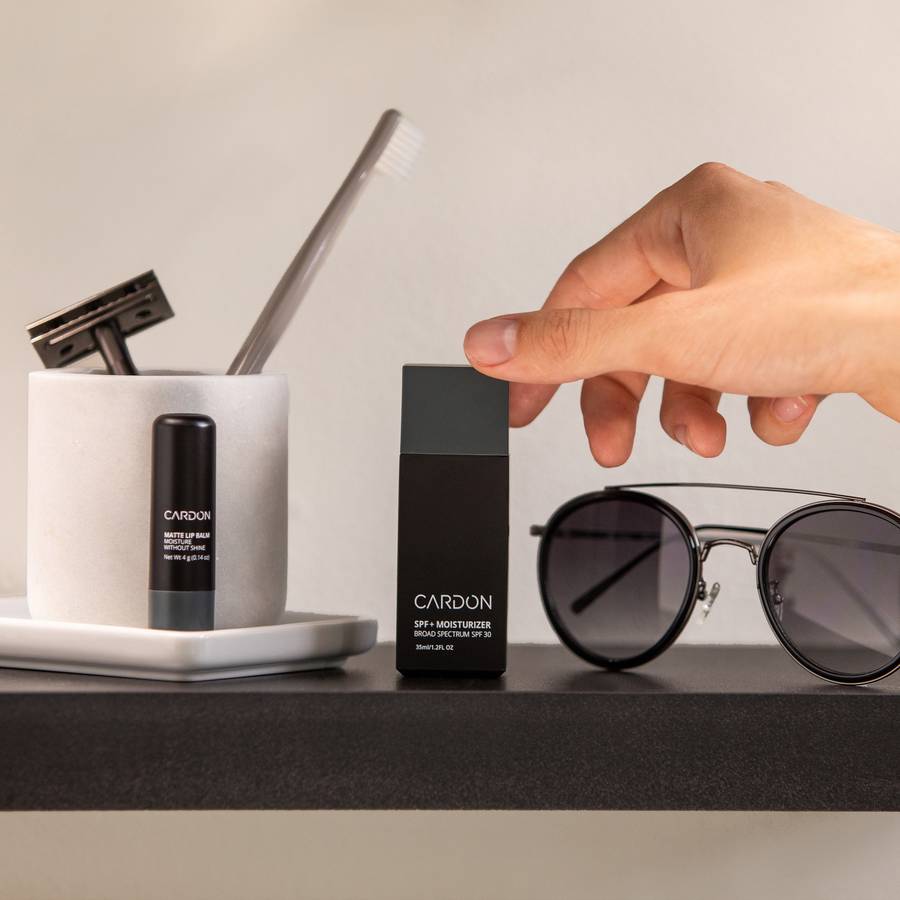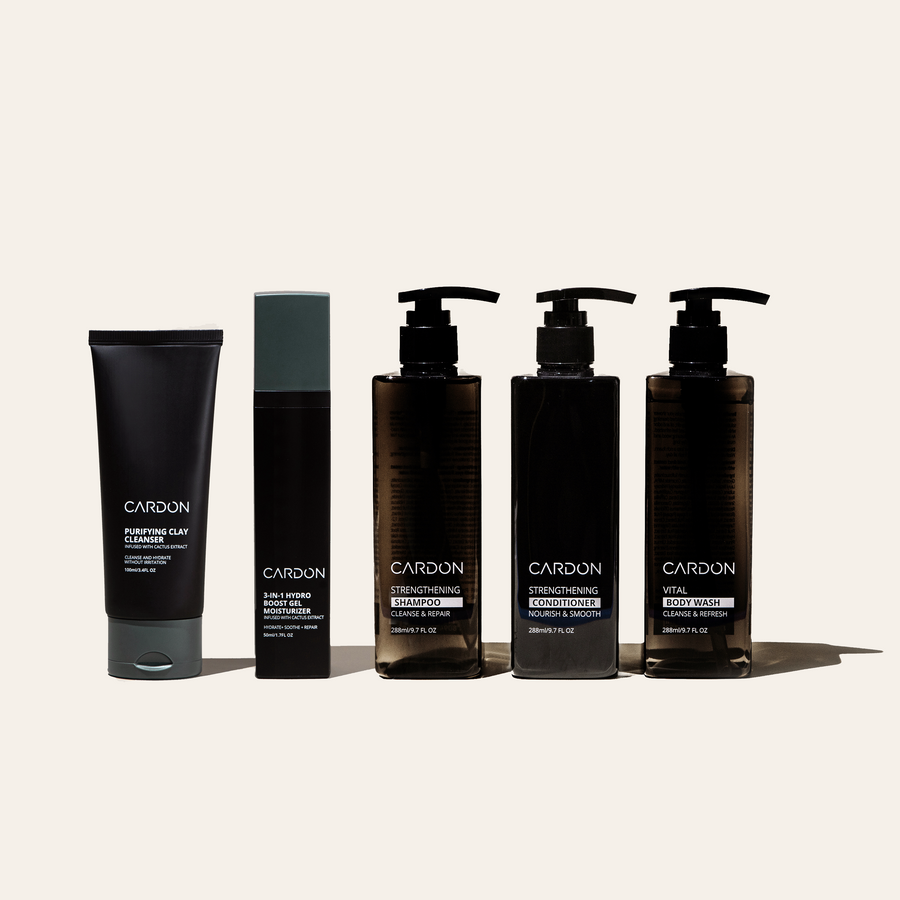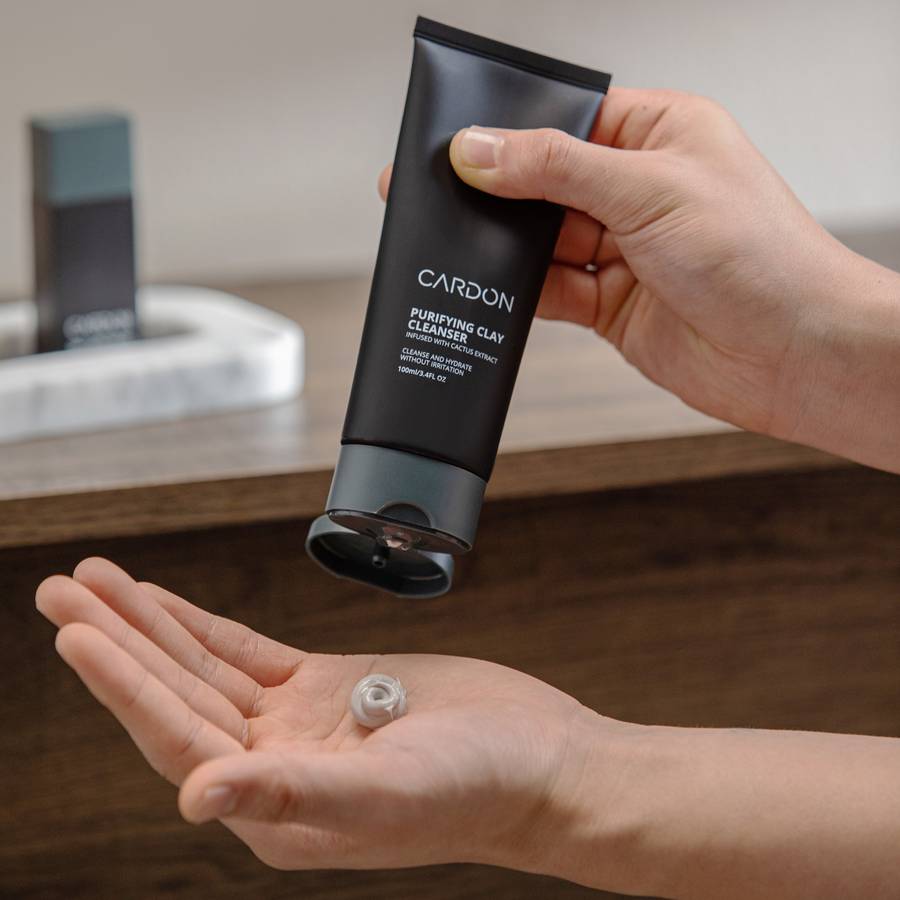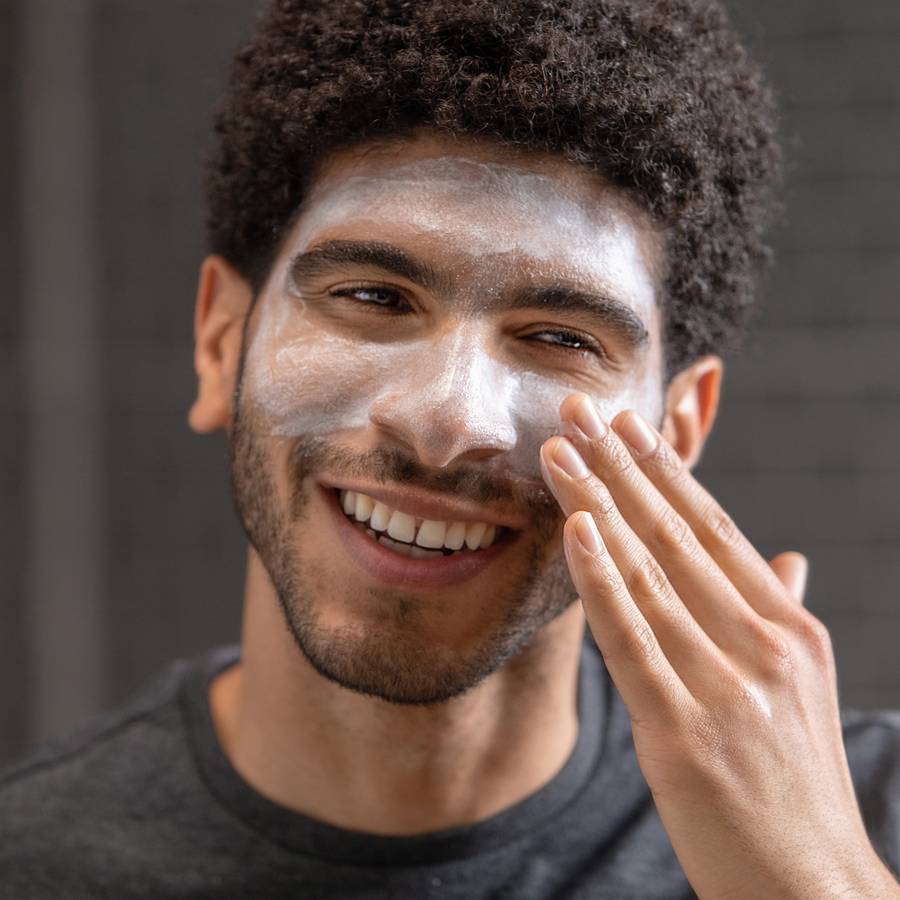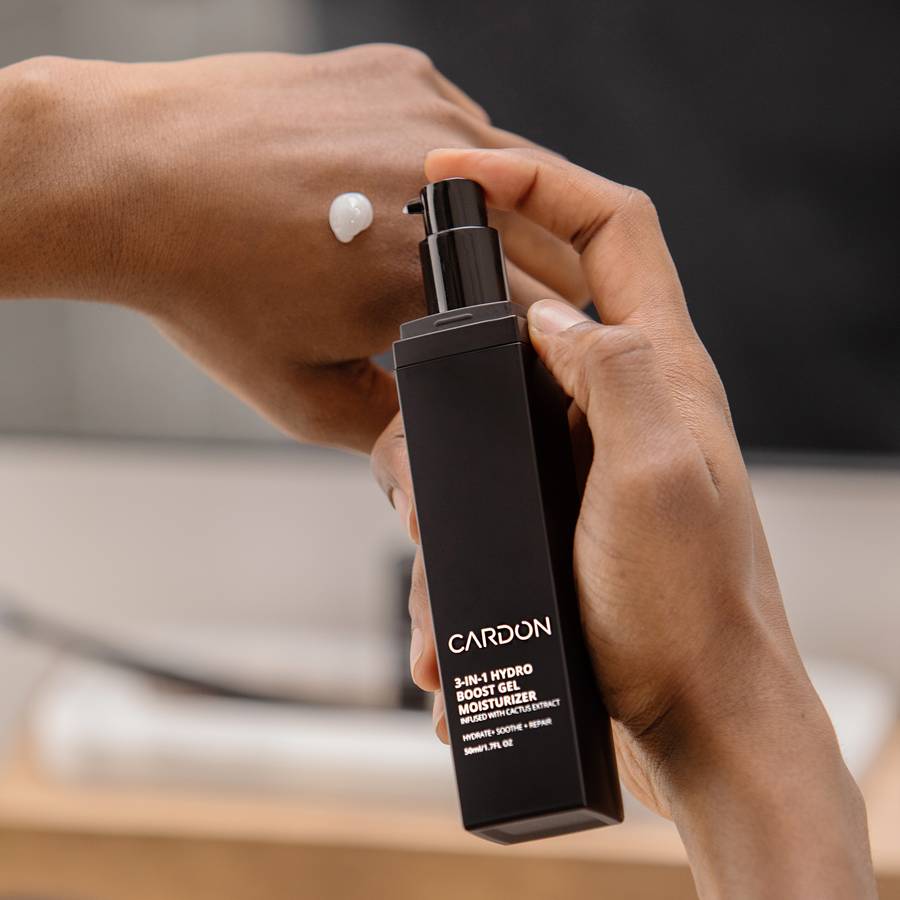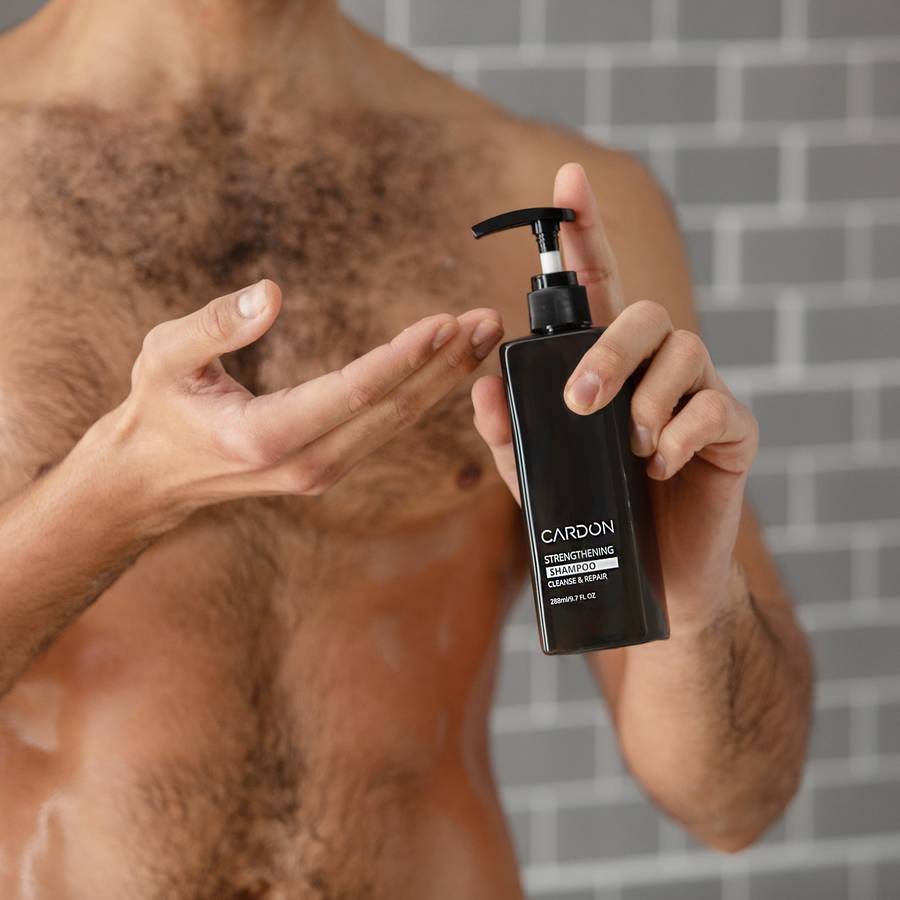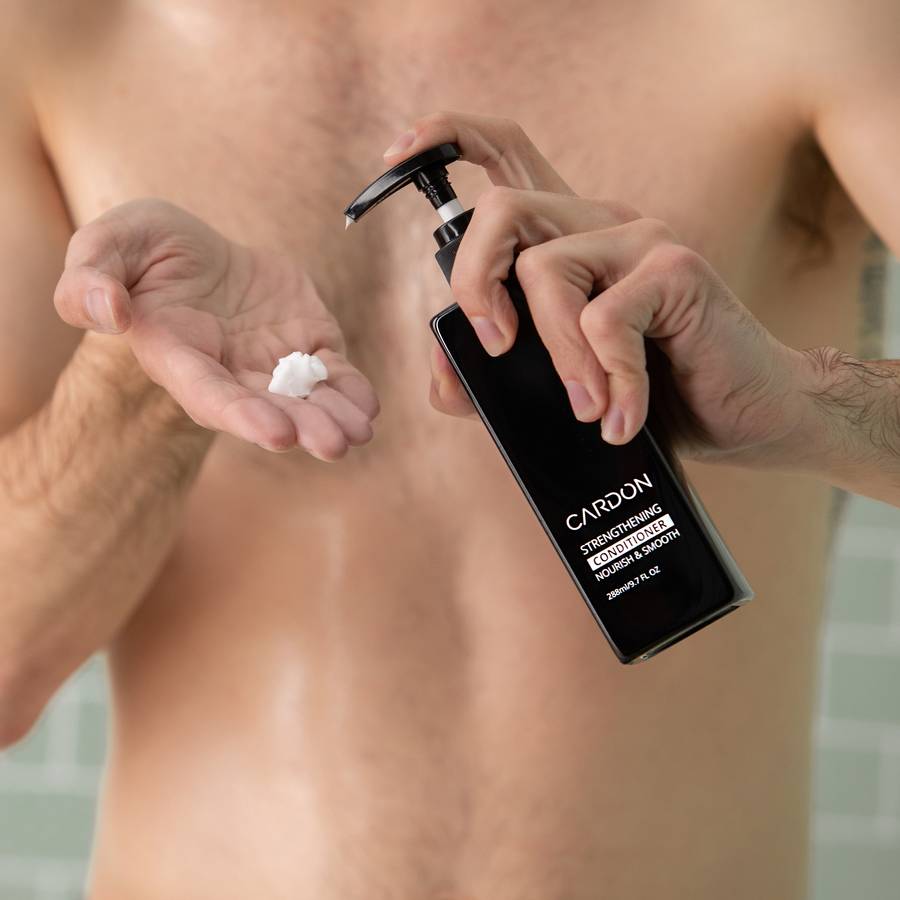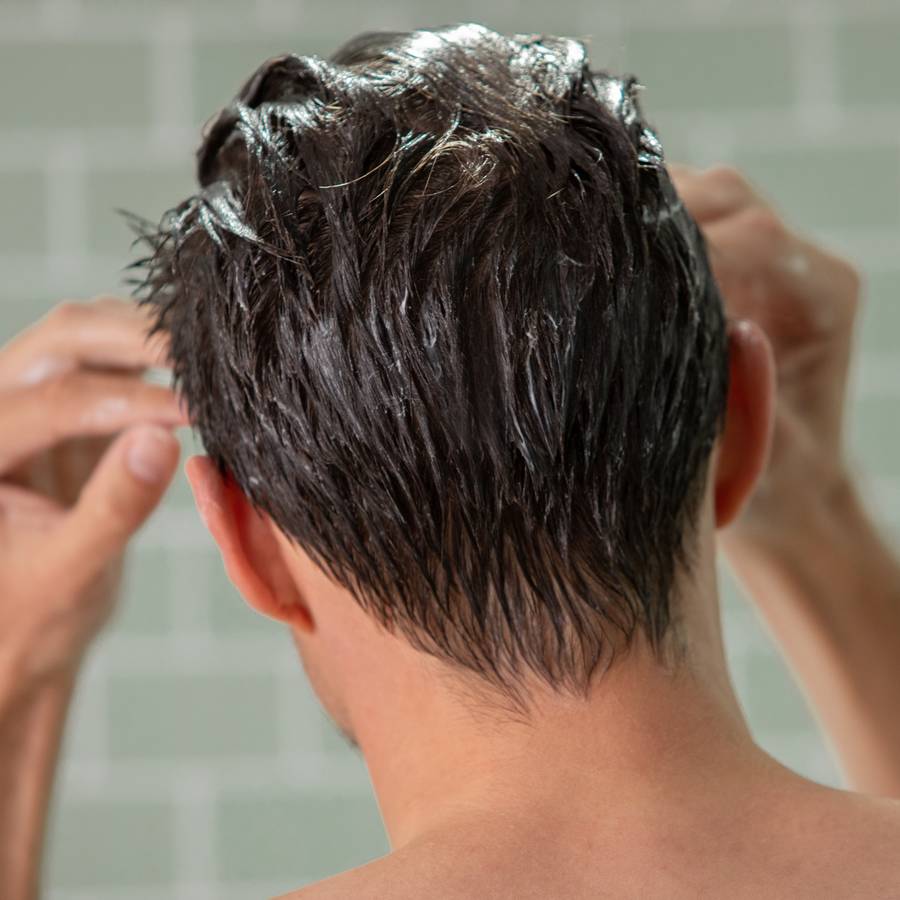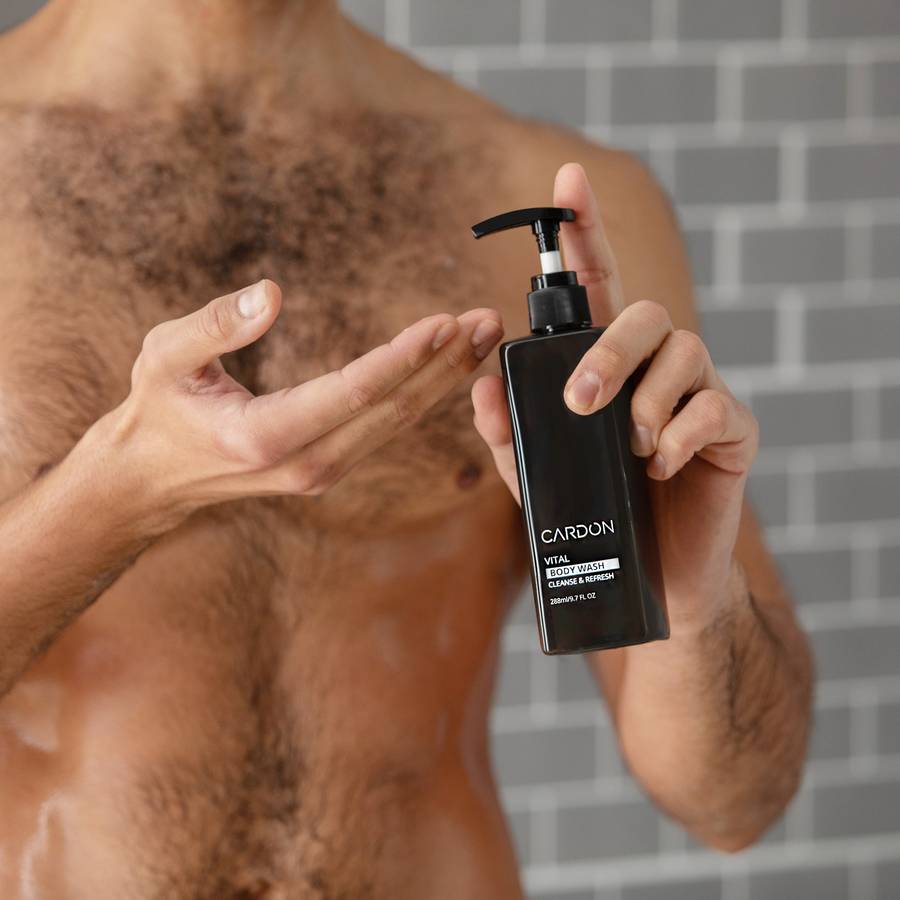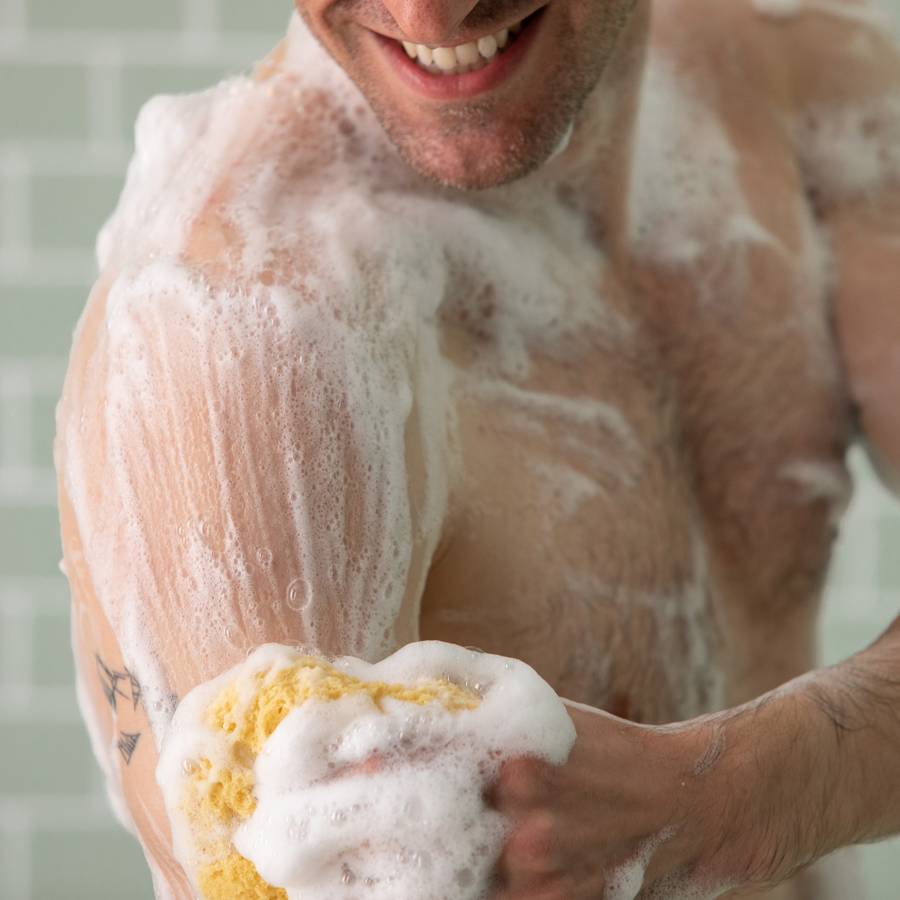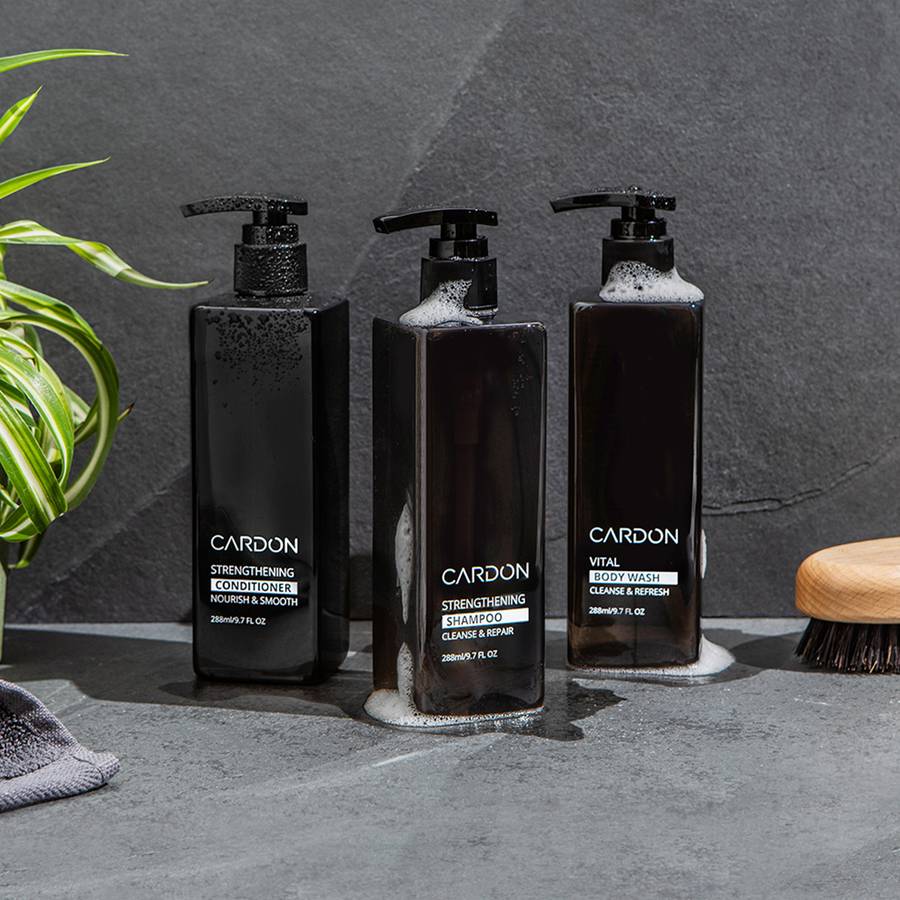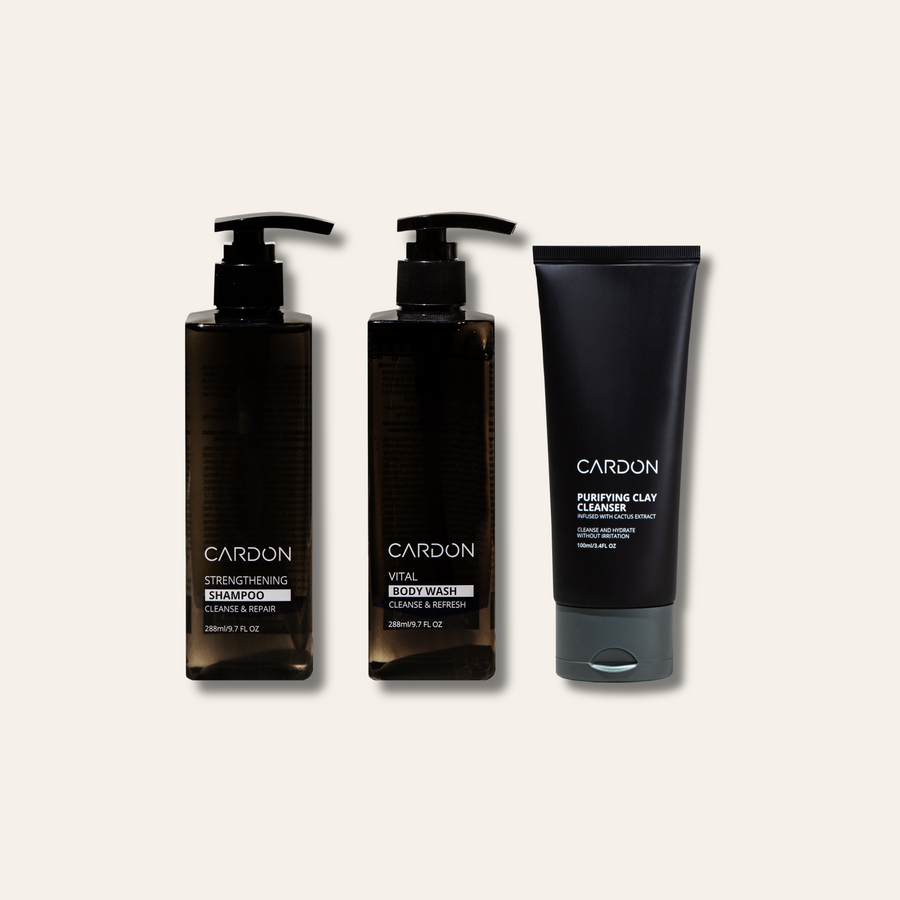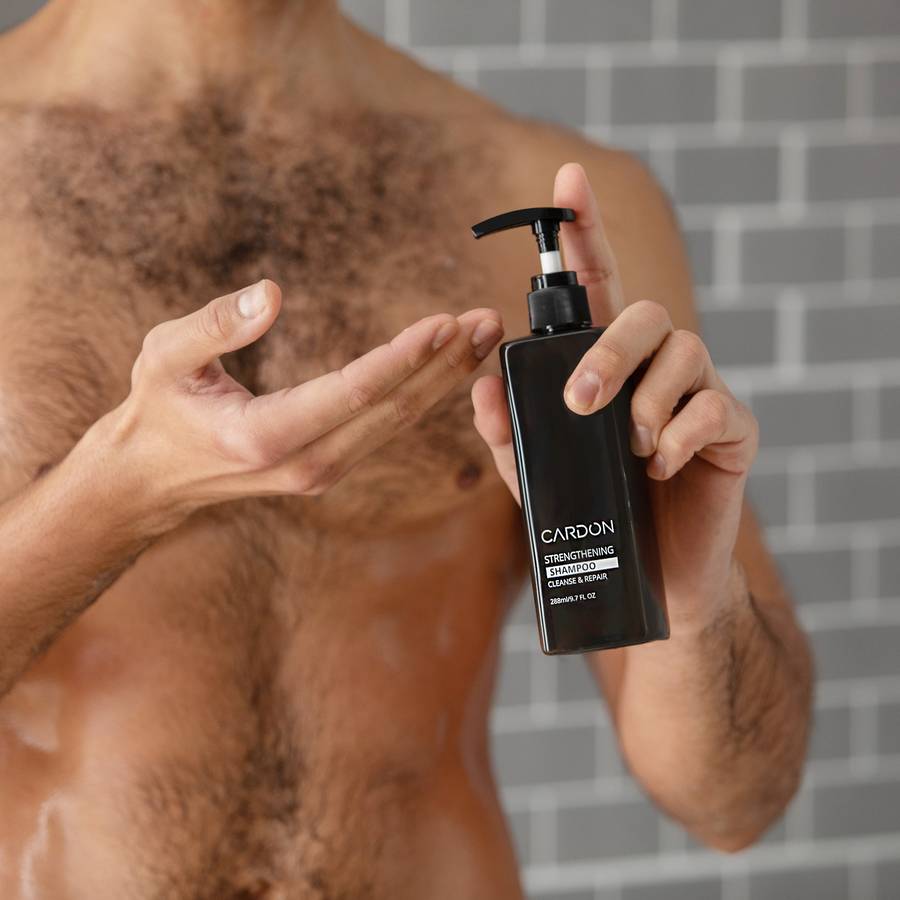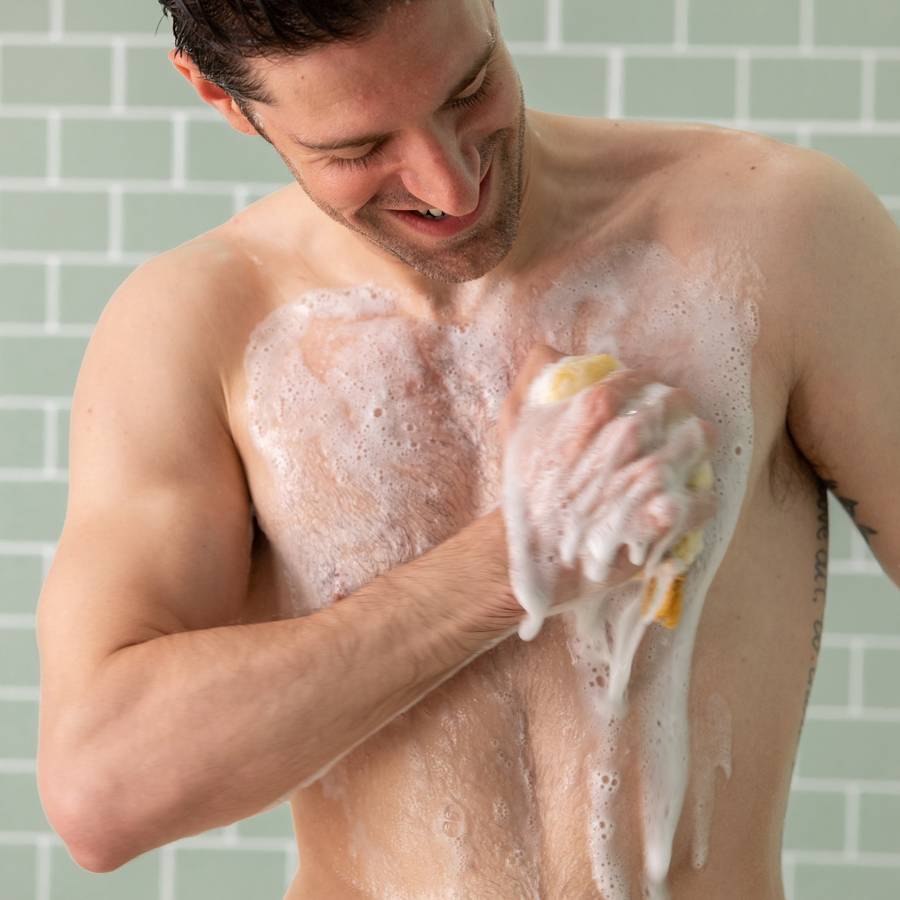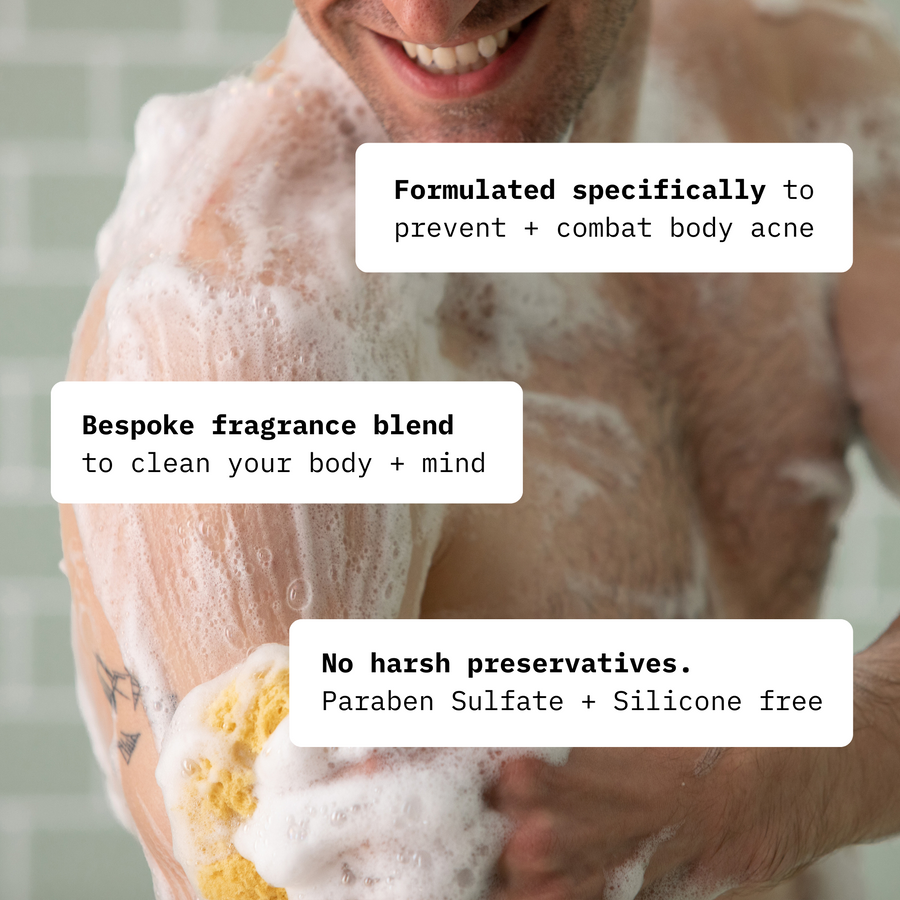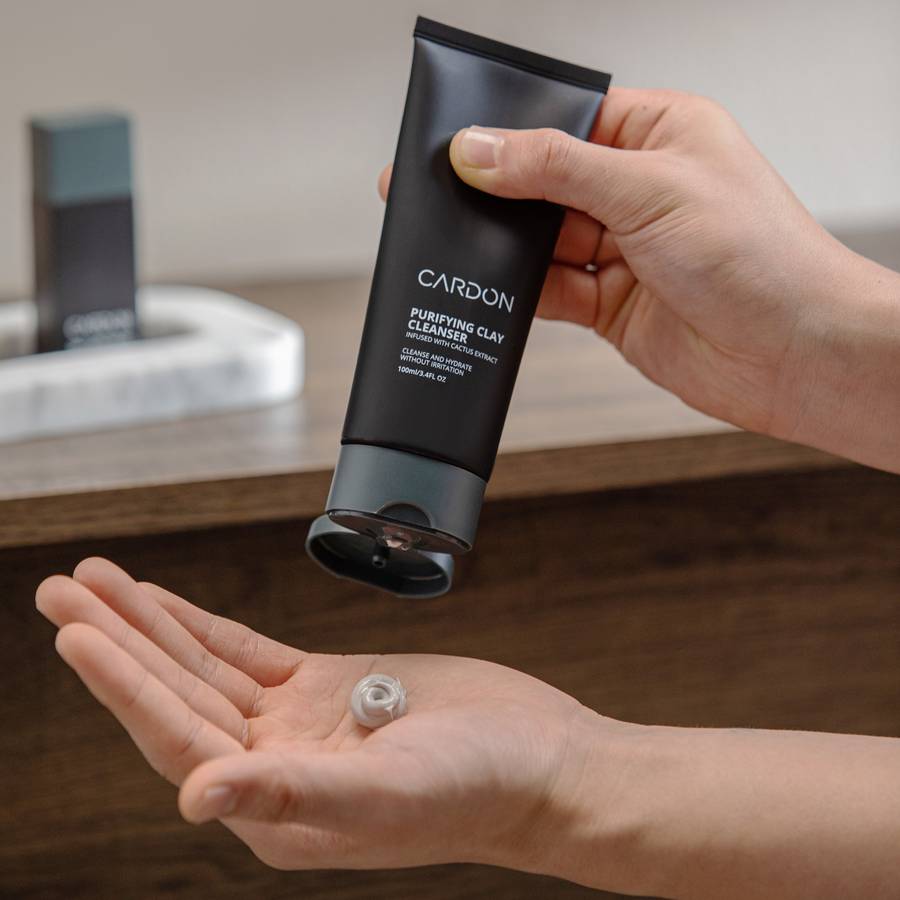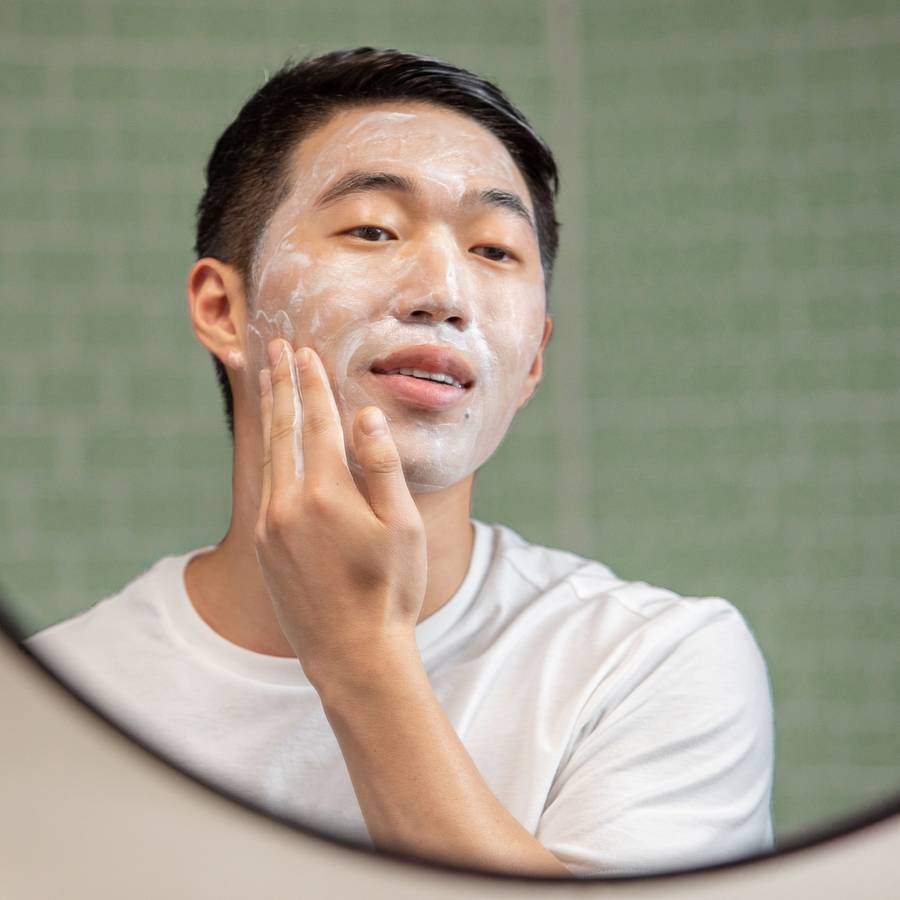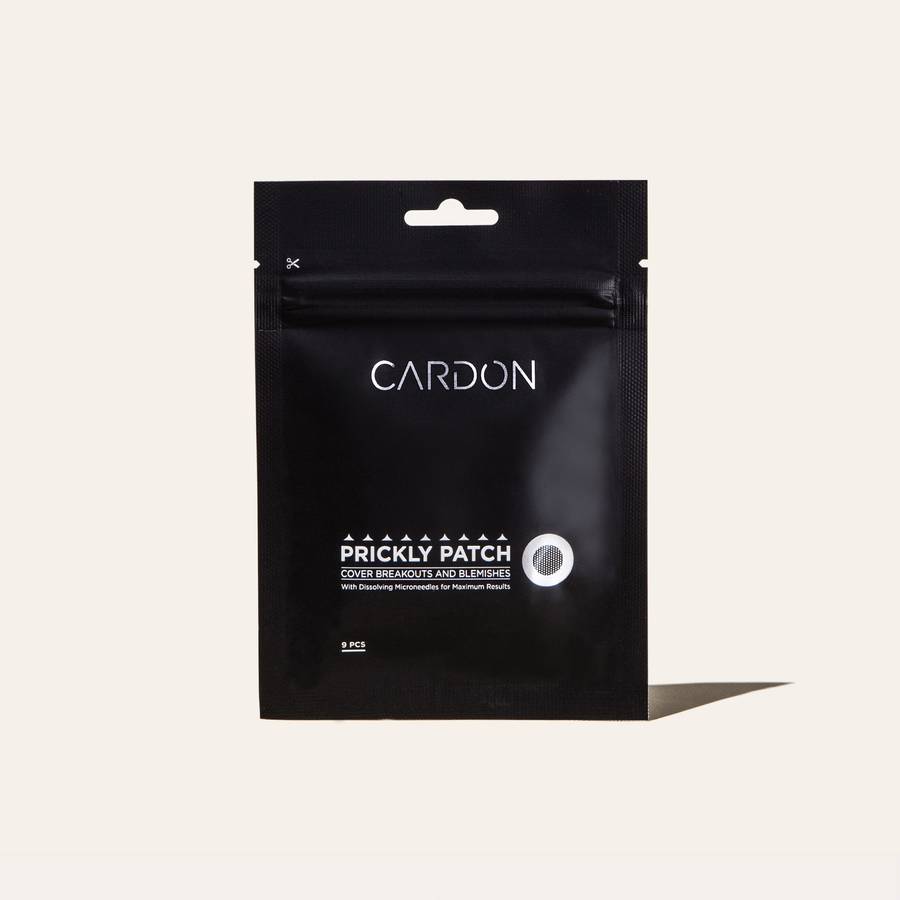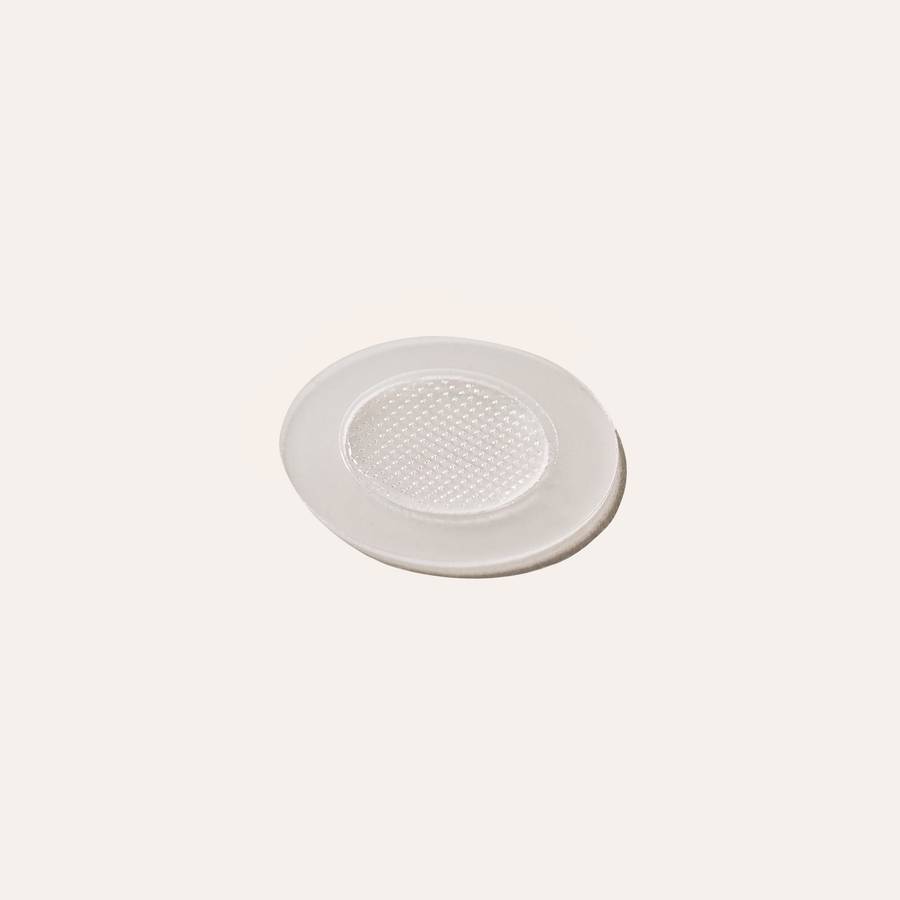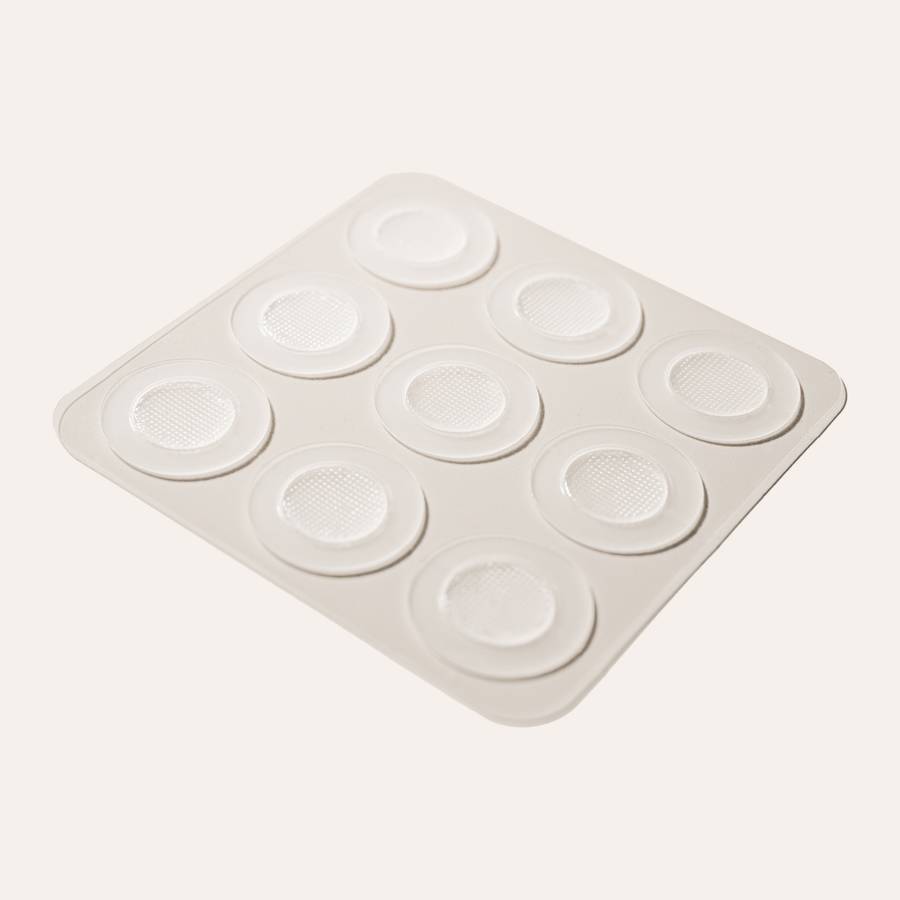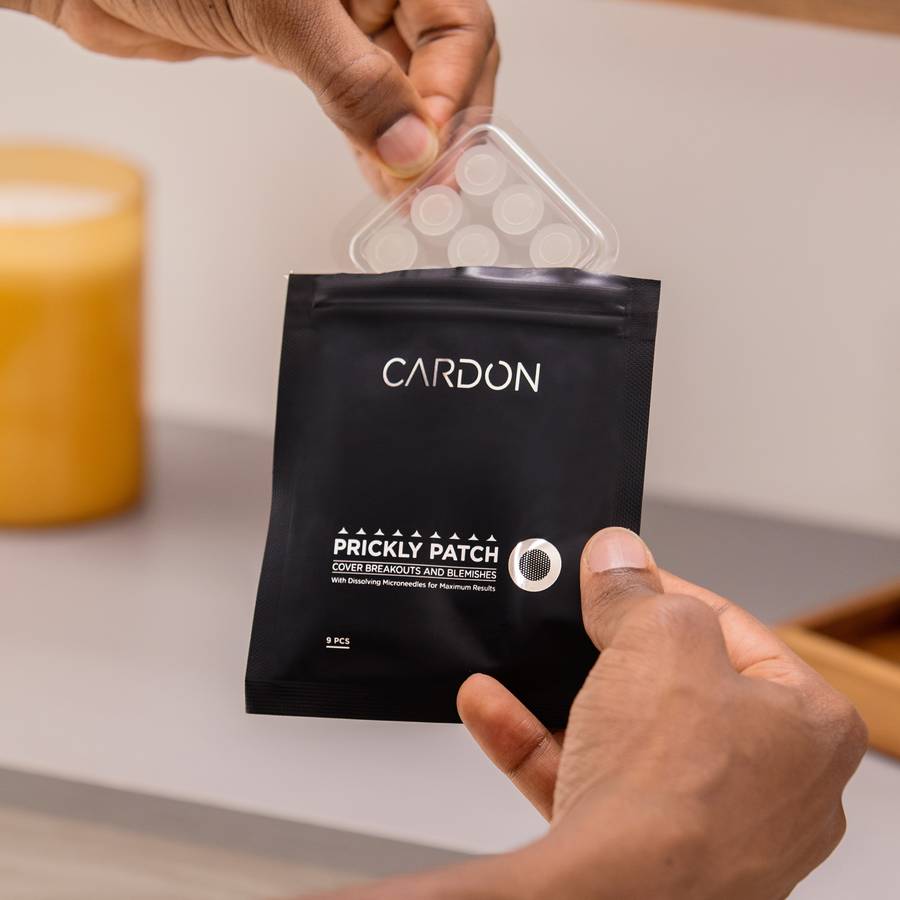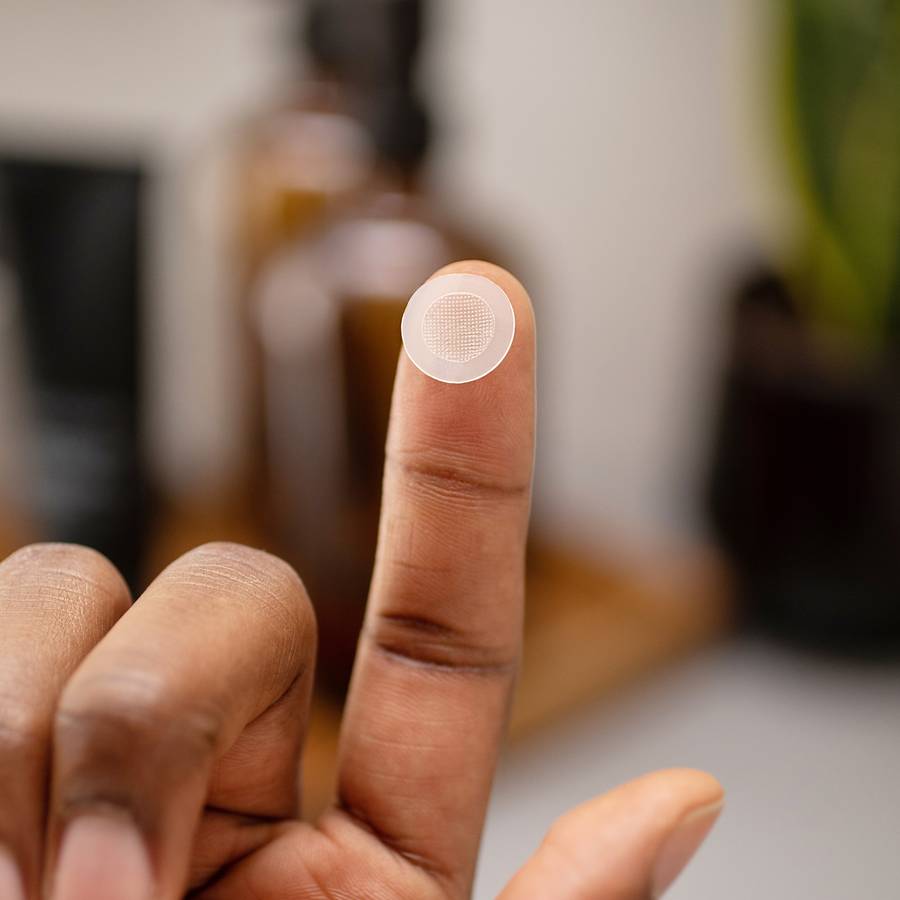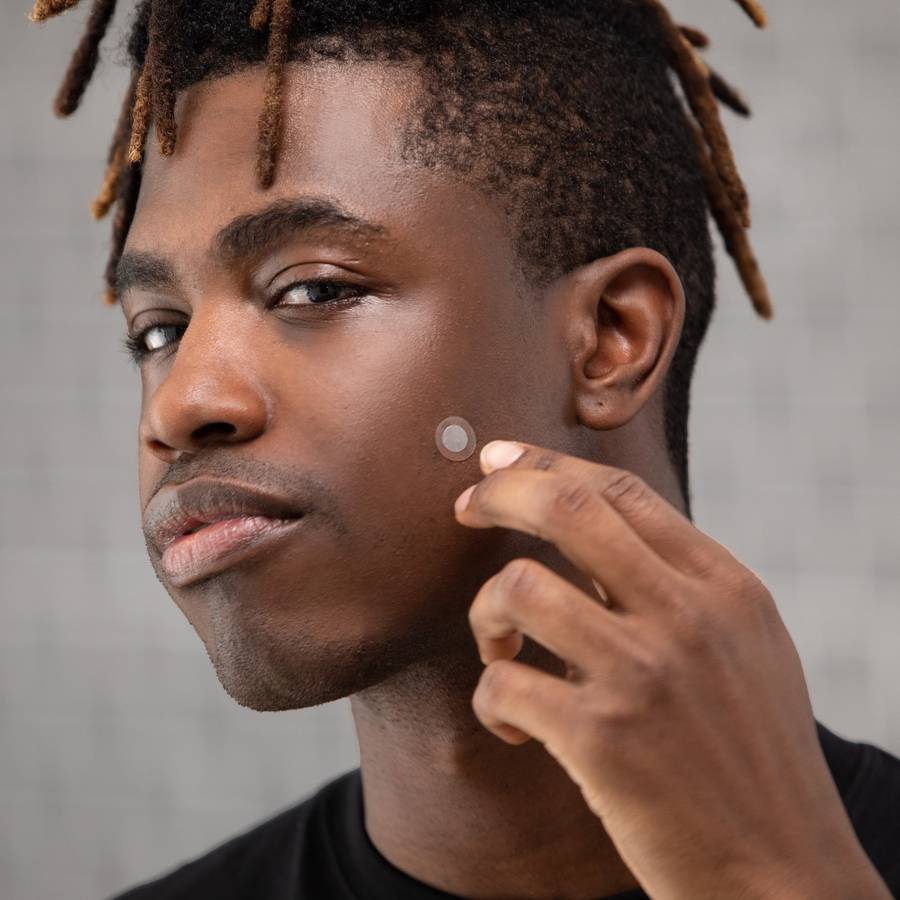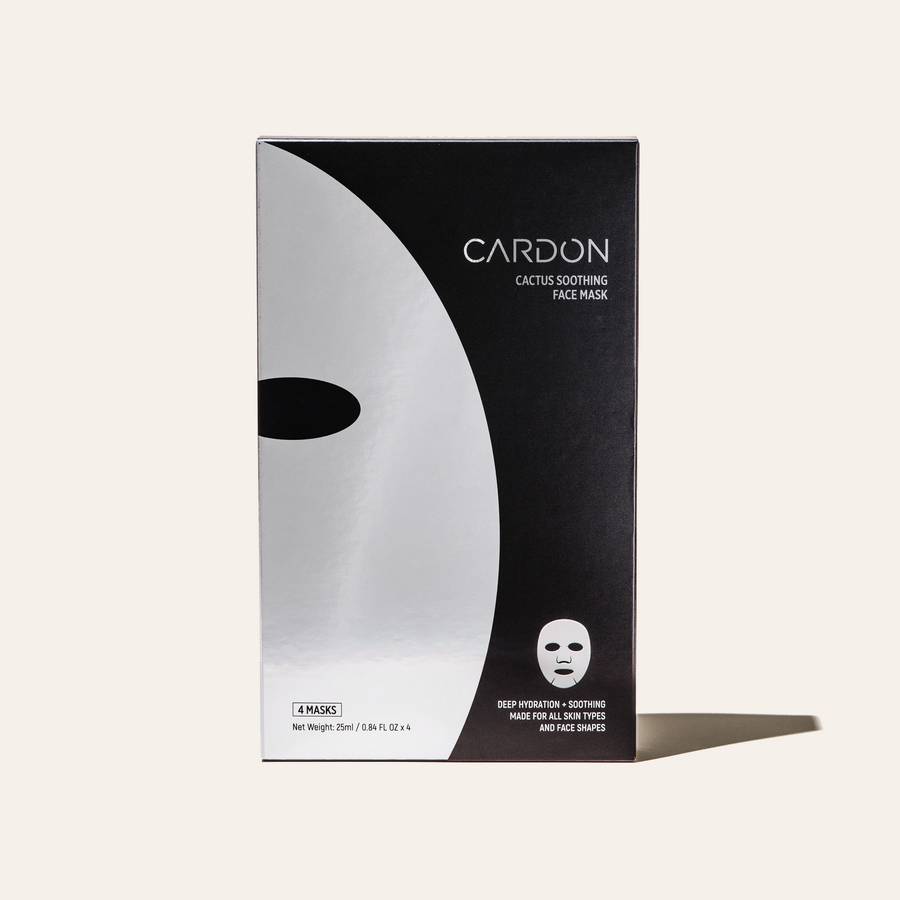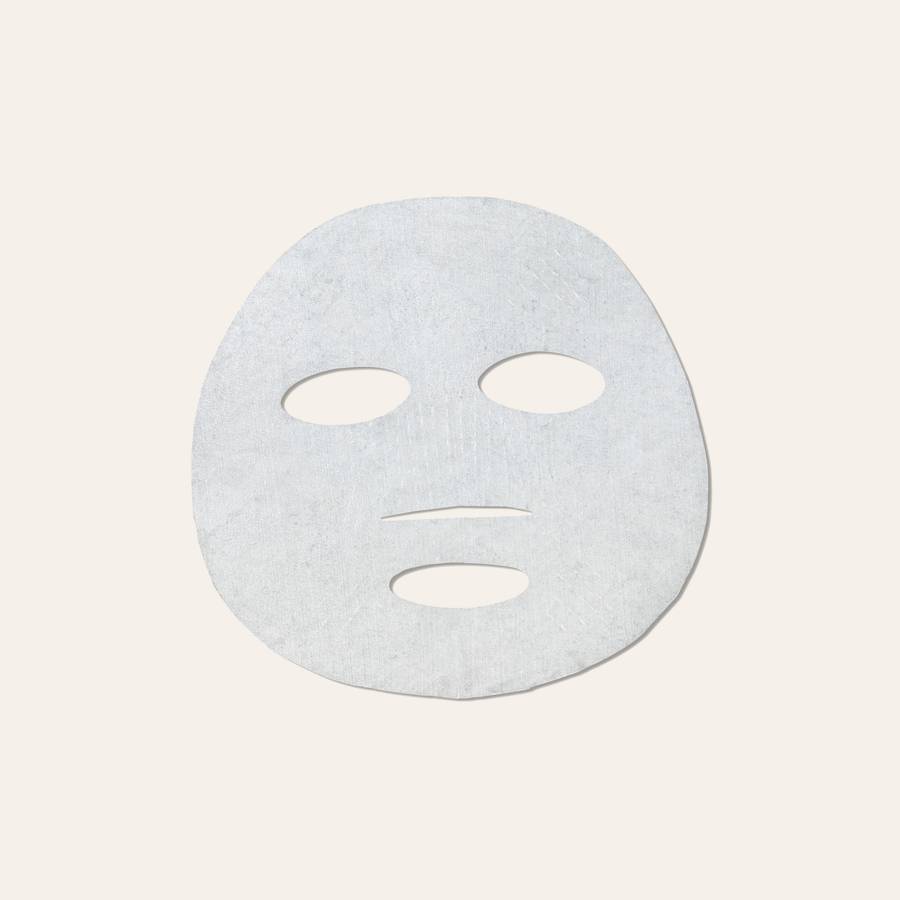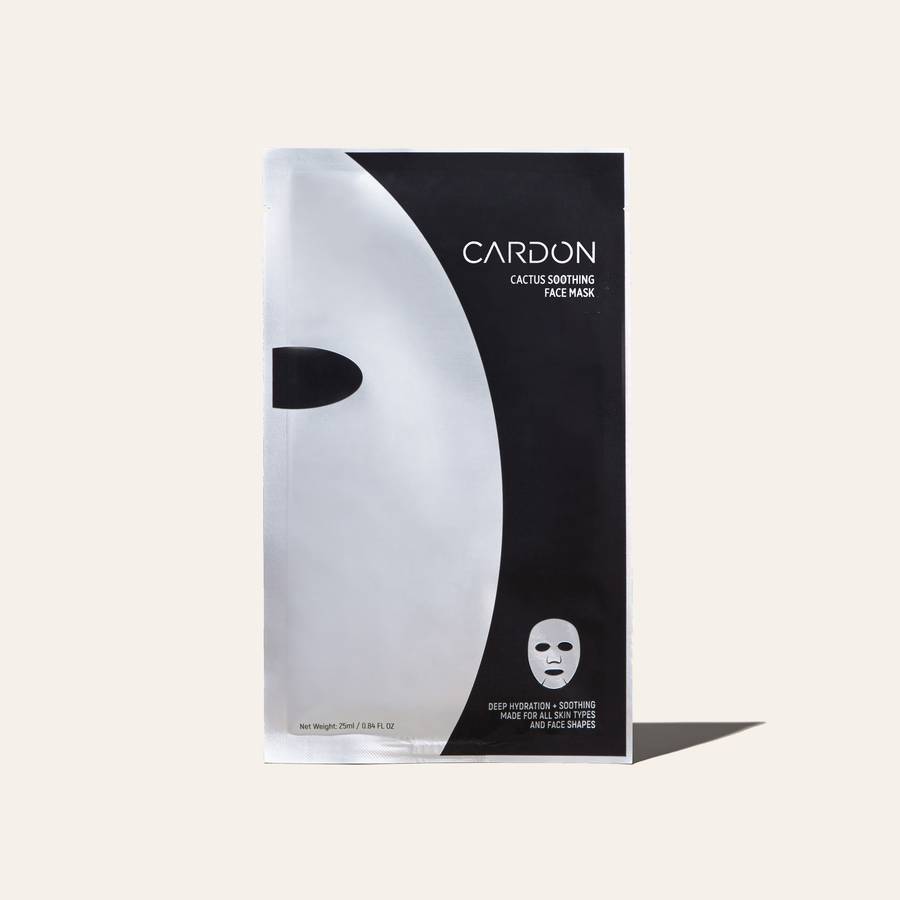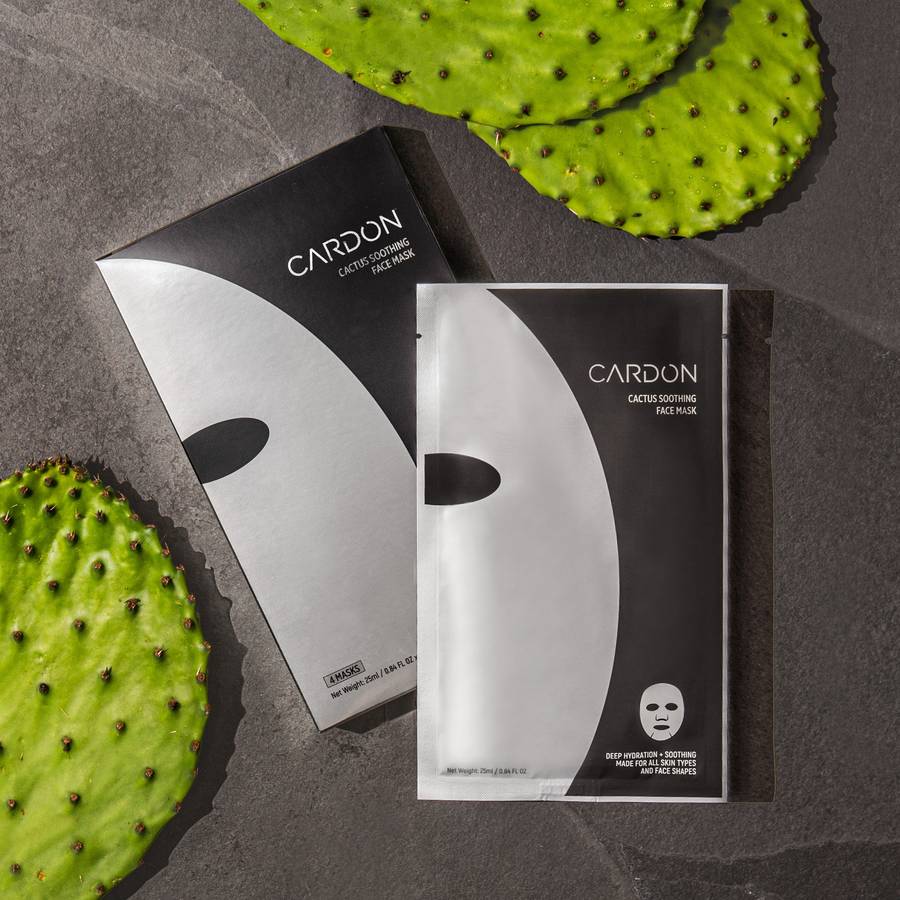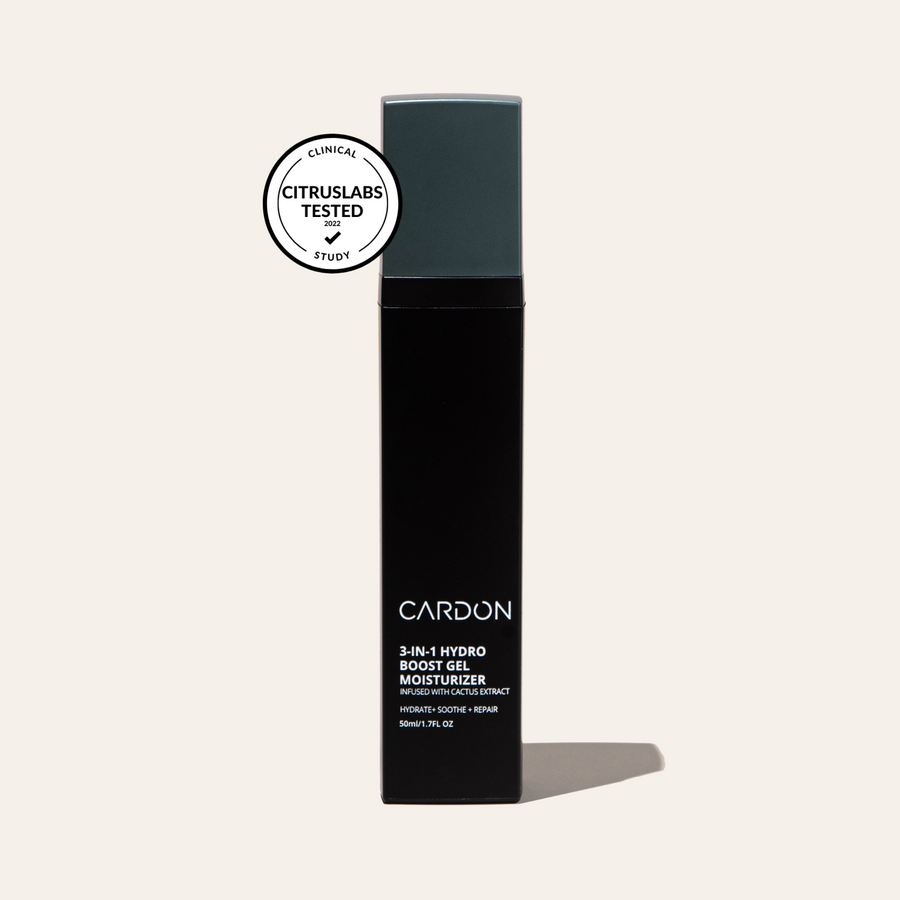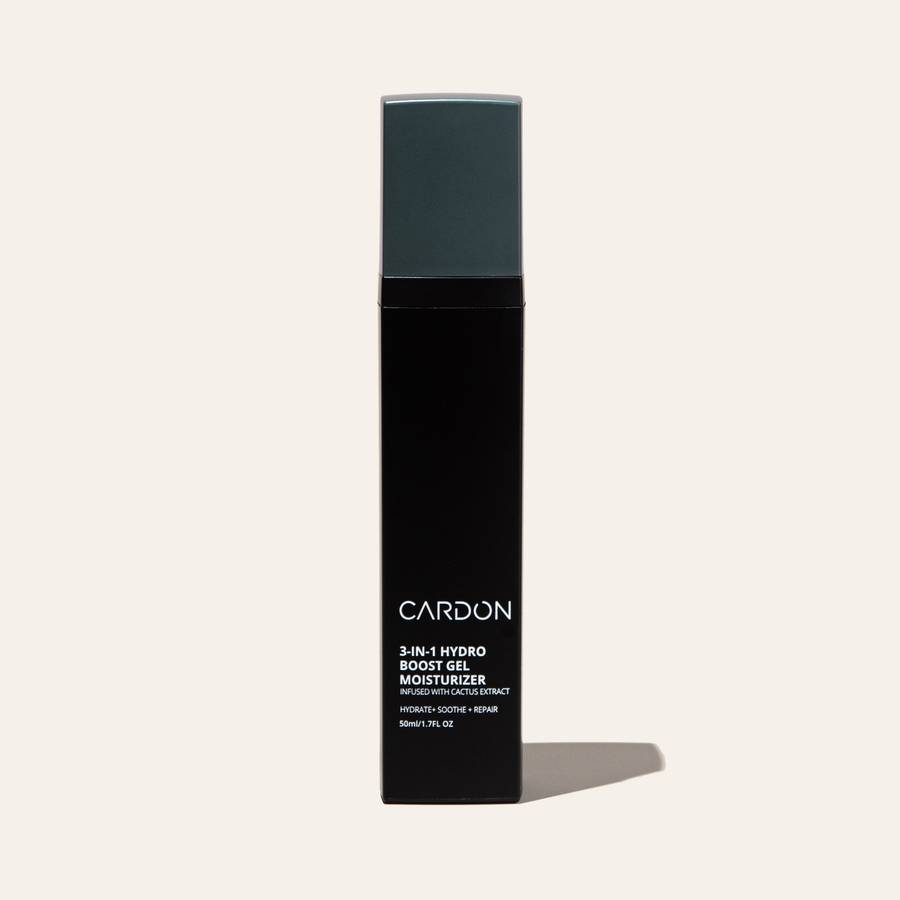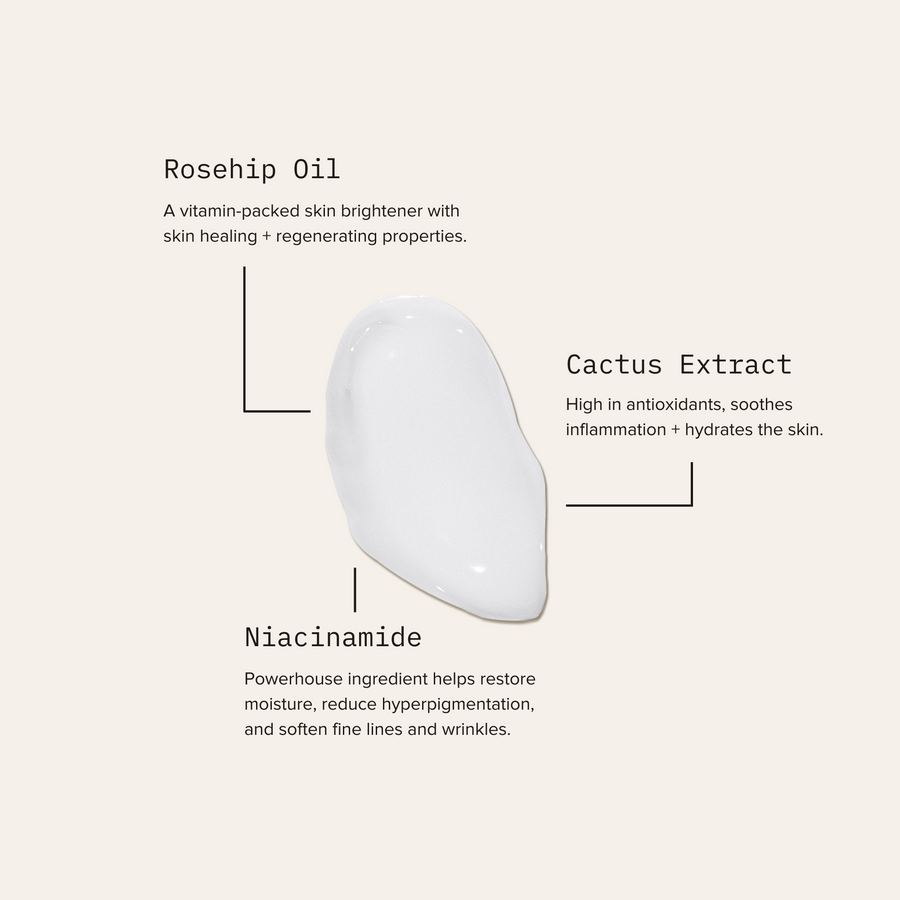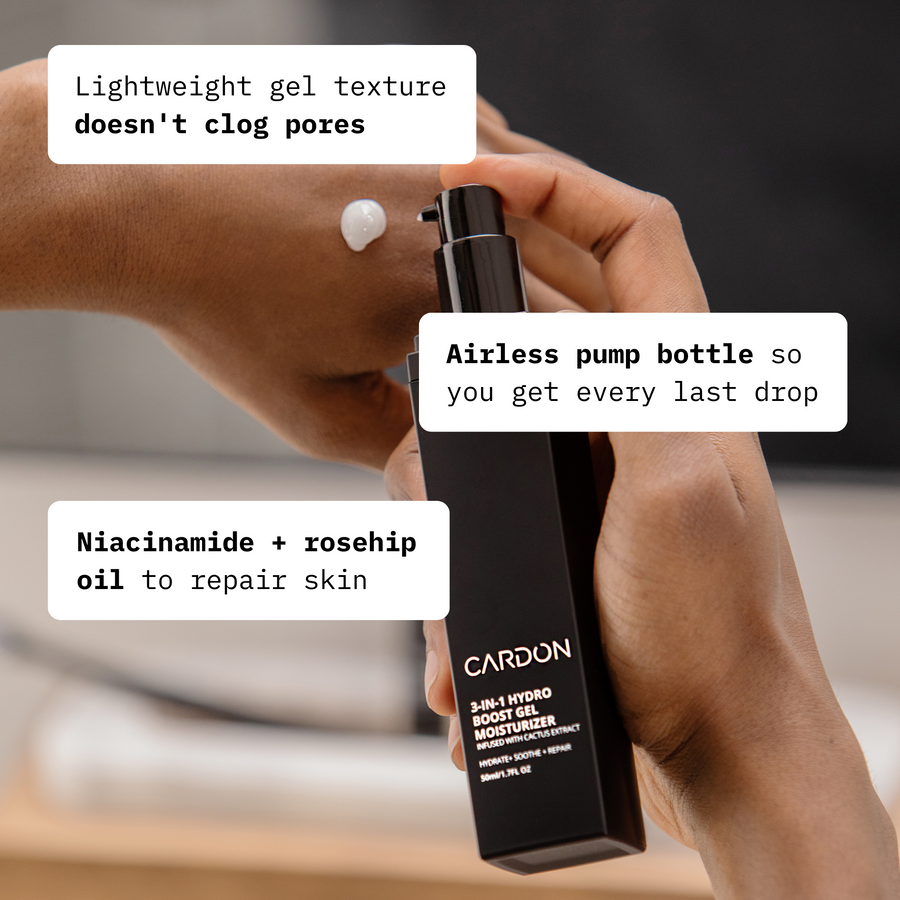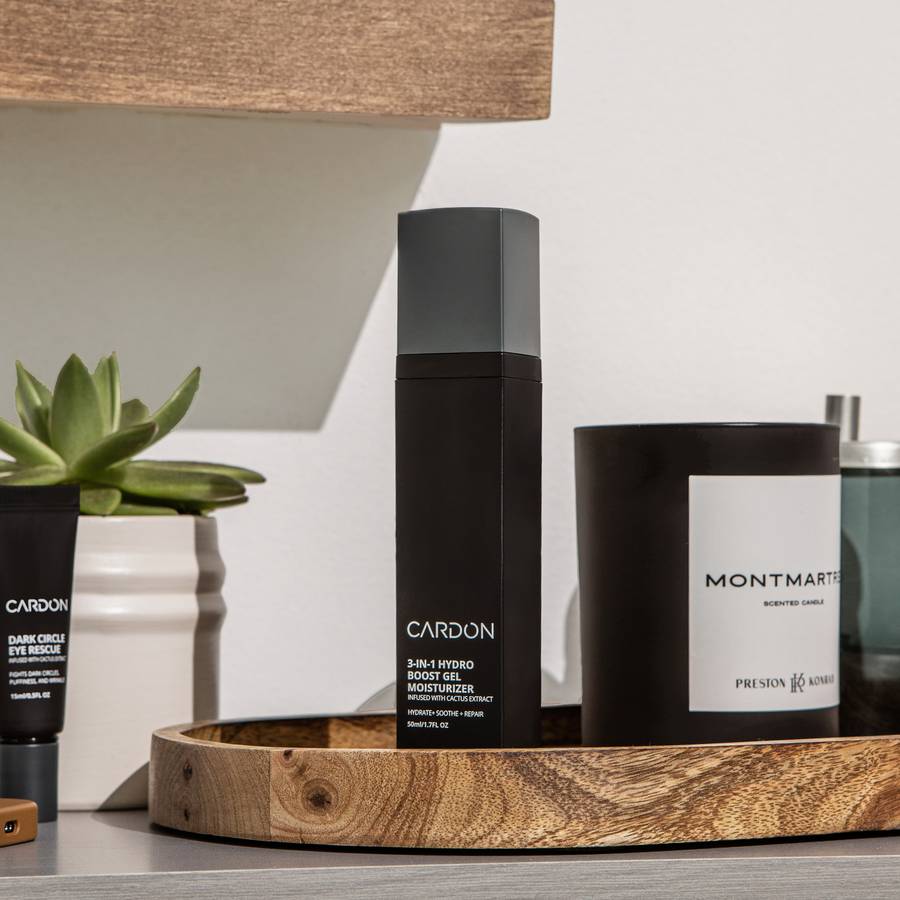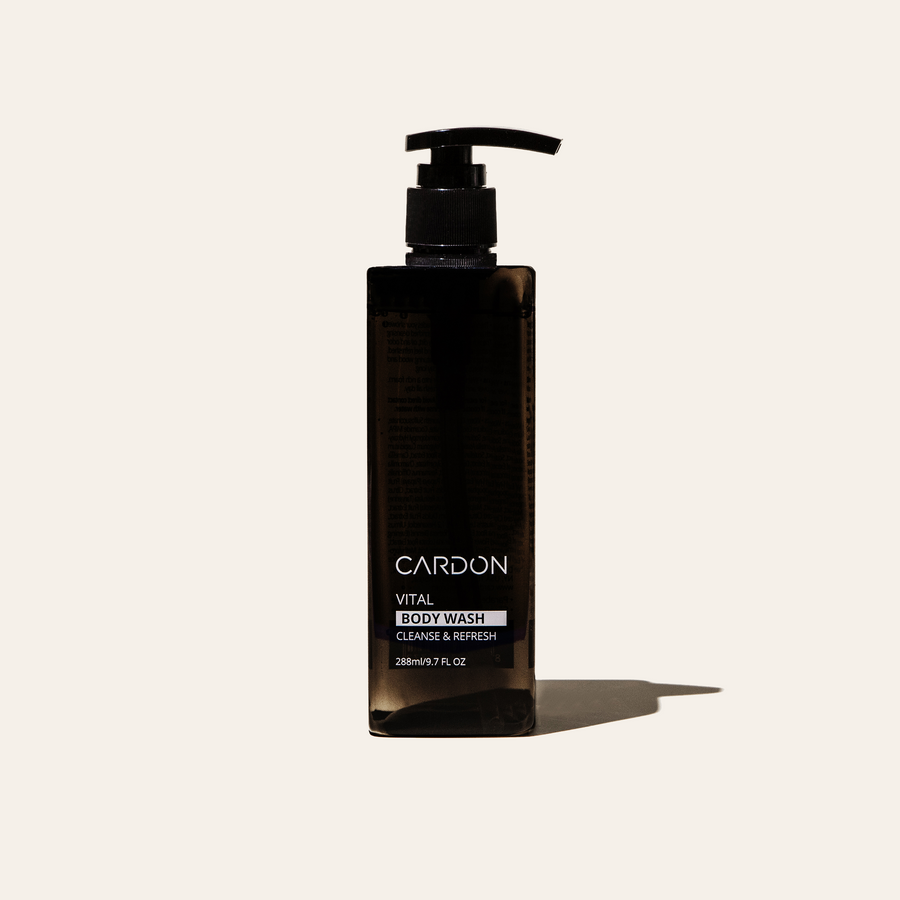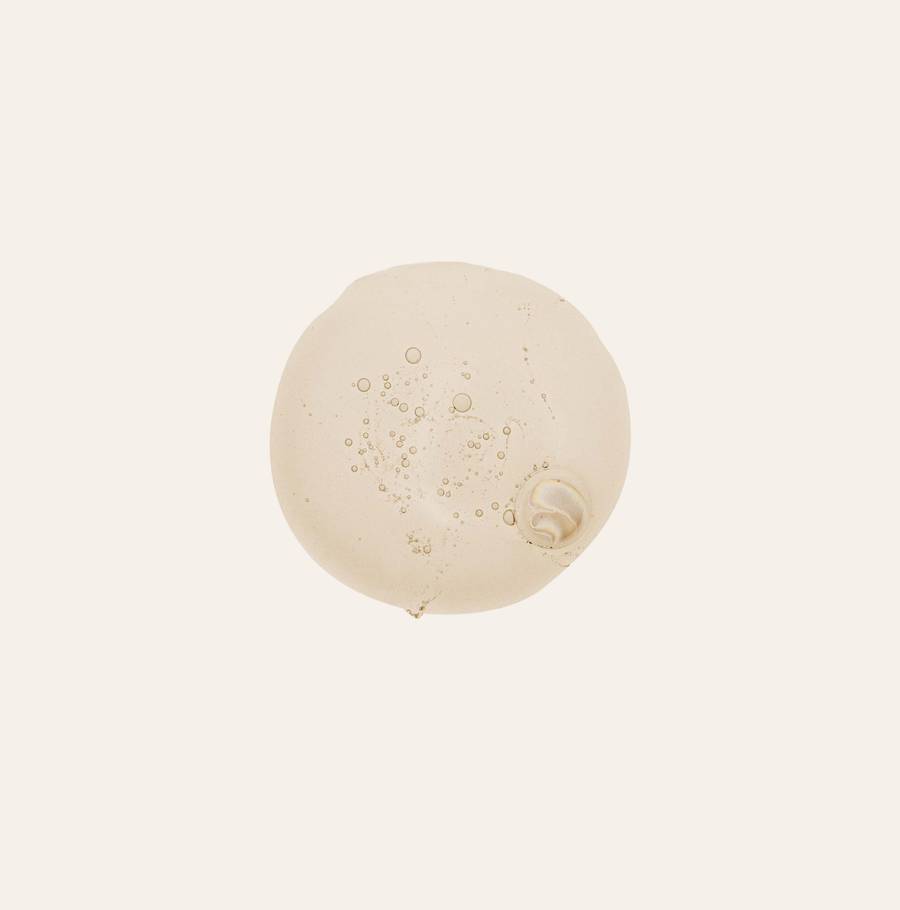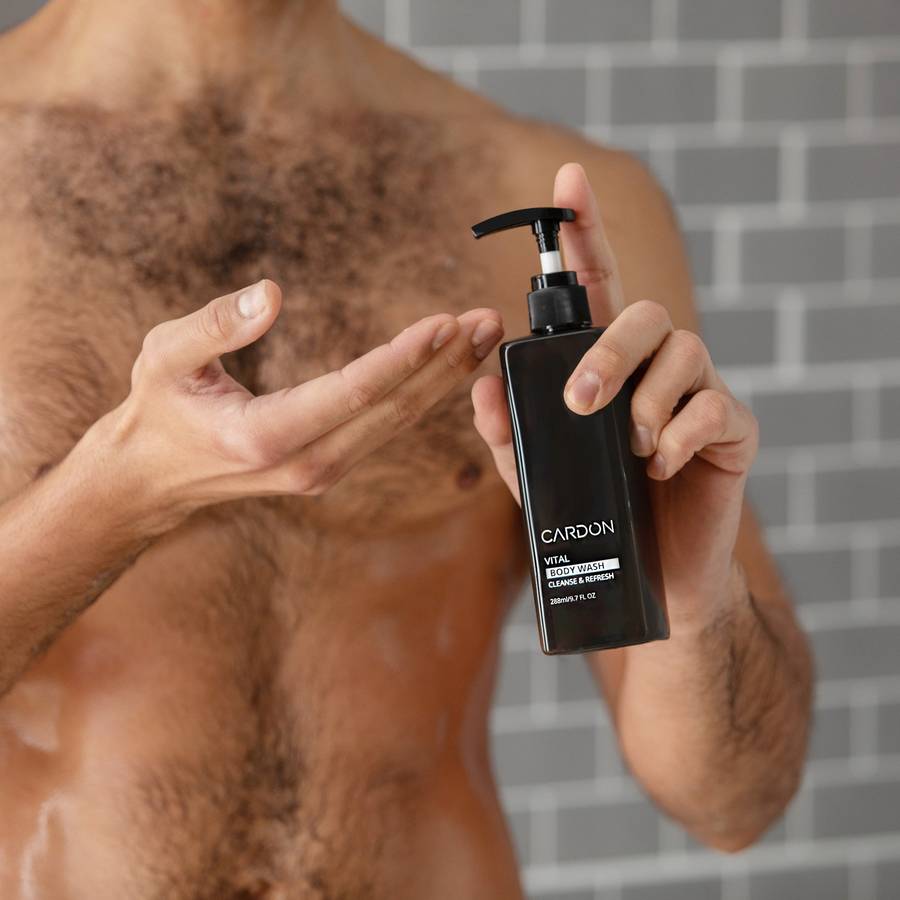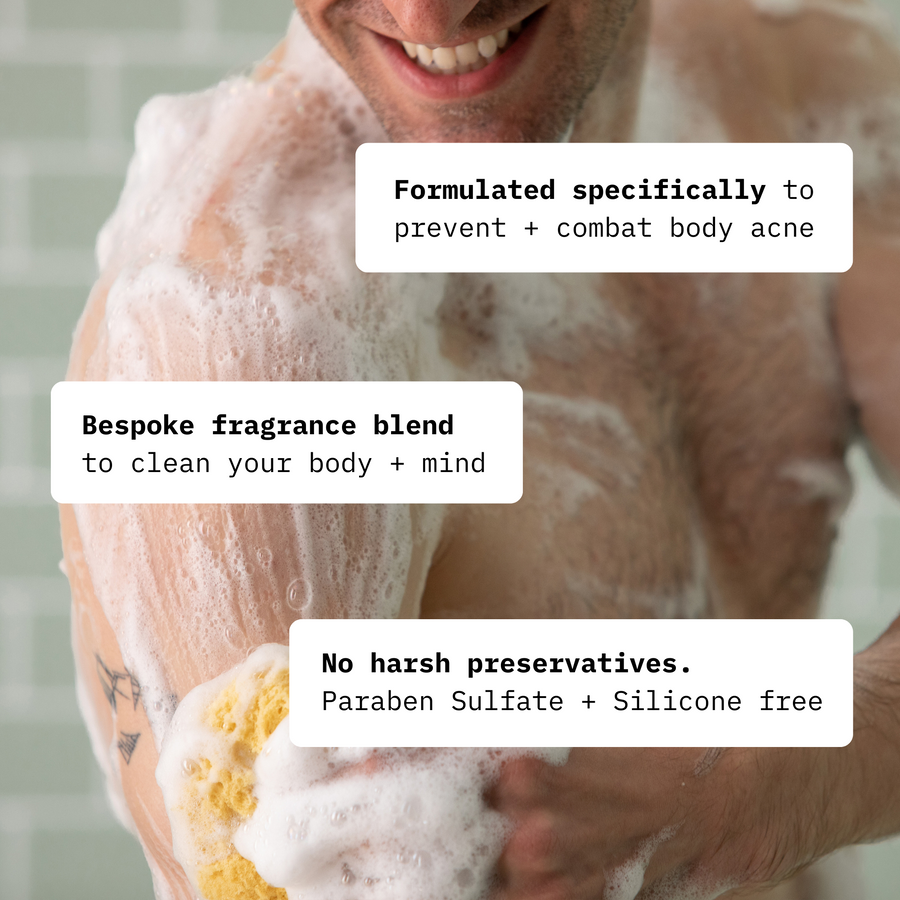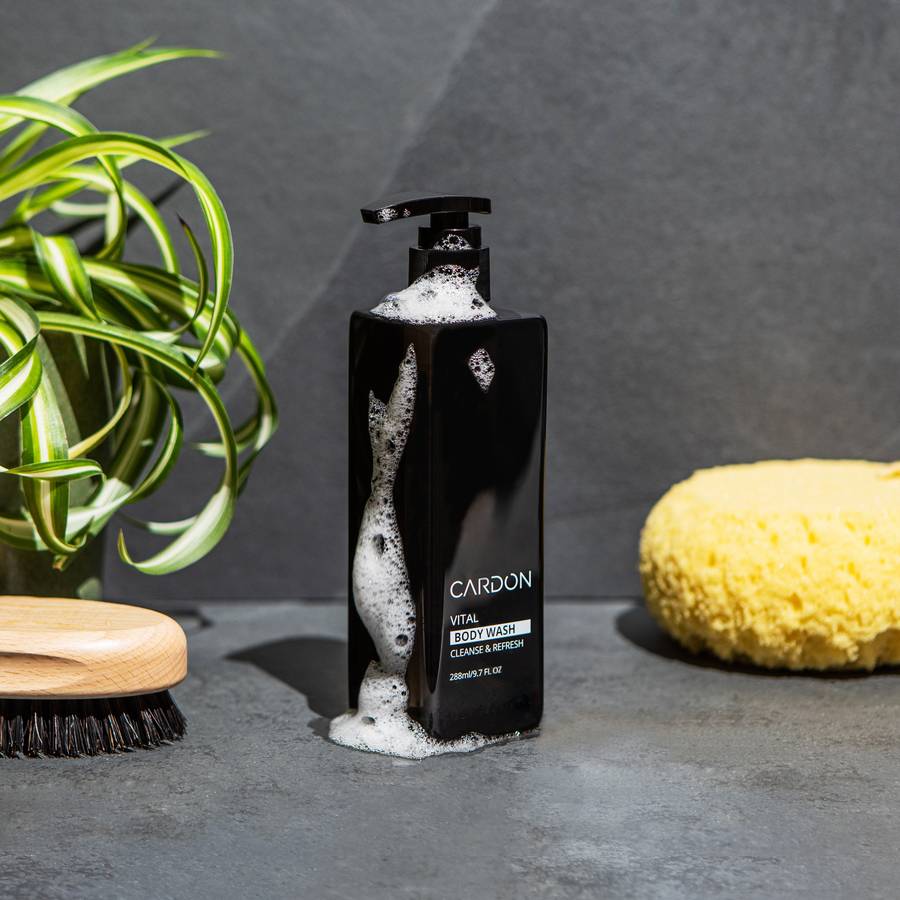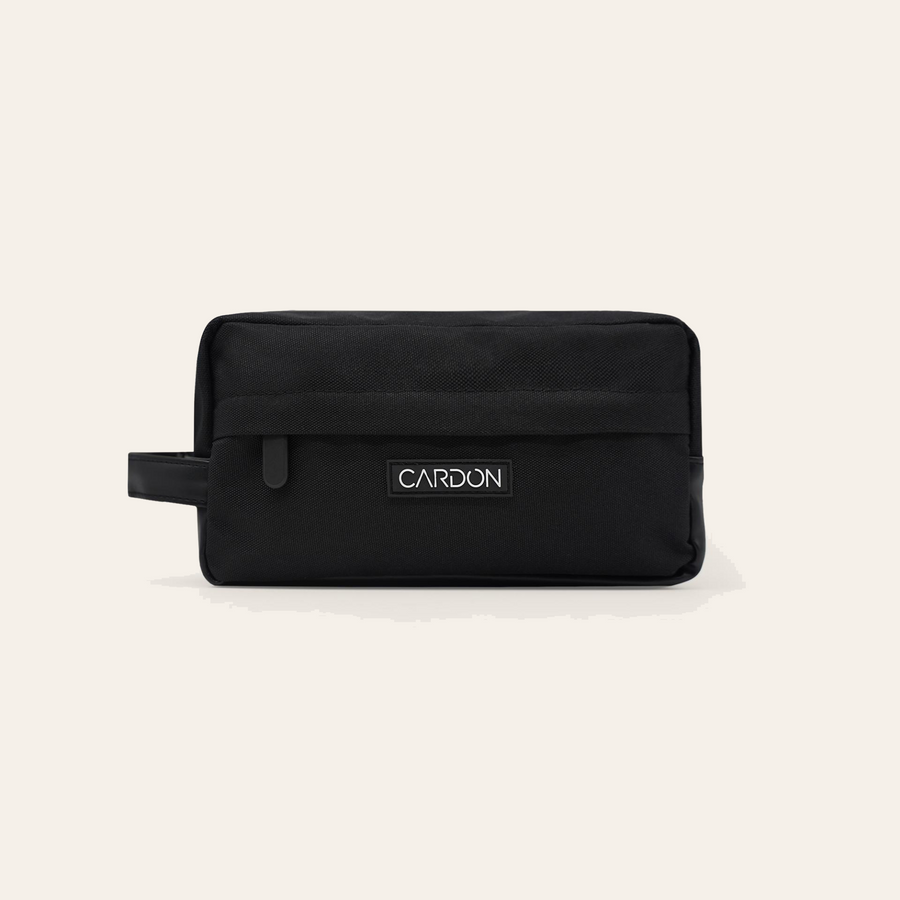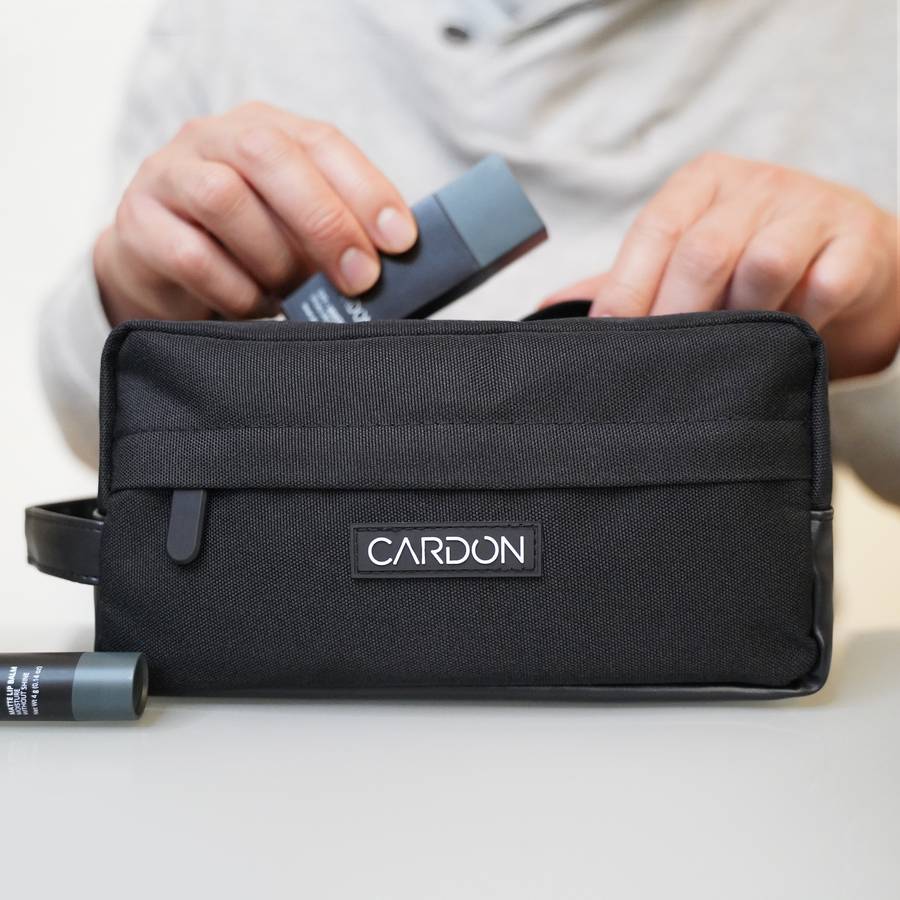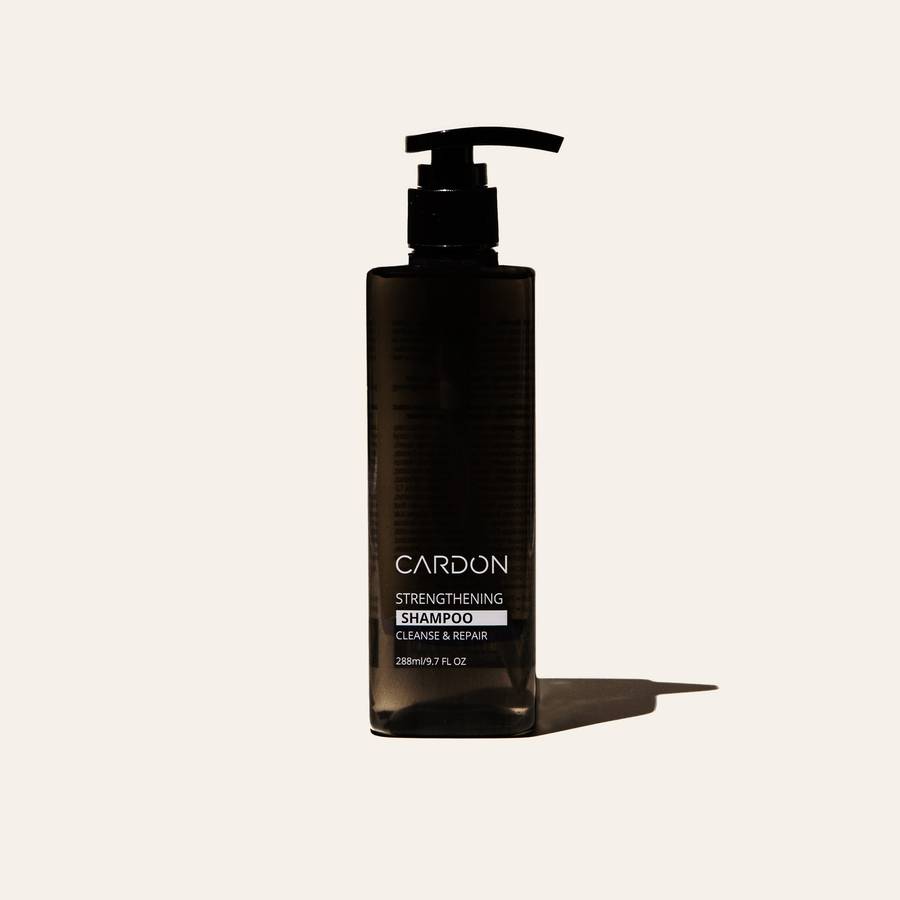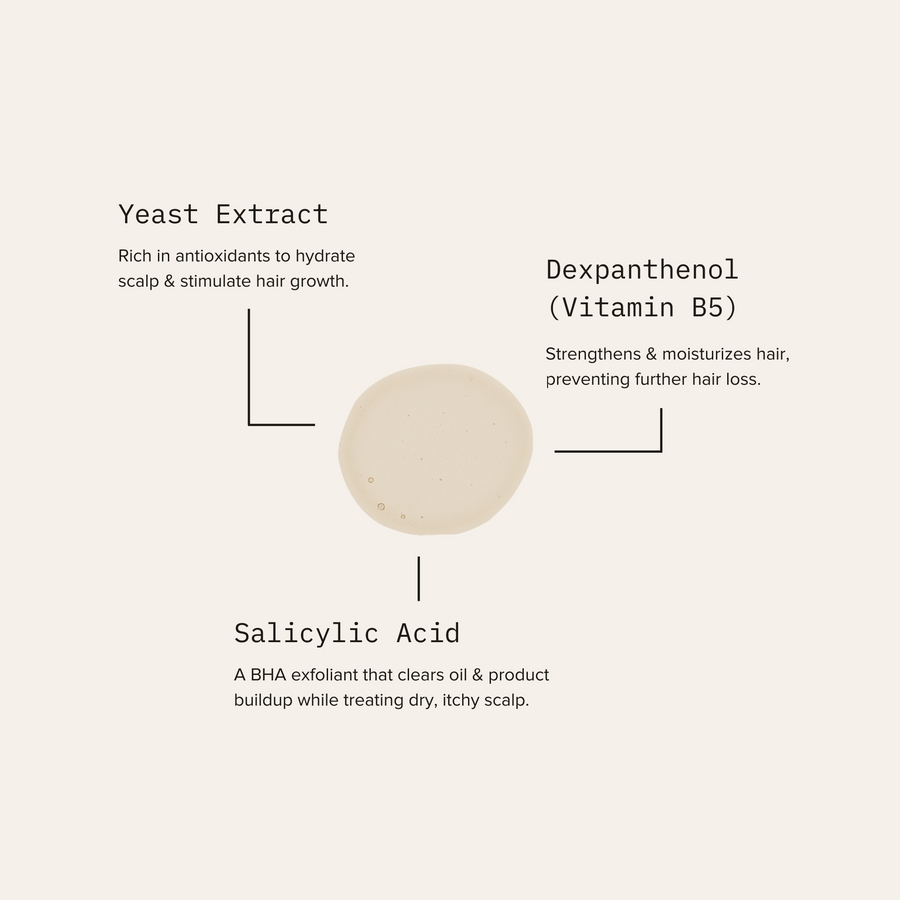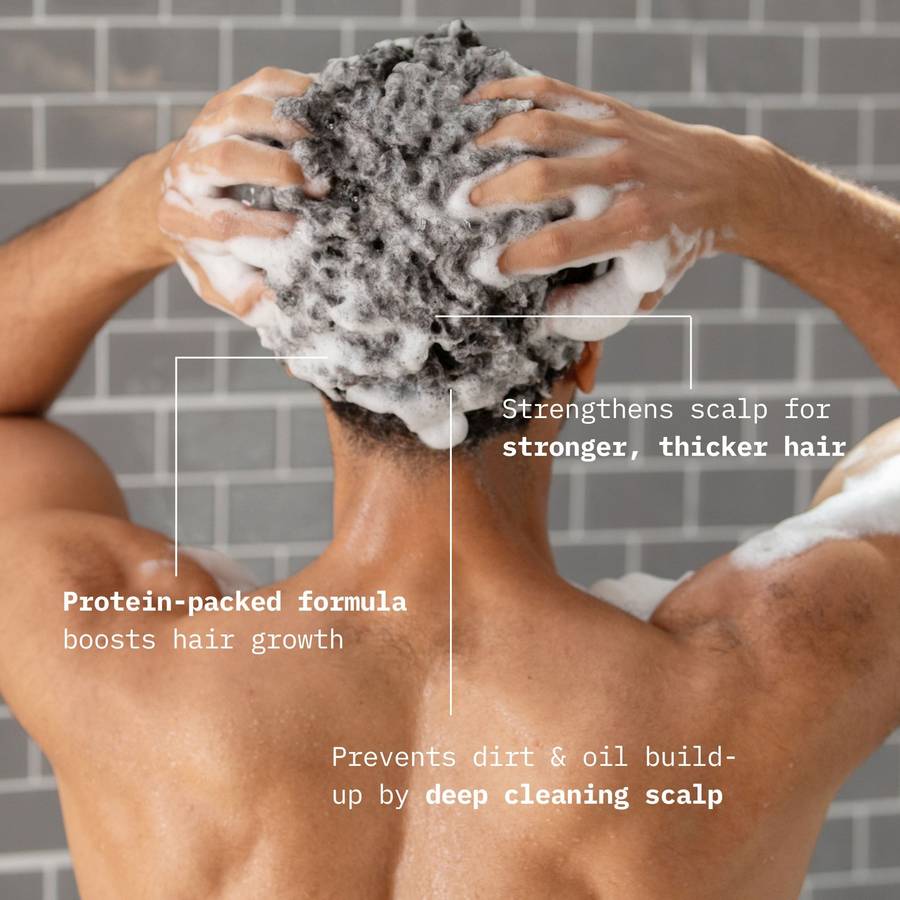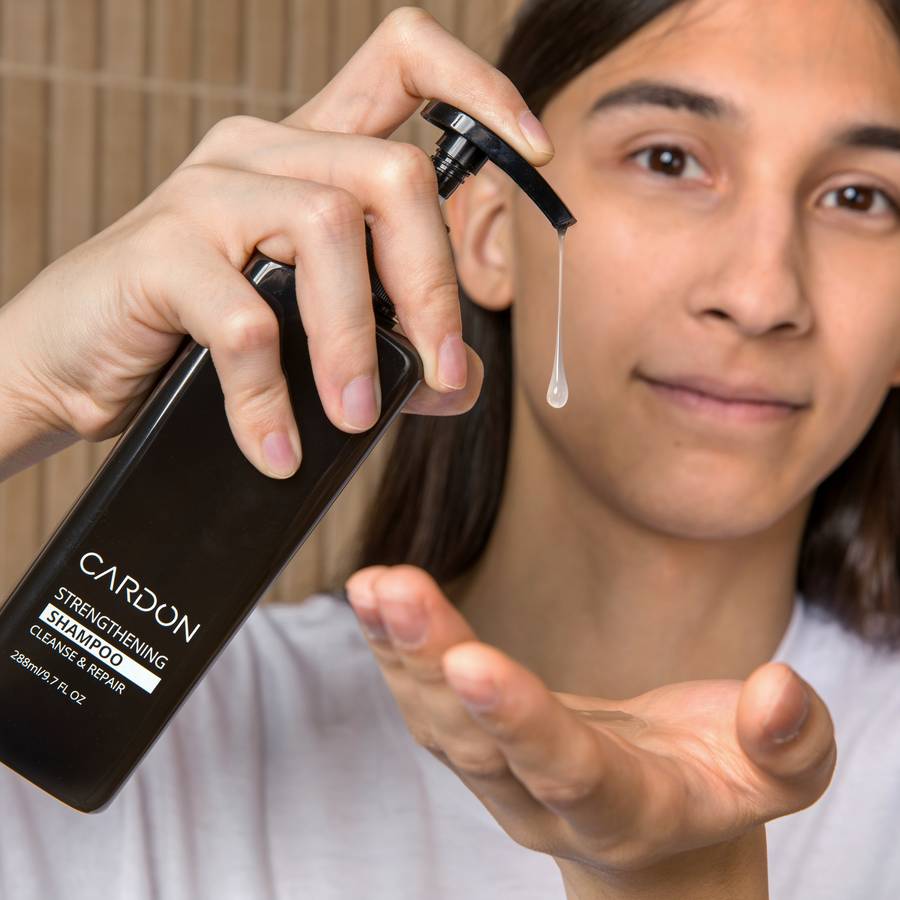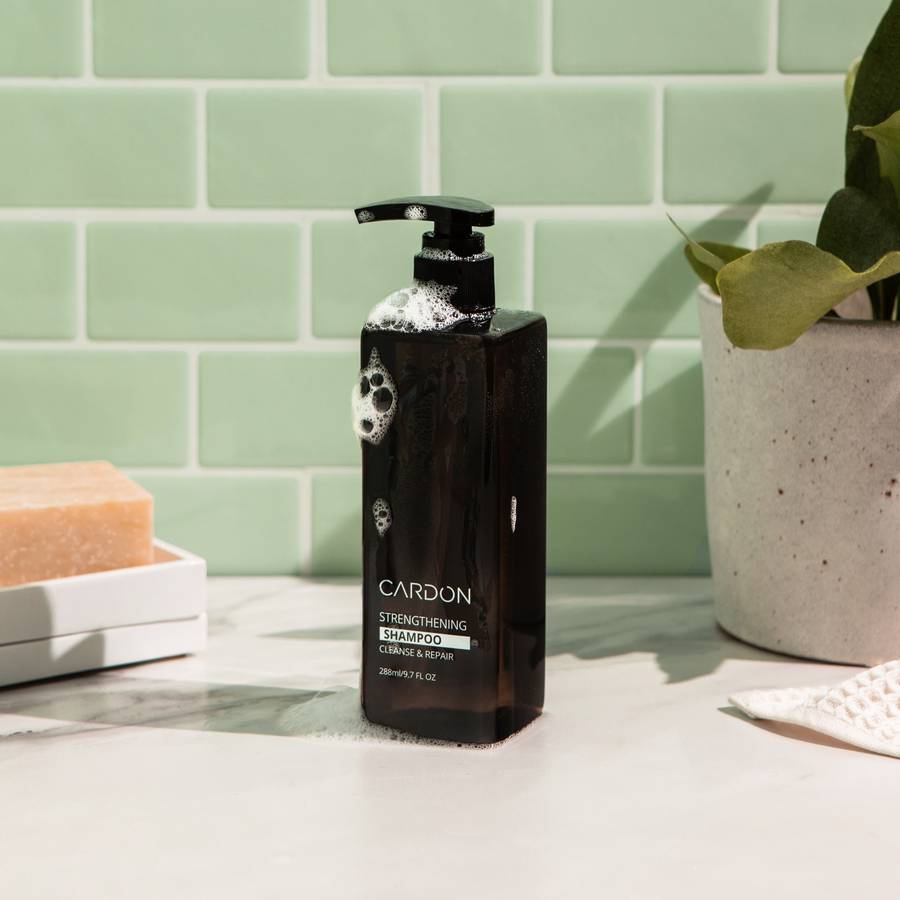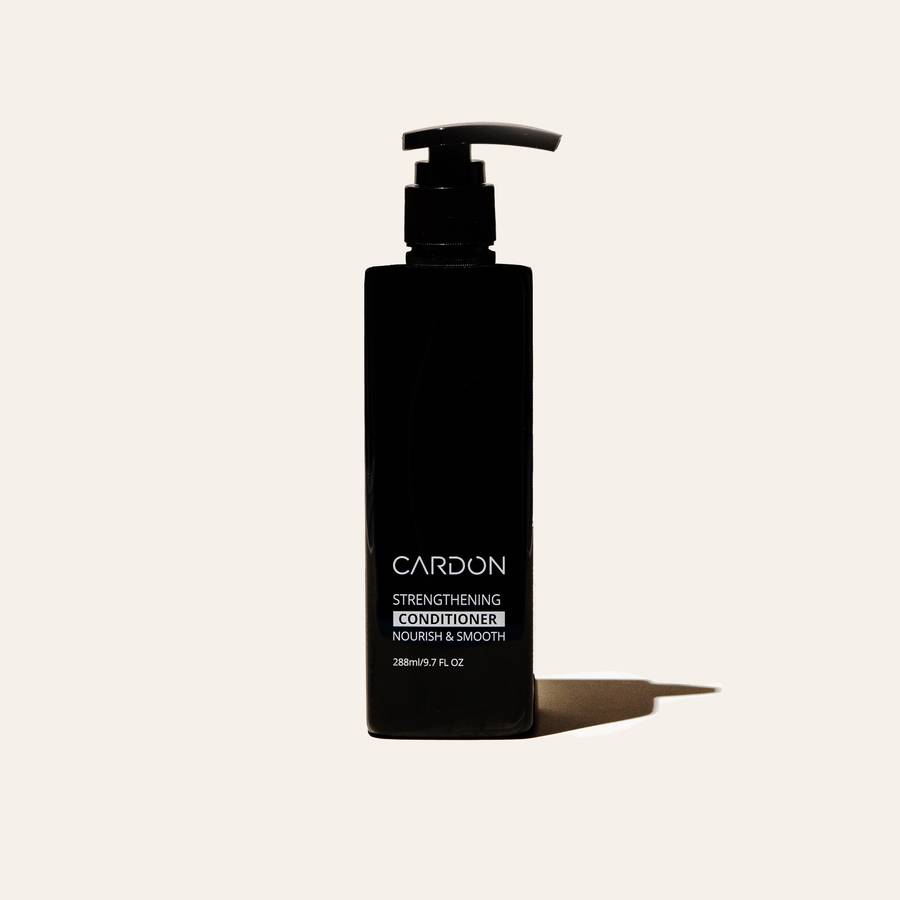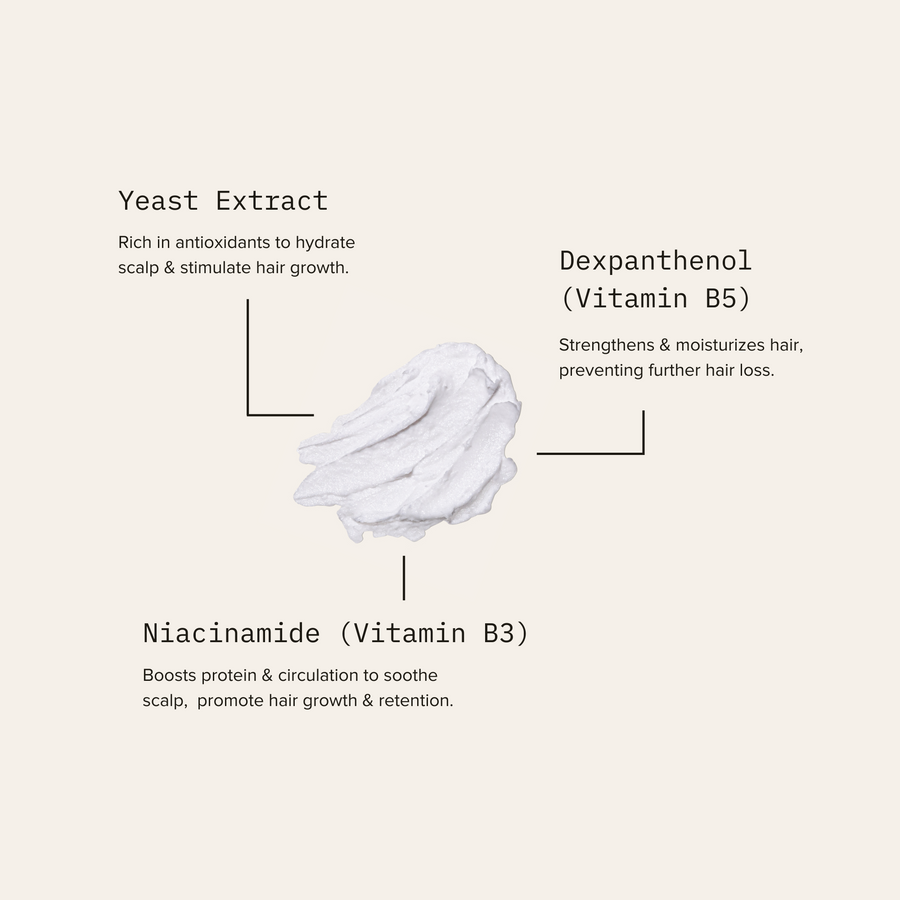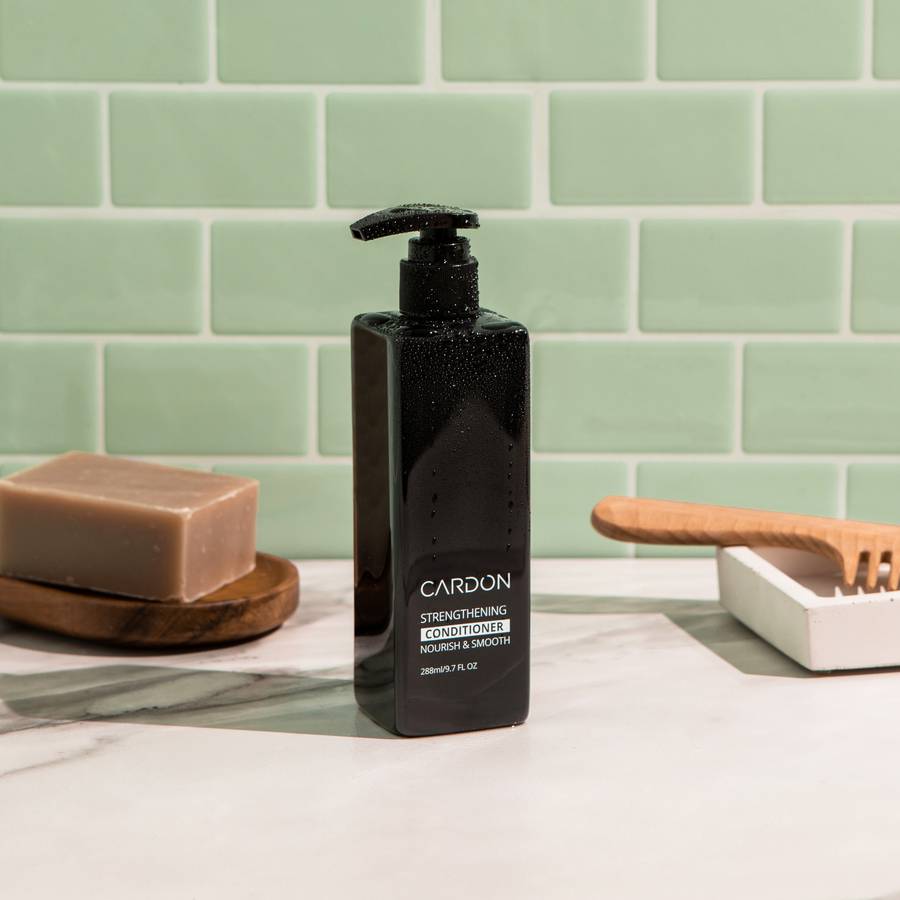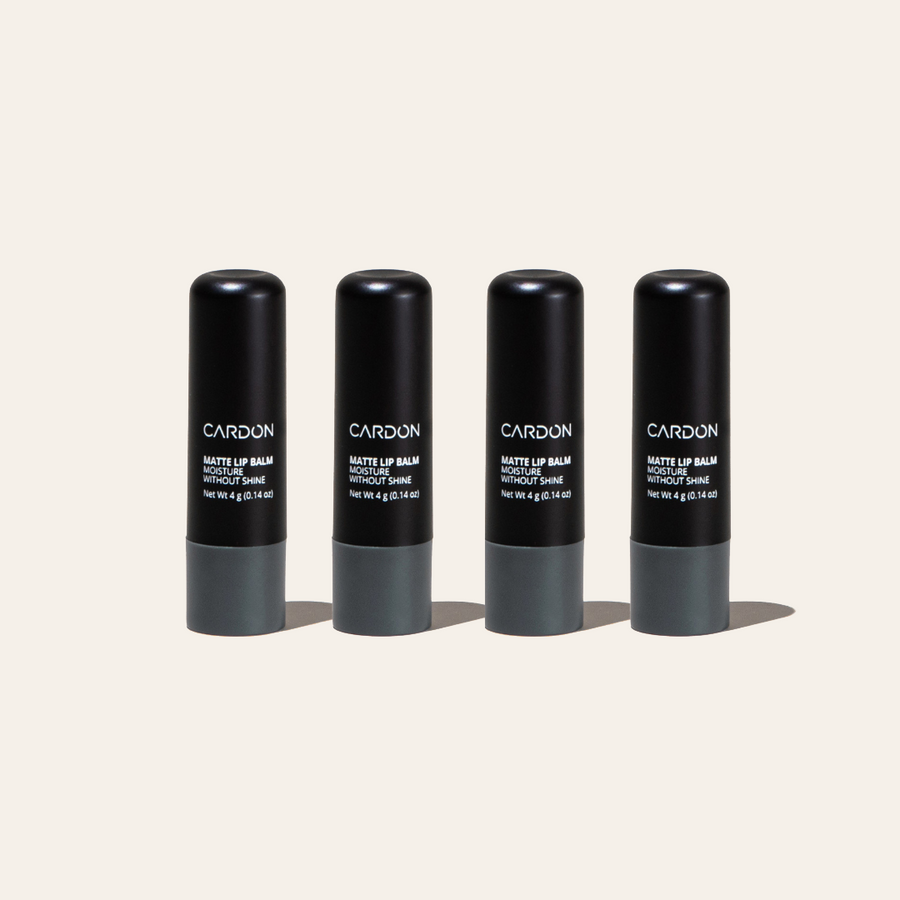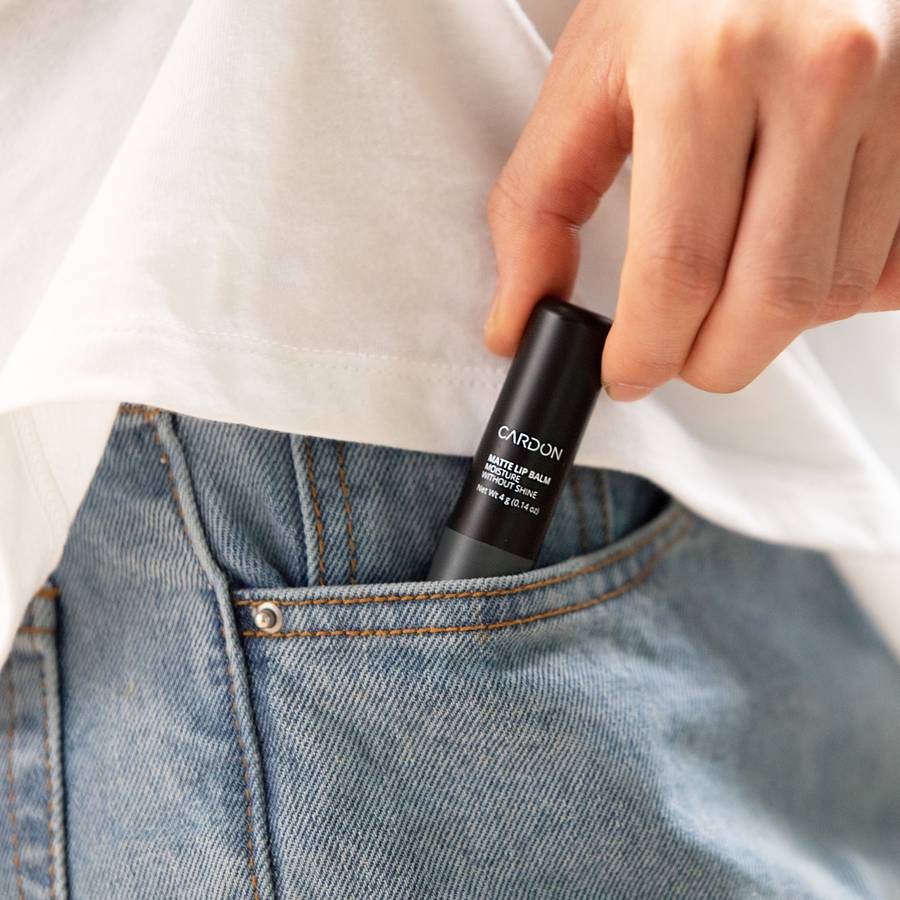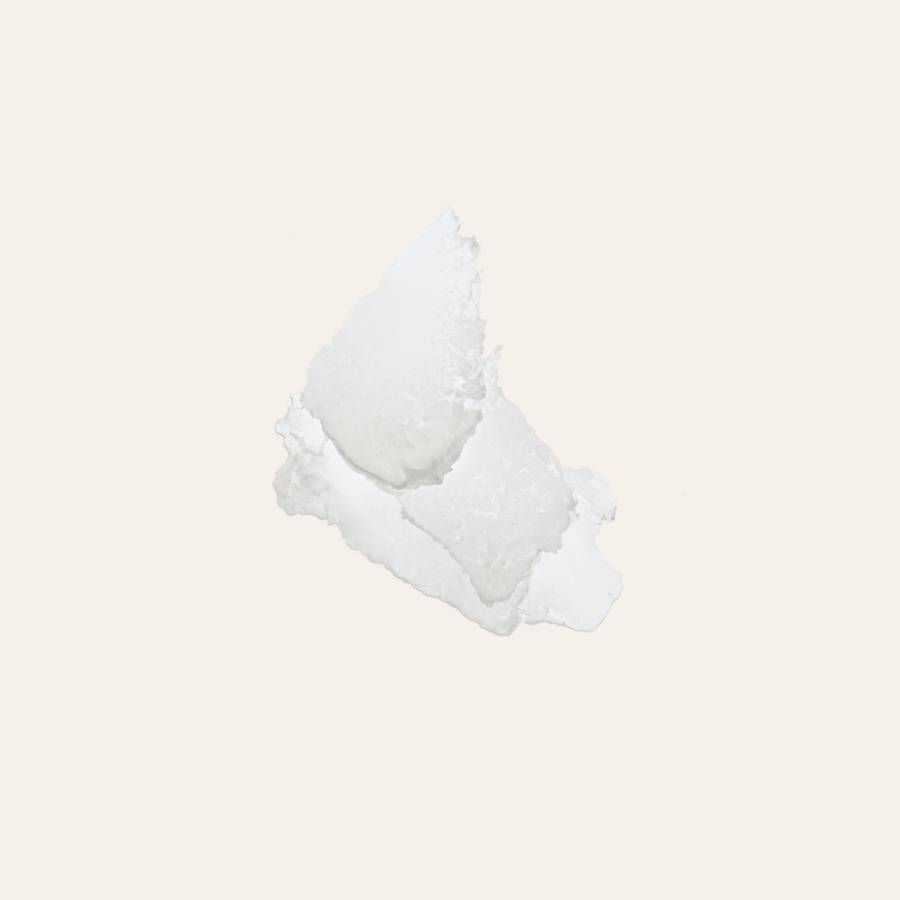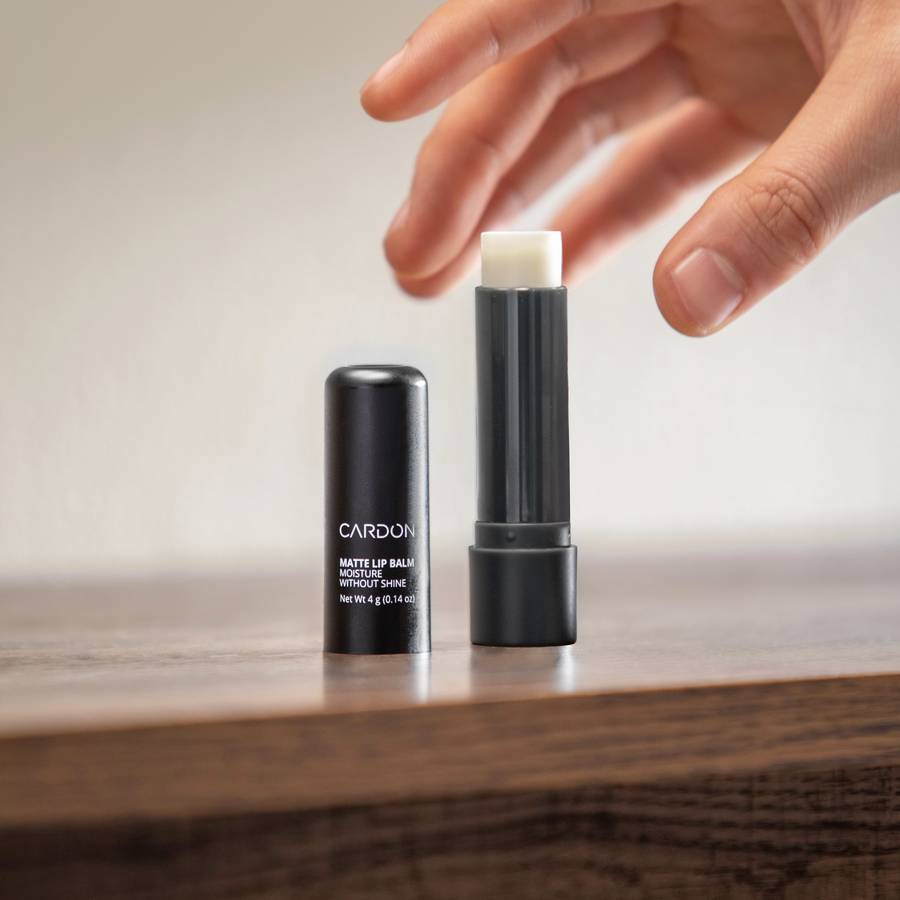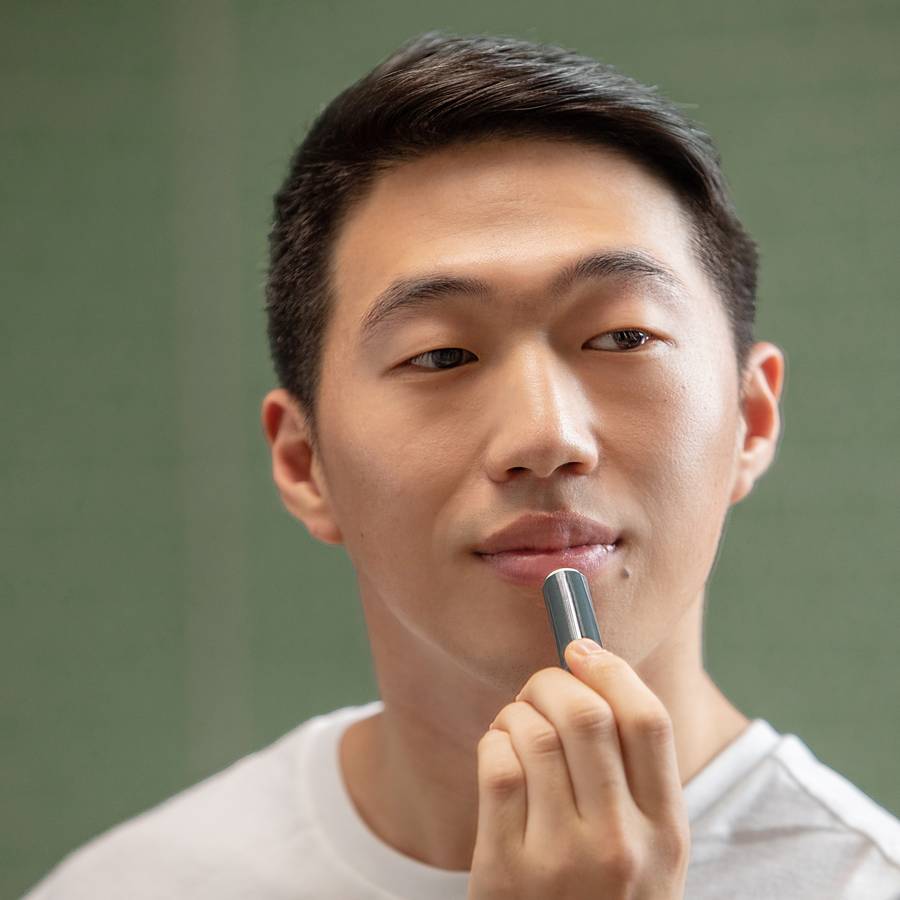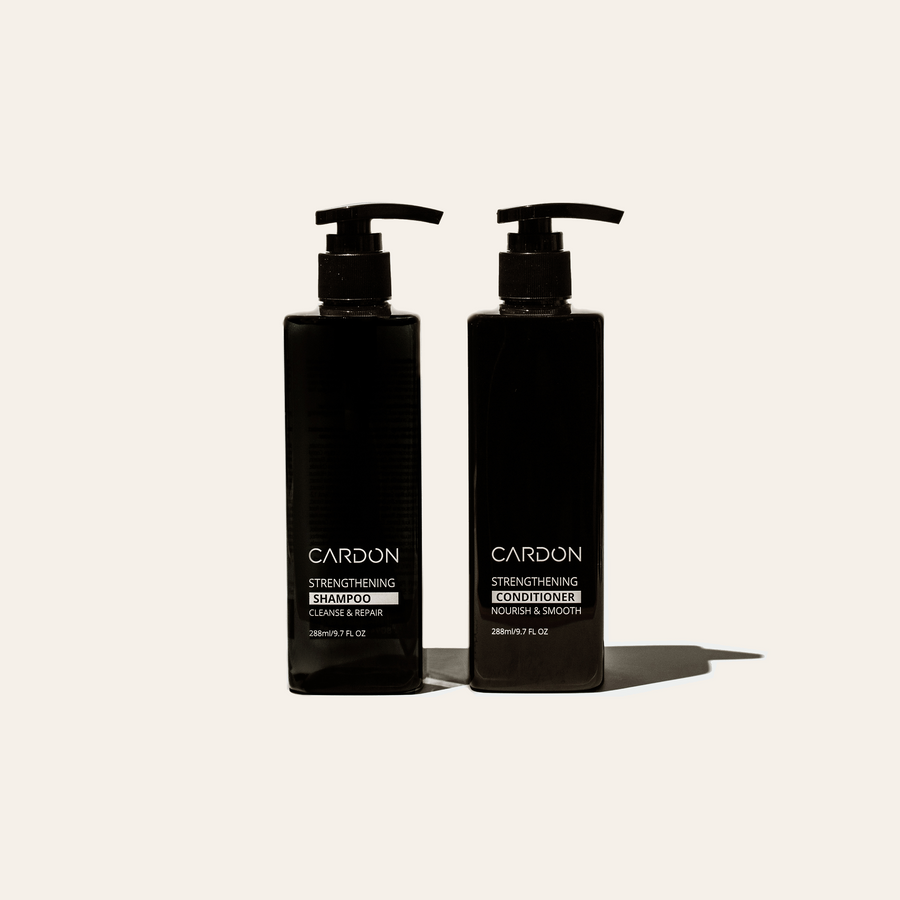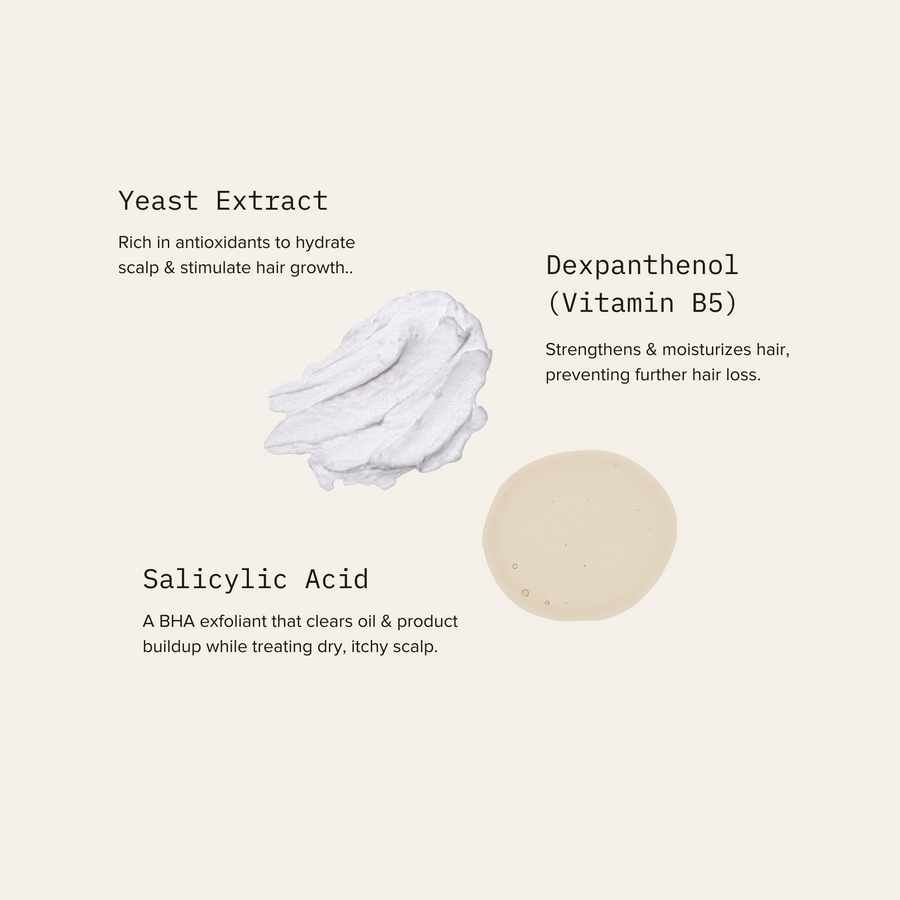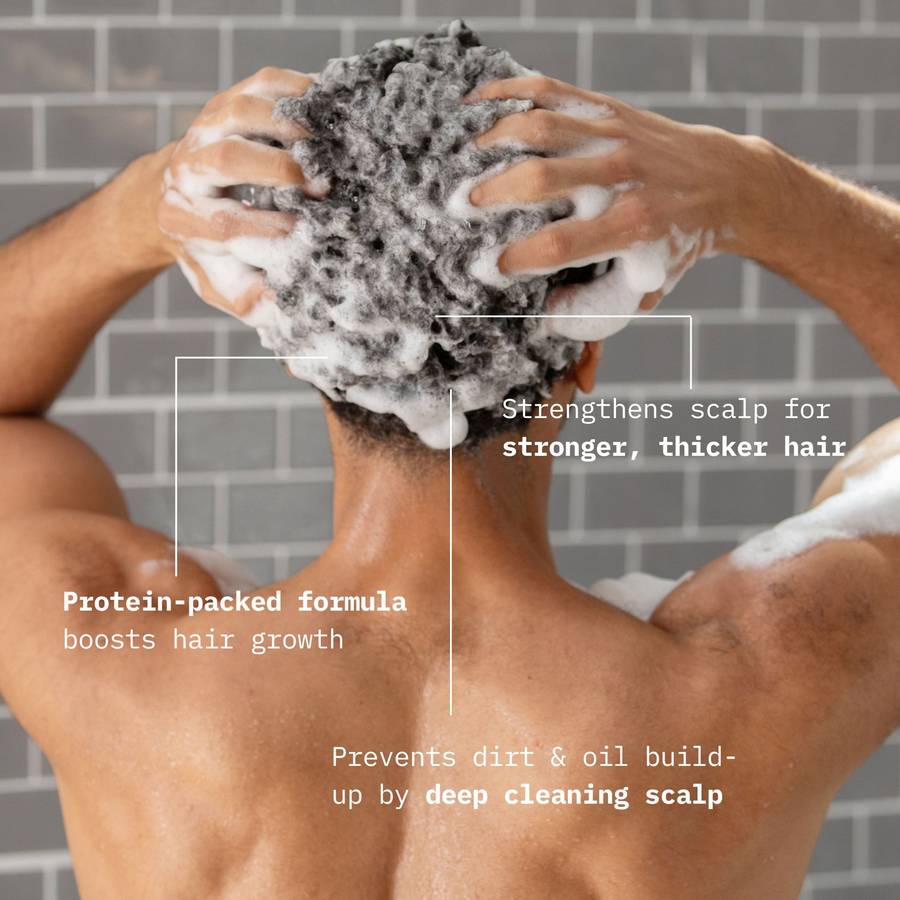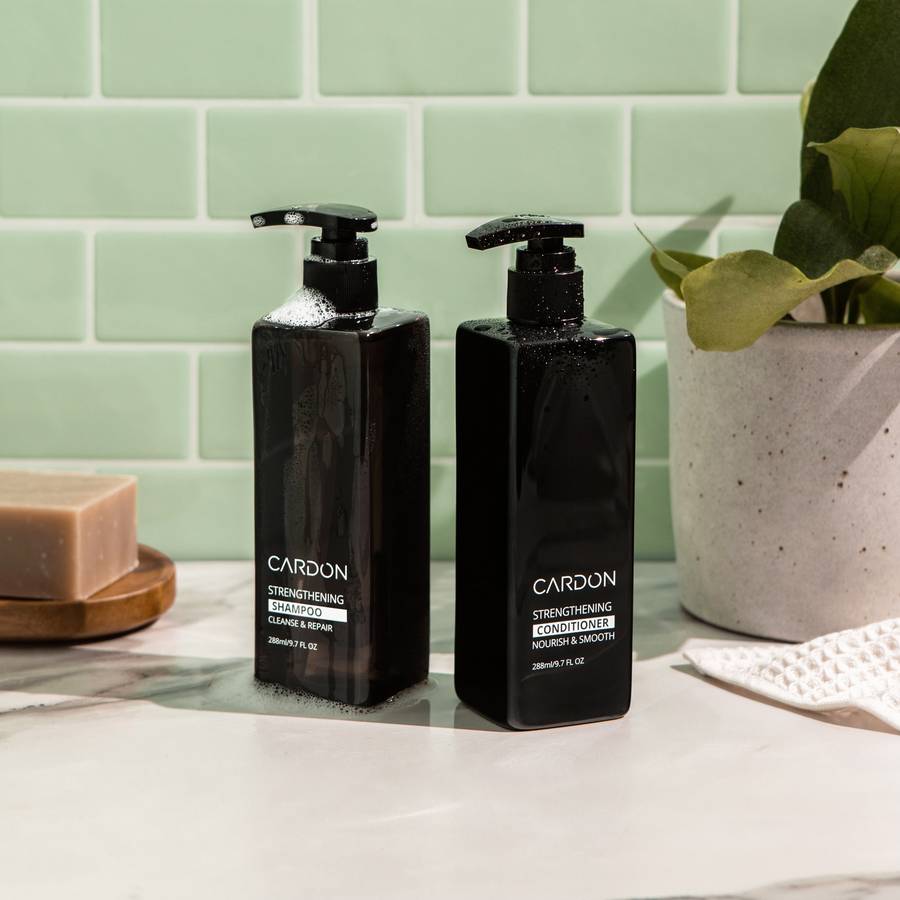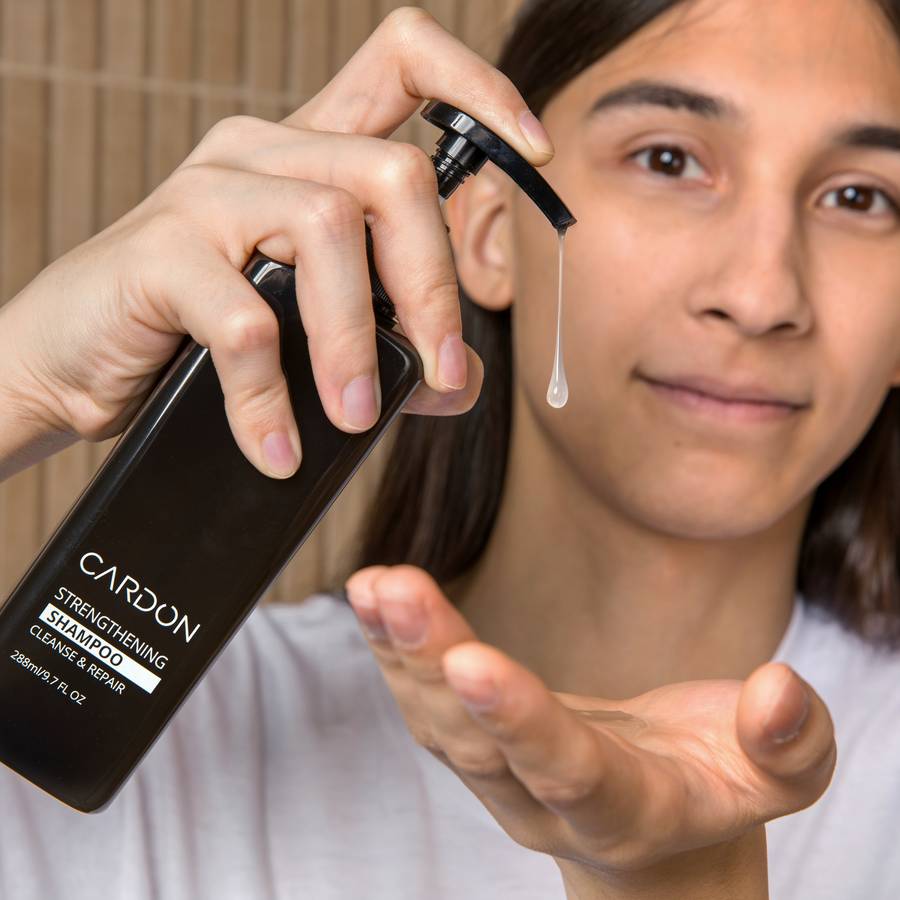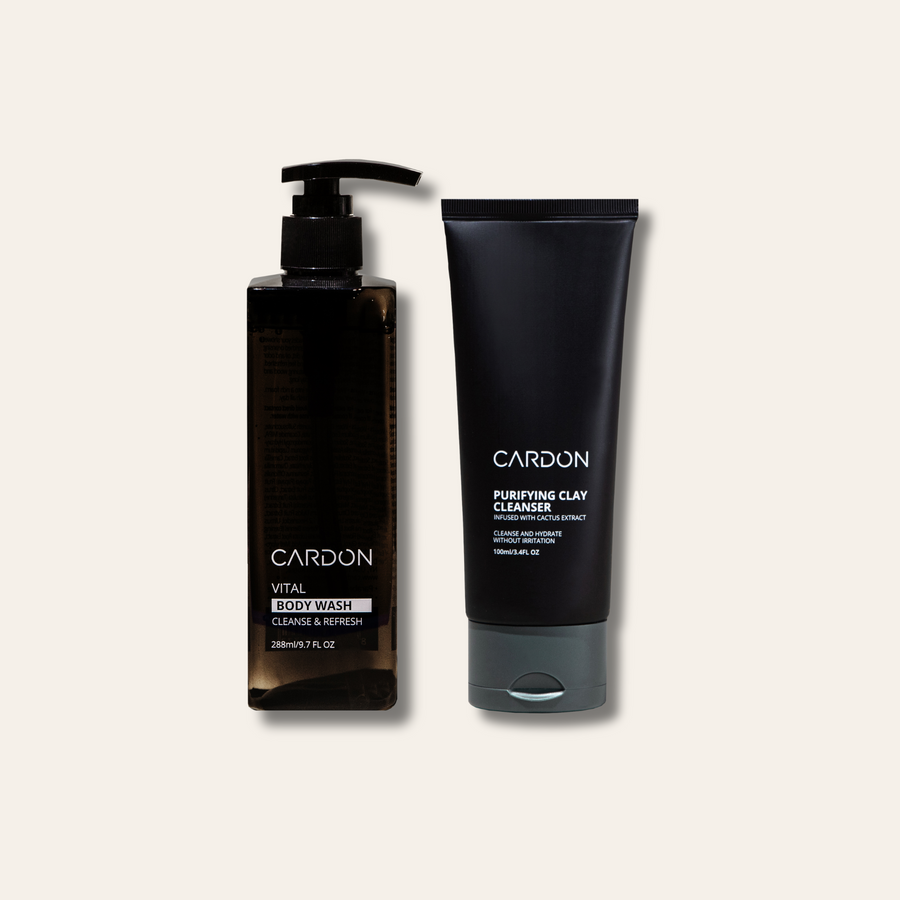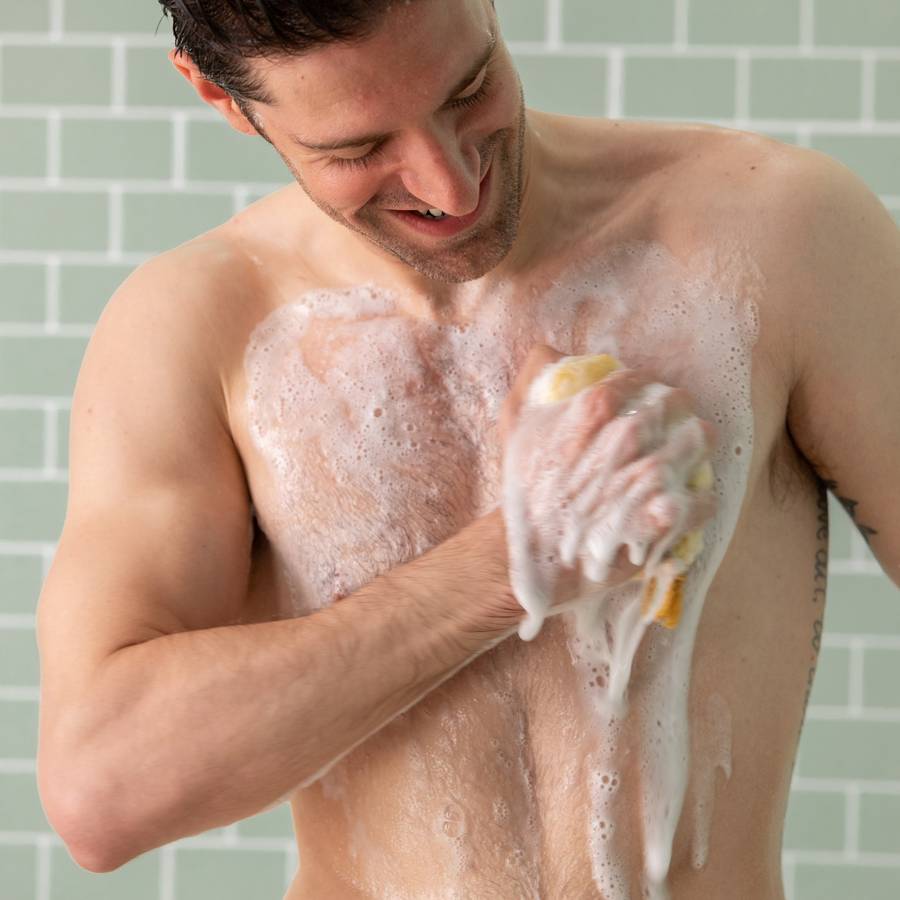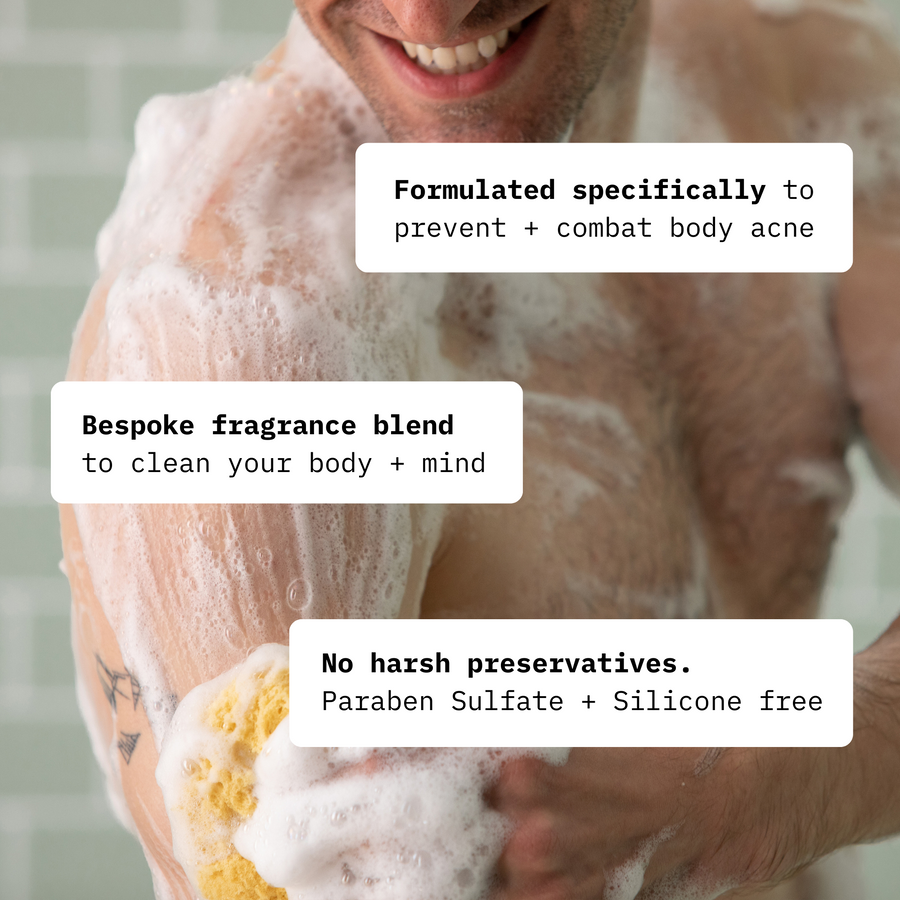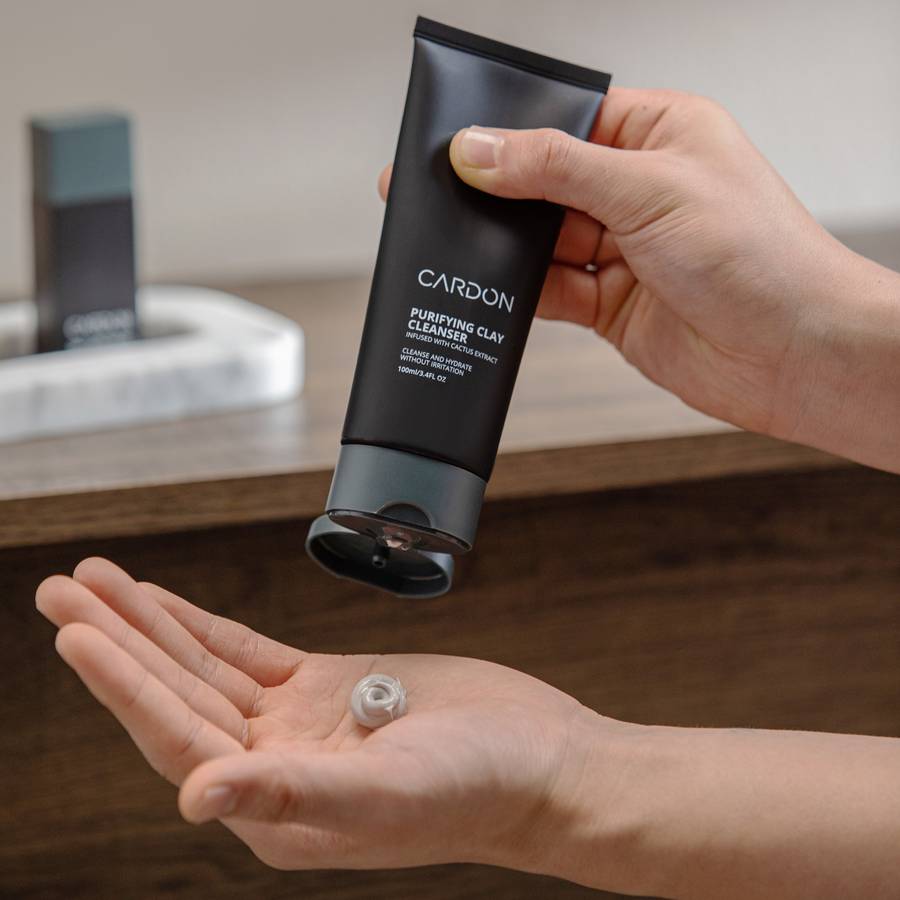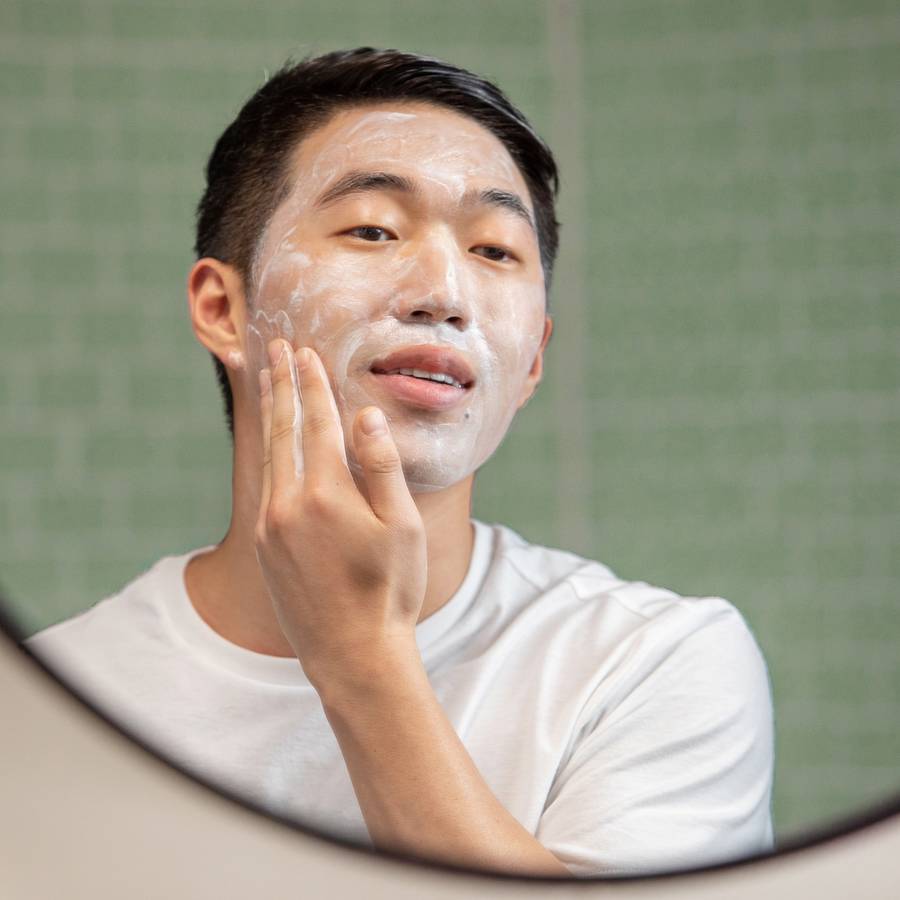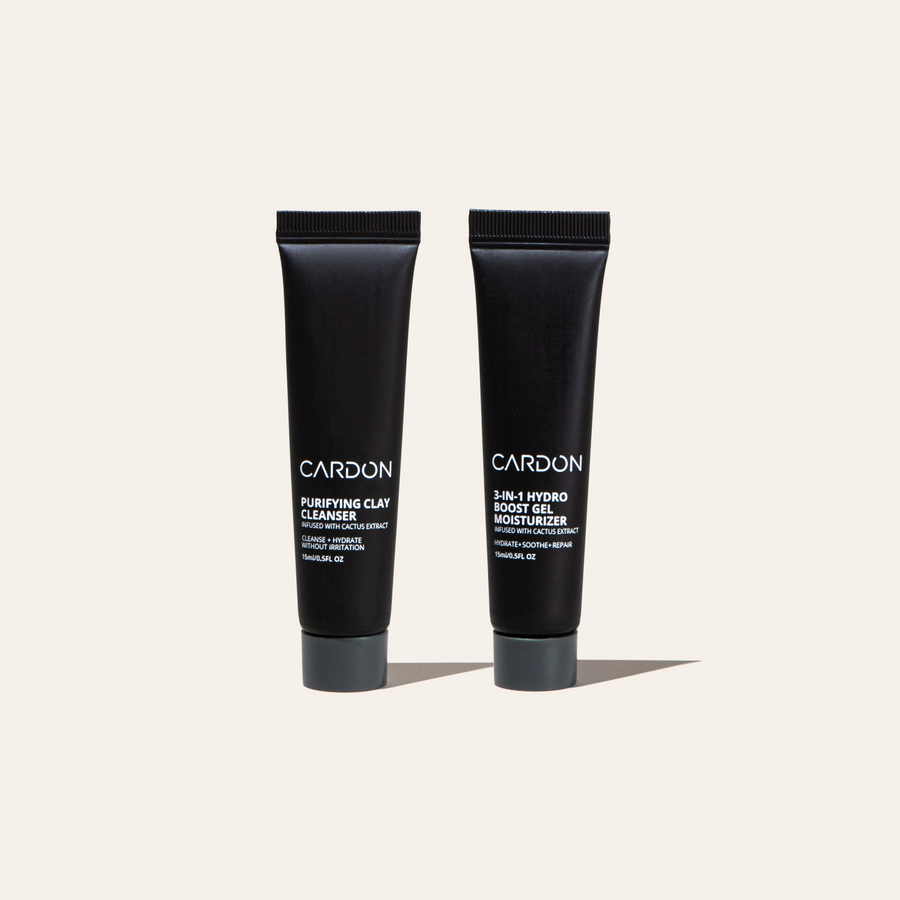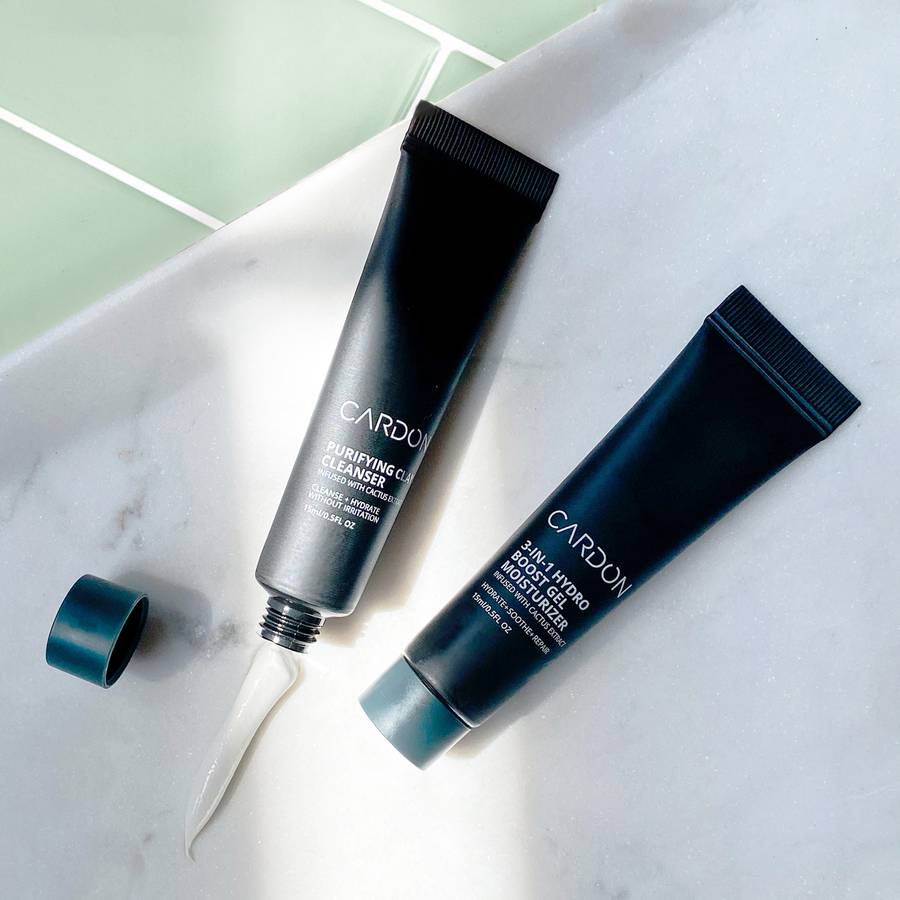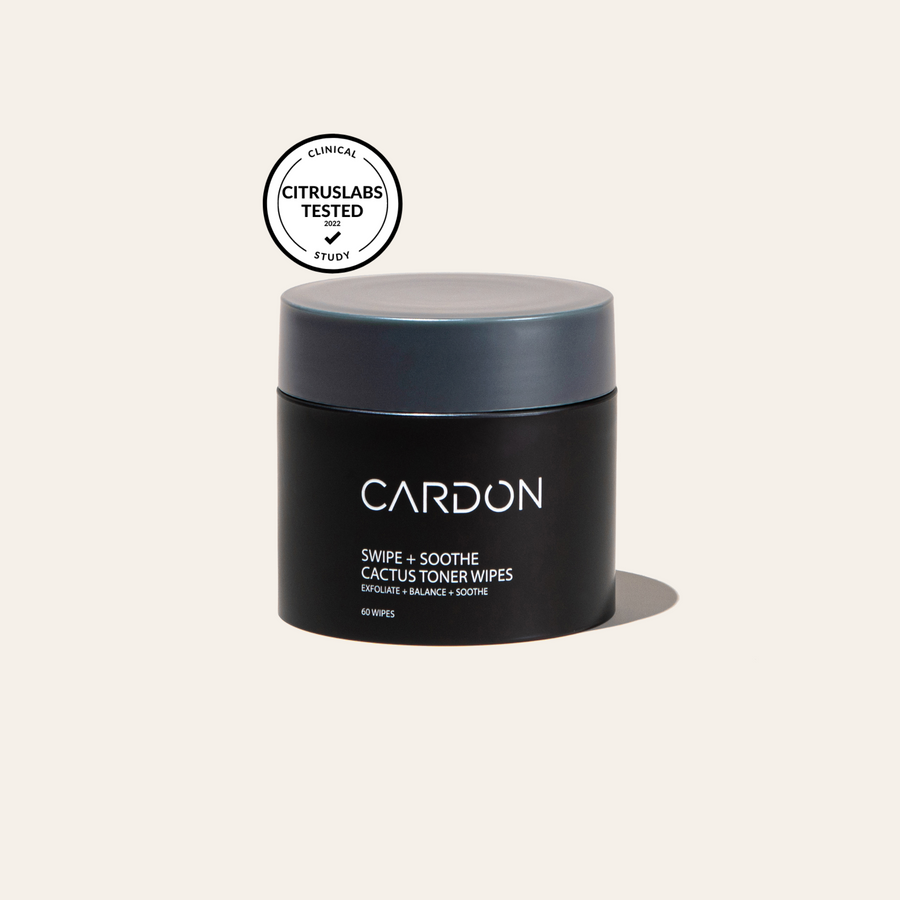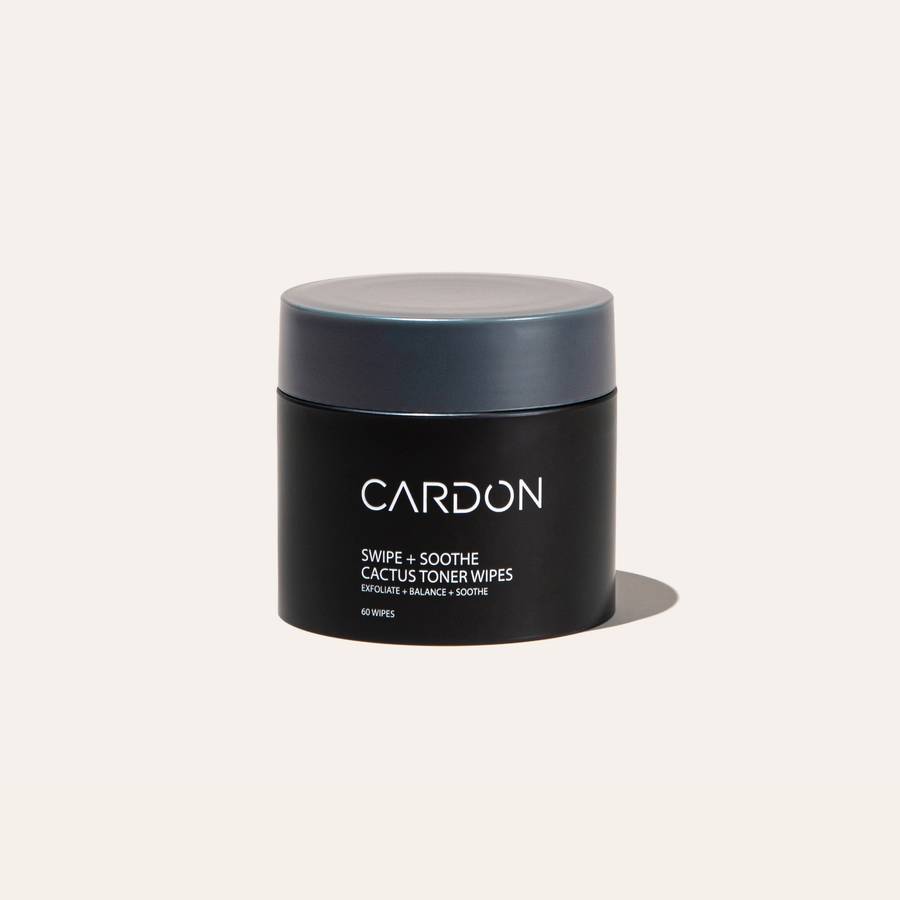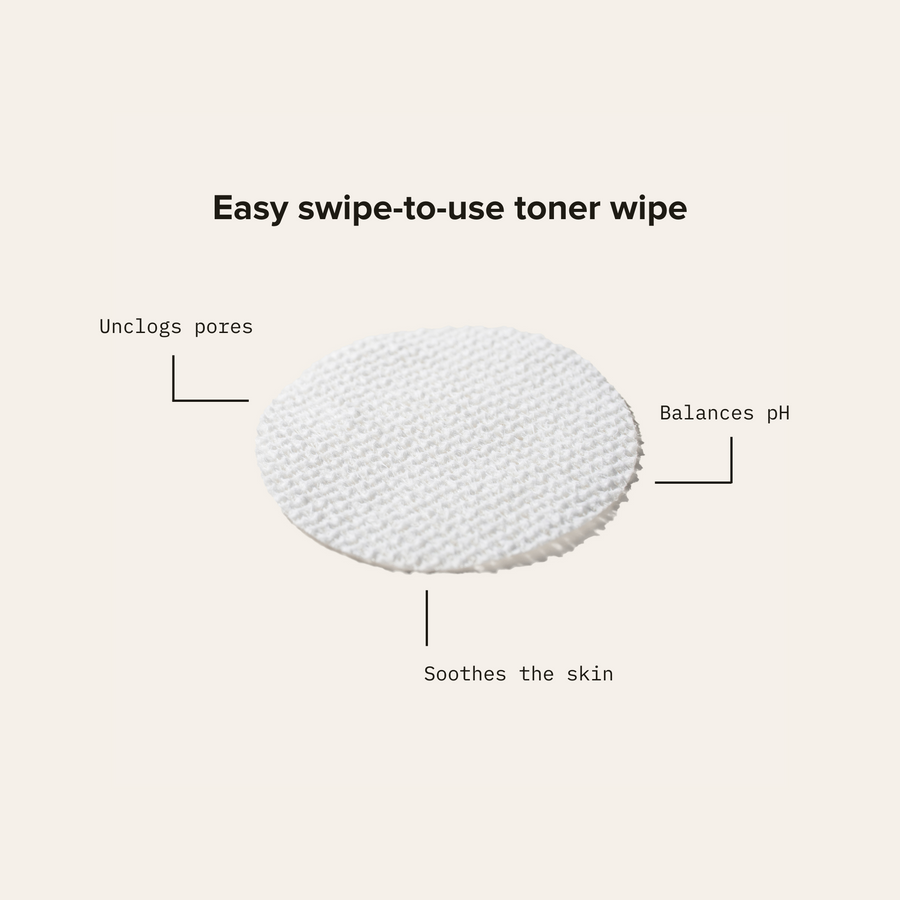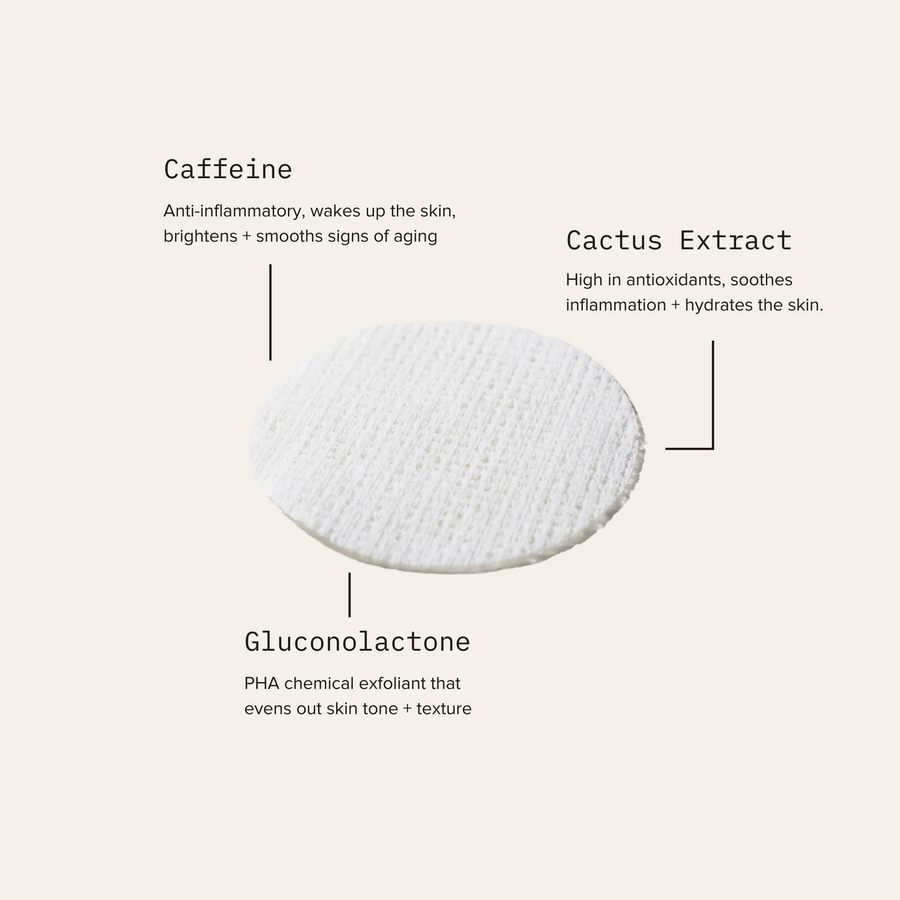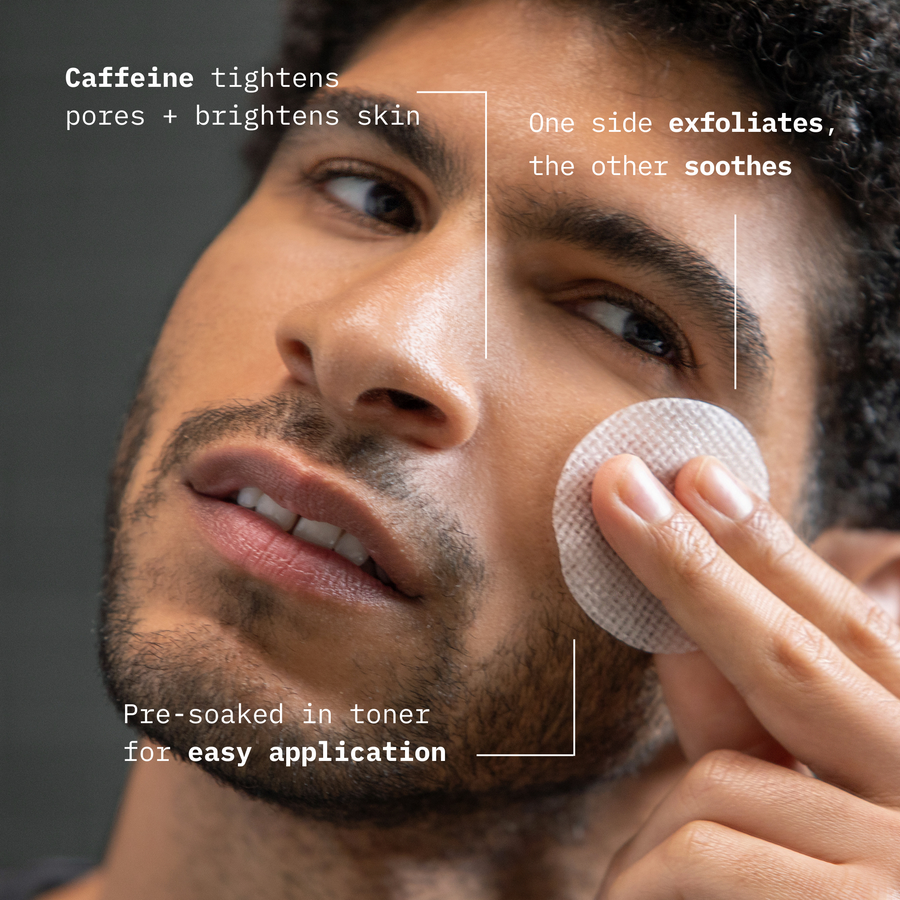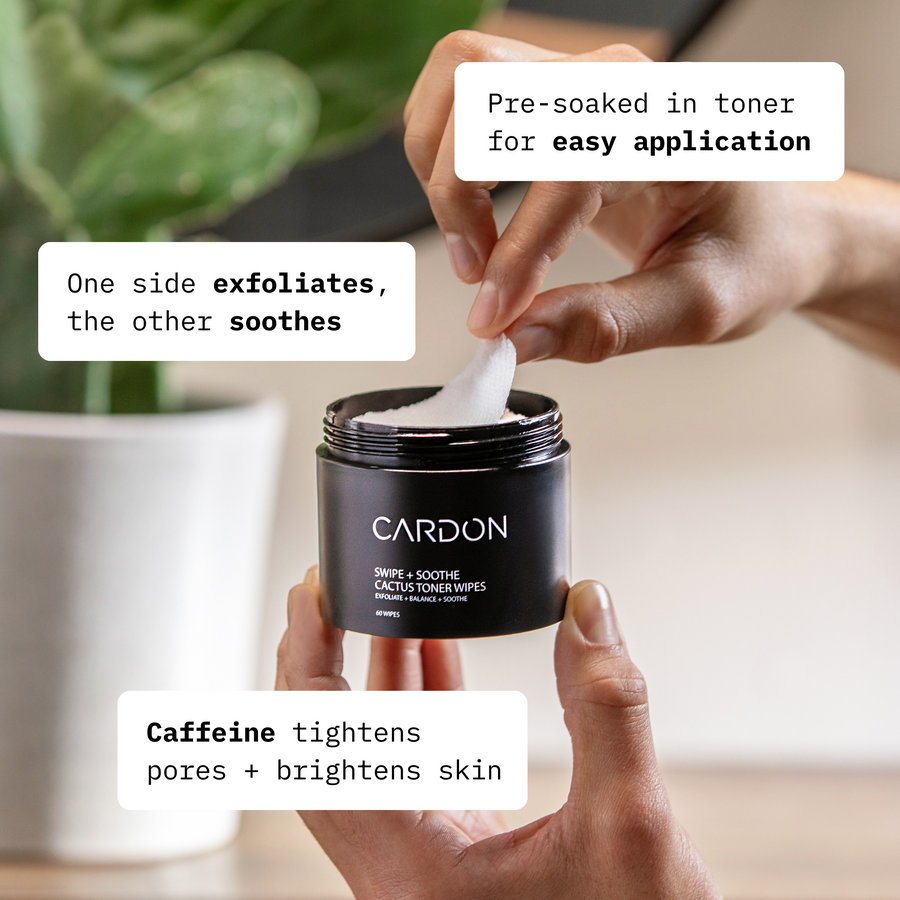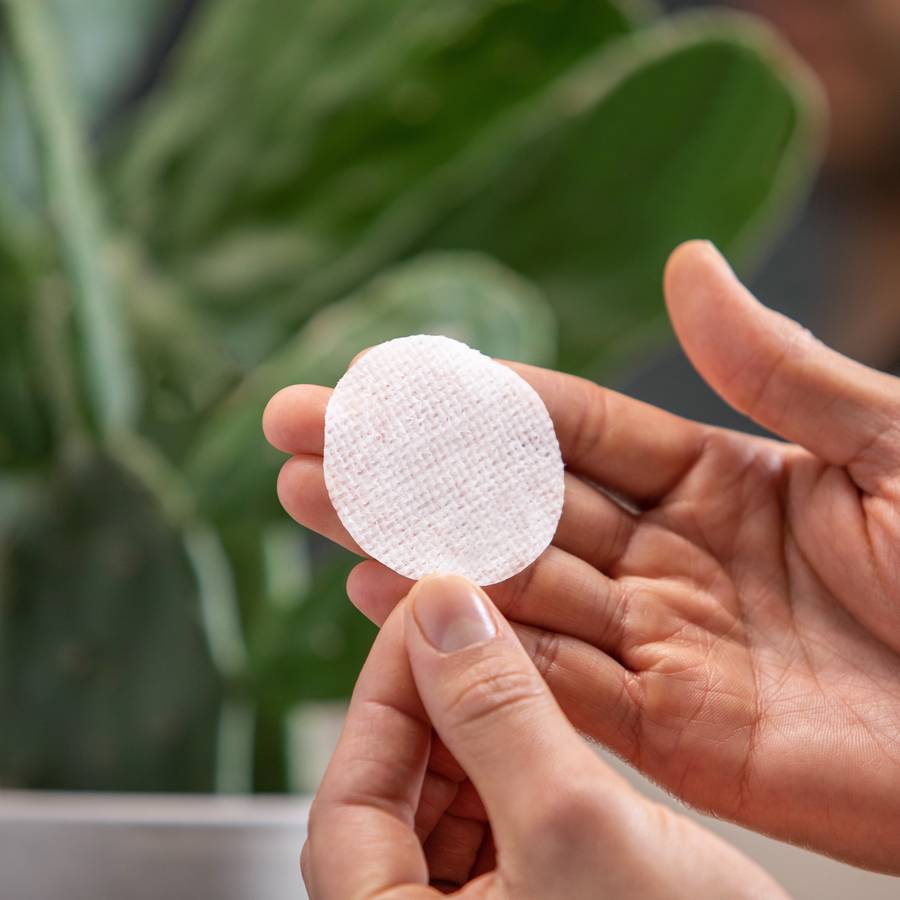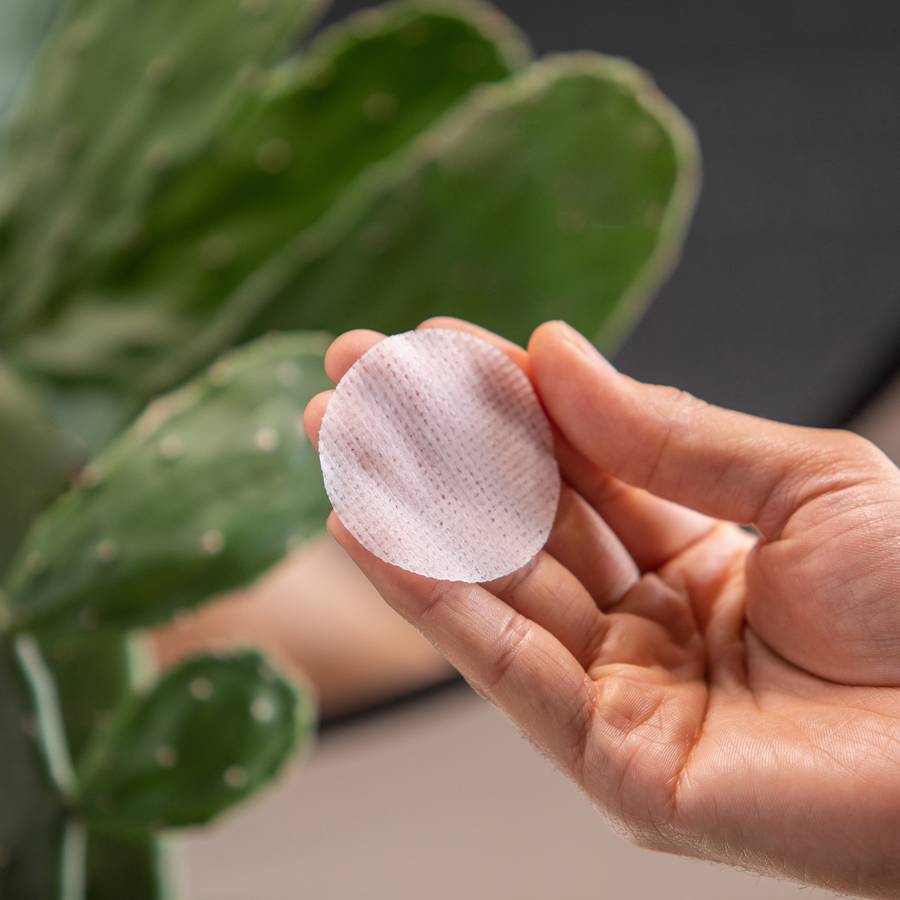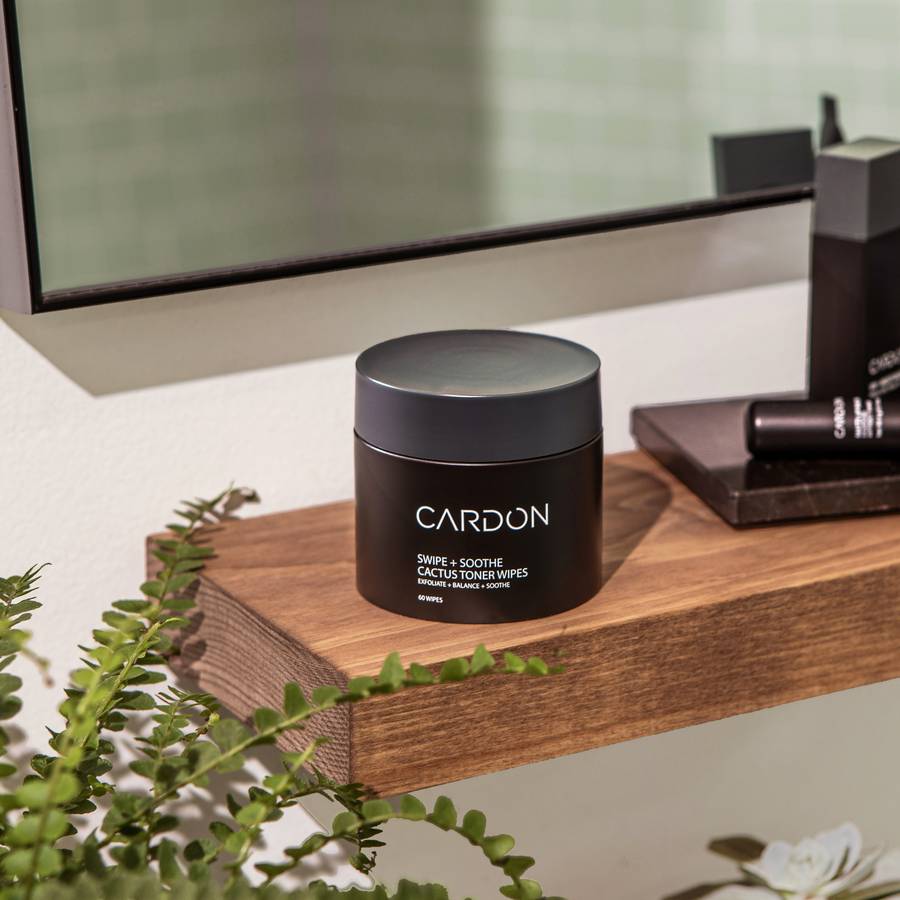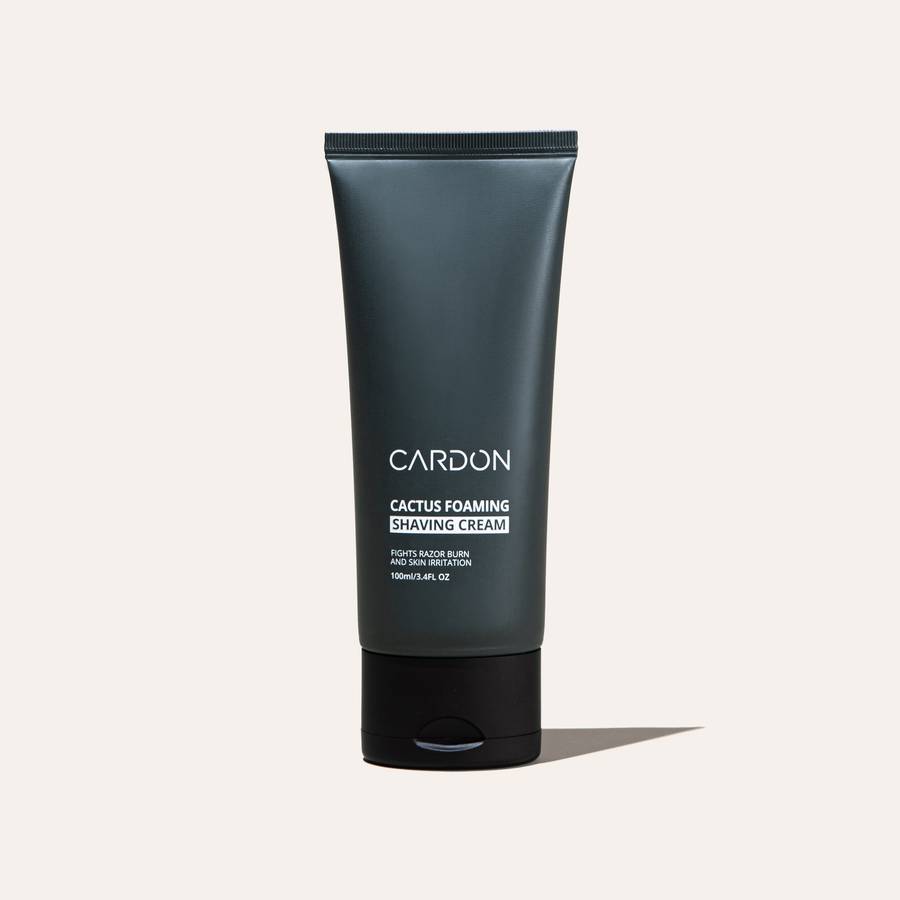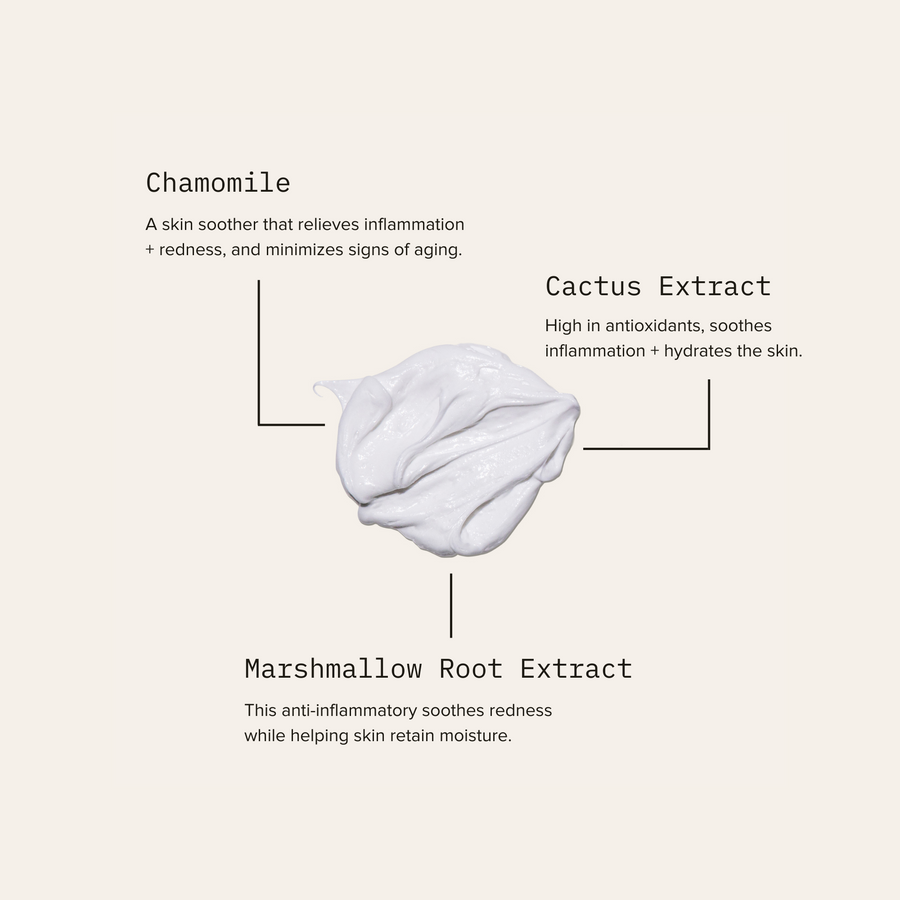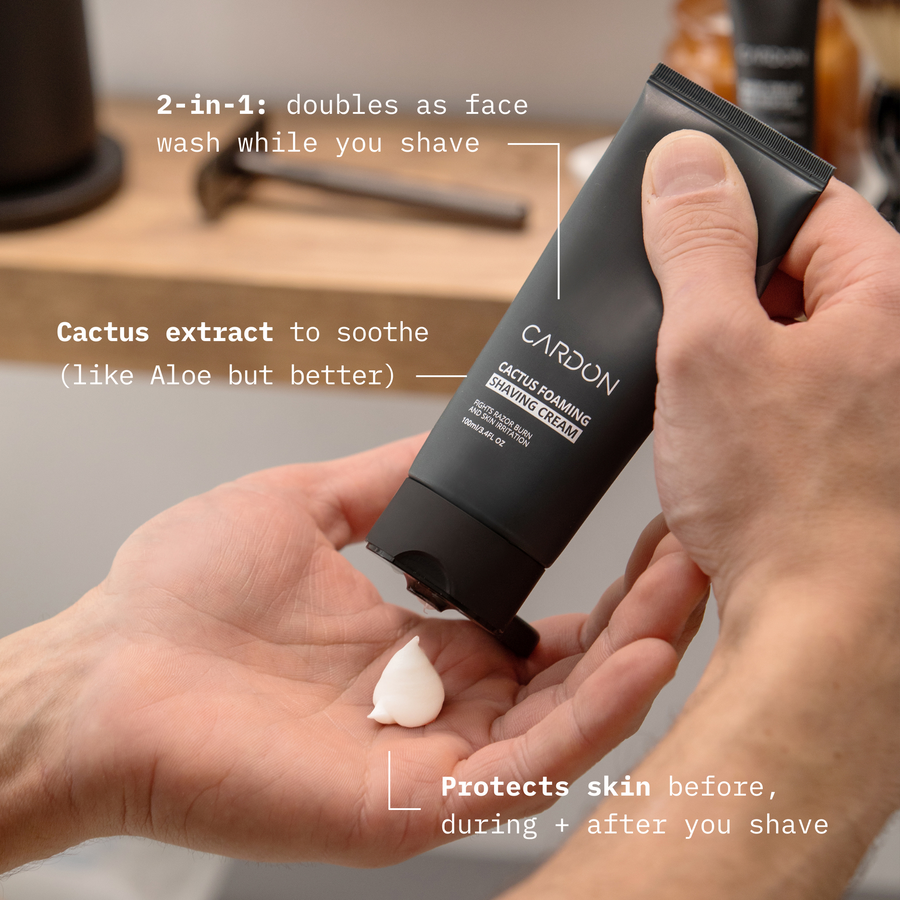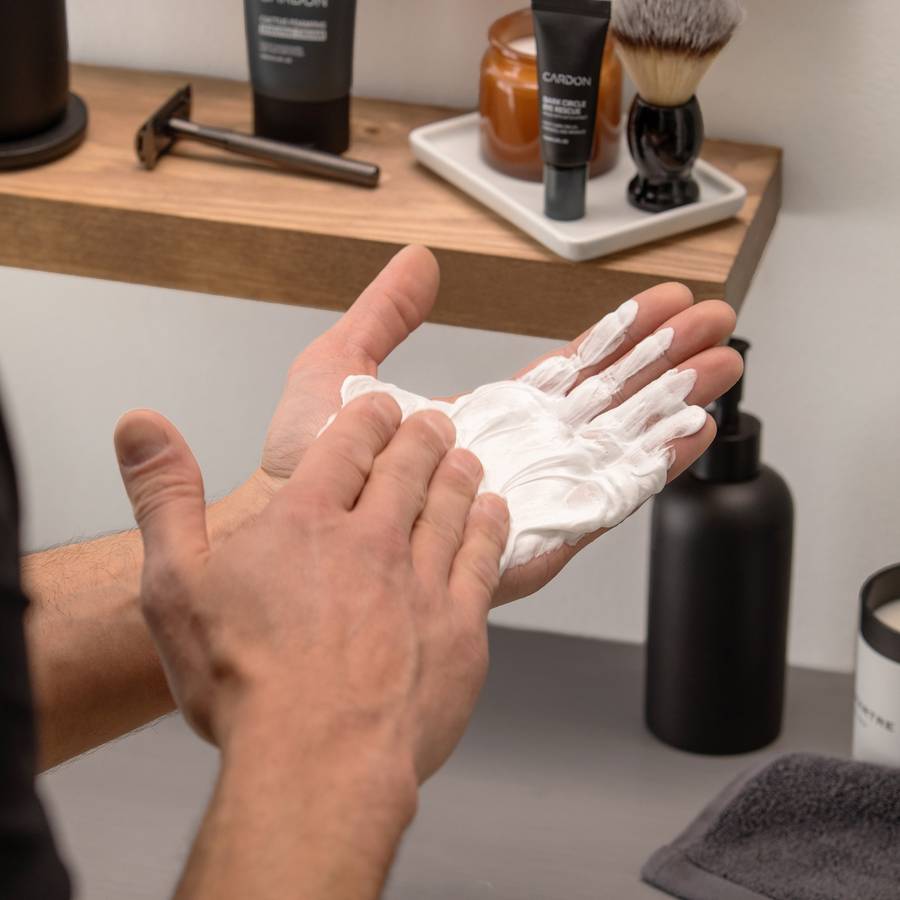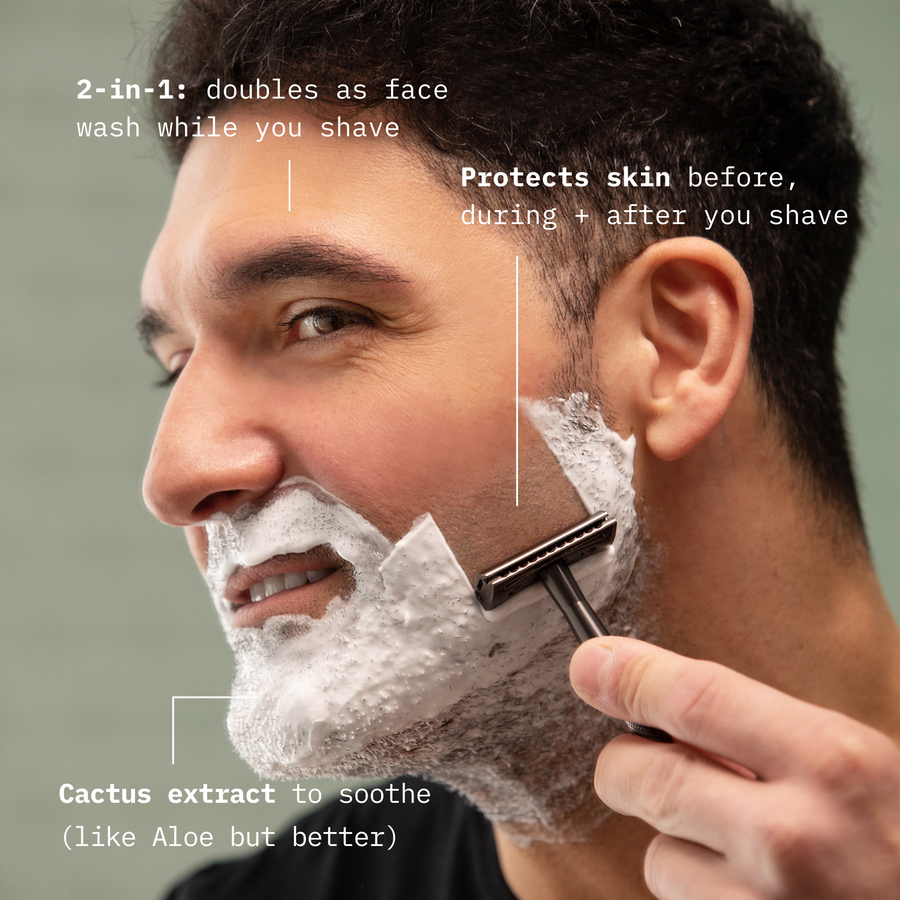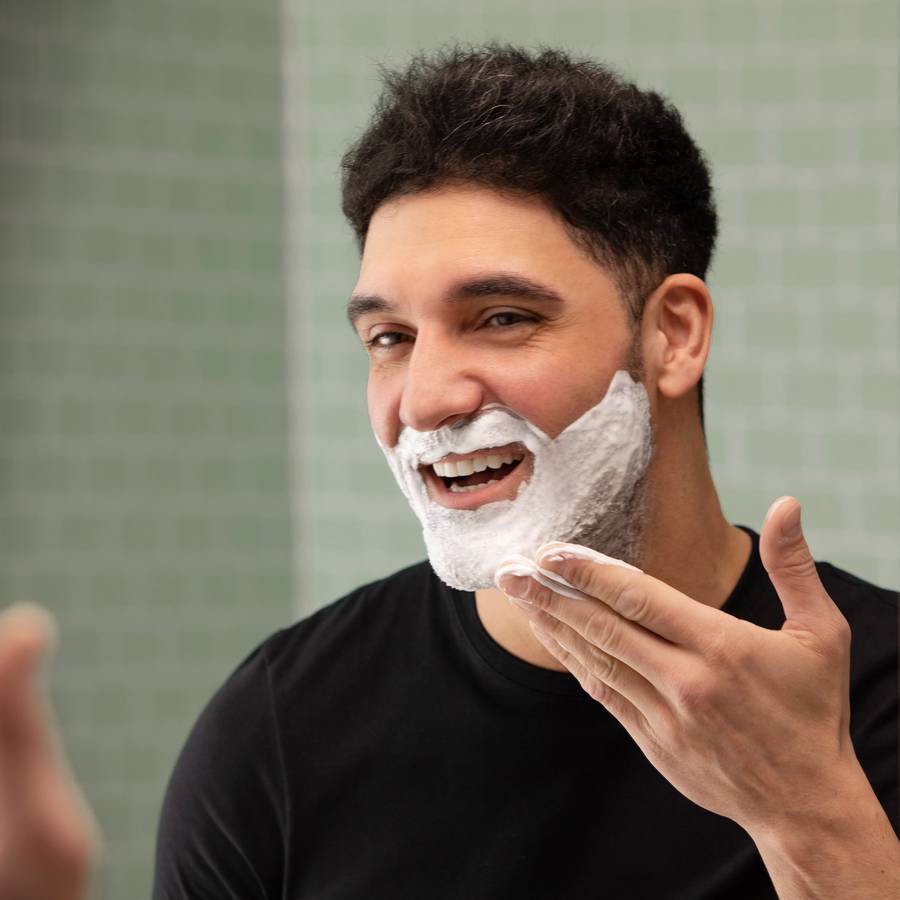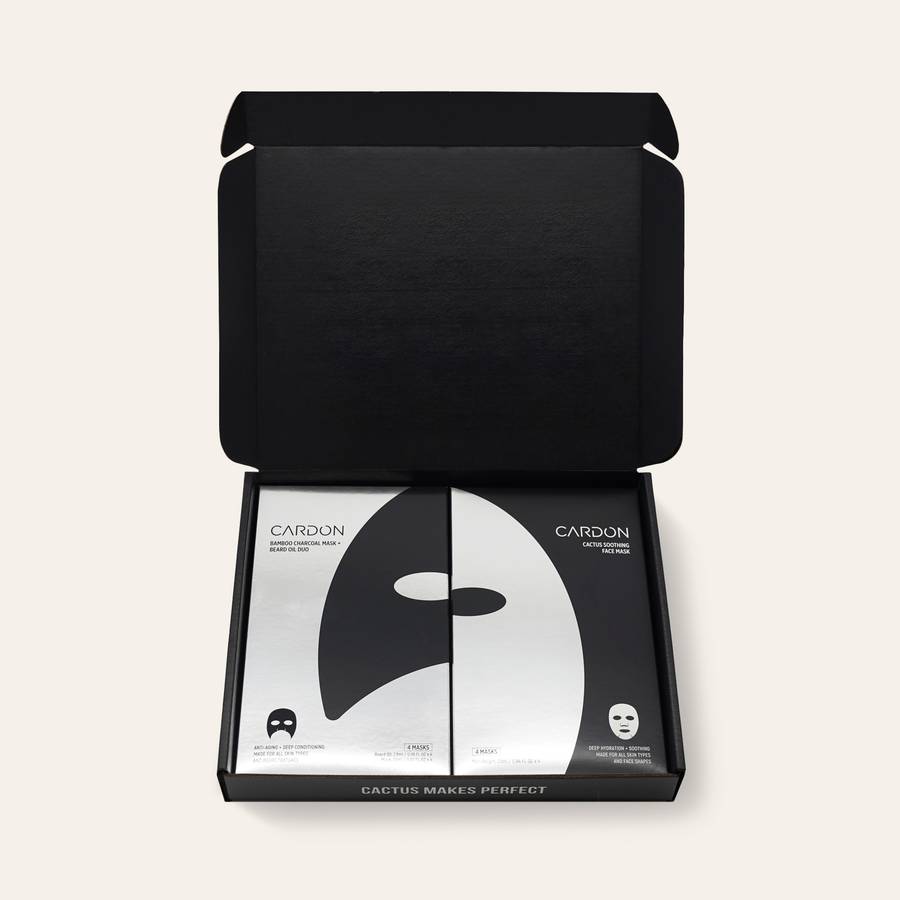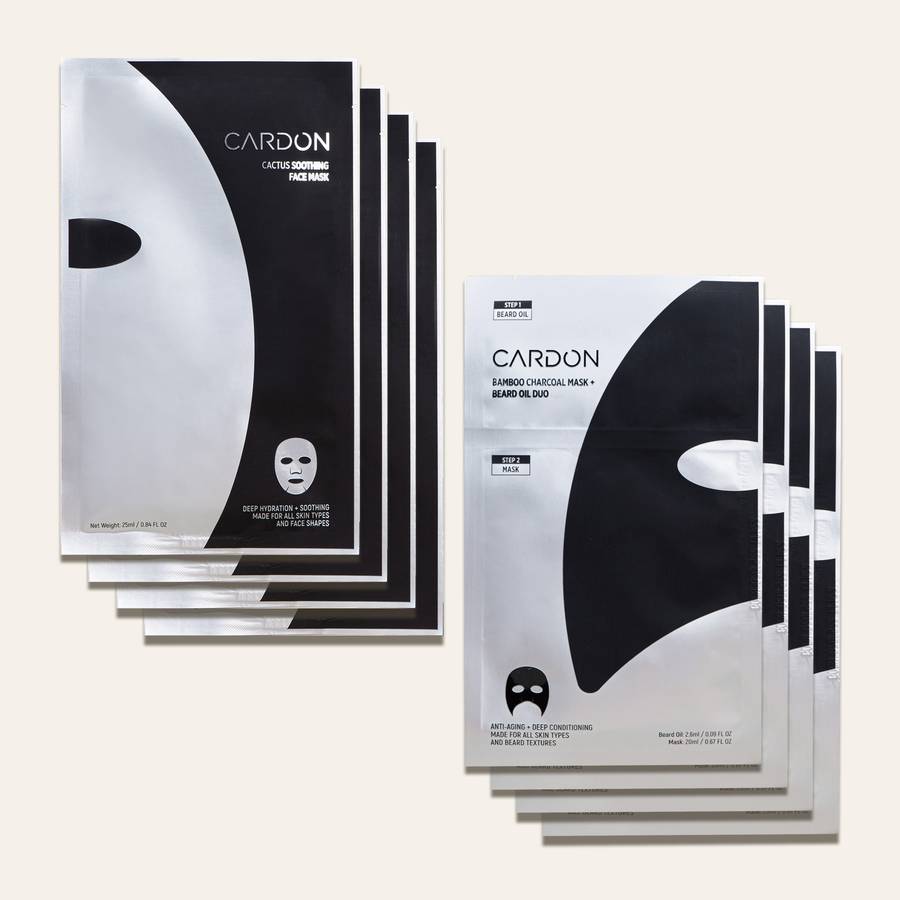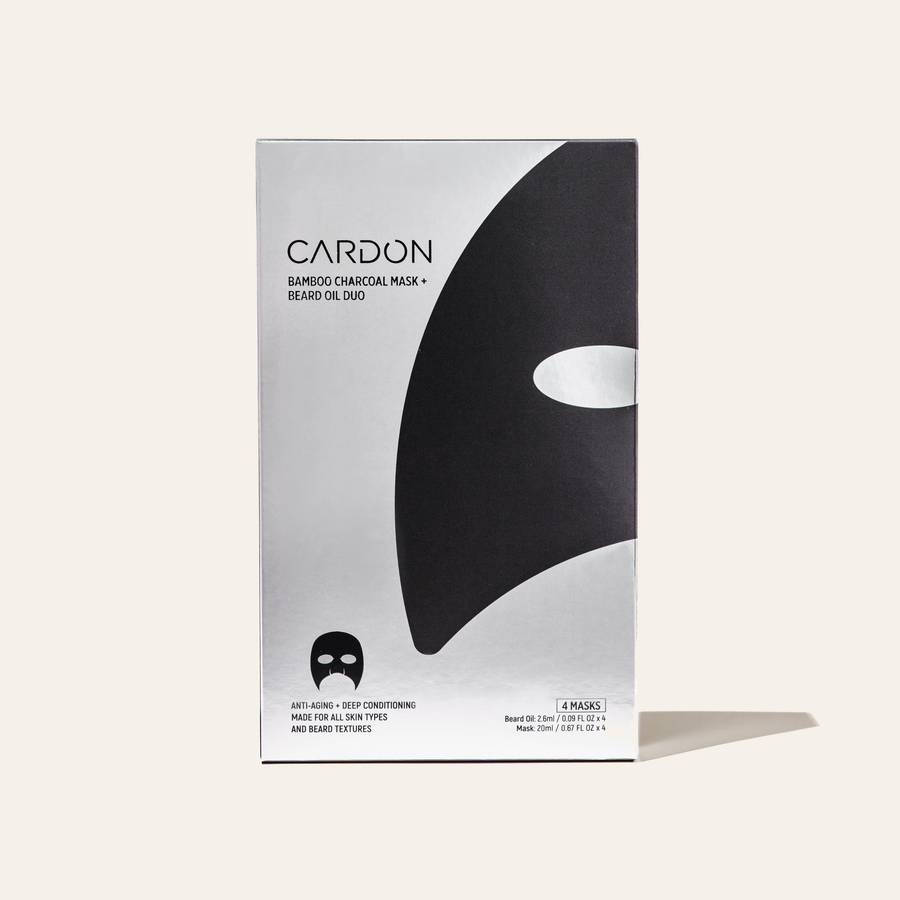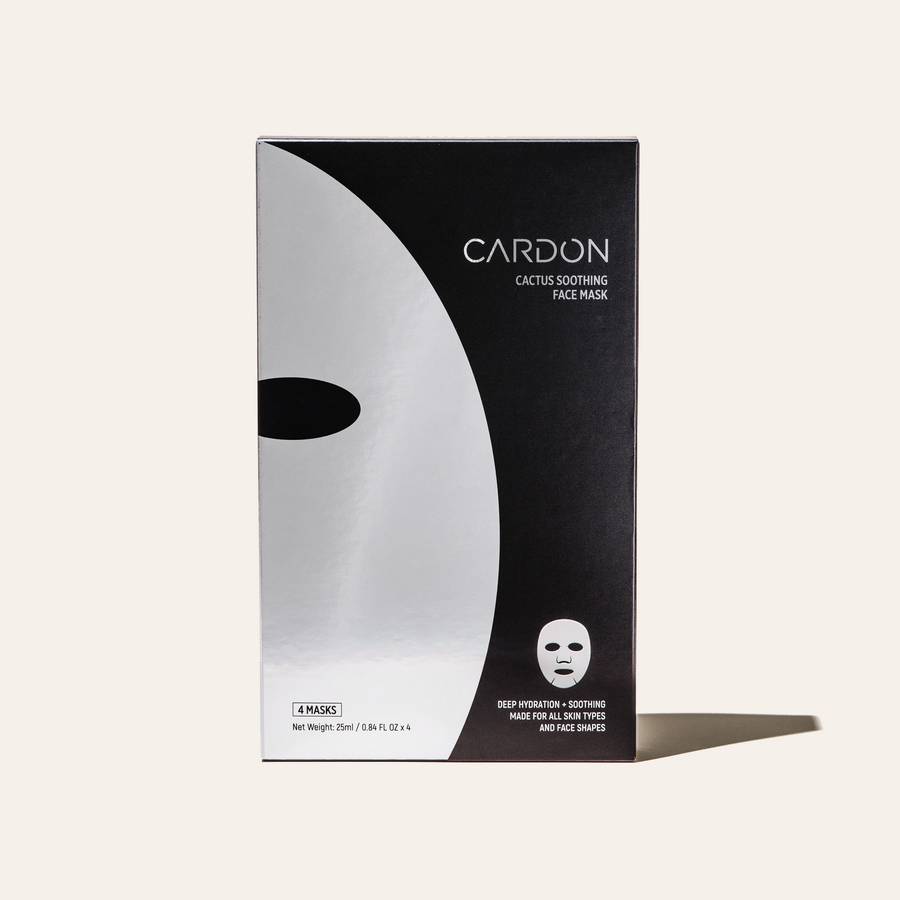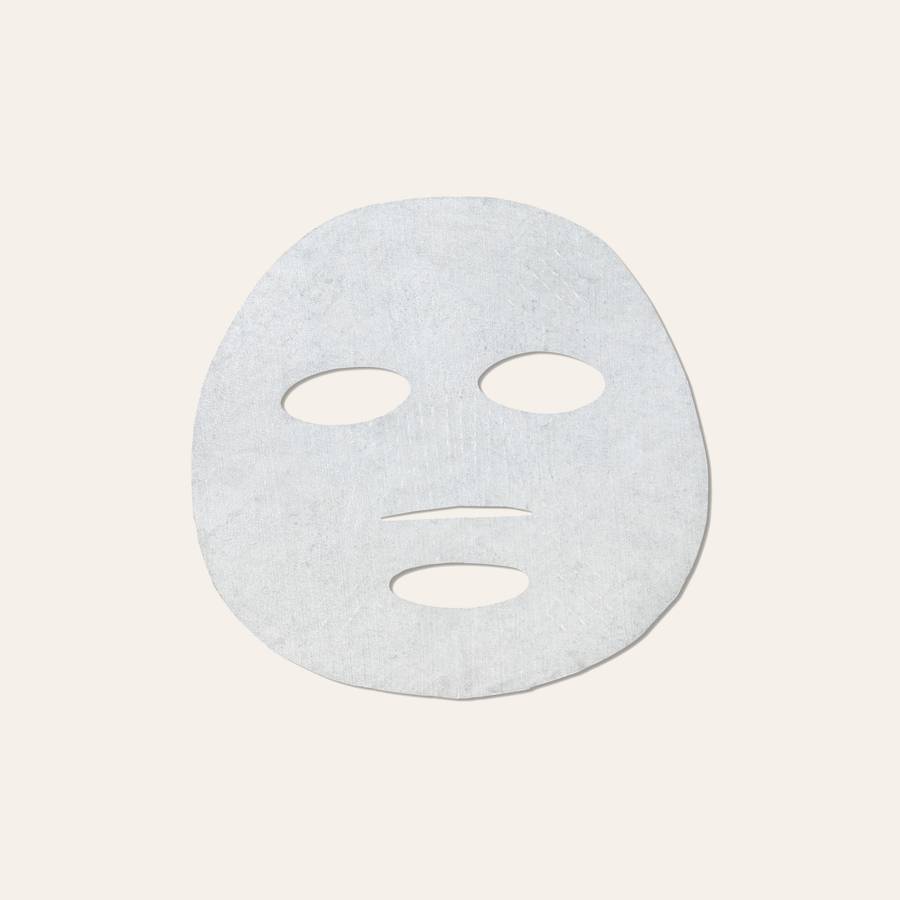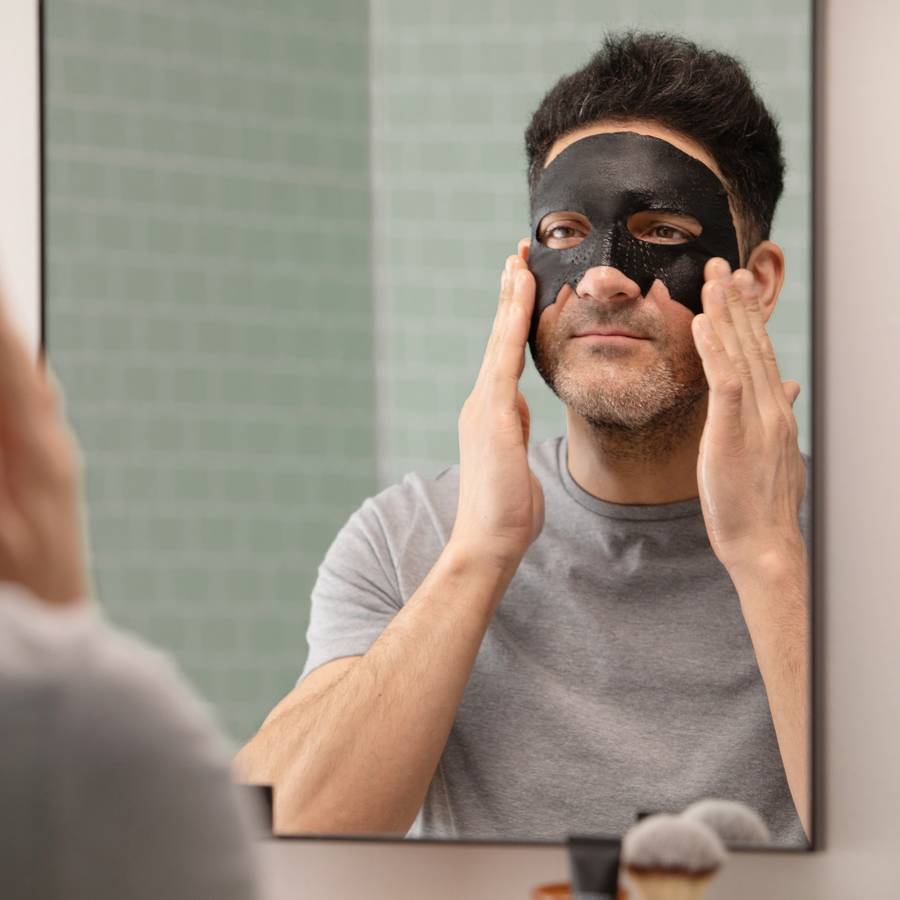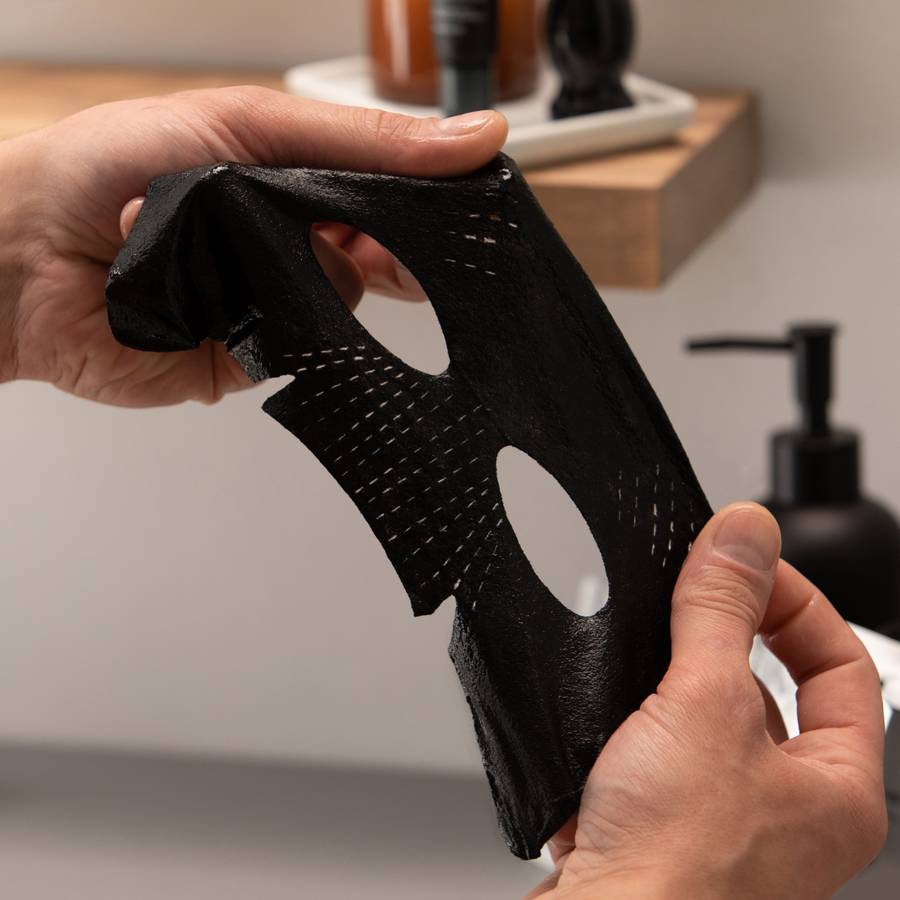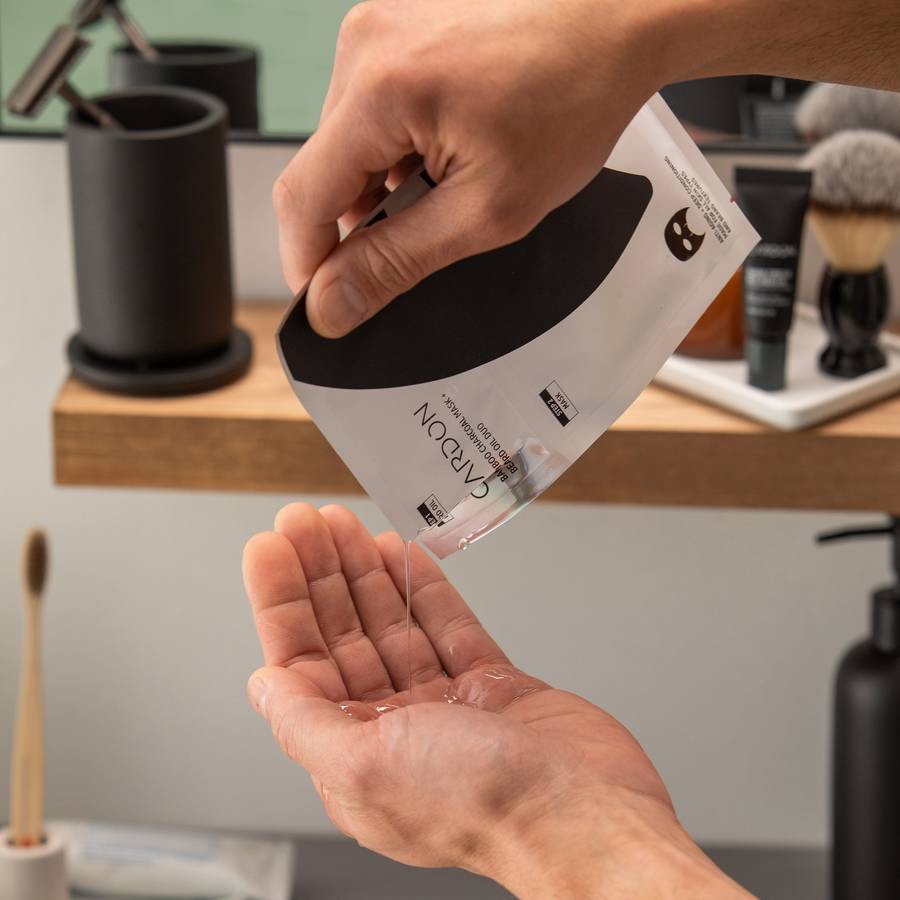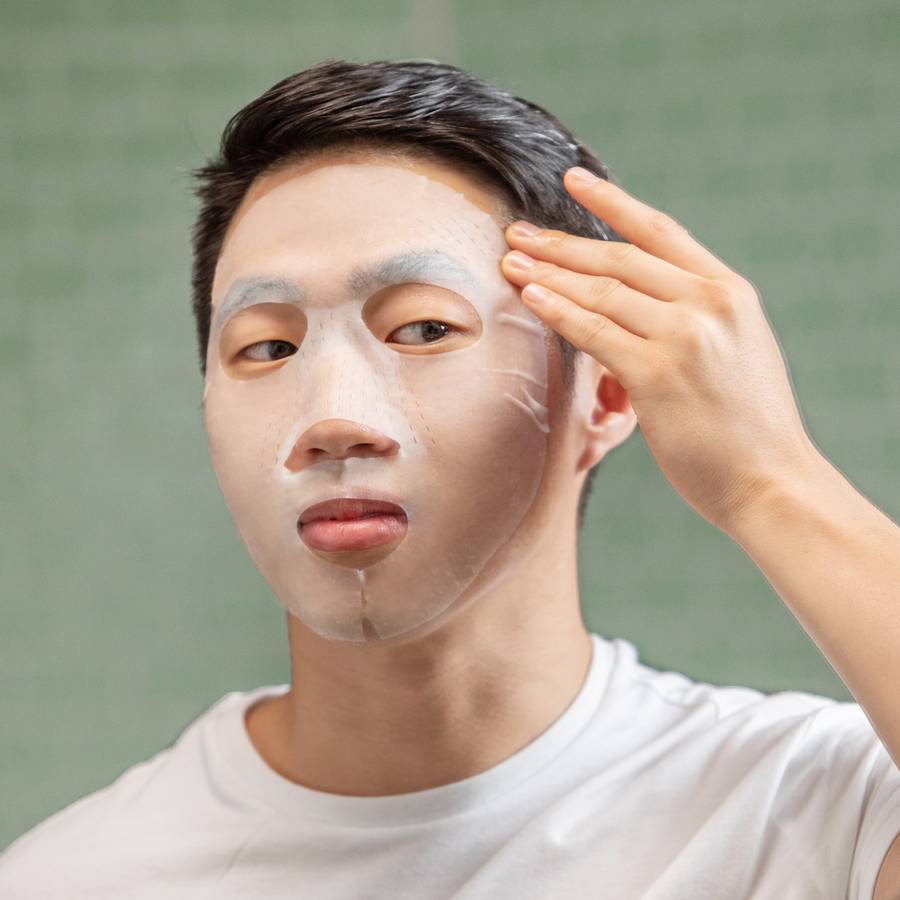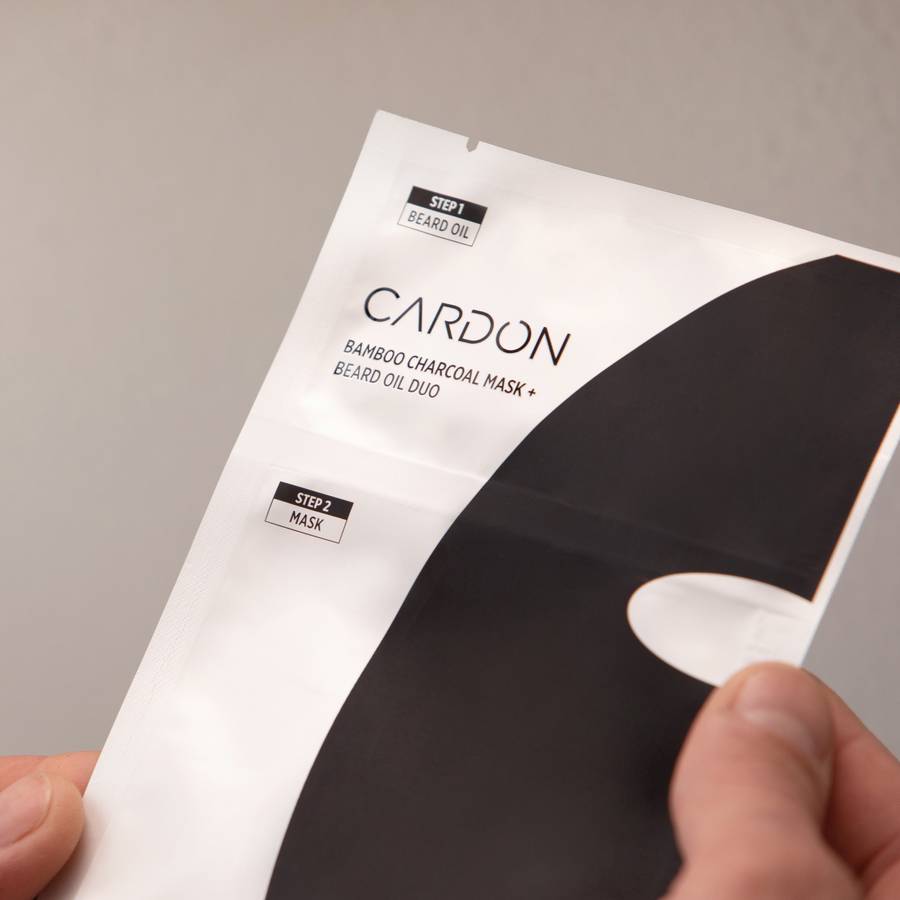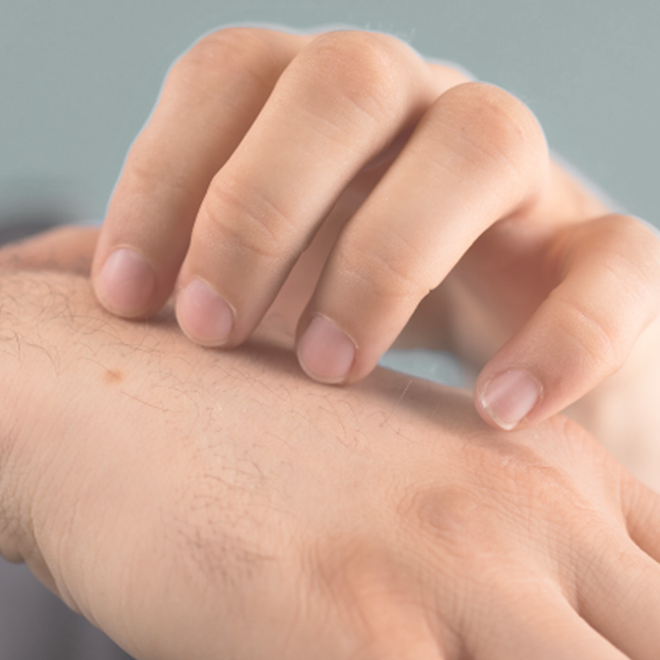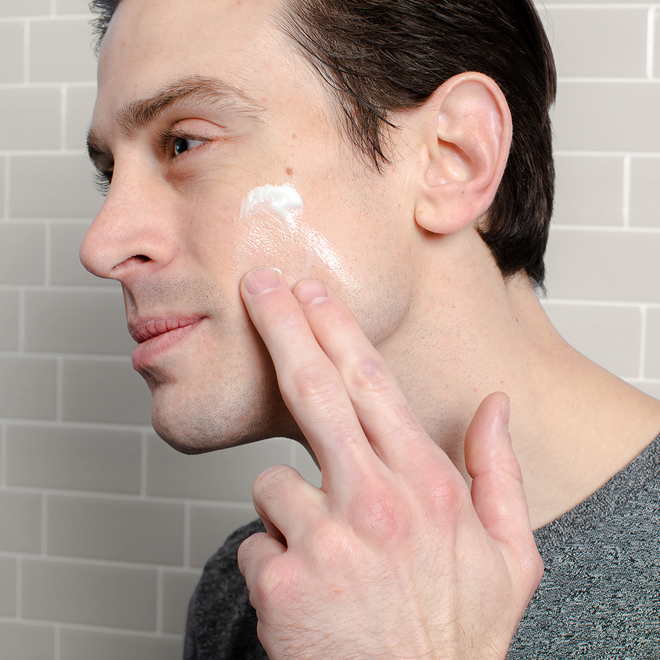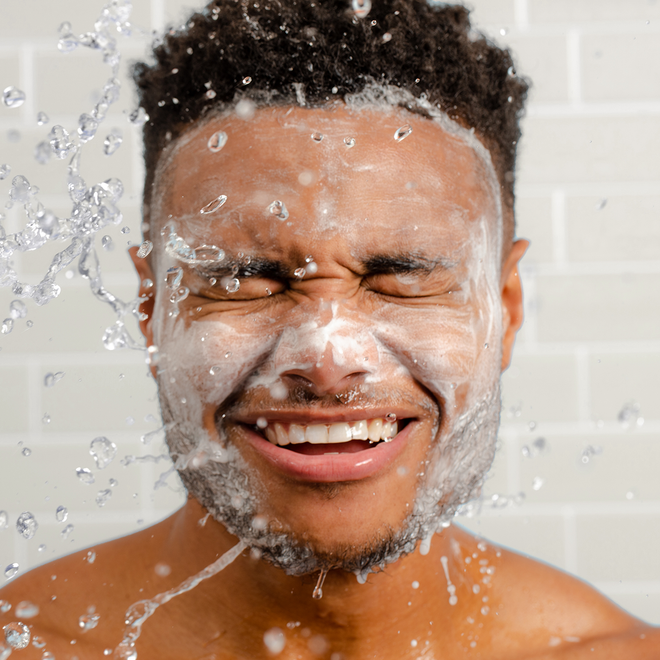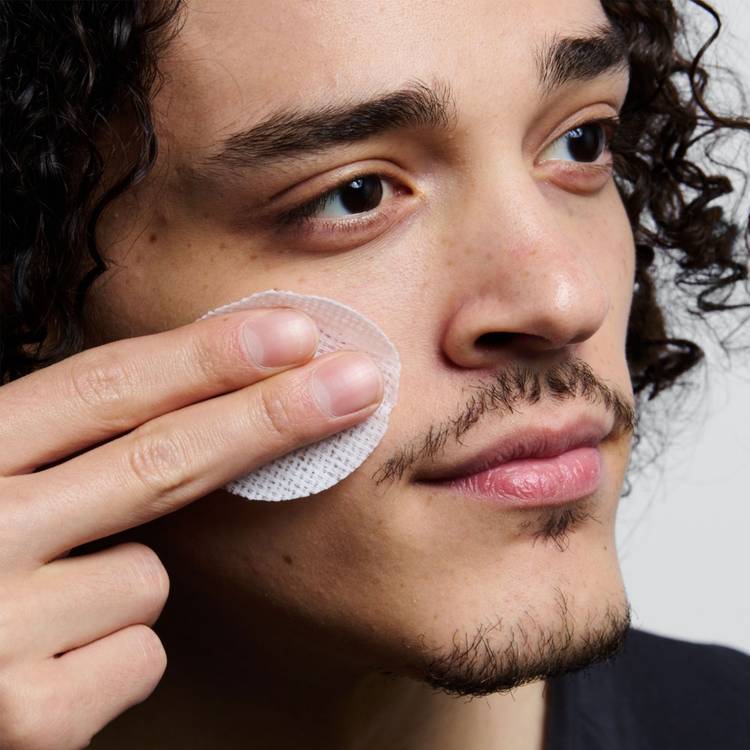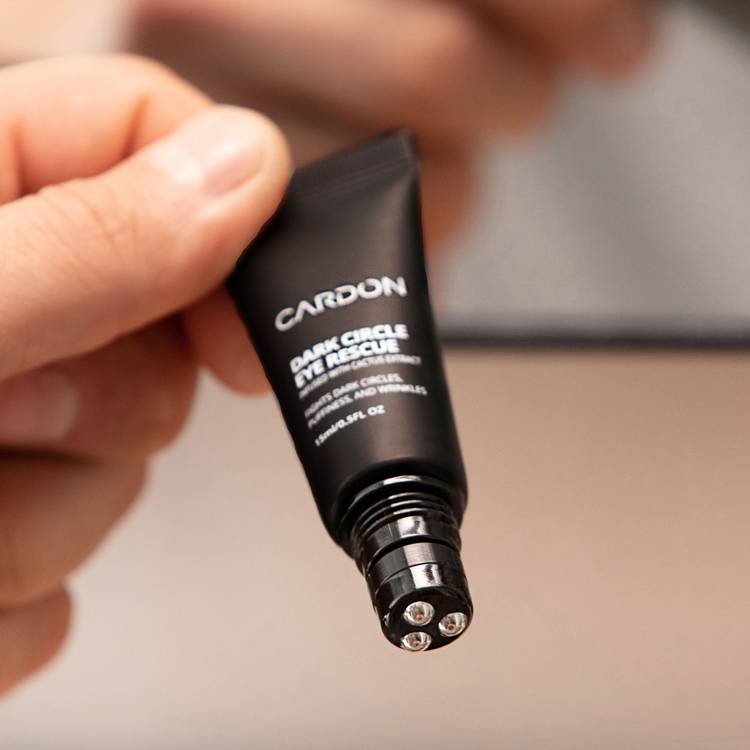Winter Skin Concerns and How to Treat Them

Your skin and complexion are always going to be influenced by your surrounding environment (that includes both indoors and outdoors). The humidity levels in the air play a pivotal role in how much moisture your skin is able to retain, or how much is lost to that dry climate around you. While hot and humid weather tends to give you clearer skin and a more “glowy” radiance, dry environments (like the winter air) will dehydrated skin by pulling that moisture out of the deeper dermis.
So, on the one hand, this emphasizes the need for hydrating and barrier-reinforcing products to preserve that moisture, as well as a scaling back (or corrected course) when it comes to skin-dehydrating habits. (Read more about dry skin and how to avoid it.) Adapting your skincare routine, head to toe, becomes imperative as temperatures decline, so that you can counteract the adverse effects of winter's dry and cold conditions.
Read on for the most common skin conditions caused by winter weather, and for solutions to each one.
Dry Hands and Elbows
What Causes It: Of course, any excessive exposure to cold air and low humidity leads to moisture loss, causing dryness and cracks. That’s going to be a common theme throughout this list. But also, frequent handwashing with harsh soaps exacerbates the condition, as do long, hot showers.
How To Treat It: Apply a rich, emollient hand or body cream regularly to restore moisture to any dry, cracked, chapped, and ashy areas. Protect hands with gloves whenever you go outside, and use mild, hydrating soaps to prevent further dryness. Sleep with a humidifier in the bedroom, too.
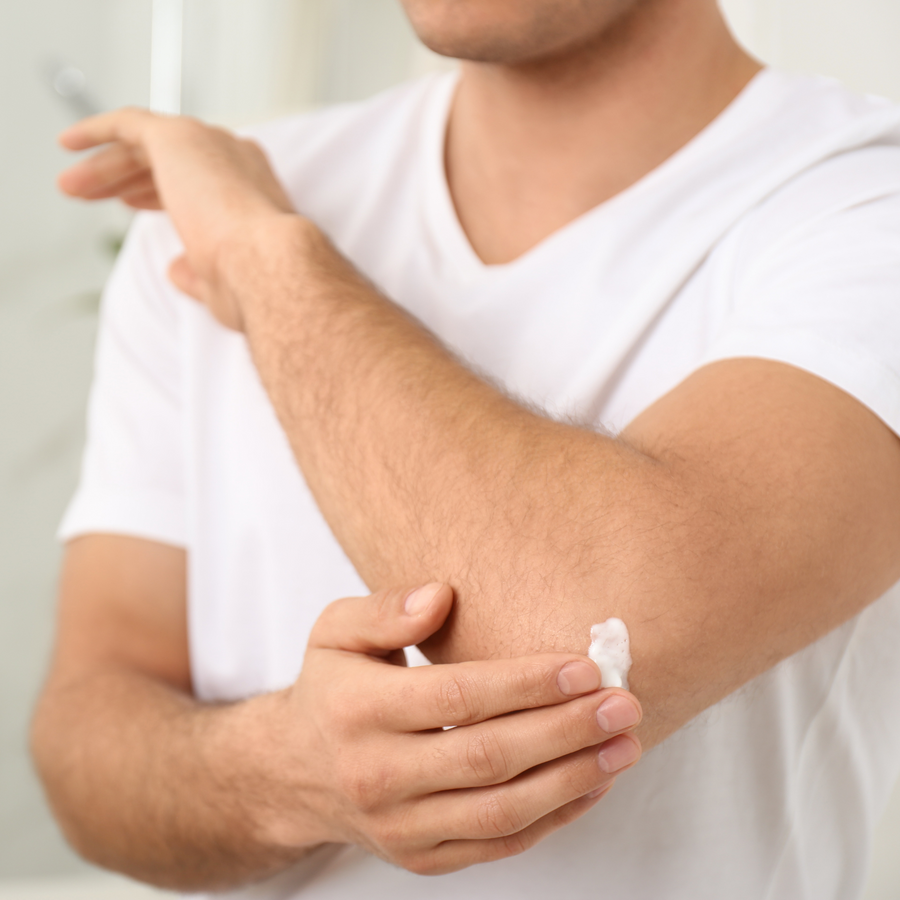

Chapped Lips
What Causes It: Those cold wintry winds and all that cozy indoor heating will do a number on your lips, which have the thinnest and most vulnerable skin on your face. These elements strip lips of natural oils, leading to dryness and chapping. Physical dehydration will also play a role here.
How To Treat It: Use a hydrating lip balm with ingredients like cactus extract and ceramides. Apply it generously and often, especially before bed and before going outside. Stay hydrated by drinking plenty of water, and avoid licking lips, since your saliva can worsen dryness.
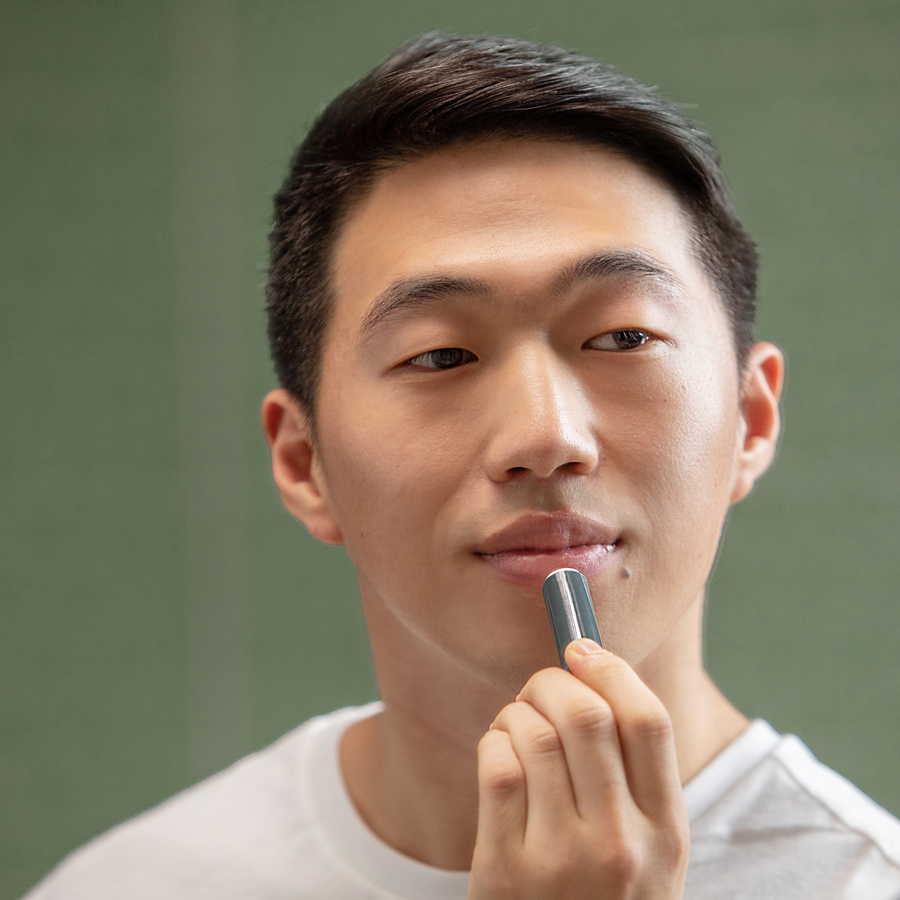

Itchy, Flaky Scalp
What Causes It: Surprise surprise—that cold and dry winter air (with its low humidity) is a big culprit behind dry scalps, and flaky ones too. Ditto for hot showers. If you are prone to dandruff in the first place (specifically if your flaking is rooted in seborrheic dermatitis), then you are especially susceptible in cold weather.
How To Treat It: Choose a moisturizing shampoo and conditioner. Limit hot showers (take shorter, milder ones), and wear a cap whenever you go outside. Consider using a nourishing scalp treatment too, which can be administered as a serum, cream, or a mask.
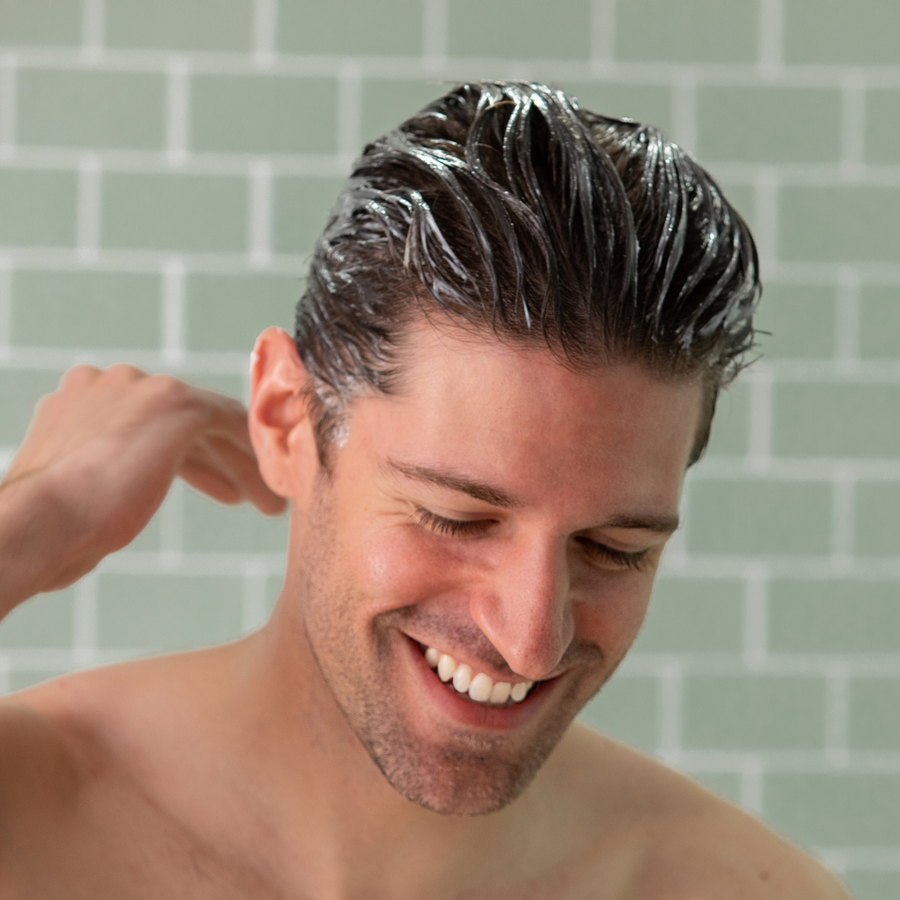

Increased Acne
What Causes It: No, it’s not just you. Those of us with acne-prone skin tend to have our “worst complexion” in the winter. That’s because the dehydration from cold weather and the use of heavy, occlusive moisturizers may lead to clogged pores and increased acne. Friction from scarves and hats can exacerbate the issue, too. (It’s strange how both excessive dryness and excessive oiliness can lead to acne, and same for dandruff.)
How To Treat It: Use a gentle, deeply detoxifying cleanser to unclog pores (but make sure the face wash also has nourishing properties to keep skin soft, like Cardon’s clay cleanser). Also, stick with your usual lightweight, non-comedogenic moisturizers (like Cardon’s SPF30 moisturizer and hydrating gel moisturizer).
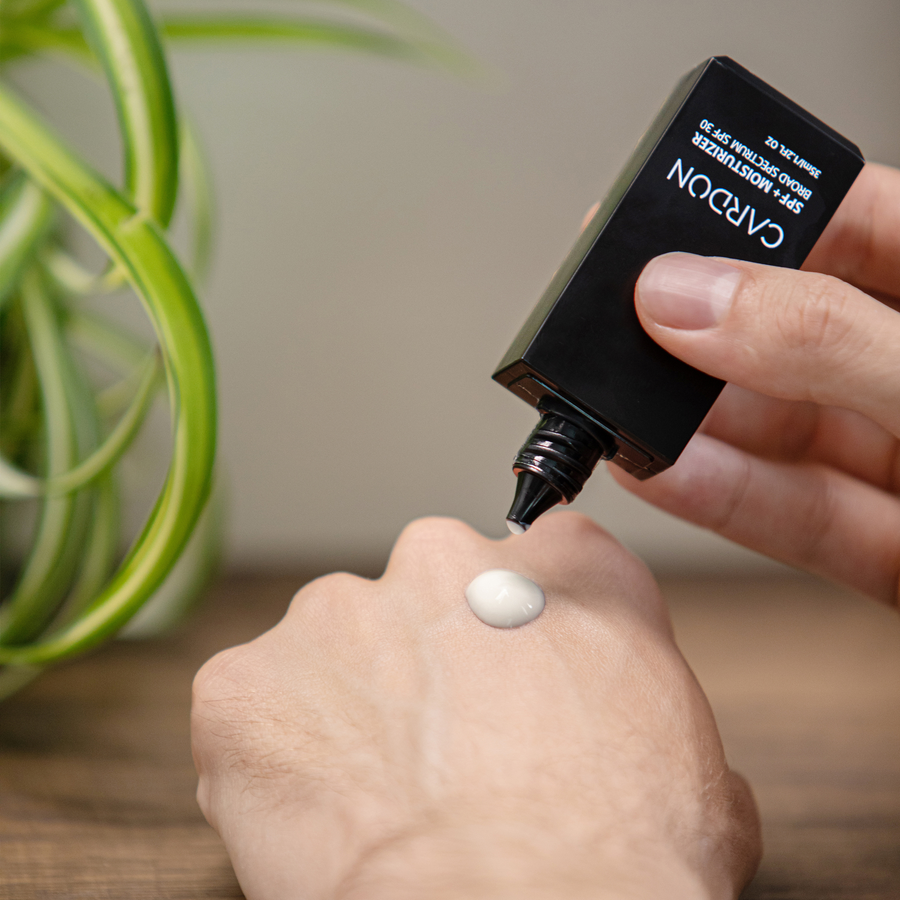

Rashy Skin
What Causes It: Cold, dry winds can give you “wind burn” during the season; once you have experienced that phenomenon, you’ll never look straight into the blowing wintry winds again. Sensitivity to indoor heating can also result in rashy skin, and those hot showers can also play a factor here.
How To Treat It: Moisturize, moisturize, moisturize, and crank up the humidifier when you sleep.
Cracked Heels
What Causes It: Your dry, cracked heels are likely resultant of the indoor heat being cranked too high, the naturally drier air that enters the house, or overly hot showers. If you have a physically laborious job or workout a lot, then there’s a chance you can worsen the situation due to increased activity.
How To Treat It: Soak your feet in warm water and then use an exfoliating tool (like a pumice stone) to remove any dead skin that has built up. Do not scrub anywhere with open wounds. Immediately apply a thick moisturizing cream afterwards, as well as thick socks. And before bed each night, do this same moisturizing and sock-wearing routine on freshly washed feet. Sleep with a humidifier on, and always wear supportive, comfortable shoes. Moisture-absorbing foot powders can also help to keep feet dry during the day, but a good kind of dry (like, sweat free), as the key ingredients (tapioca starch, corn starch, or arrowroot powder) are nourishing in nature and won’t compromise natural moisture levels.
Shop the collection
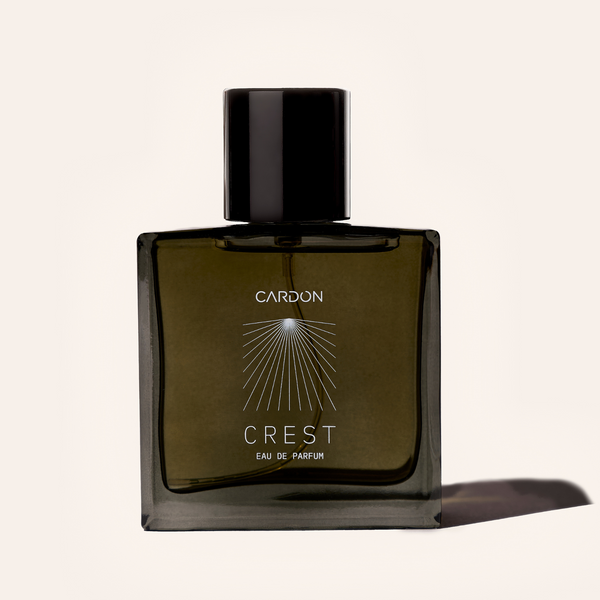
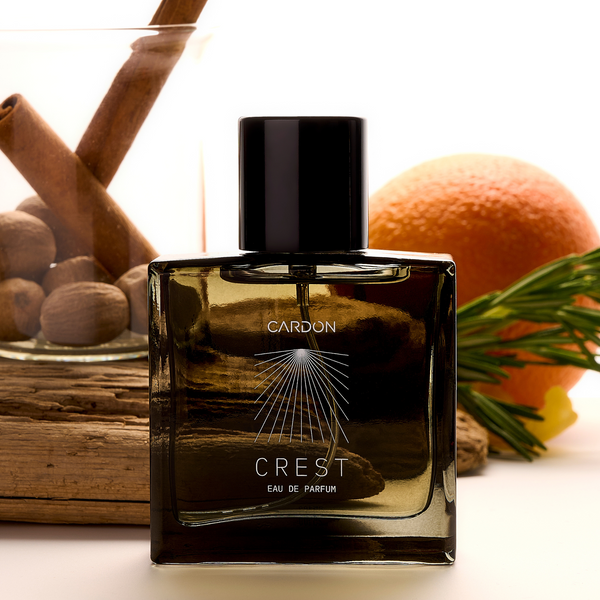
NEW
NEW
Crest Functional Fragrance
Start bold. Stay sharp.
Crest is your citrus-charged confidence boost — bright bergamot and fresh herbs awaken your senses, while ambery woods and warm spices fuel your momentum. Crisp, energizing, and built to keep you fresh all day long.
Functional fragrance, powered by science and scent.
Crafted by world-class perfumers, Crest blends mood-boosting essential oils and high-potency eau de parfum strength. Lemon, orange, and lime spark motivation and positivity, while rosemary and cedarwood sharpen focus and mental clarity — so you move through your morning with unstoppable energy.
Perfect for: Morning commutes, first dates, interviews, or anytime you want to lead with confidence.
Free Sample Included: For a limited time, get a free sample with the purchase of any full-size fragrance! Try it before opening the full-size to be sure you love it.
FREE Sample ($5 value) included with every order.
Crest Functional Fragrance
Start bold. Stay sharp.
Crest is your citrus-charged confidence boost — bright bergamot and fresh herbs awaken your senses, while ambery woods and warm spices fuel your momentum. Crisp, energizing, and built to keep you fresh all day long.
Functional fragrance, powered by science and scent.
Crafted by world-class perfumers, Crest blends mood-boosting essential oils and high-potency eau de parfum strength. Lemon, orange, and lime spark motivation and positivity, while rosemary and cedarwood sharpen focus and mental clarity — so you move through your morning with unstoppable energy.
Perfect for: Morning commutes, first dates, interviews, or anytime you want to lead with confidence.
Free Sample Included: For a limited time, get a free sample with the purchase of any full-size fragrance! Try it before opening the full-size to be sure you love it.
FREE Sample ($5 value) included with every order.
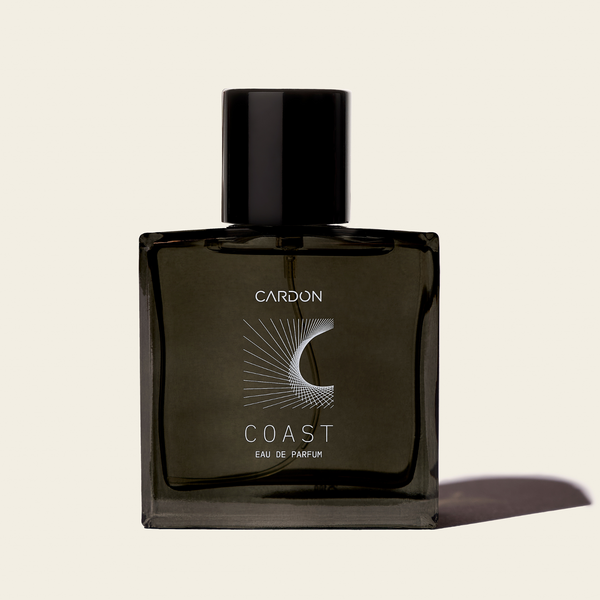
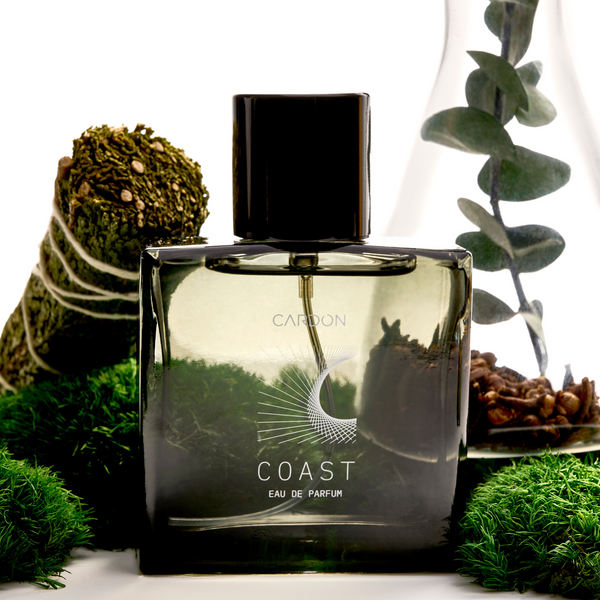
NEW
NEW
Coast Functional Fragrance
Reset your mind. Find your focus.
Coast is like a breath of fresh mountain air — crisp fir needle, cool eucalyptus, and grounding woods clear the mind and re-center your energy. Clean, refreshing, and built to keep you sharp through the midday rush.
Functional fragrance, powered by science and scent.
Crafted by world-class perfumers, Coast blends mood-calibrating essential oils with high-potency eau de parfum strength. Fir needle and cedarwood enhance focus and mental resilience, while clove and juniper ease stress and restore balance — so you can power through with steady clarity.
Perfect for: Workdays, workouts, travel days, or anytime you need a mental reset.
Free Sample Included: For a limited time, get a free sample with the purchase of any full-size fragrance! Try it before opening the full-size to be sure you love it.
FREE Sample ($5 value) included with every order.
Coast Functional Fragrance
Reset your mind. Find your focus.
Coast is like a breath of fresh mountain air — crisp fir needle, cool eucalyptus, and grounding woods clear the mind and re-center your energy. Clean, refreshing, and built to keep you sharp through the midday rush.
Functional fragrance, powered by science and scent.
Crafted by world-class perfumers, Coast blends mood-calibrating essential oils with high-potency eau de parfum strength. Fir needle and cedarwood enhance focus and mental resilience, while clove and juniper ease stress and restore balance — so you can power through with steady clarity.
Perfect for: Workdays, workouts, travel days, or anytime you need a mental reset.
Free Sample Included: For a limited time, get a free sample with the purchase of any full-size fragrance! Try it before opening the full-size to be sure you love it.
FREE Sample ($5 value) included with every order.
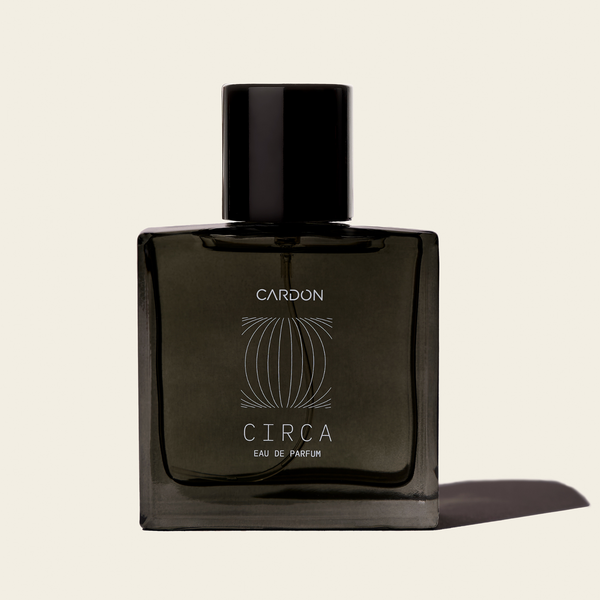
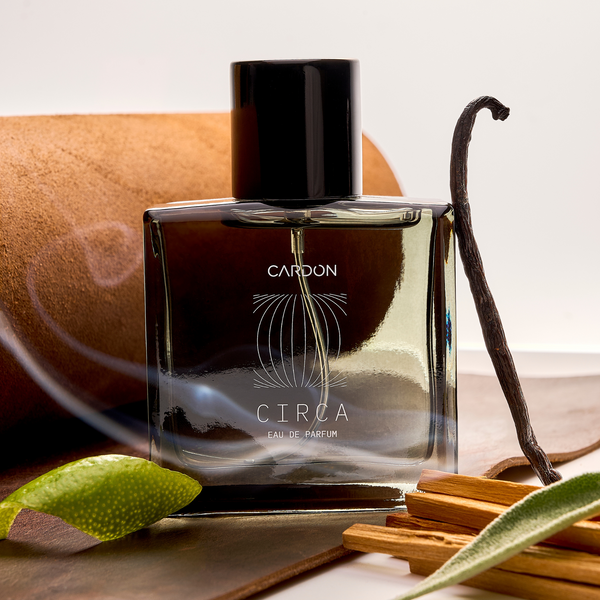
NEW
NEW
Circa Functional Fragrance
Slow down. Show up.
Circa is your evening reset — settle in with warm sandalwood, spicy cardamom, and smooth leather that grounds your senses and builds quiet confidence. Bold, balanced, and built to leave a lasting impression.
Functional fragrance, powered by science and scent.
Crafted by world-class perfumers, Circa blends mood-boosting essential oils with high-potency eau de parfum strength. Sage and patchouli ease stress and tension, while labdanum lulls you into an emotional calm — helping you transition from the rush of the day into your element.
Perfect for: Dinners, nights out, winding down, or anytime you want to reset and recharge.
Free Sample Included: For a limited time, get a free sample with the purchase of any full-size fragrance! Try it before opening the full-size to be sure you love it.
FREE Sample ($5 value) included with every order.
Circa Functional Fragrance
Slow down. Show up.
Circa is your evening reset — settle in with warm sandalwood, spicy cardamom, and smooth leather that grounds your senses and builds quiet confidence. Bold, balanced, and built to leave a lasting impression.
Functional fragrance, powered by science and scent.
Crafted by world-class perfumers, Circa blends mood-boosting essential oils with high-potency eau de parfum strength. Sage and patchouli ease stress and tension, while labdanum lulls you into an emotional calm — helping you transition from the rush of the day into your element.
Perfect for: Dinners, nights out, winding down, or anytime you want to reset and recharge.
Free Sample Included: For a limited time, get a free sample with the purchase of any full-size fragrance! Try it before opening the full-size to be sure you love it.
FREE Sample ($5 value) included with every order.
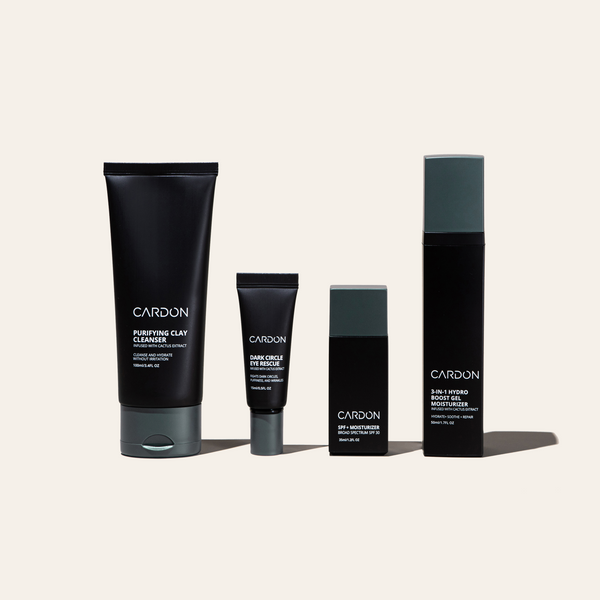
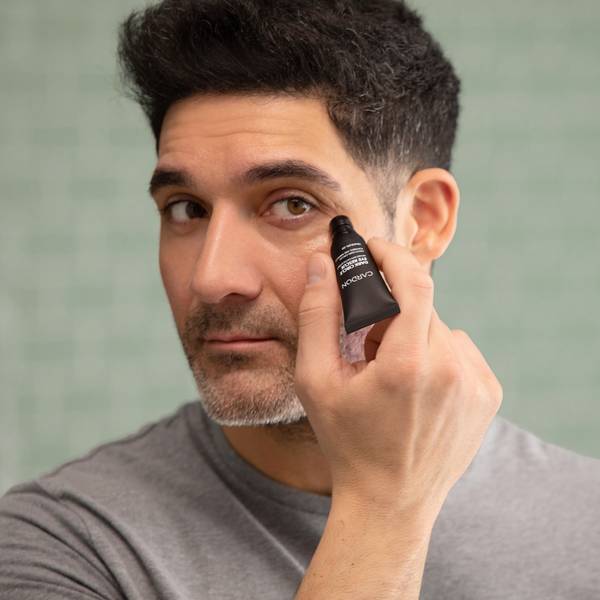
seller
Anti-Aging Skincare Set
good for:
Life comes at you fast. That’s why we developed our Anti-Aging Skincare Set full of just what you need to tackle fine lines, rough texture, and other signs of aging in the skin.
From protecting skin all day long to boosting its ability to repair and rebuild overnight, your past, present, and future selves will thank you.
Includes Steps:
- 01 Dark Circle Eye Rescue
- 02 Purifying Clay Cleanser
- 03 Daily SPF + Moisturizer
- 04 Hydro Boost Gel Moisturizer
Never go empty! Subscribe + Save 15%
Anti-Aging Skincare Set
good for:
Life comes at you fast. That’s why we developed our Anti-Aging Skincare Set full of just what you need to tackle fine lines, rough texture, and other signs of aging in the skin.
From protecting skin all day long to boosting its ability to repair and rebuild overnight, your past, present, and future selves will thank you.
Includes Steps:
- 01 Dark Circle Eye Rescue
- 02 Purifying Clay Cleanser
- 03 Daily SPF + Moisturizer
- 04 Hydro Boost Gel Moisturizer
Never go empty! Subscribe + Save 15%
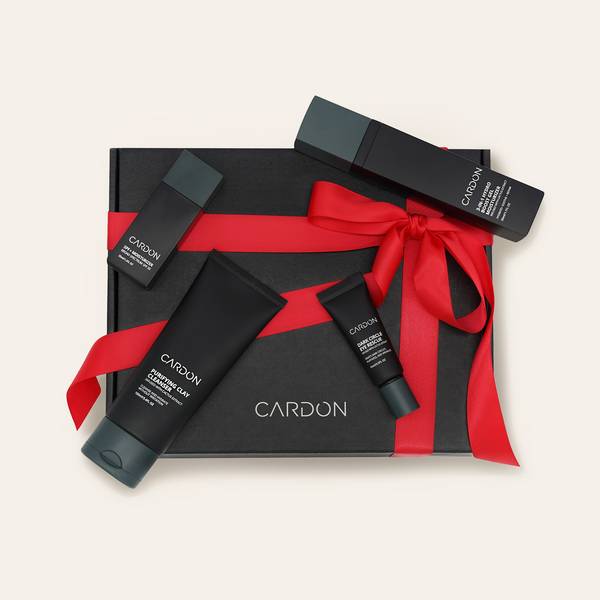
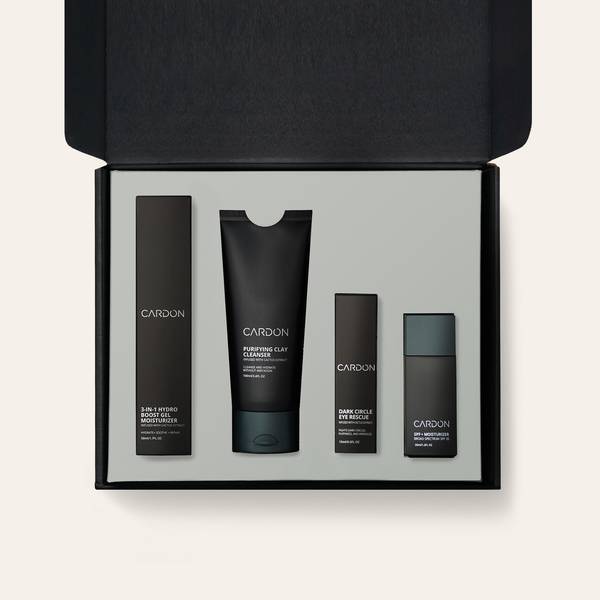
EDITION
GIFT BOX
Limited Edition Gift Set
good for:
This gift set is complete with our bestselling anti-aging products to protect skin all day long, while repairing skin overnight. Targets dark circles, fine lines, and other signs of premature aging.
*Comes ready to gift in our signature gift box.
Includes Steps:
- 01 Purifying Clay Cleanser
- 02 Dark Circle Eye Rescue
- 03 Daily SPF + Moisturizer
- 04 Hydro Boost Gel Moisturizer
"There is no better present to give an older brother than the gift of perfect skin care. I don't know who will like it more, him or his wife. And, of course, I bought more for myself." - David N. | Age: 45-54
Limited Edition Gift Set
good for:
This gift set is complete with our bestselling anti-aging products to protect skin all day long, while repairing skin overnight. Targets dark circles, fine lines, and other signs of premature aging.
*Comes ready to gift in our signature gift box.
Includes Steps:
- 01 Purifying Clay Cleanser
- 02 Dark Circle Eye Rescue
- 03 Daily SPF + Moisturizer
- 04 Hydro Boost Gel Moisturizer
"There is no better present to give an older brother than the gift of perfect skin care. I don't know who will like it more, him or his wife. And, of course, I bought more for myself." - David N. | Age: 45-54
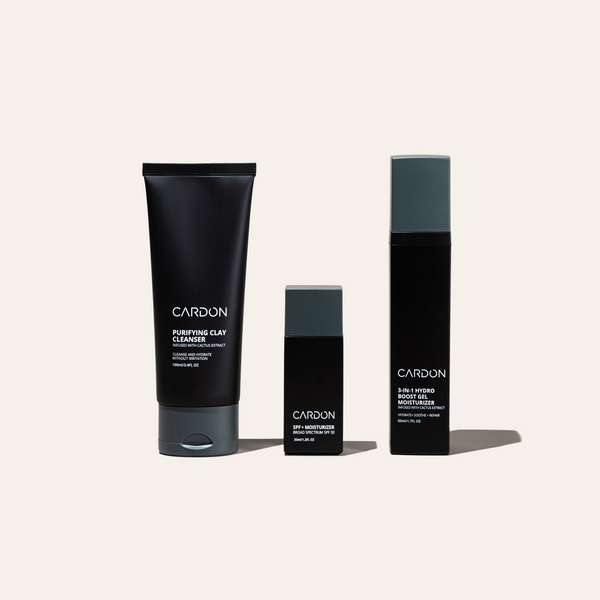
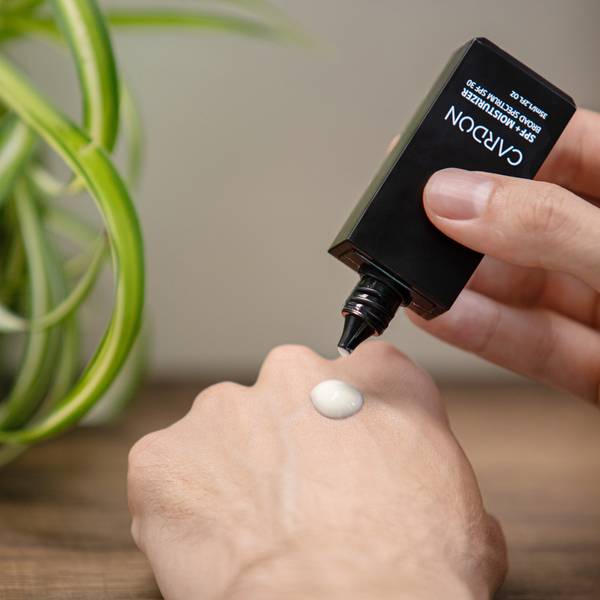
Beginners
Essentials Skincare Set
good for:
Everything you need, nothing you don’t—the Essentials Set is your skincare starter pack. Just cleanse, moisturize, and protect. We took the guesswork out of developing a skincare routine. This is all you need for everyday skin health.
Includes Steps:
- 01 Purifying Clay Cleanser
- 02 Daily SPF + Moisturizer
- 03 Hydro Boost Gel Moisturizer
Never go empty! Subscribe + Save 15%
Essentials Skincare Set
good for:
Everything you need, nothing you don’t—the Essentials Set is your skincare starter pack. Just cleanse, moisturize, and protect. We took the guesswork out of developing a skincare routine. This is all you need for everyday skin health.
Includes Steps:
- 01 Purifying Clay Cleanser
- 02 Daily SPF + Moisturizer
- 03 Hydro Boost Gel Moisturizer
Never go empty! Subscribe + Save 15%
.png?v=1746566224530&options=w_600)
.png?v=1746566237266&options=w_600)
NEW
NEW
Functional Fragrance Discovery Set
Discovery Set comes with $10 off full size fragrance!
Functional fragrance, powered by science and scent.
Crafted by world-class perfumers, Cardon Functional Fragrances blend mood-boosting essential oils and high-potency eau de parfum strength to keep you feeling and smelling great every moment of the day.
Crest uplifts and energizes your morning with bright citrus, cedar and warm spice. When you need a mental reset midday, Coast brings clarity with fresh fir, earthy moss and cool eucalyptus. Circa helps you settle into the evening with calm confidence featuring sensual sandalwood, leather, and vetiver.
Discovery Set includes 1.5mL sample vial of each scent. Limited to one per customer per order.
Includes Steps:
- 01 Crest Functional Fragrance Sample
- 02 Coast Functional Fragrance Sample
- 03 Circa Functional Fragrance Sample
Includes $10 off full-size fragrance!
Functional Fragrance Discovery Set
Discovery Set comes with $10 off full size fragrance!
Functional fragrance, powered by science and scent.
Crafted by world-class perfumers, Cardon Functional Fragrances blend mood-boosting essential oils and high-potency eau de parfum strength to keep you feeling and smelling great every moment of the day.
Crest uplifts and energizes your morning with bright citrus, cedar and warm spice. When you need a mental reset midday, Coast brings clarity with fresh fir, earthy moss and cool eucalyptus. Circa helps you settle into the evening with calm confidence featuring sensual sandalwood, leather, and vetiver.
Discovery Set includes 1.5mL sample vial of each scent. Limited to one per customer per order.
Includes Steps:
- 01 Crest Functional Fragrance Sample
- 02 Coast Functional Fragrance Sample
- 03 Circa Functional Fragrance Sample
Includes $10 off full-size fragrance!
.png?v=1671636443230&options=w_600)
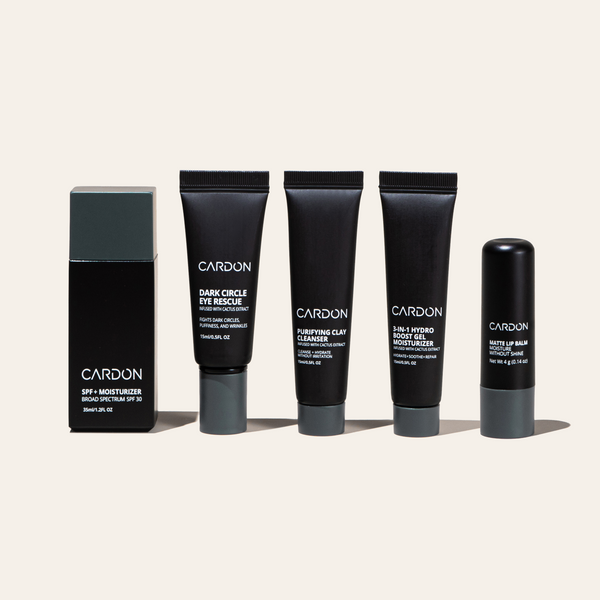
Limited Edition Jet Set Travel Kit
good for:
NEW! Limited Edition Jet Set Travel Kit with Dopp Kit.
With our new Jet Set Travel Kit, you can ditch the hotel samples for an on-the-go routine built with your skin in mind. These five simple steps cover all the bases– from cleansing your face to hydrating your lips– and they're all you need to pack before you hit the road. And, yes, it’s TSA-approved.
Includes Steps:
- 01 Daily SPF + Moisturizer
- 02 Dark Circle Eye Rescue
- 03 Clay Cleanser Sample, 15ml
- 04 Hydro Boost Gel Sample, 15ml
- 05 Matte Lip Balm
"I am a 55 years old and I have started to show my age on my face. After a long day in an aircraft cabin, this is exactly what my skin needs. It doesn’t take much time to complete and the results are worth it." – Jerri P.
Limited Edition Jet Set Travel Kit
good for:
NEW! Limited Edition Jet Set Travel Kit with Dopp Kit.
With our new Jet Set Travel Kit, you can ditch the hotel samples for an on-the-go routine built with your skin in mind. These five simple steps cover all the bases– from cleansing your face to hydrating your lips– and they're all you need to pack before you hit the road. And, yes, it’s TSA-approved.
Includes Steps:
- 01 Daily SPF + Moisturizer
- 02 Dark Circle Eye Rescue
- 03 Clay Cleanser Sample, 15ml
- 04 Hydro Boost Gel Sample, 15ml
- 05 Matte Lip Balm
"I am a 55 years old and I have started to show my age on my face. After a long day in an aircraft cabin, this is exactly what my skin needs. It doesn’t take much time to complete and the results are worth it." – Jerri P.
.png?v=1701688836389&options=w_600)
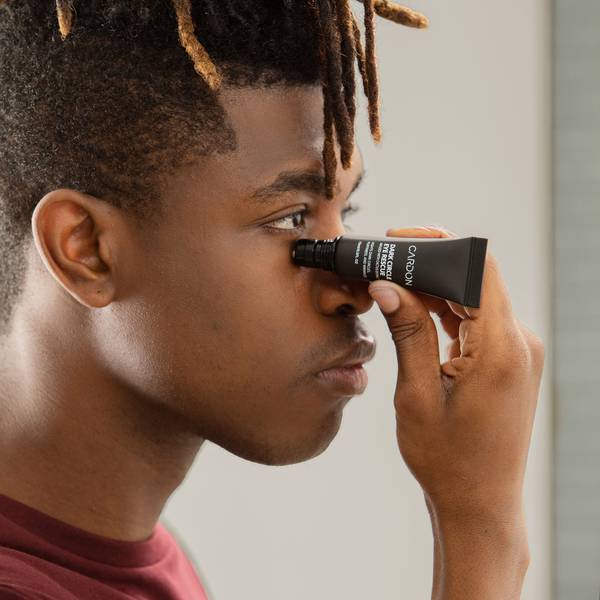
Dark Circles Skincare Set
good for:
All work and no play makes for dull skin.
The Dark Circles Skincare Set is perfect for those looking to brighten and revive dull and tired looking skin. Cleanses debris and grime from the day, depuffs and treats under eye bags, and rehydrates while soothing the skin in your sleep.
Includes Steps:
- 01 Purifying Clay Cleanser
- 02 Dark Circle Eye Rescue
- 03 Hydro Boost Gel Moisturizer
Never go empty! Subscribe + Save 15%
Dark Circles Skincare Set
good for:
All work and no play makes for dull skin.
The Dark Circles Skincare Set is perfect for those looking to brighten and revive dull and tired looking skin. Cleanses debris and grime from the day, depuffs and treats under eye bags, and rehydrates while soothing the skin in your sleep.
Includes Steps:
- 01 Purifying Clay Cleanser
- 02 Dark Circle Eye Rescue
- 03 Hydro Boost Gel Moisturizer
Never go empty! Subscribe + Save 15%
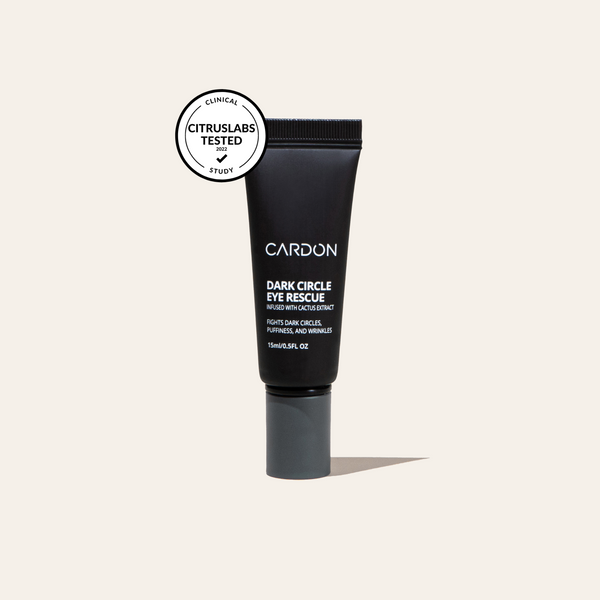
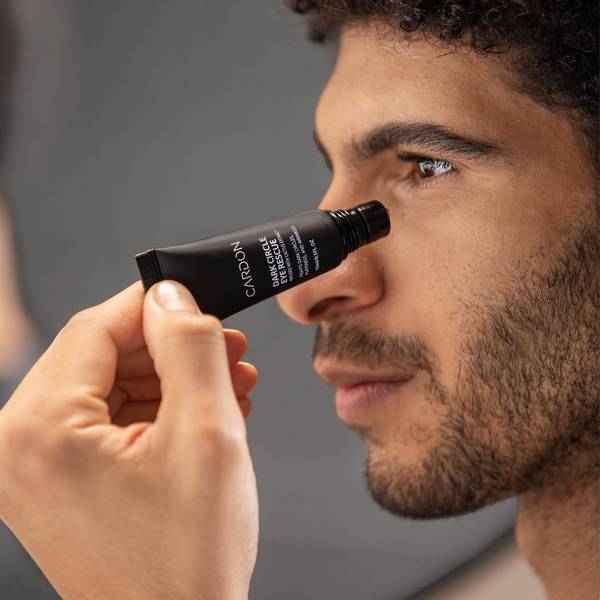
seller
Dark Circle Eye Rescue
good for:
The Dark Circle Eye Rescue cream hydrates and brightens the skin around the eyes to reduce the appearance of dark circles and wrinkles.
The stainless steel rollerball makes it easy to apply, while also working to de-puff eyes. Acclaimed best eye cream for dark circles by Gear Patrol!
Dark Circle Eye Rescue
good for:
The Dark Circle Eye Rescue cream hydrates and brightens the skin around the eyes to reduce the appearance of dark circles and wrinkles.
The stainless steel rollerball makes it easy to apply, while also working to de-puff eyes. Acclaimed best eye cream for dark circles by Gear Patrol!
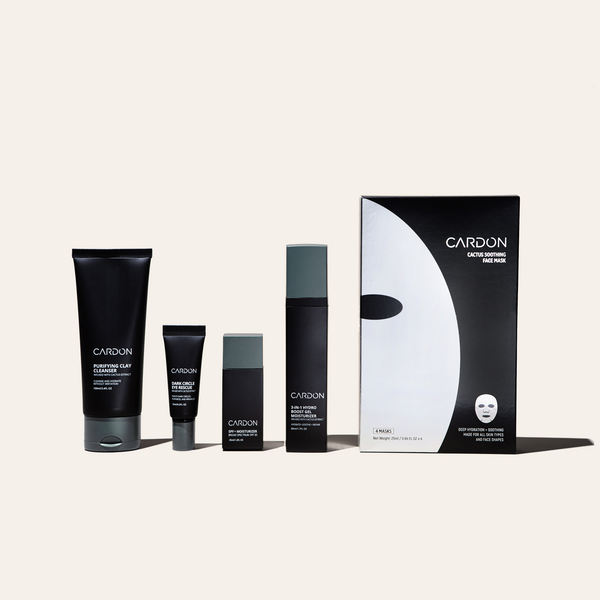
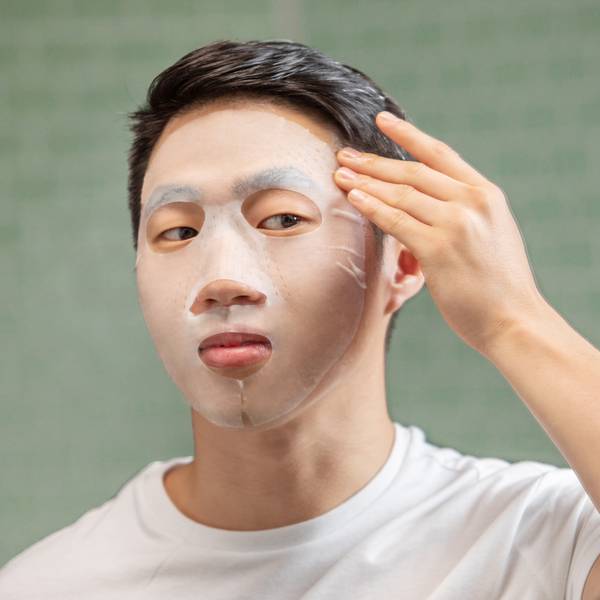
Dry Skin Set
good for:
Skin feeling a bit thirsty? The Dry Skin Set was crafted specifically for those with a dry skin type.
If you deal with flakiness, dull complexion, visible fine lines, red patches, or any combination of the above, this set was made for you. This is all you need to hydrate your skin—and keep it hydrated.
Includes Steps:
- 01
- 02 Dark Circle Eye Rescue
- 03 Daily SPF + Moisturizer
- 04 Hydro Boost Gel Moisturizer
- 05 Cactus Soothing Face Mask
Never go empty! Subscribe + Save 15%
Dry Skin Set
good for:
Skin feeling a bit thirsty? The Dry Skin Set was crafted specifically for those with a dry skin type.
If you deal with flakiness, dull complexion, visible fine lines, red patches, or any combination of the above, this set was made for you. This is all you need to hydrate your skin—and keep it hydrated.
Includes Steps:
- 01
- 02 Dark Circle Eye Rescue
- 03 Daily SPF + Moisturizer
- 04 Hydro Boost Gel Moisturizer
- 05 Cactus Soothing Face Mask
Never go empty! Subscribe + Save 15%
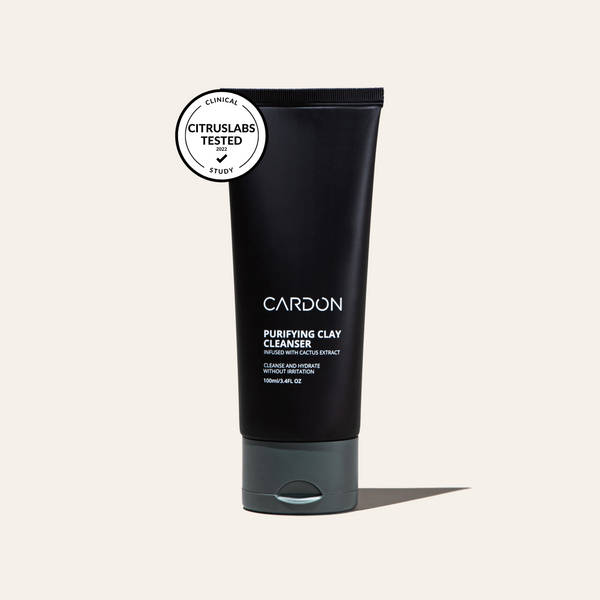
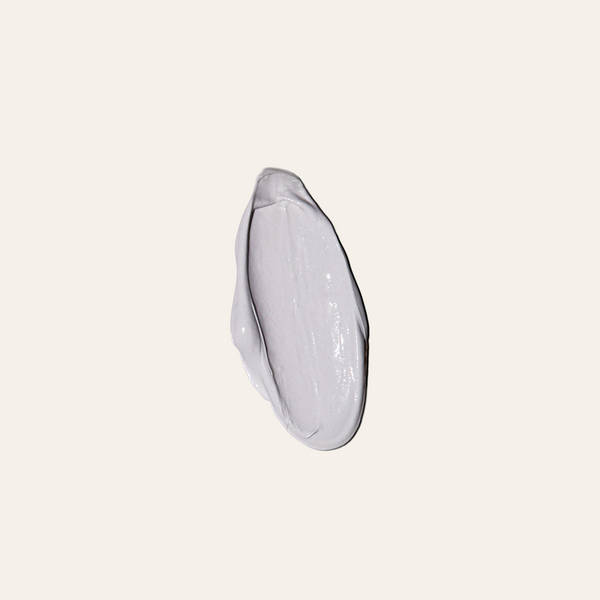
Purifying Clay Cleanser
good for:
The Purifying Clay Cleanser dares to answer the question: “what if you combined a detoxifying clay mask with a hydrating face wash?”
Our 2x Ask Men Grooming award-winning cleanser uses Cactus Extract and a Tri-Clay blend to remove excess oil and cleanse skin deeply from the grime of the day, never leaving skin feeling dry or tight. Powerful ingredients, yet gentle enough for daily use.
“The best face wash I have found for my oily, sensitive, acne-prone skin! With continued use, I've even seen a drastic reduction of oily shine on my face after long days in the office! Thank you, Cardon!” - Steve C.
Purifying Clay Cleanser
good for:
The Purifying Clay Cleanser dares to answer the question: “what if you combined a detoxifying clay mask with a hydrating face wash?”
Our 2x Ask Men Grooming award-winning cleanser uses Cactus Extract and a Tri-Clay blend to remove excess oil and cleanse skin deeply from the grime of the day, never leaving skin feeling dry or tight. Powerful ingredients, yet gentle enough for daily use.
“The best face wash I have found for my oily, sensitive, acne-prone skin! With continued use, I've even seen a drastic reduction of oily shine on my face after long days in the office! Thank you, Cardon!” - Steve C.
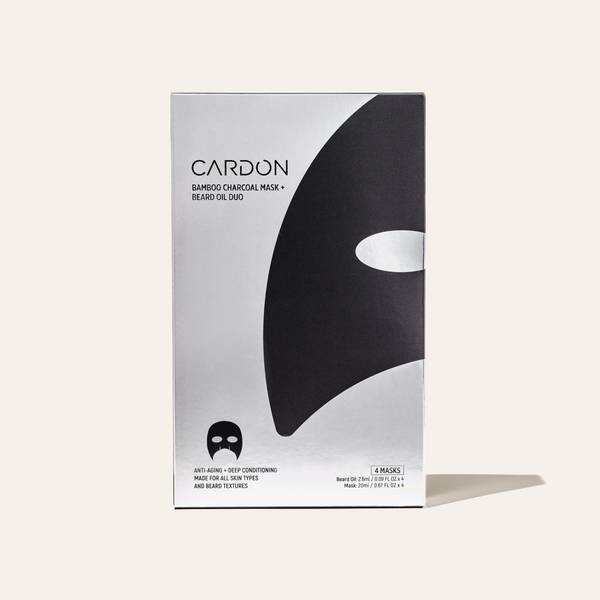
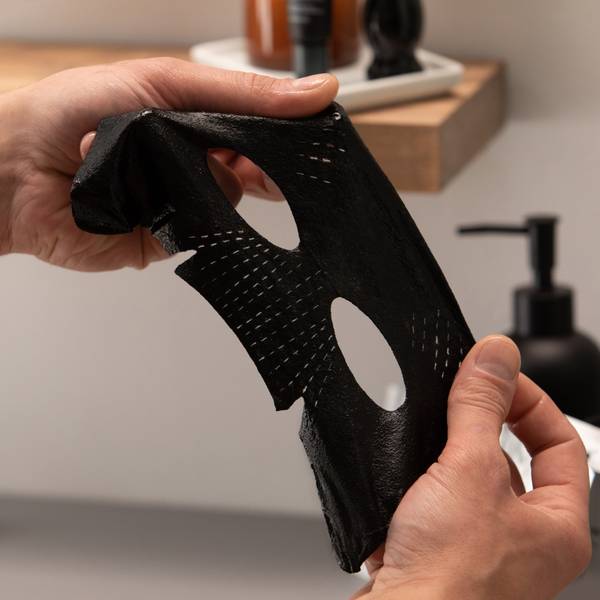
GIFT
Bamboo Charcoal Sheet Mask + Beard Oil
good for:
Often imitated, never duplicated, this innovative sheet mask is the first of its kind and an Ask Men Grooming award winner in the Best Sheet Mask category!
Half mask, half beard treatment, the Bamboo Charcoal Sheet Mask + Beard Oil gives each section of skin (and beard) just what it needs: A detoxifying, hydrating charcoal-infused mask for your skin and a nourishing beard oil blend for the ultimate beard care. Plus, the mask is designed with expandable nose slits to fit any face size and shape.
“I really enjoyed this face mask from Cardon. The beard oil applies easily and the half mask for your cheeks, nose, and forehead fits well and stays in place. My skin looks and feels great after removing the mask. Well done, Cardon!” - Tyler S.
Bamboo Charcoal Sheet Mask + Beard Oil
good for:
Often imitated, never duplicated, this innovative sheet mask is the first of its kind and an Ask Men Grooming award winner in the Best Sheet Mask category!
Half mask, half beard treatment, the Bamboo Charcoal Sheet Mask + Beard Oil gives each section of skin (and beard) just what it needs: A detoxifying, hydrating charcoal-infused mask for your skin and a nourishing beard oil blend for the ultimate beard care. Plus, the mask is designed with expandable nose slits to fit any face size and shape.
“I really enjoyed this face mask from Cardon. The beard oil applies easily and the half mask for your cheeks, nose, and forehead fits well and stays in place. My skin looks and feels great after removing the mask. Well done, Cardon!” - Tyler S.
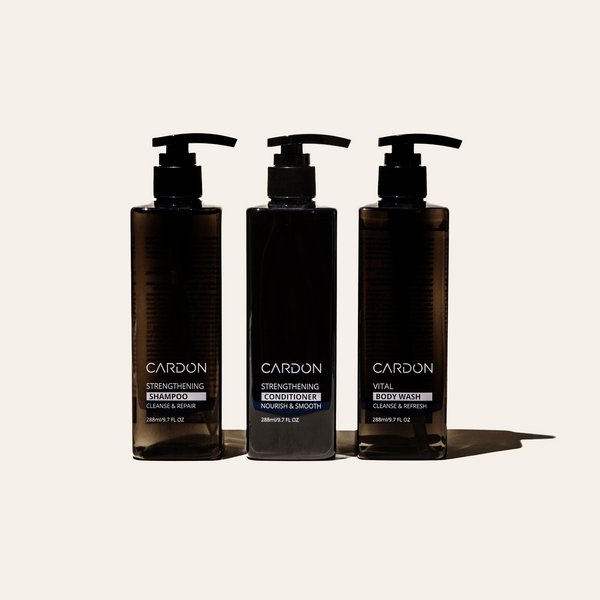
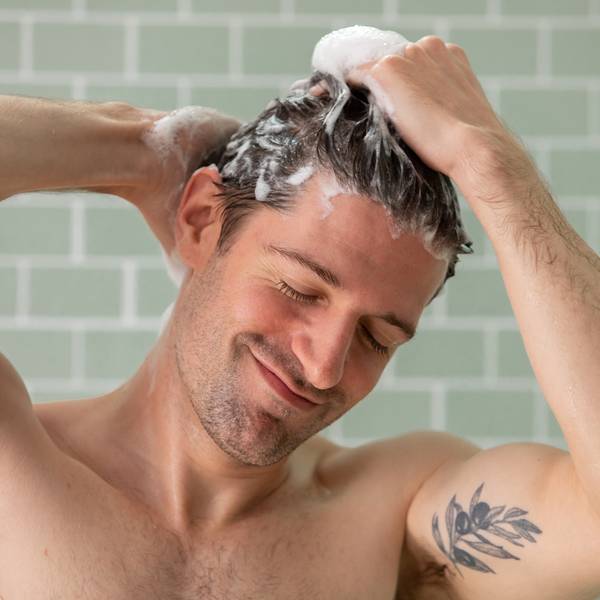
Hair + Body Shower Set
good for:
New + Improved: Same thickening formula now with biotin! The Hair + Body Shower Set has everything you need for an invigorating showertime routine, going beyond cleansing to strengthen, repair, and soothe your hair and skin. You—and your houseguests—will thank you for ditching the 3-in-1 for this trio.
*Vital Body Wash – winner of the 2022 GQ Grooming Awards
Includes Steps:
- 01 Hair Thickening + Strengthening Shampoo
- 02 Hair Thickening + Strengthening Conditioner
- 03 Vital Body Wash
Never go empty! Subscribe + Save 15%
Hair + Body Shower Set
good for:
New + Improved: Same thickening formula now with biotin! The Hair + Body Shower Set has everything you need for an invigorating showertime routine, going beyond cleansing to strengthen, repair, and soothe your hair and skin. You—and your houseguests—will thank you for ditching the 3-in-1 for this trio.
*Vital Body Wash – winner of the 2022 GQ Grooming Awards
Includes Steps:
- 01 Hair Thickening + Strengthening Shampoo
- 02 Hair Thickening + Strengthening Conditioner
- 03 Vital Body Wash
Never go empty! Subscribe + Save 15%
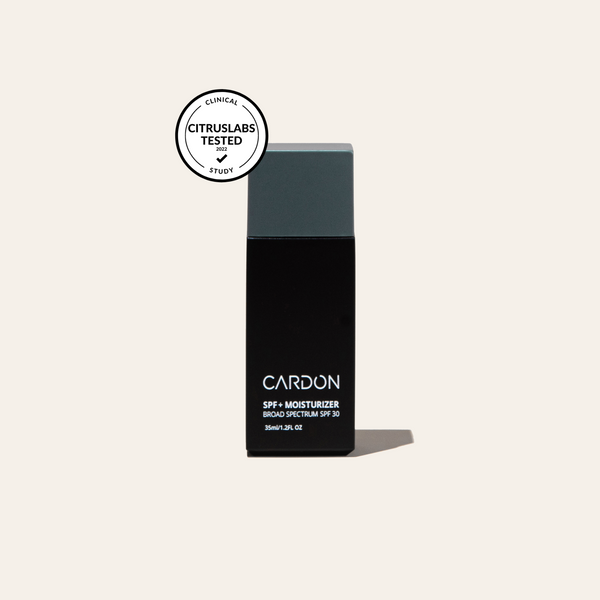
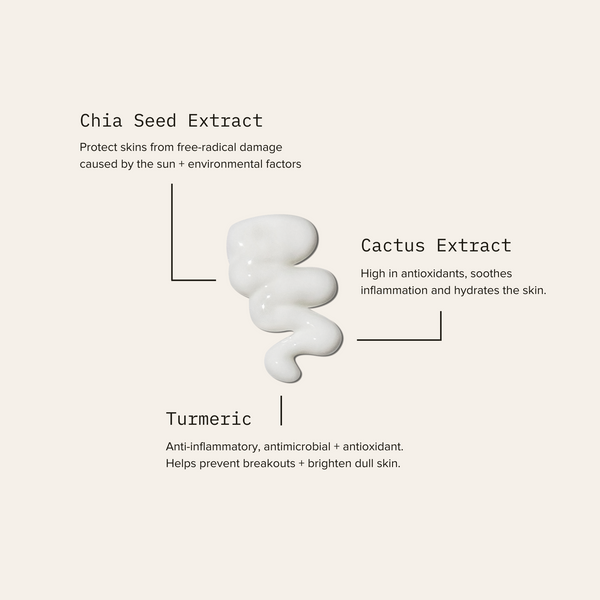
Daily SPF + Moisturizer
good for:
We’re playing favorites—this is the #1 most important step in your skincare routine. Stave off sun damage for healthy, youthful skin for years to come with our Daily SPF + Moisturizer, acclaimed best lightweight moisturizer with SPF by GQ!
Its fast-absorbing, lightweight formula uses Cactus and Chia Seed Extract to provide all-day hydration, plus Broad Spectrum SPF 30 to protect against UVA and UVB rays with ZERO residue or white cast.
“After trying several different brands, I finally found a product I like. It's lightweight, not sticky, and has a very subtle, fresh scent. Will definitely order again. I highly recommend this product.” - Sara T.
Daily SPF + Moisturizer
good for:
We’re playing favorites—this is the #1 most important step in your skincare routine. Stave off sun damage for healthy, youthful skin for years to come with our Daily SPF + Moisturizer, acclaimed best lightweight moisturizer with SPF by GQ!
Its fast-absorbing, lightweight formula uses Cactus and Chia Seed Extract to provide all-day hydration, plus Broad Spectrum SPF 30 to protect against UVA and UVB rays with ZERO residue or white cast.
“After trying several different brands, I finally found a product I like. It's lightweight, not sticky, and has a very subtle, fresh scent. Will definitely order again. I highly recommend this product.” - Sara T.
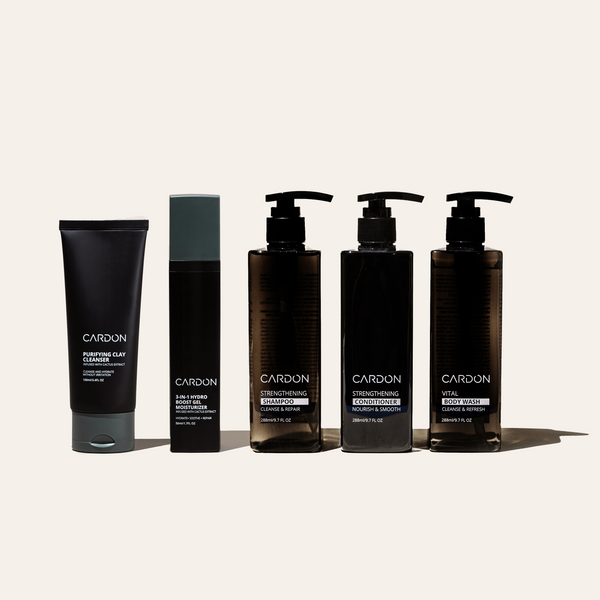
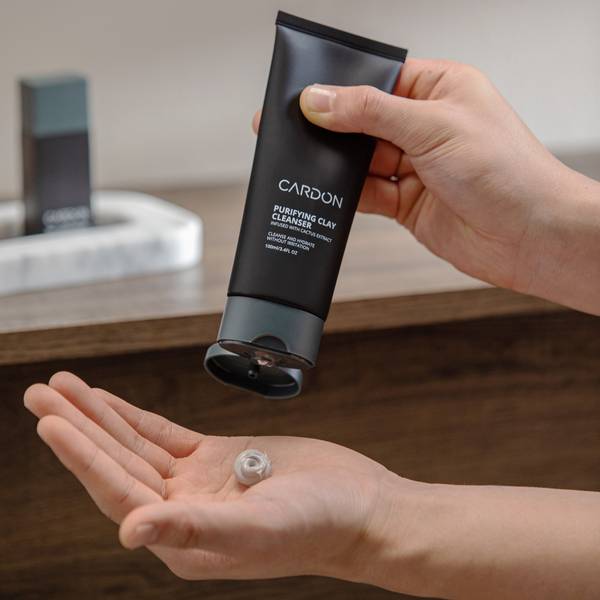
NEW
NEW
+ Hair
+ Body
Head-to-Toe Set
good for:
We've got you covered head to toe, literally. This set comes with a complete skin and hair care routine.
Includes our invigorating shampoo and conditioner to prevent hair loss, refreshing body wash to treat body acne, clay-infused face wash to deeply cleanse the face from debris, and lightweight gel moisturizer to soothe, rehydrate and repair skin while you sleep.
It's about time you treated the rest of your body as good as you treat your face.
Includes Steps:
- 01 Purifying Clay Cleanser
- 02 Hydro Boost Gel Moisturizer
- 03 Hair Thickening + Strengthening Shampoo
- 04 Hair Thickening + Strengthening Conditioner
- 05 Vital Body Wash
Never go empty! Subscribe + Save 15%
Head-to-Toe Set
good for:
We've got you covered head to toe, literally. This set comes with a complete skin and hair care routine.
Includes our invigorating shampoo and conditioner to prevent hair loss, refreshing body wash to treat body acne, clay-infused face wash to deeply cleanse the face from debris, and lightweight gel moisturizer to soothe, rehydrate and repair skin while you sleep.
It's about time you treated the rest of your body as good as you treat your face.
Includes Steps:
- 01 Purifying Clay Cleanser
- 02 Hydro Boost Gel Moisturizer
- 03 Hair Thickening + Strengthening Shampoo
- 04 Hair Thickening + Strengthening Conditioner
- 05 Vital Body Wash
Never go empty! Subscribe + Save 15%
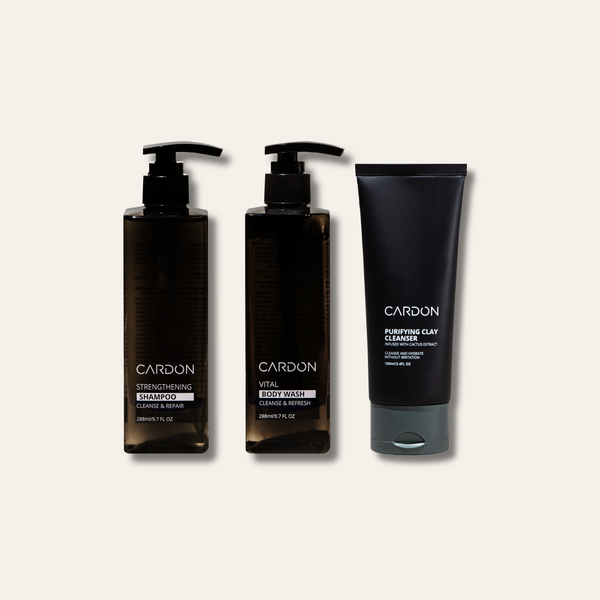
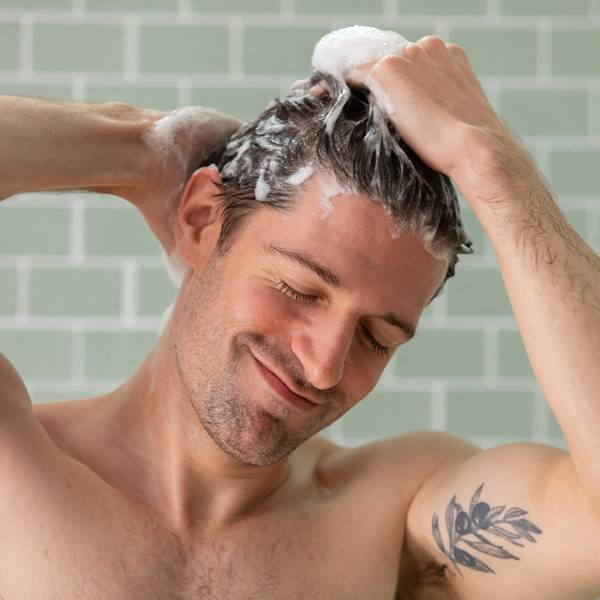
NEW
NEW
Cleanse + Refresh Set
good for:
Hit refresh! The Cleanse + Refresh Set gives you the ultimate cleanse from head to toe with highly-effective skincare-grade formulas. Strengthening Shampoo boosts hair volume, Vital Body Wash fights dryness and breakouts, and Purifying Clay Cleanser keeps your skin clear and balanced. It's the perfect set for a fresh, confident look every day!
Pro tip: Use Purifying Clay Cleanser as a spot treatment for pimples or pore-clearing clay mask. Apply to the affected area or the full face and rinse off after 10 minutes.
Includes Steps:
- 01 Purifying Clay Cleanser
- 02 Hair Thickening + Strengthening Shampoo
- 03 Vital Body Wash
Never go empty! Subscribe + Save 15%
Cleanse + Refresh Set
good for:
Hit refresh! The Cleanse + Refresh Set gives you the ultimate cleanse from head to toe with highly-effective skincare-grade formulas. Strengthening Shampoo boosts hair volume, Vital Body Wash fights dryness and breakouts, and Purifying Clay Cleanser keeps your skin clear and balanced. It's the perfect set for a fresh, confident look every day!
Pro tip: Use Purifying Clay Cleanser as a spot treatment for pimples or pore-clearing clay mask. Apply to the affected area or the full face and rinse off after 10 minutes.
Includes Steps:
- 01 Purifying Clay Cleanser
- 02 Hair Thickening + Strengthening Shampoo
- 03 Vital Body Wash
Never go empty! Subscribe + Save 15%
.png?v=1671640176423&options=w_600)
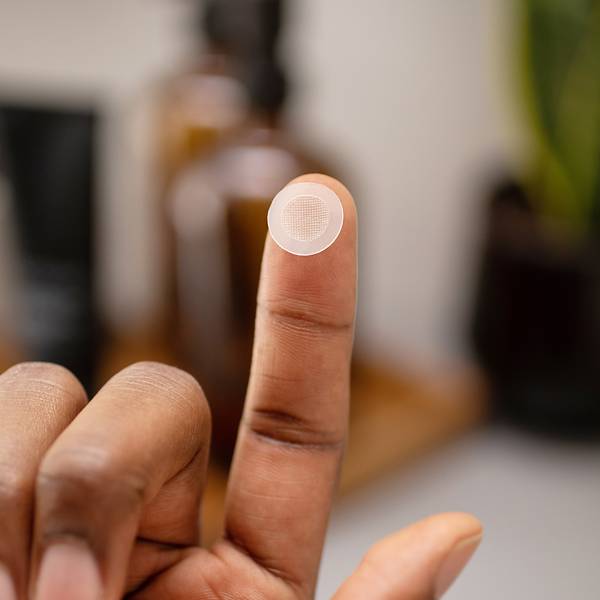
Prickly Pimple Patch
good for:
2021 Esquire Grooming Award Winner
Zit happens, so we made the Prickly Pimple Patch, your one-step solution for pesky breakouts. Soft dissolving microneedles go where no pimple cream has gone before—delivering acne-fighting ingredients like Salicylic Acid and Cica directly to the site of the inflammation and target acne dark spots. Works on ingrown hairs too!
“I applied the patch to a few raised bumps that appear to be clogged pores. Overnight one was significantly reduced while the other seems to have disappeared. Easy process and highly effective.” - Todd S.
Prickly Pimple Patch
good for:
2021 Esquire Grooming Award Winner
Zit happens, so we made the Prickly Pimple Patch, your one-step solution for pesky breakouts. Soft dissolving microneedles go where no pimple cream has gone before—delivering acne-fighting ingredients like Salicylic Acid and Cica directly to the site of the inflammation and target acne dark spots. Works on ingrown hairs too!
“I applied the patch to a few raised bumps that appear to be clogged pores. Overnight one was significantly reduced while the other seems to have disappeared. Easy process and highly effective.” - Todd S.
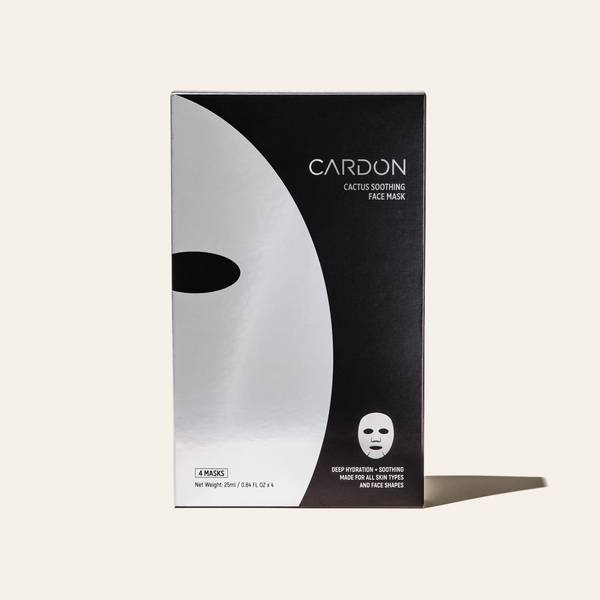
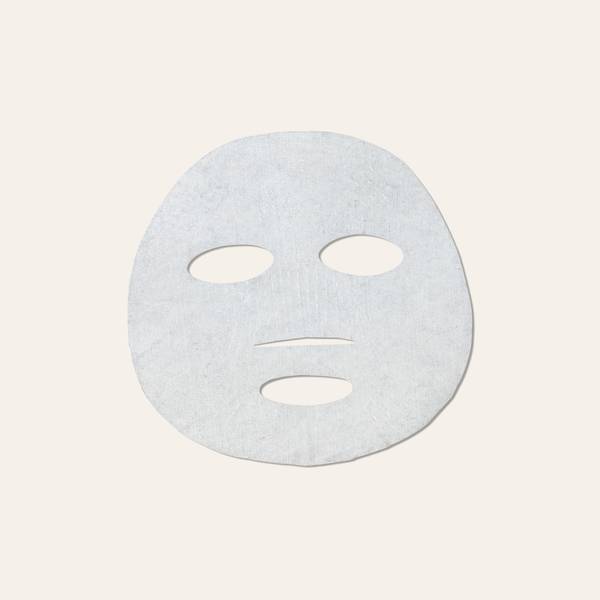
Cactus Soothing Face Mask
good for:
Everyone deserves some self-care time—may we recommend Cactus Soothing Face Mask and chill?
This immediate hydration boost is supercharged with healing ingredients like Cactus Extract and Cica to soothe redness and irritation while reducing fine lines. Perfect for a post-shave treatment or whenever you need a moment for you.
“Stress and late nights working have left my skin looking a bit rough, but this mask was perfect for some at-home spa relaxation. My skin definitely looks a lot more moisturized and refreshed.” - Melody C.
Cactus Soothing Face Mask
good for:
Everyone deserves some self-care time—may we recommend Cactus Soothing Face Mask and chill?
This immediate hydration boost is supercharged with healing ingredients like Cactus Extract and Cica to soothe redness and irritation while reducing fine lines. Perfect for a post-shave treatment or whenever you need a moment for you.
“Stress and late nights working have left my skin looking a bit rough, but this mask was perfect for some at-home spa relaxation. My skin definitely looks a lot more moisturized and refreshed.” - Melody C.
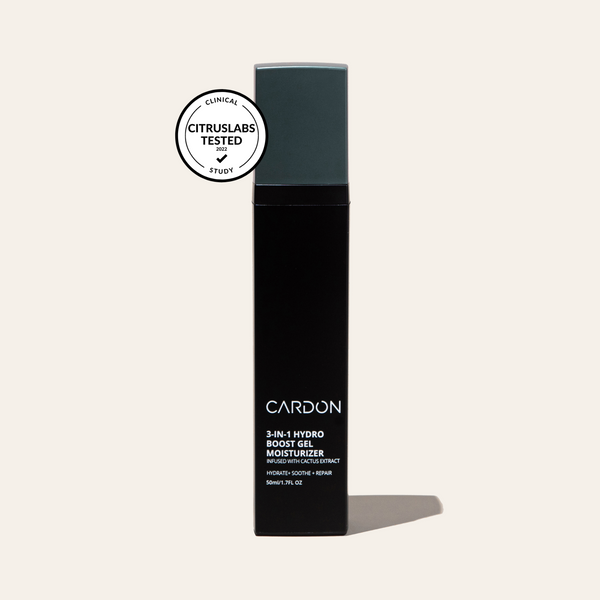
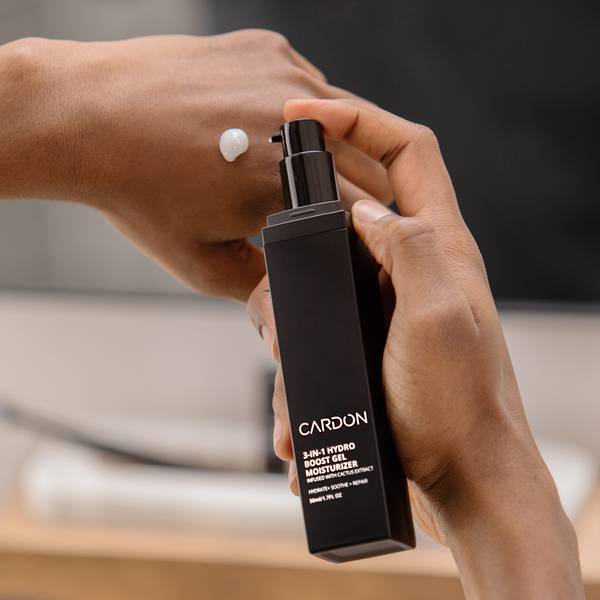
Hydro Boost Gel Moisturizer
good for:
Like a night cap for your skin, our Hydro Boost Gel Moisturizer is the ideal way to finish your evening.
This 3-in-1 gel moisturizer uses Cactus Extract and Rosehip Oil to put in the work while you snooze—hydrating, soothing, and repairing your skin all night long.
“This easily became part of my nightly routine. I've started to notice my face looking healthier and smoother. As a 32 y/o, you start to notice wrinkles creeping in, this helps me keep them at bay.” - Andrew S.
Hydro Boost Gel Moisturizer
good for:
Like a night cap for your skin, our Hydro Boost Gel Moisturizer is the ideal way to finish your evening.
This 3-in-1 gel moisturizer uses Cactus Extract and Rosehip Oil to put in the work while you snooze—hydrating, soothing, and repairing your skin all night long.
“This easily became part of my nightly routine. I've started to notice my face looking healthier and smoother. As a 32 y/o, you start to notice wrinkles creeping in, this helps me keep them at bay.” - Andrew S.
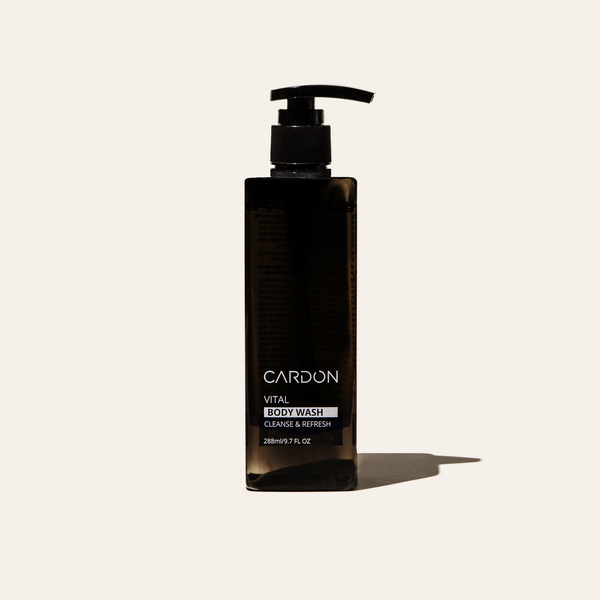
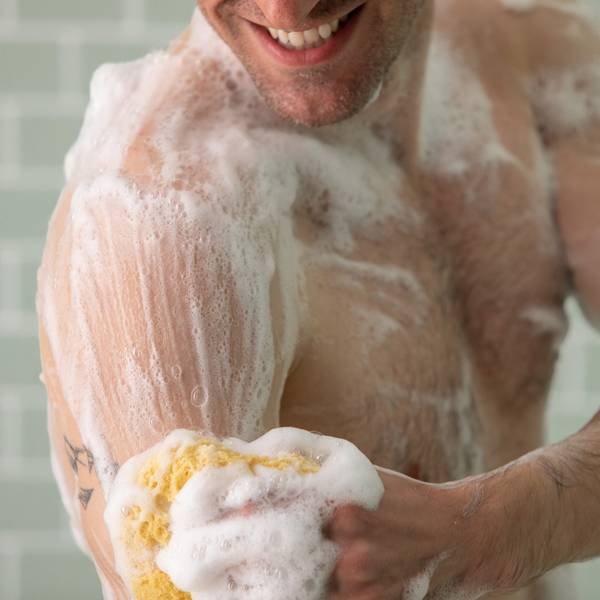
AWARD
Vital Body Wash
good for:
Step up your shower game with the Vital Body Wash, an energizing, body-acne clearing emulsion and 2022 GQ Grooming Award Winner!
The active lather uses natural, non-stripping ingredients like Green Tea and Sea Buckthorn to deeply cleanse, tackle breakouts, and combat body odor. The invigorating woody fragrance blend will make your skin smell as good as it looks.
“This body wash gets the job done! It cleans you thoroughly without drying out your skin. You smell fresh and clean, not perfumed. And as always with Cardon... a little goes a long way.” - Troy H.
Vital Body Wash
good for:
Step up your shower game with the Vital Body Wash, an energizing, body-acne clearing emulsion and 2022 GQ Grooming Award Winner!
The active lather uses natural, non-stripping ingredients like Green Tea and Sea Buckthorn to deeply cleanse, tackle breakouts, and combat body odor. The invigorating woody fragrance blend will make your skin smell as good as it looks.
“This body wash gets the job done! It cleans you thoroughly without drying out your skin. You smell fresh and clean, not perfumed. And as always with Cardon... a little goes a long way.” - Troy H.
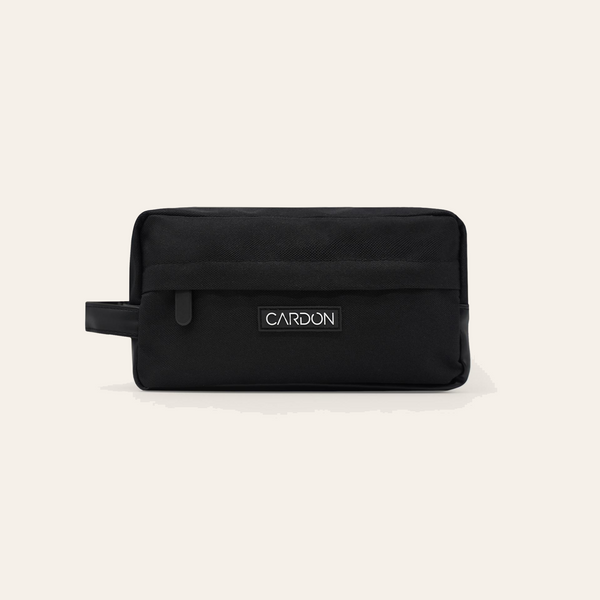
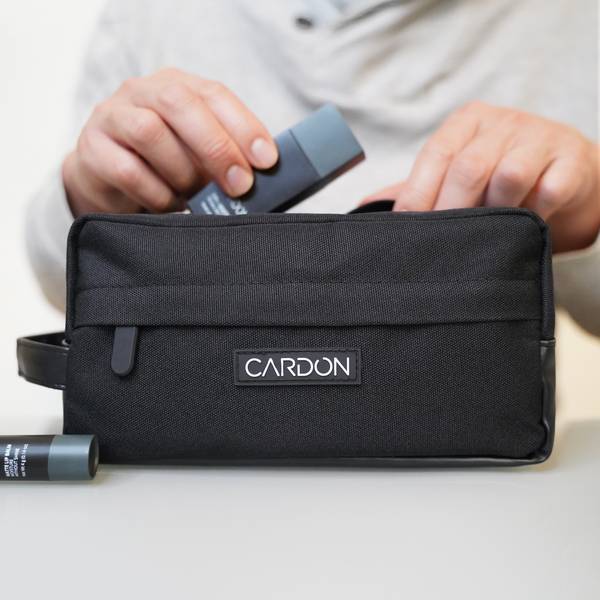
LAUNCHED
Cardon Dopp Kit
Made for those always on the move, our new Cardon Dopp Kit is the perfect toiletry bag to take your skincare with you wherever you go. It's sleek, portable, and extremely spacious design allows you to pack a ton while staying compact.
The Dopp Kit one main pouch and one zippered front pocket to store smaller essentials, like your razor, tooth brush or nail clippers.
Cardon Dopp Kit
Made for those always on the move, our new Cardon Dopp Kit is the perfect toiletry bag to take your skincare with you wherever you go. It's sleek, portable, and extremely spacious design allows you to pack a ton while staying compact.
The Dopp Kit one main pouch and one zippered front pocket to store smaller essentials, like your razor, tooth brush or nail clippers.
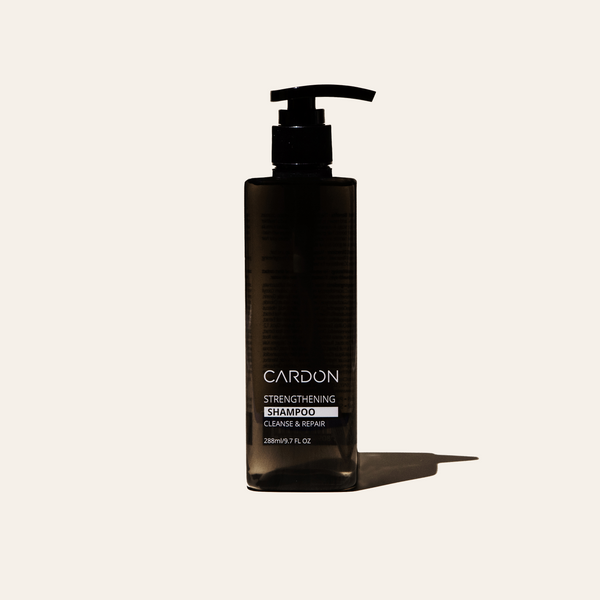

Hair Thickening + Strengthening Shampoo
good for:
New + Improved: Same thickening formula now with biotin! Stop hair loss—from receding hairlines to thinning hair—with the first step in your shower routine.
Our protein-packed Hair Thickening + Strengthening Shampoo uses niacinamide, vitamin B5, and yeast extract to restore hair follicles while protecting the scalp and reducing flakiness, too. The result? Thicker, stronger hair that’s here to stay.
“A true example of less is more. This shampoo is perfect. Leaves my hair feeling and looking healthy and thick and does not irritate my sensitive skin. A must add to my Cardon skincare regimen.” - David N.
Hair Thickening + Strengthening Shampoo
good for:
New + Improved: Same thickening formula now with biotin! Stop hair loss—from receding hairlines to thinning hair—with the first step in your shower routine.
Our protein-packed Hair Thickening + Strengthening Shampoo uses niacinamide, vitamin B5, and yeast extract to restore hair follicles while protecting the scalp and reducing flakiness, too. The result? Thicker, stronger hair that’s here to stay.
“A true example of less is more. This shampoo is perfect. Leaves my hair feeling and looking healthy and thick and does not irritate my sensitive skin. A must add to my Cardon skincare regimen.” - David N.
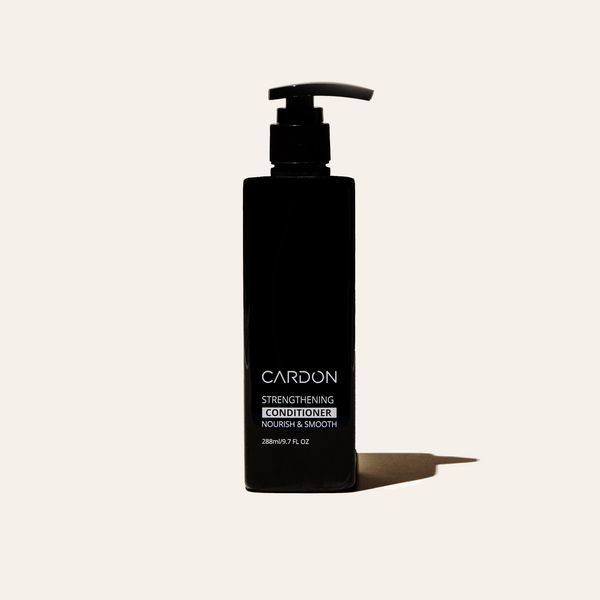
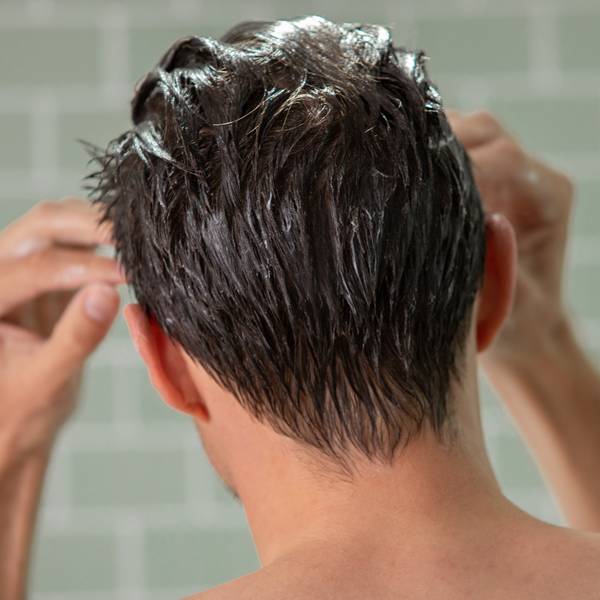
Hair Loss
Hair Thickening + Strengthening Conditioner
good for:
New + Improved: Same thickening formula now with biotin! Finally, a conditioner that doesn’t just soothe—but strengthens, too.
Our Strengthening Conditioner uses Niacinamide and Yeast Extract to get to the root of hair loss issues, nourishing the hair starting right at the scalp for stronger hair that’s smooth as silk.
“A perfect compliment to the shampoo. Adds amazing hydration to the hair, leaving it soft (even with hard water)! A nice, but not overpowering, menthol scent.” - Steve C.
Hair Thickening + Strengthening Conditioner
good for:
New + Improved: Same thickening formula now with biotin! Finally, a conditioner that doesn’t just soothe—but strengthens, too.
Our Strengthening Conditioner uses Niacinamide and Yeast Extract to get to the root of hair loss issues, nourishing the hair starting right at the scalp for stronger hair that’s smooth as silk.
“A perfect compliment to the shampoo. Adds amazing hydration to the hair, leaving it soft (even with hard water)! A nice, but not overpowering, menthol scent.” - Steve C.
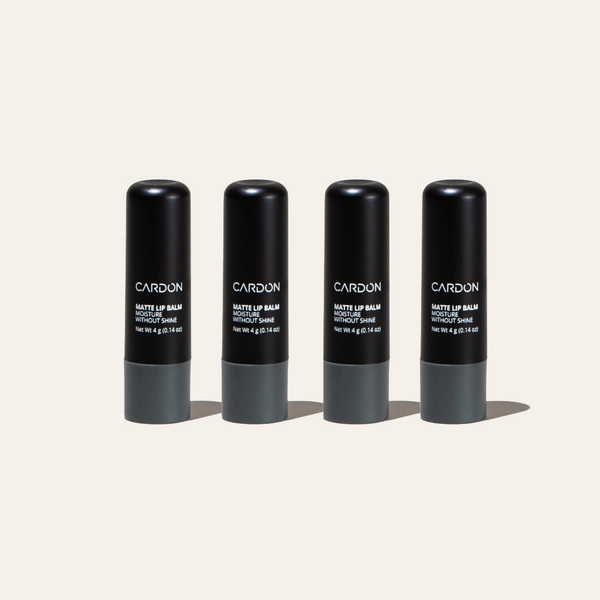
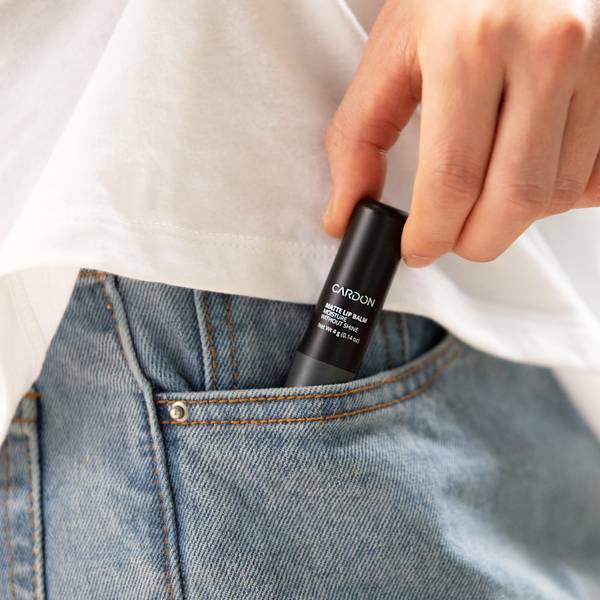
Matte Lip Balm (4 Pack)
good for:
Deeply hydrate, smooth and soothe your dry, chapped lips on-the-go without the shine. Infused with Cactus Extract and Ceramides, this moisturizing lip balm may become your best friend after one use. Comes in packs of four.
“It's a good practical lip balm. Nice packaging.” - Stephen N.
Matte Lip Balm (4 Pack)
good for:
Deeply hydrate, smooth and soothe your dry, chapped lips on-the-go without the shine. Infused with Cactus Extract and Ceramides, this moisturizing lip balm may become your best friend after one use. Comes in packs of four.
“It's a good practical lip balm. Nice packaging.” - Stephen N.
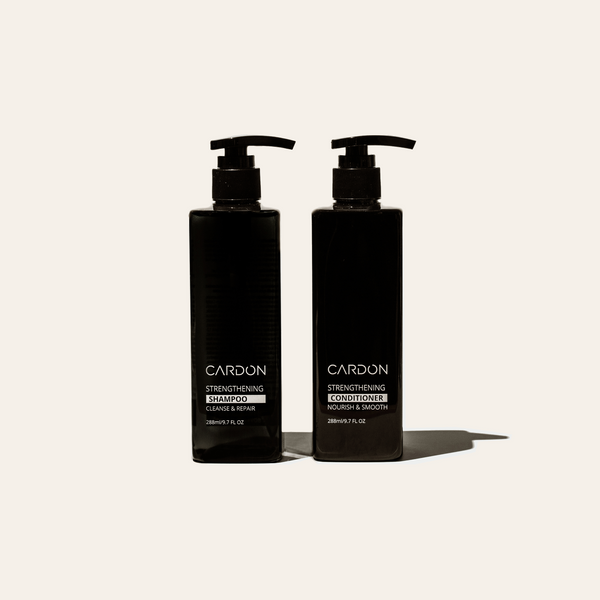
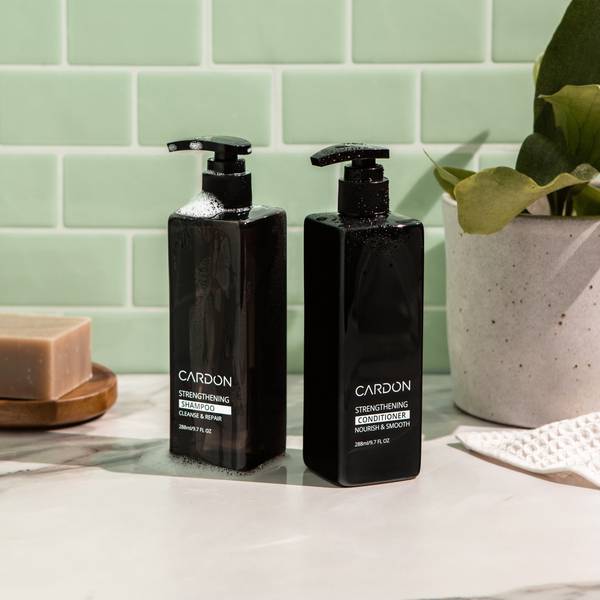
Hair Loss
Healthy Hair Duo
good for:
New + Improved: Same thickening formula now with biotin! Teamwork makes your hair dreams work.
Our highly-rated Hair Thickening + Strengthening Shampoo and Conditioner teams up to get to the root of hair loss, strengthening and nourishing hair starting right at the scalp. Achieve thicker, healthier follicles with the help of our protein and vitamin-packed formula.
Includes Steps:
- 01 Hair Thickening + Strengthening Shampoo
- 02 Hair Thickening + Strengthening Conditioner
Never go empty! Subscribe + Save 15%
Healthy Hair Duo
good for:
New + Improved: Same thickening formula now with biotin! Teamwork makes your hair dreams work.
Our highly-rated Hair Thickening + Strengthening Shampoo and Conditioner teams up to get to the root of hair loss, strengthening and nourishing hair starting right at the scalp. Achieve thicker, healthier follicles with the help of our protein and vitamin-packed formula.
Includes Steps:
- 01 Hair Thickening + Strengthening Shampoo
- 02 Hair Thickening + Strengthening Conditioner
Never go empty! Subscribe + Save 15%
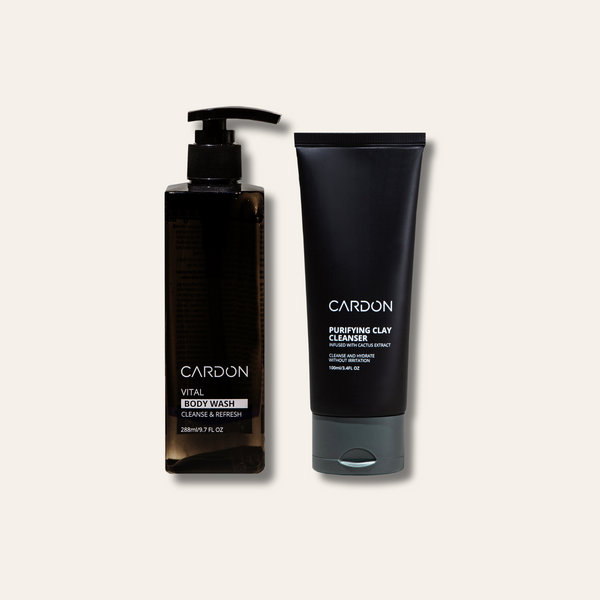
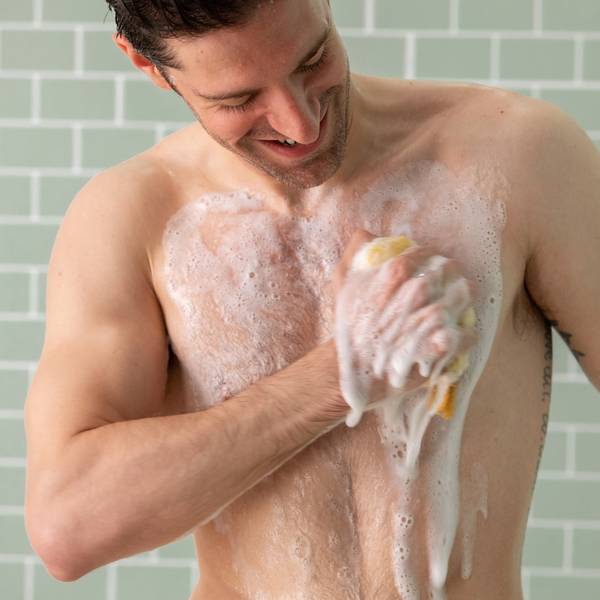
NEW
NEW
Cleansing Duo
Hit refresh! The Cleansing Duo gives you the ultimate cleanse with highly-effective skincare-grade formulas. Vital Body Wash fights dryness and breakouts and Purifying Clay Cleanser keeps your skin clear and balanced. It's the perfect duo for a fresh, confident look every day!
Pro tip: Use Purifying Clay Cleanser as a spot treatment for pimples or clay mask treatment. Apply to the affected area or the full face and rinse off after 10 minutes.
Includes Steps:
- 01 Purifying Clay Cleanser
- 02 Vital Body Wash
Never go empty! Subscribe + Save 15%
Cleansing Duo
Hit refresh! The Cleansing Duo gives you the ultimate cleanse with highly-effective skincare-grade formulas. Vital Body Wash fights dryness and breakouts and Purifying Clay Cleanser keeps your skin clear and balanced. It's the perfect duo for a fresh, confident look every day!
Pro tip: Use Purifying Clay Cleanser as a spot treatment for pimples or clay mask treatment. Apply to the affected area or the full face and rinse off after 10 minutes.
Includes Steps:
- 01 Purifying Clay Cleanser
- 02 Vital Body Wash
Never go empty! Subscribe + Save 15%
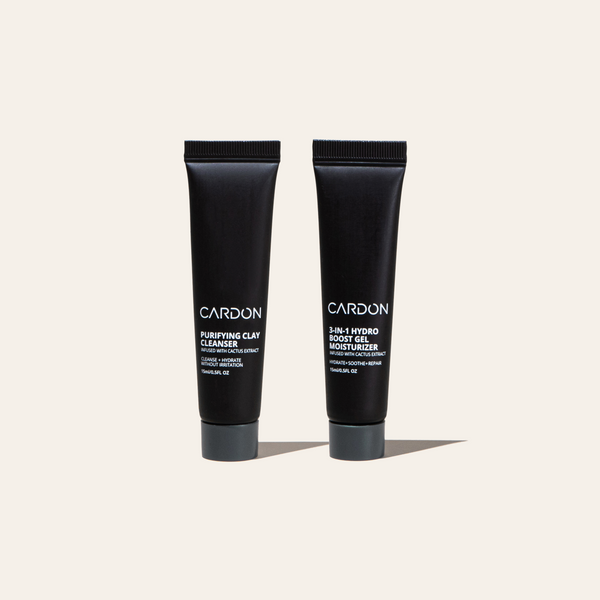
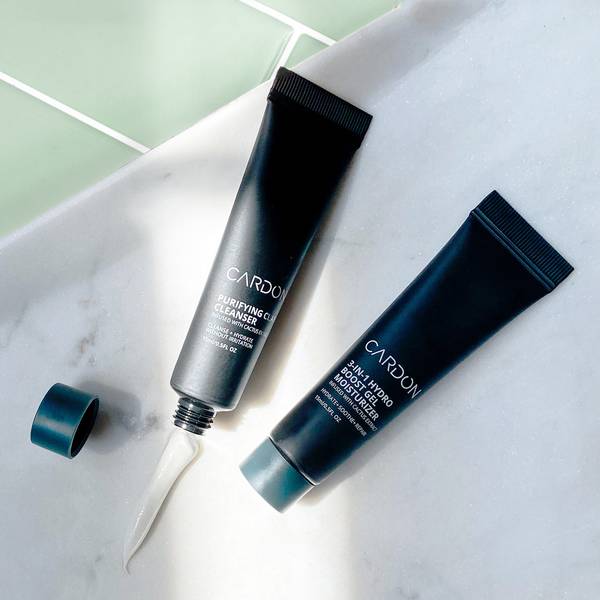
Deluxe Travel-Size Clay Cleanser + Hydro Boost Gel
From your gym bag to your carry-on, no packed bag is complete without these two travel-sized essentials.
Our cleanser and moisturizer are the backbone of your skincare routine, so you can reset and restore your skin both day and night, no matter where you go.
Includes Steps:
- 01 Clay Cleanser Sample, 15ml
- 02 Hydro Boost Gel Sample, 15ml
Deluxe Travel-Size Clay Cleanser + Hydro Boost Gel
From your gym bag to your carry-on, no packed bag is complete without these two travel-sized essentials.
Our cleanser and moisturizer are the backbone of your skincare routine, so you can reset and restore your skin both day and night, no matter where you go.
Includes Steps:
- 01 Clay Cleanser Sample, 15ml
- 02 Hydro Boost Gel Sample, 15ml
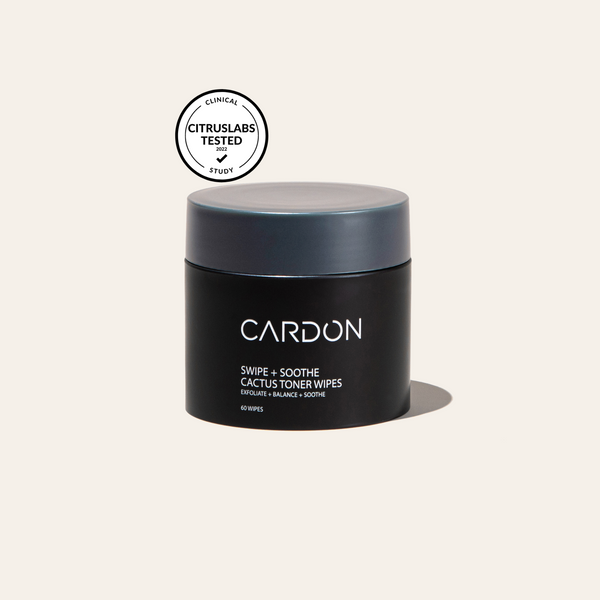
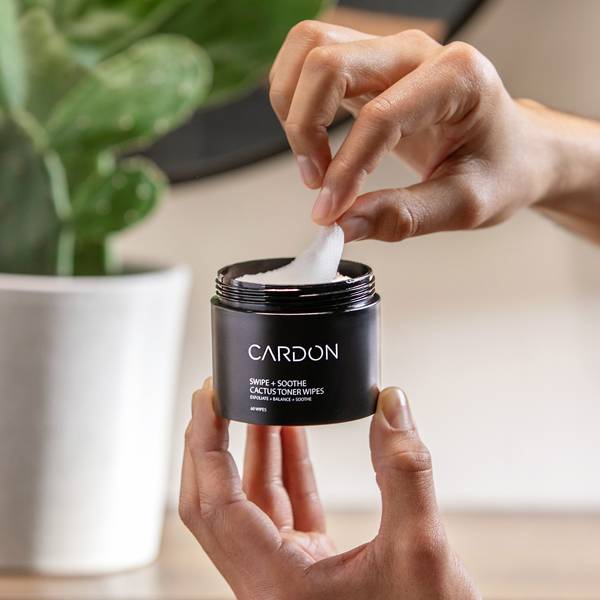
Exfoliating Facial Toner Wipes
good for:
After a long, busy day you just want to sit back, relax, and crack open—our biodegradable Exfoliating Facial Toner Wipes.
Wipe the stress and grime away with our Exfoliating Facial Toner Wipes, which use PHAs and caffeine to unclog pores, balance pH, and soothe the skin all in one easy step. No water needed.
Due to demand, this product is temporarily out of stock. Click "Notify Me" below to be the first to know when it's back!
Exfoliating Facial Toner Wipes
good for:
After a long, busy day you just want to sit back, relax, and crack open—our biodegradable Exfoliating Facial Toner Wipes.
Wipe the stress and grime away with our Exfoliating Facial Toner Wipes, which use PHAs and caffeine to unclog pores, balance pH, and soothe the skin all in one easy step. No water needed.
Due to demand, this product is temporarily out of stock. Click "Notify Me" below to be the first to know when it's back!
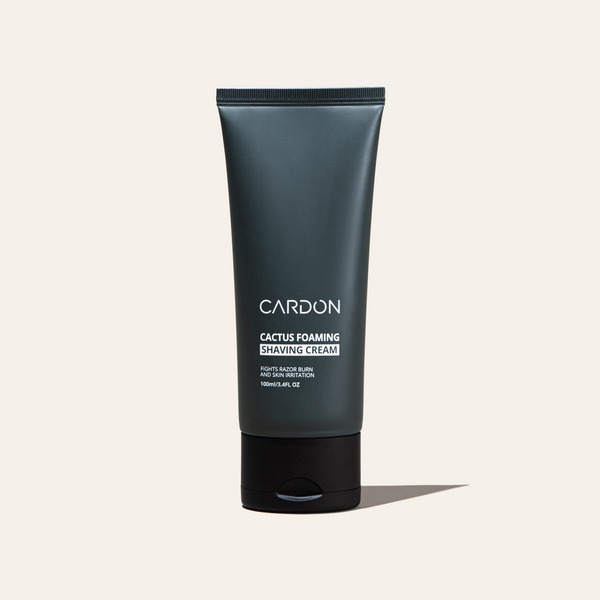
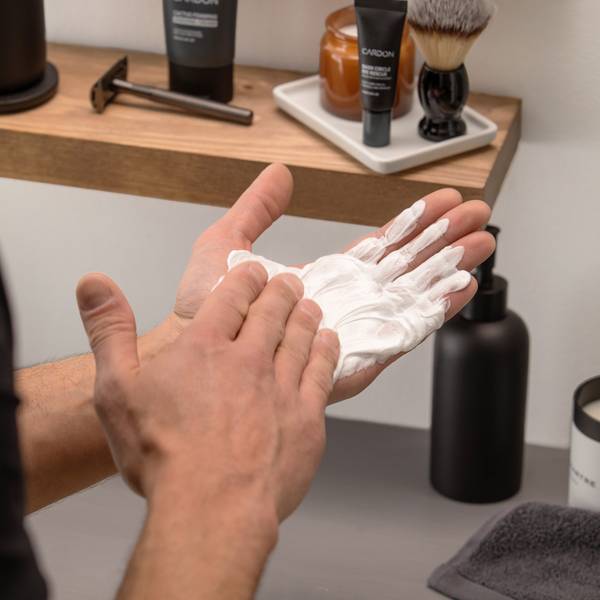
Cactus Foaming Shaving Cream
good for:
This bathroom cabinet staple is a cut above the rest. The Cactus Foaming Shaving Cream for men delivers a close, comfortable shave every time—without having to worry about nicks, razor burns, irritation, and ingrowns.
Our rich foam uses Cactus Extract and Chamomile to create a cushion-like layer to soothe the skin. Plus, you’ll shave some time since this also doubles as a face cleanser.
Due to demand, this product is temporarily out of stock. Click "Notify Me" below to be the first to know when it's back!
Cactus Foaming Shaving Cream
good for:
This bathroom cabinet staple is a cut above the rest. The Cactus Foaming Shaving Cream for men delivers a close, comfortable shave every time—without having to worry about nicks, razor burns, irritation, and ingrowns.
Our rich foam uses Cactus Extract and Chamomile to create a cushion-like layer to soothe the skin. Plus, you’ll shave some time since this also doubles as a face cleanser.
Due to demand, this product is temporarily out of stock. Click "Notify Me" below to be the first to know when it's back!


Cardon Gift Card
Shopping for someone else but not sure what to give them? Let your friends and family choose their skincare by gifting them a Cardon digital gift card.
Cardon Gift Card
Shopping for someone else but not sure what to give them? Let your friends and family choose their skincare by gifting them a Cardon digital gift card.
.jpg?v=1671580742990&options=w_600)
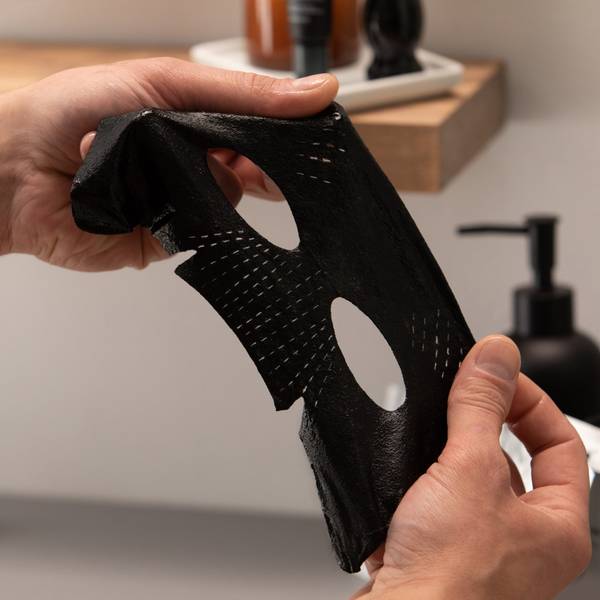
Edition
Gift Box
Sheet Mask Duo Gift Set
*Limited Edition of our fan favorite sheet masks for ultimate hydration. Comes gift wrapped and in our signature gift box.
Bamboo Charcoal Sheet Mask + Beard Oil: Half mask, half beard treatment, this 2-in-1 sheet mask gives each section of skin (and beard) just what it needs: A detoxifying, hydrating charcoal-infused mask for your skin and a nourishing beard oil blend to treat your beard.
Cactus Soothing Face Mask: This immediate hydration boost is supercharged with healing ingredients like Cactus Extract and Cica to soothe redness and irritation while reducing fine lines. Perfect for a post-shave treatment or whenever you need a moment for you.
Includes Steps:
- 01 Cactus Soothing Face Mask
- 02 Bamboo Charcoal Sheet Mask + Beard Oil
Sheet Mask Duo Gift Set
*Limited Edition of our fan favorite sheet masks for ultimate hydration. Comes gift wrapped and in our signature gift box.
Bamboo Charcoal Sheet Mask + Beard Oil: Half mask, half beard treatment, this 2-in-1 sheet mask gives each section of skin (and beard) just what it needs: A detoxifying, hydrating charcoal-infused mask for your skin and a nourishing beard oil blend to treat your beard.
Cactus Soothing Face Mask: This immediate hydration boost is supercharged with healing ingredients like Cactus Extract and Cica to soothe redness and irritation while reducing fine lines. Perfect for a post-shave treatment or whenever you need a moment for you.
Includes Steps:
- 01 Cactus Soothing Face Mask
- 02 Bamboo Charcoal Sheet Mask + Beard Oil
Cardon Products Are
Easy to Use
We never create two products when we can achieve the same results with one. Cardon products are designed to be easy to use every day.
Backed By Korean Innovation
Korean R&D is two decades ahead of the rest of the world. Cardon products use the highest quality, most effective ingredients out there.
Non-Toxic
Finally, an ingredient label you can feel good about. Every ingredient in Cardon products is good for your skin, and easy on the mind.



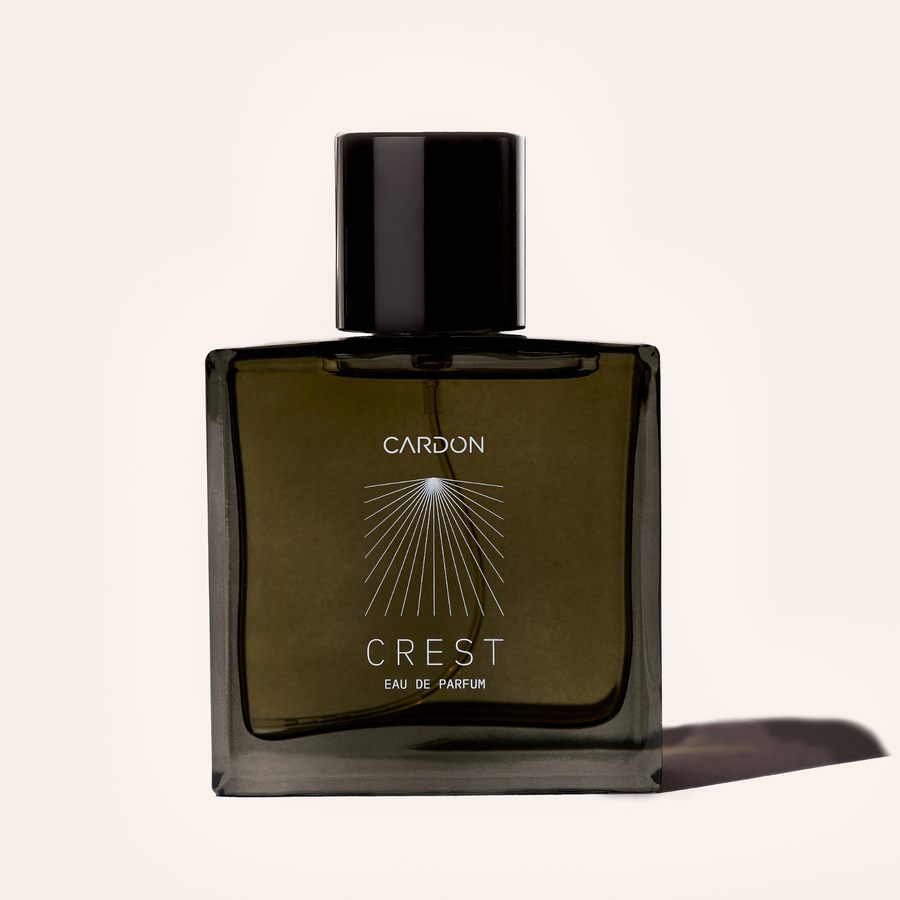
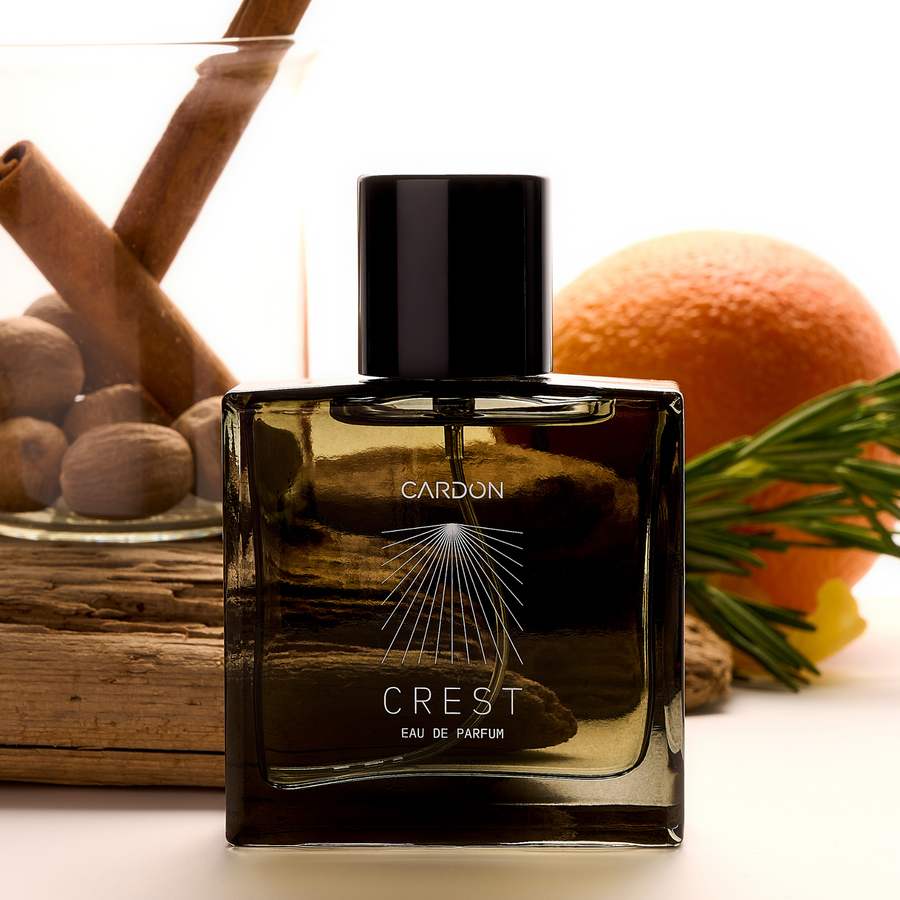
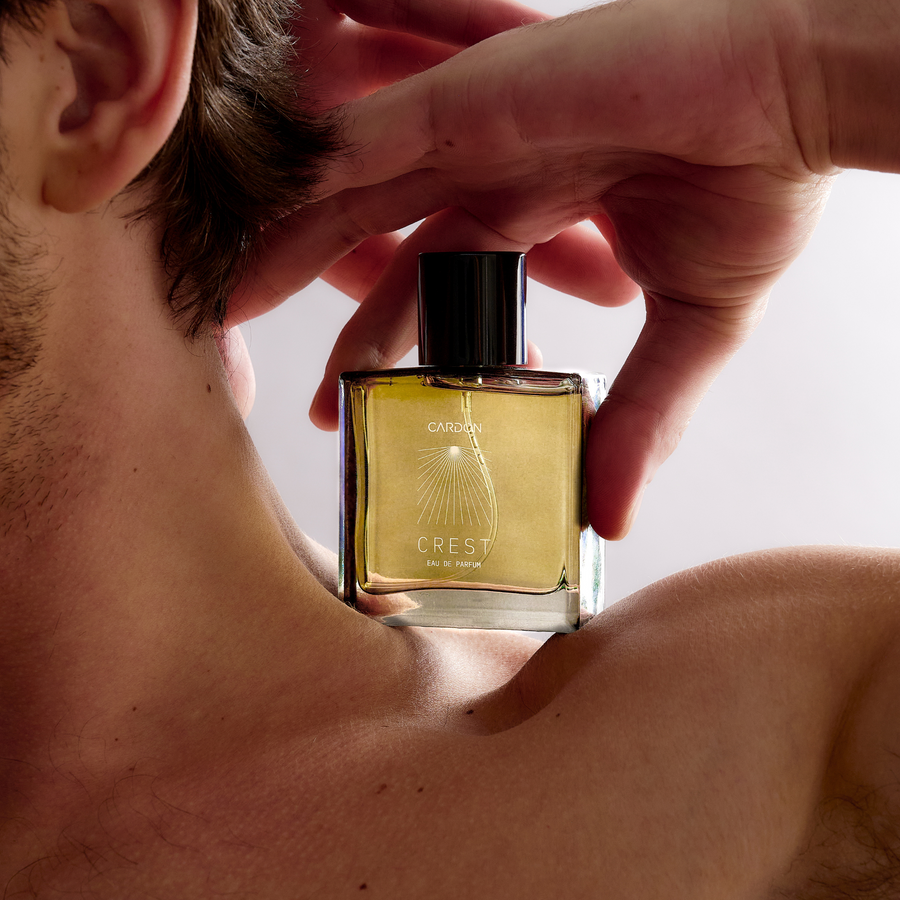
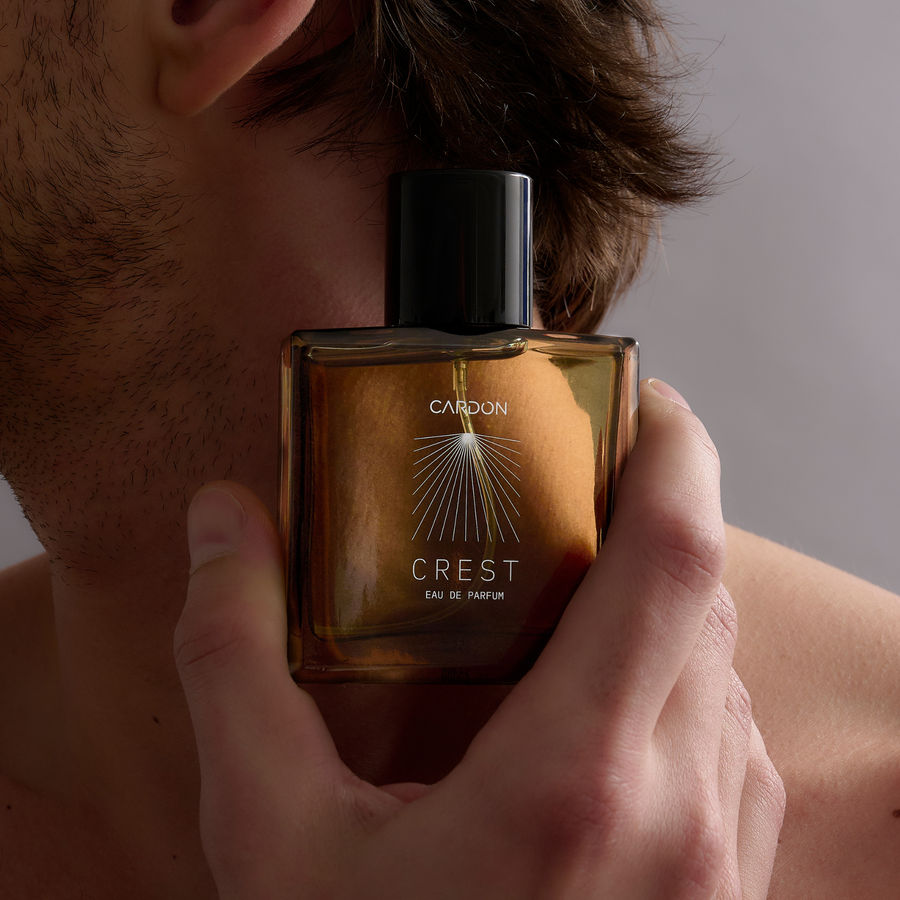
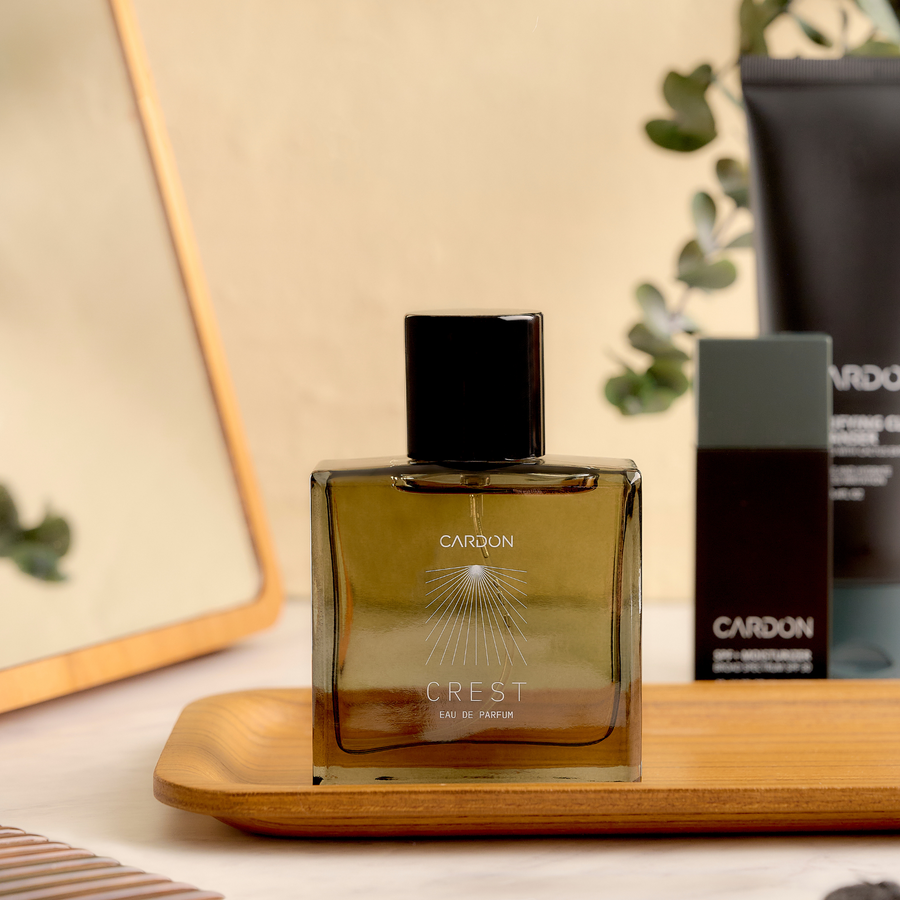
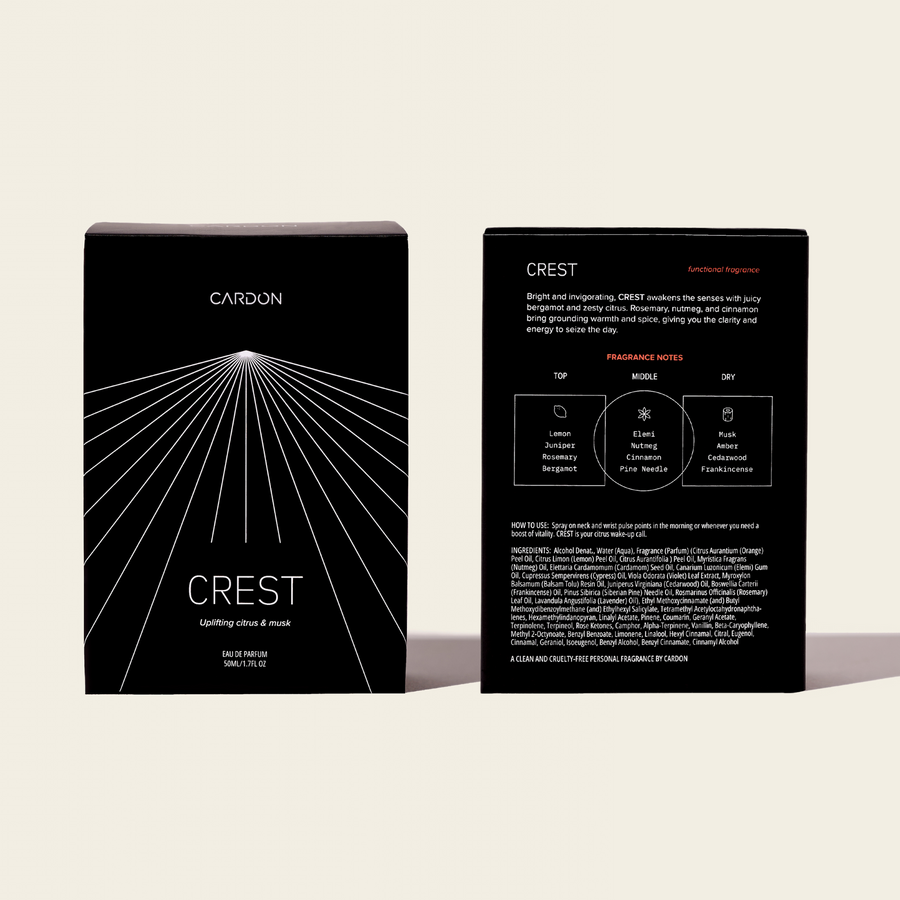
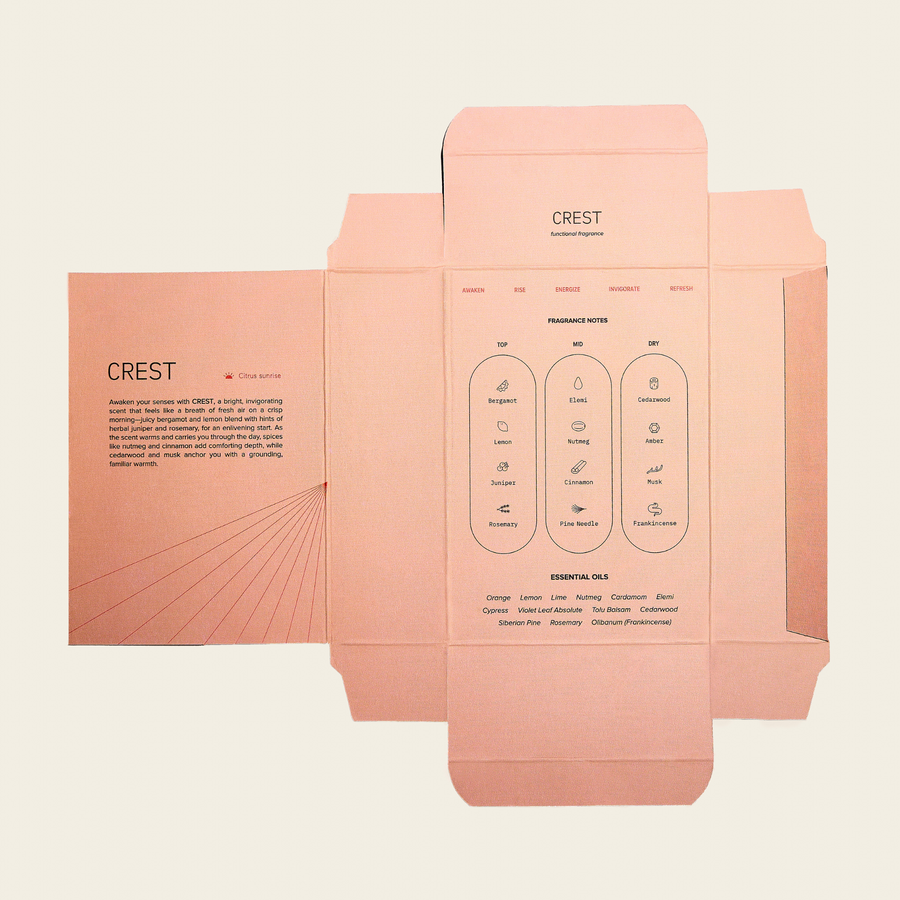
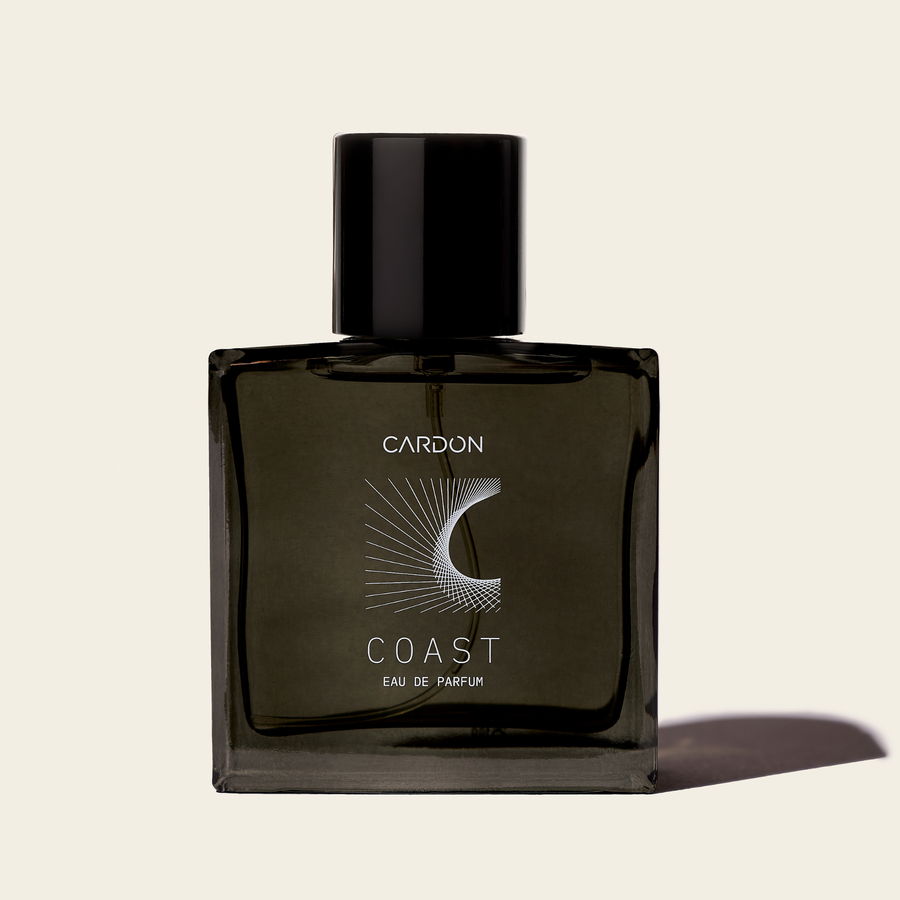
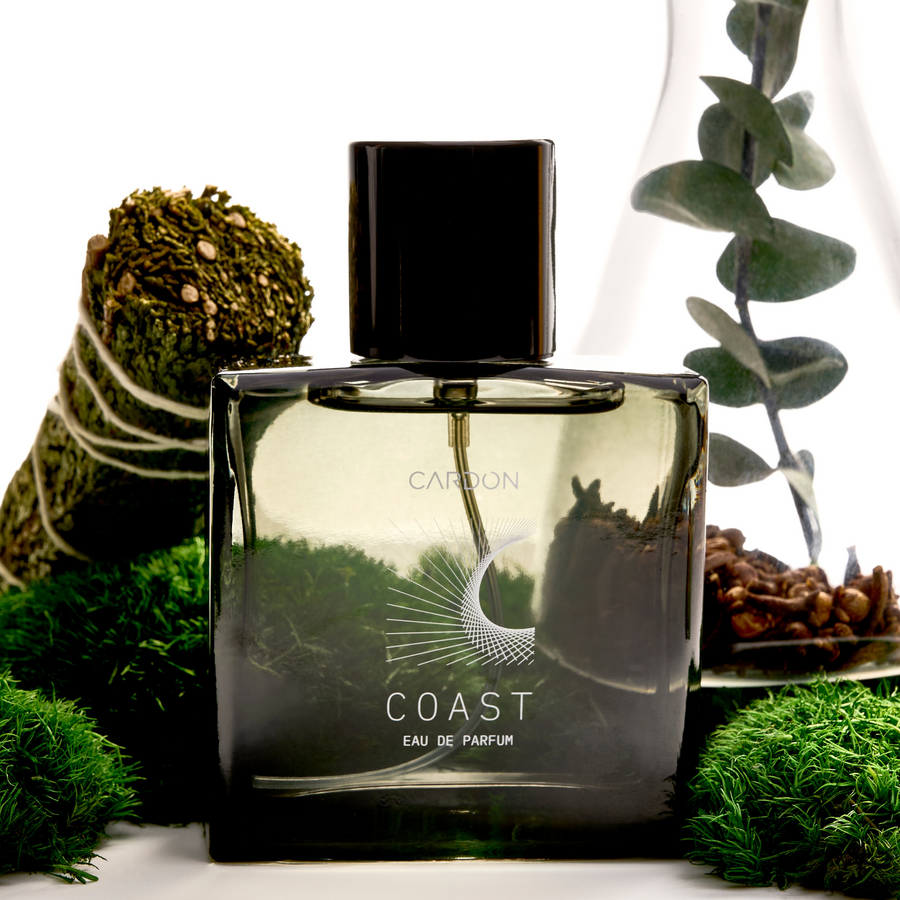
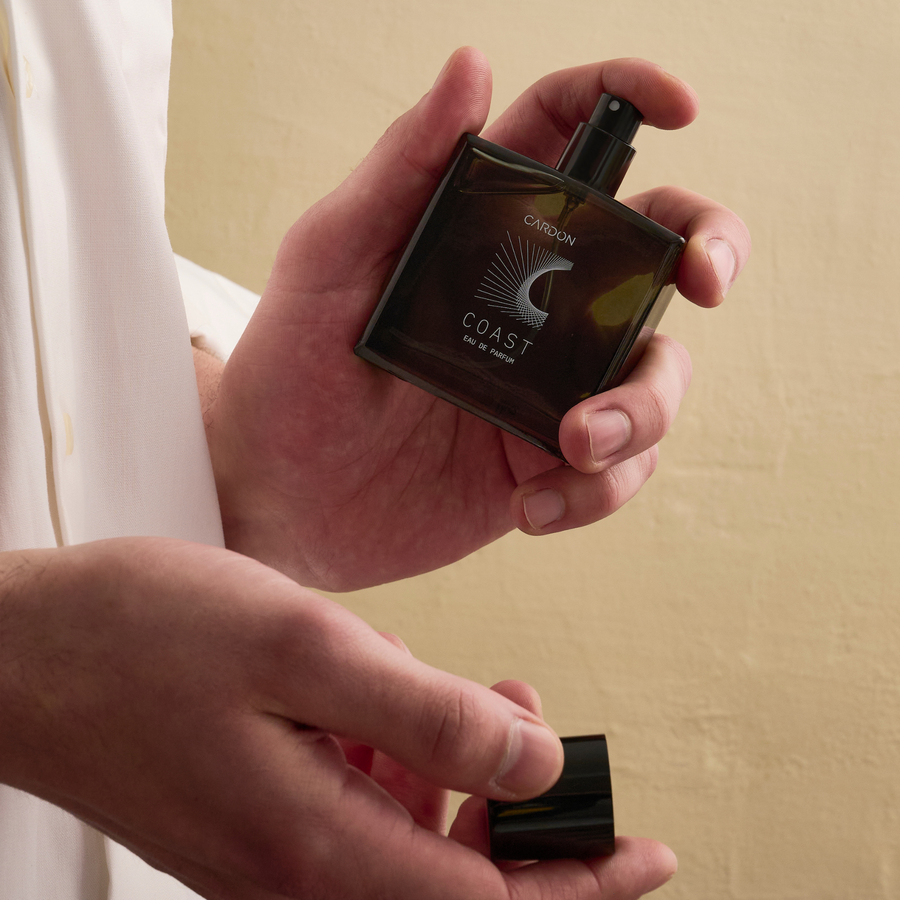
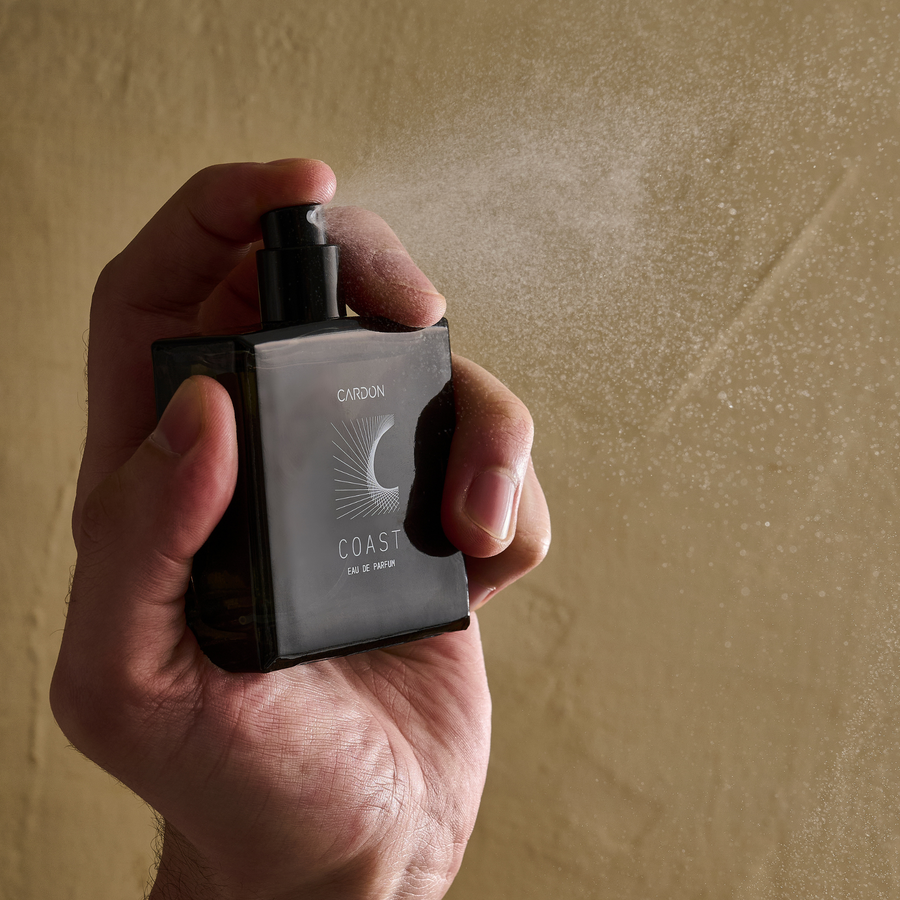
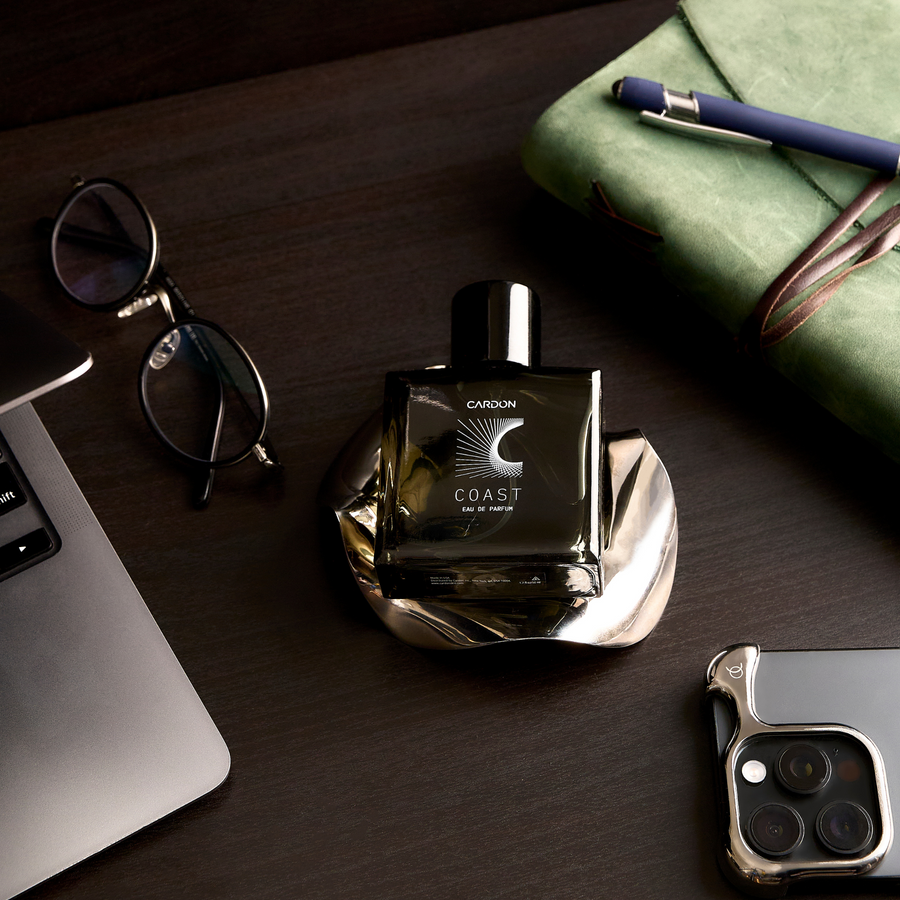


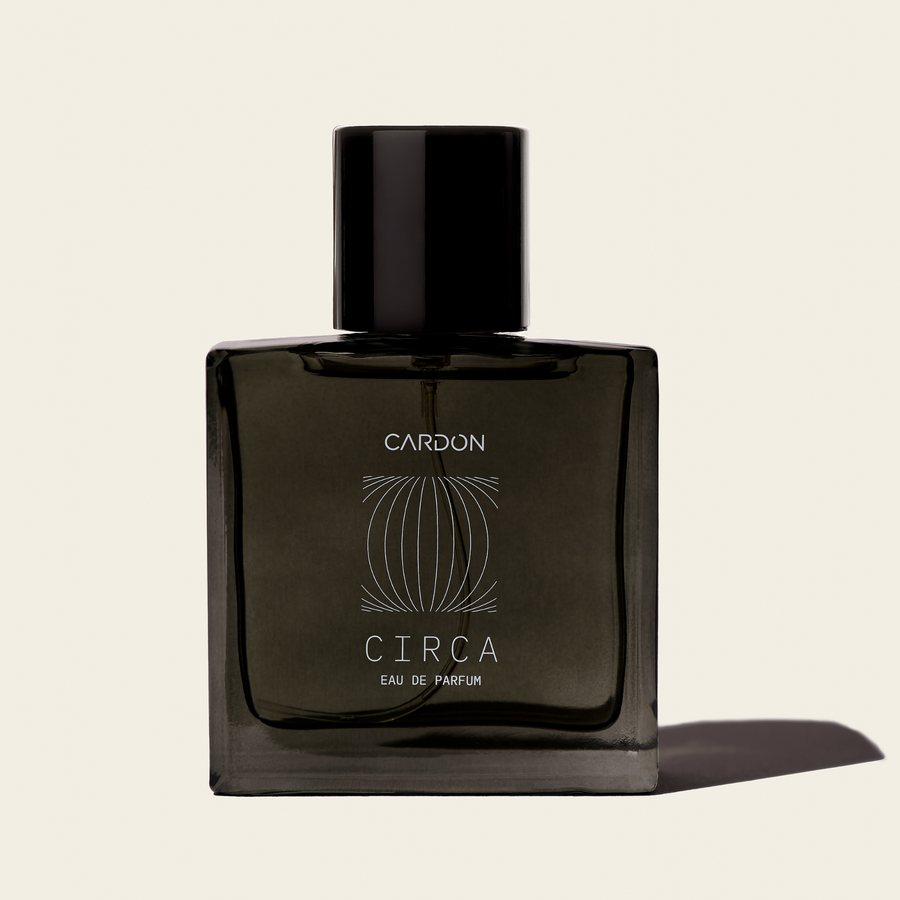
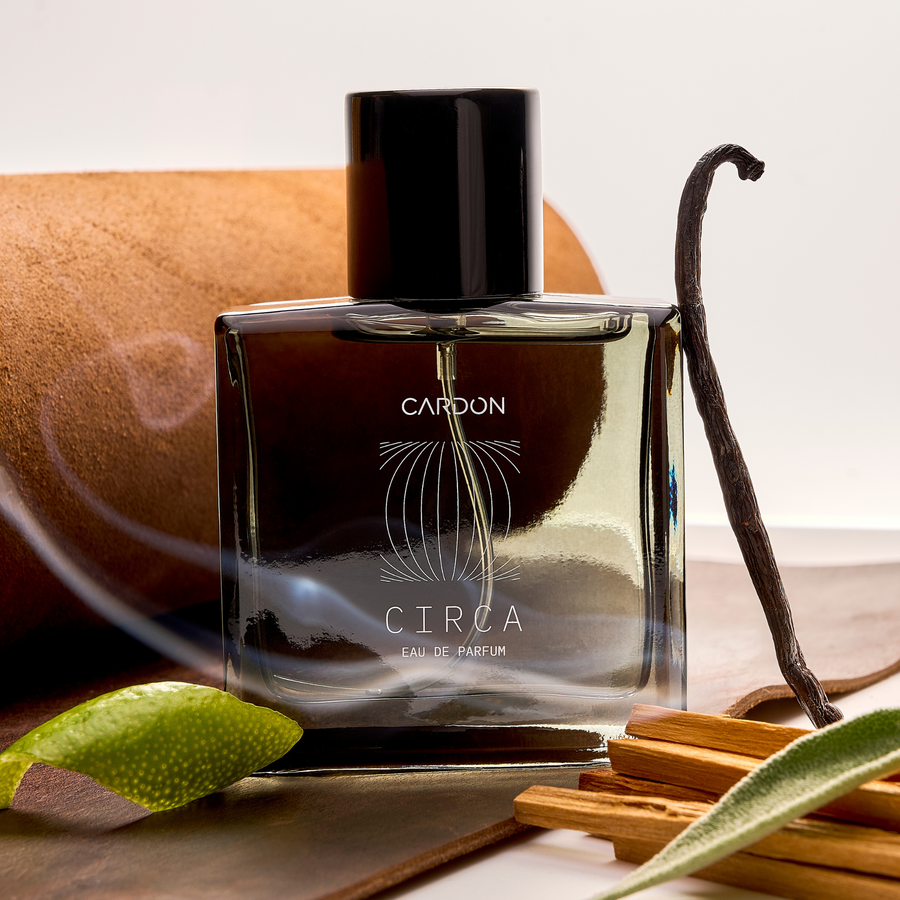
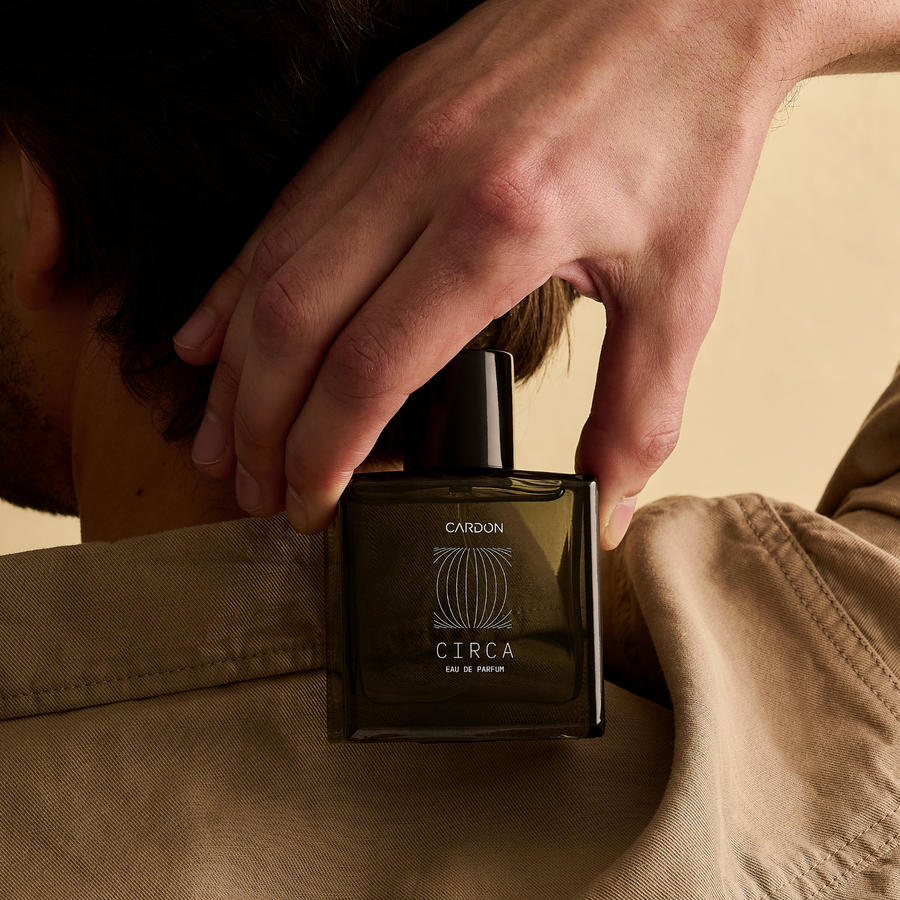
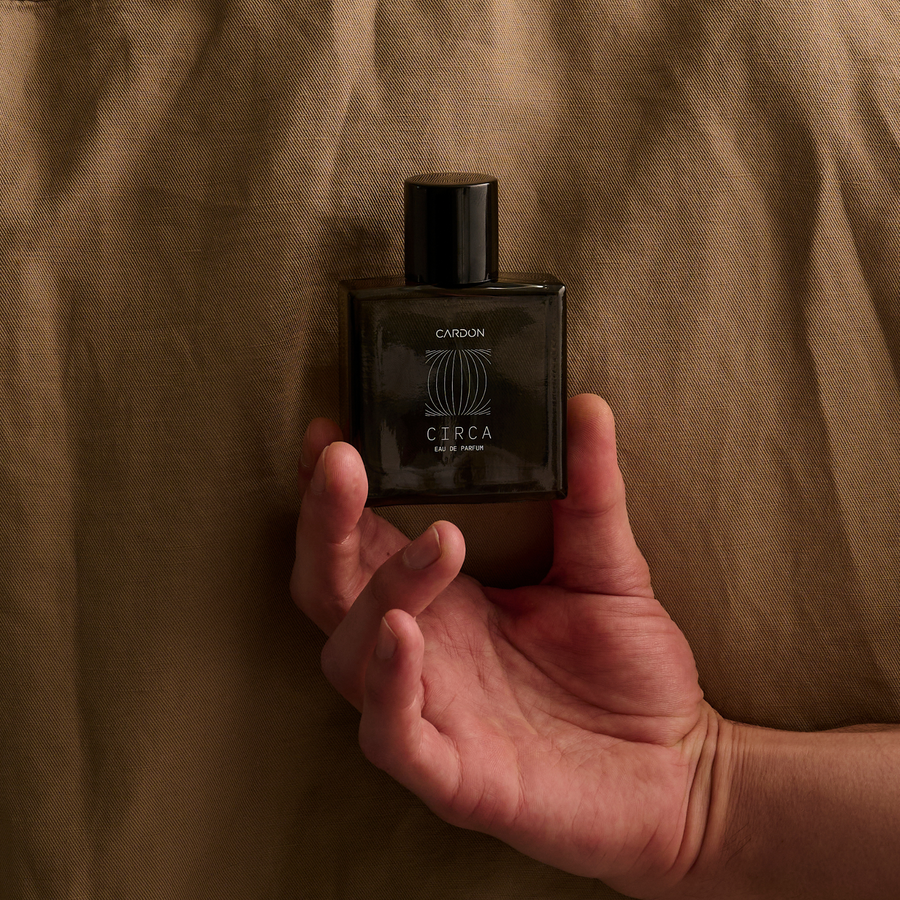
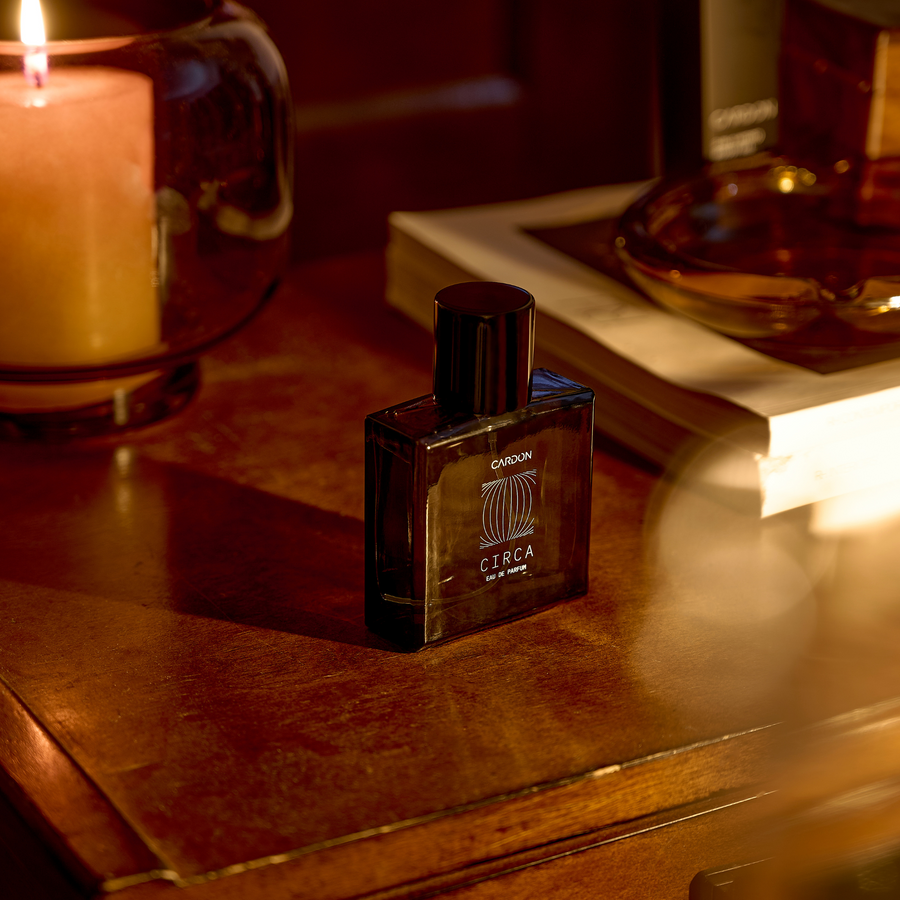
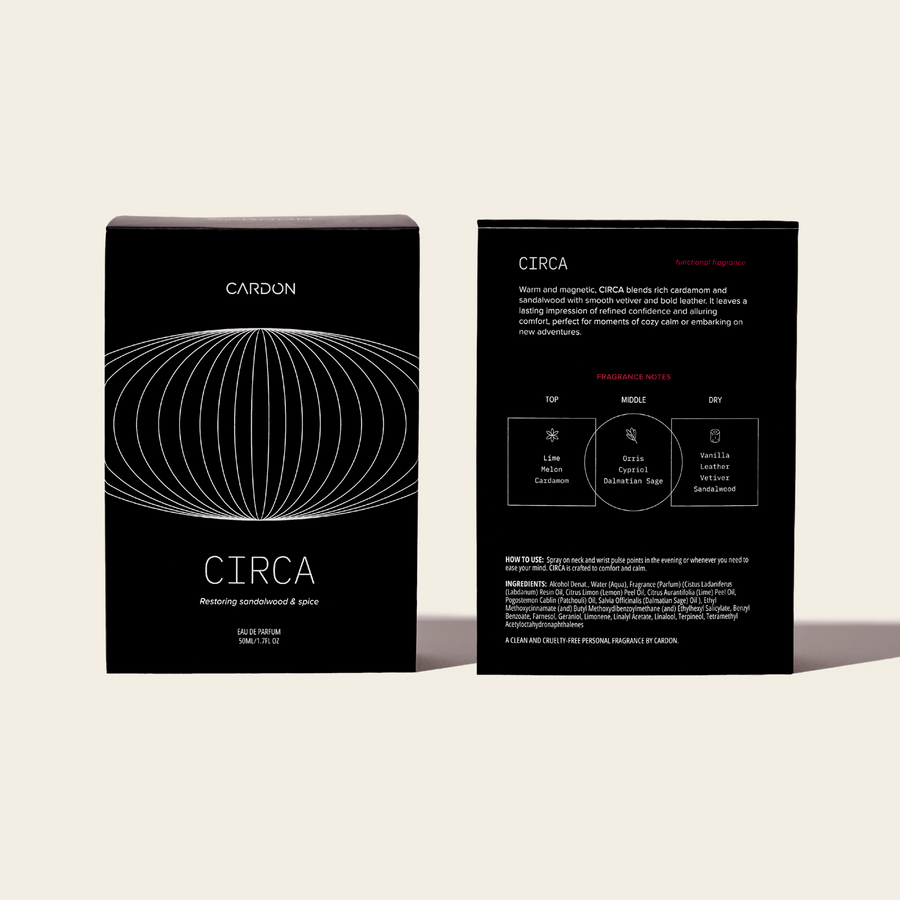

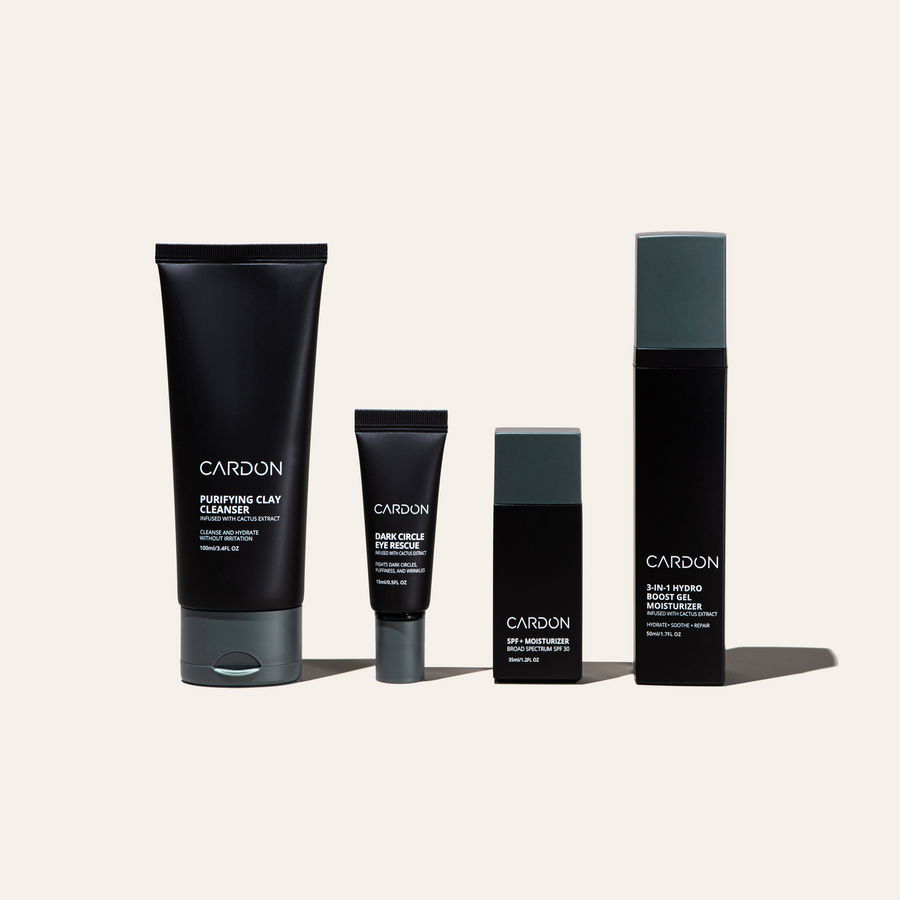
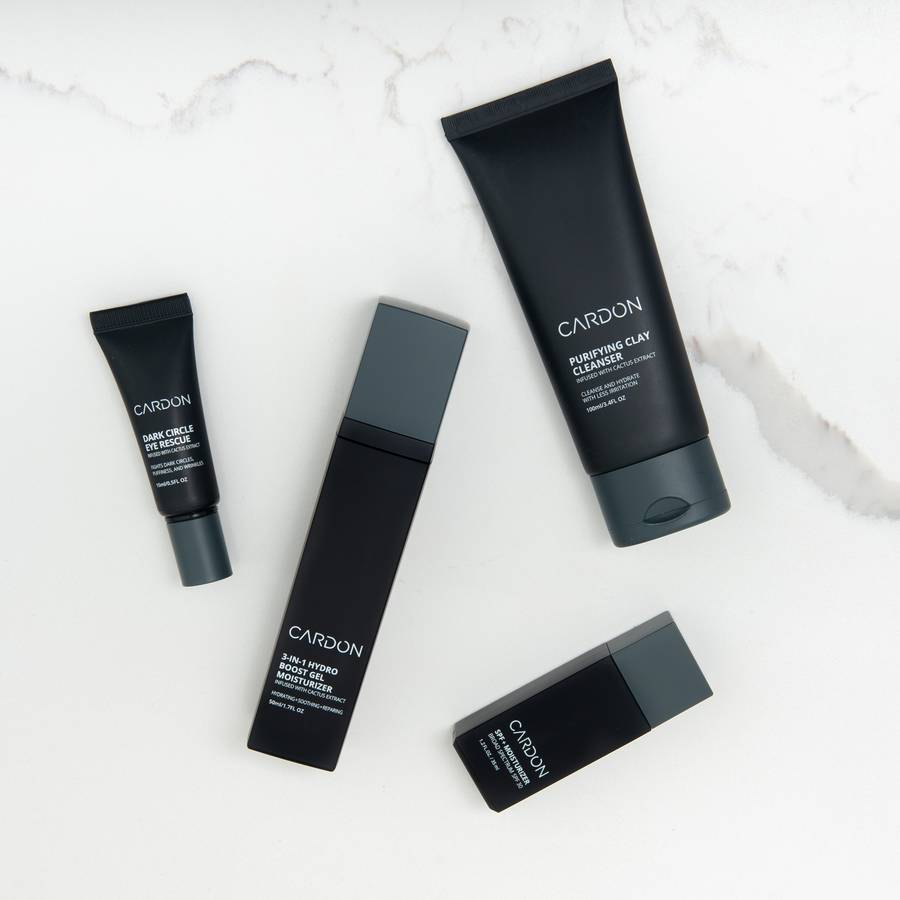
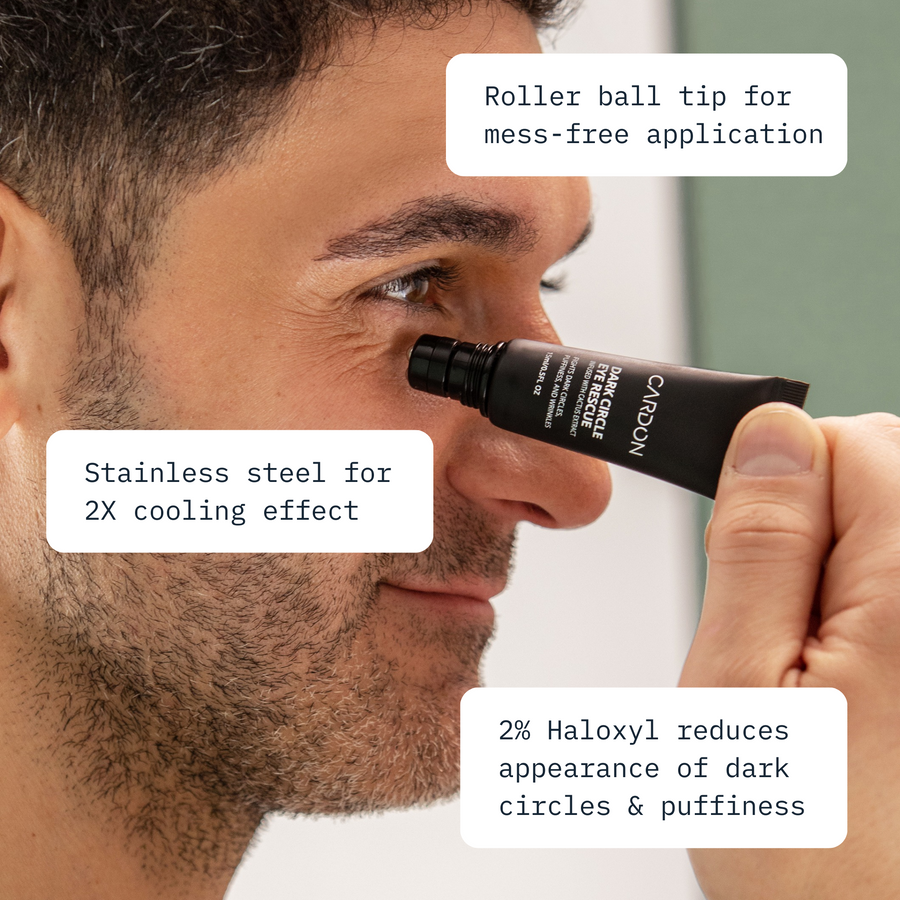
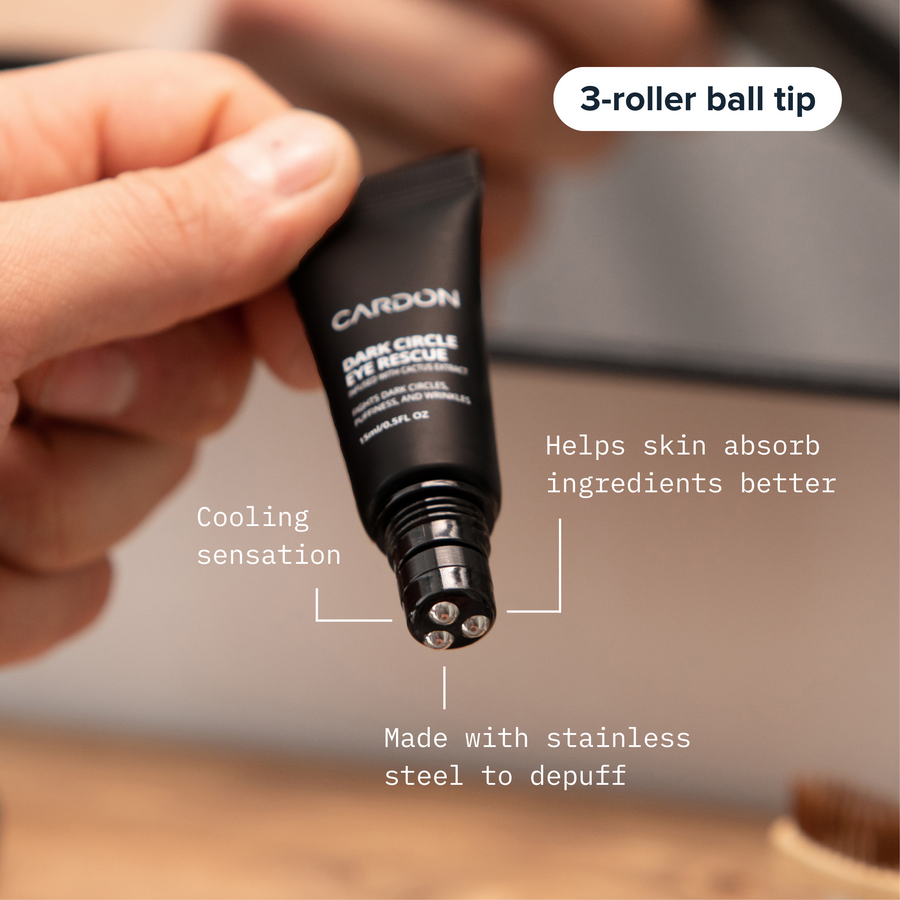
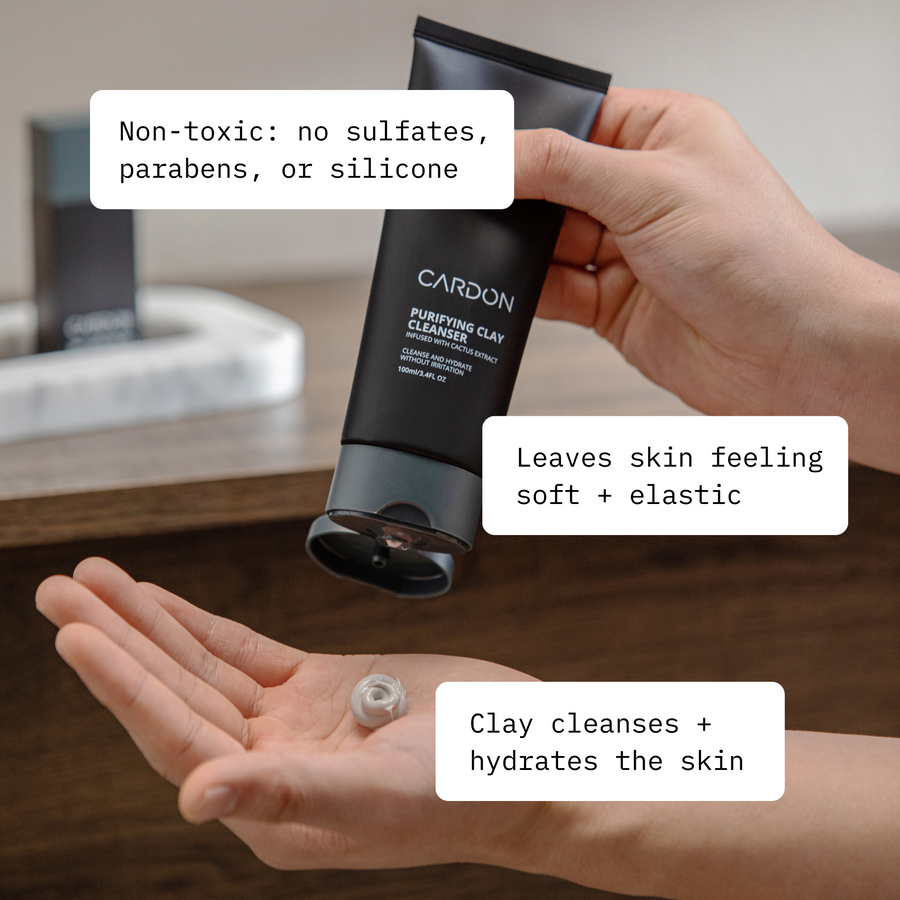
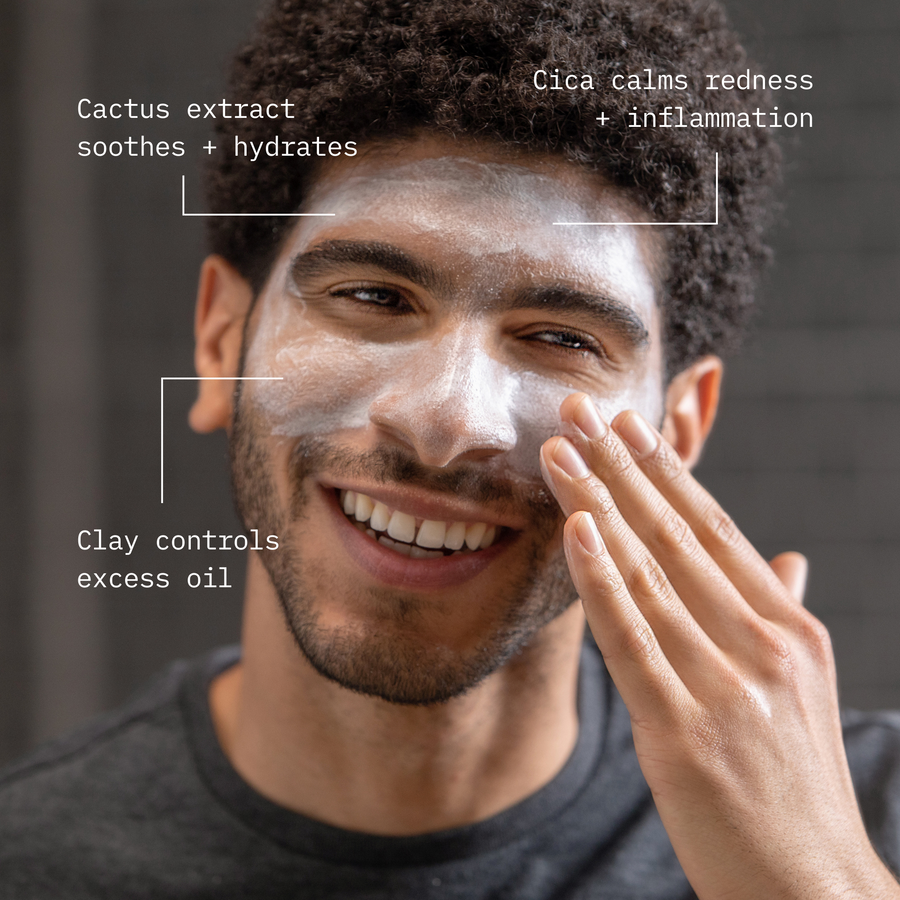
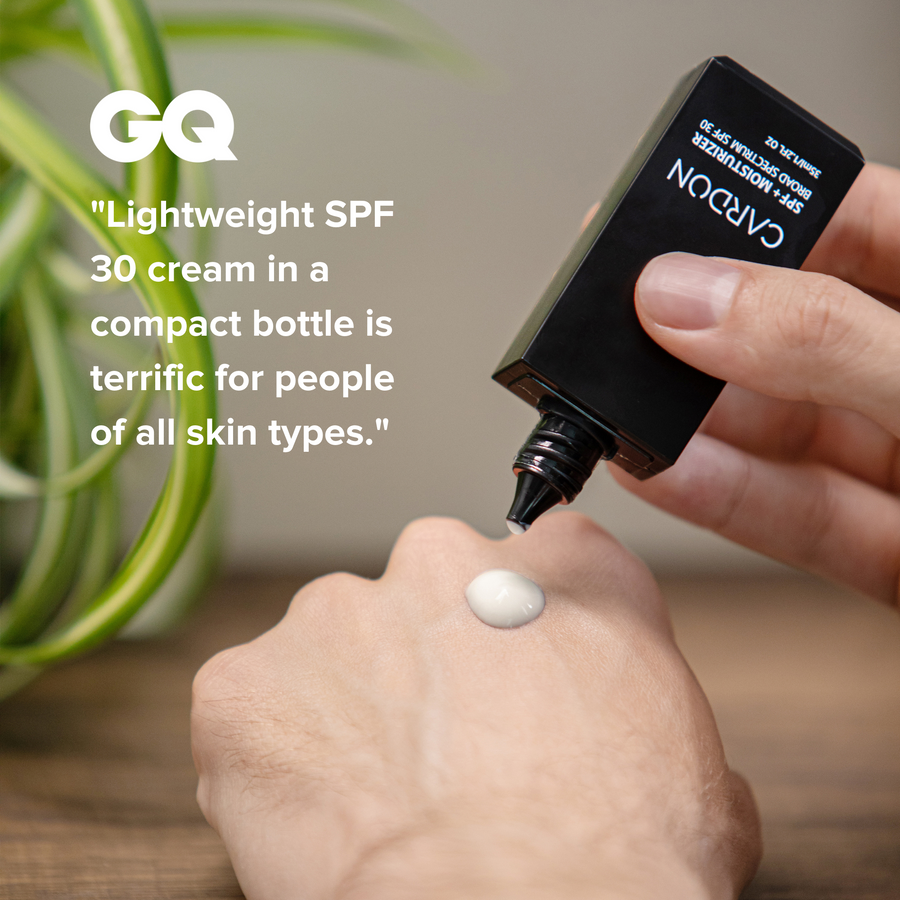
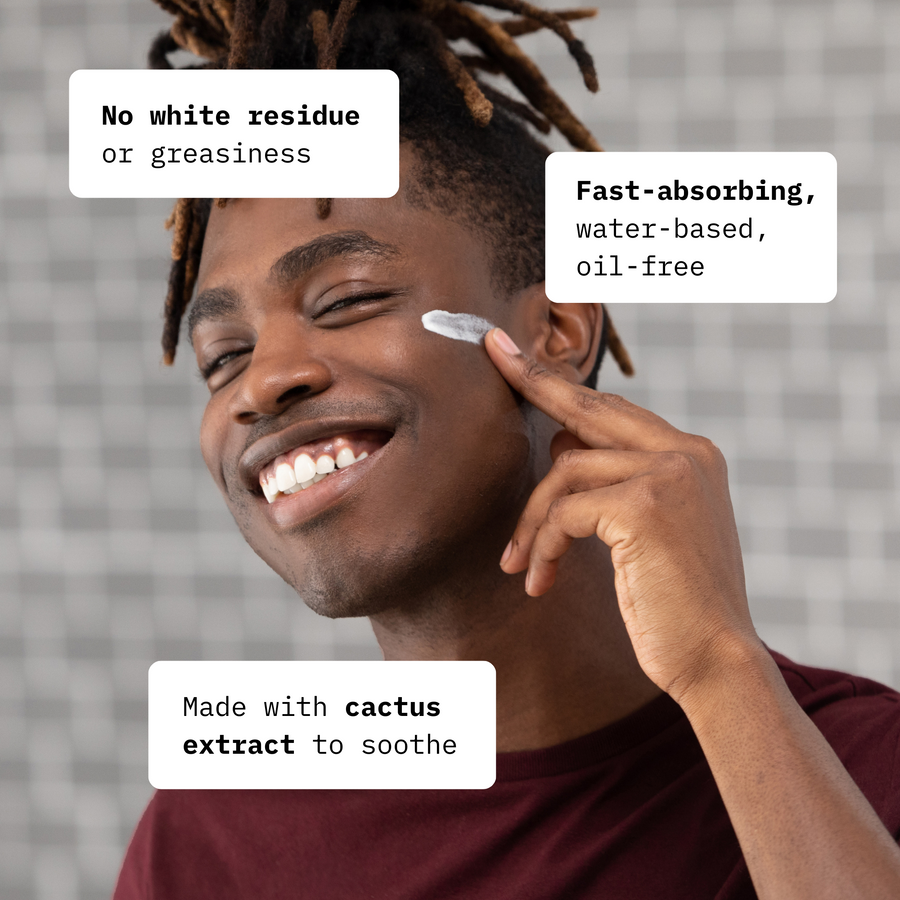
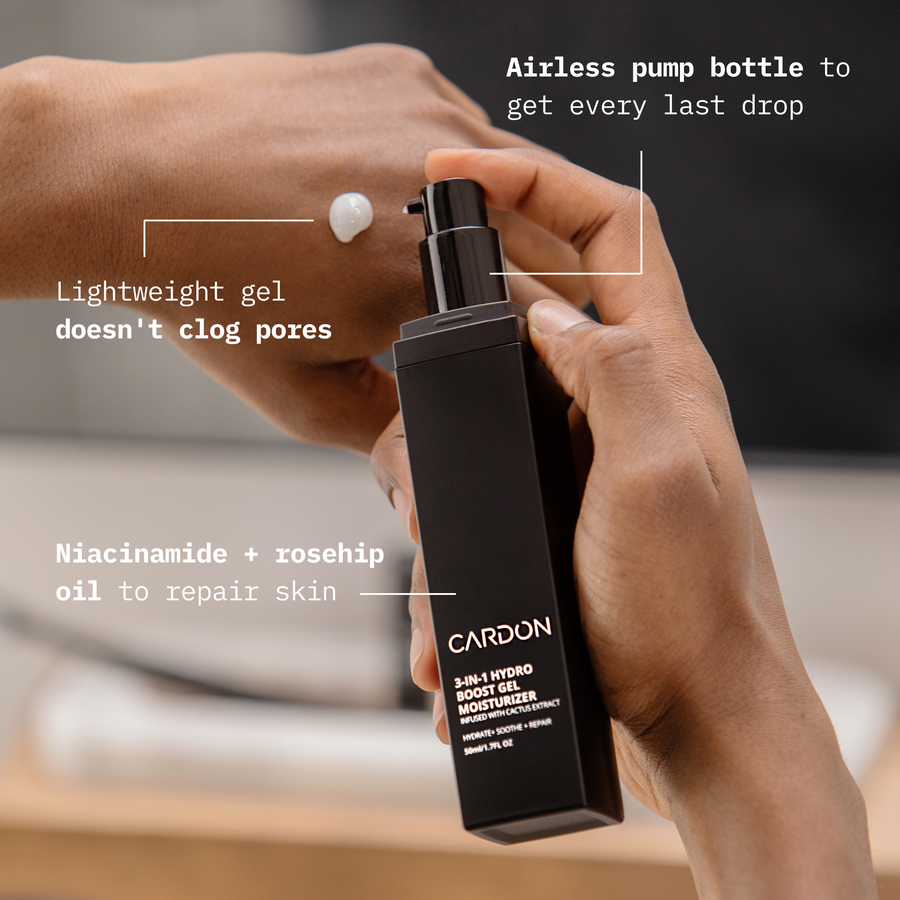
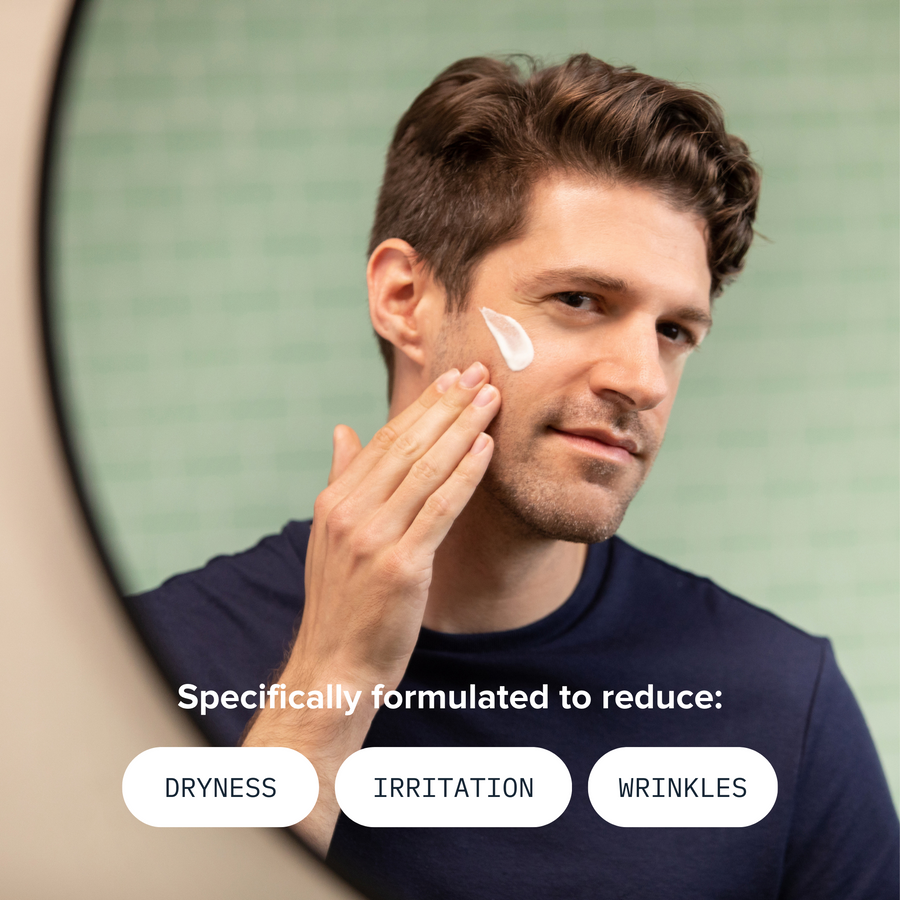
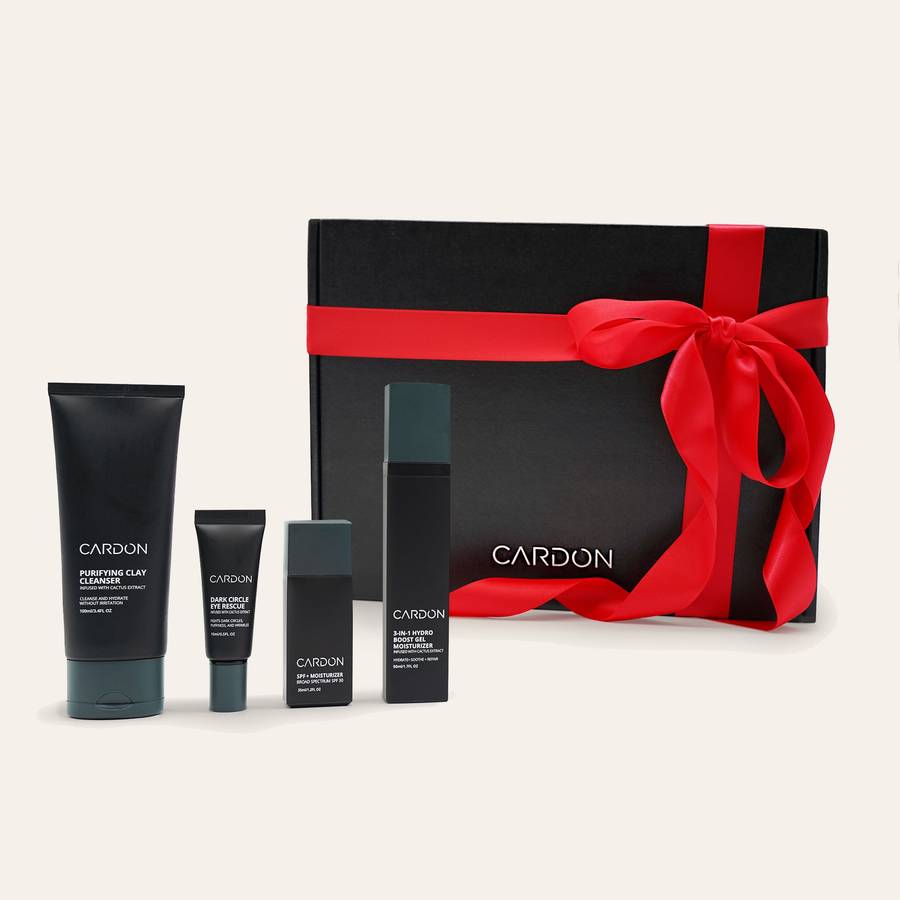
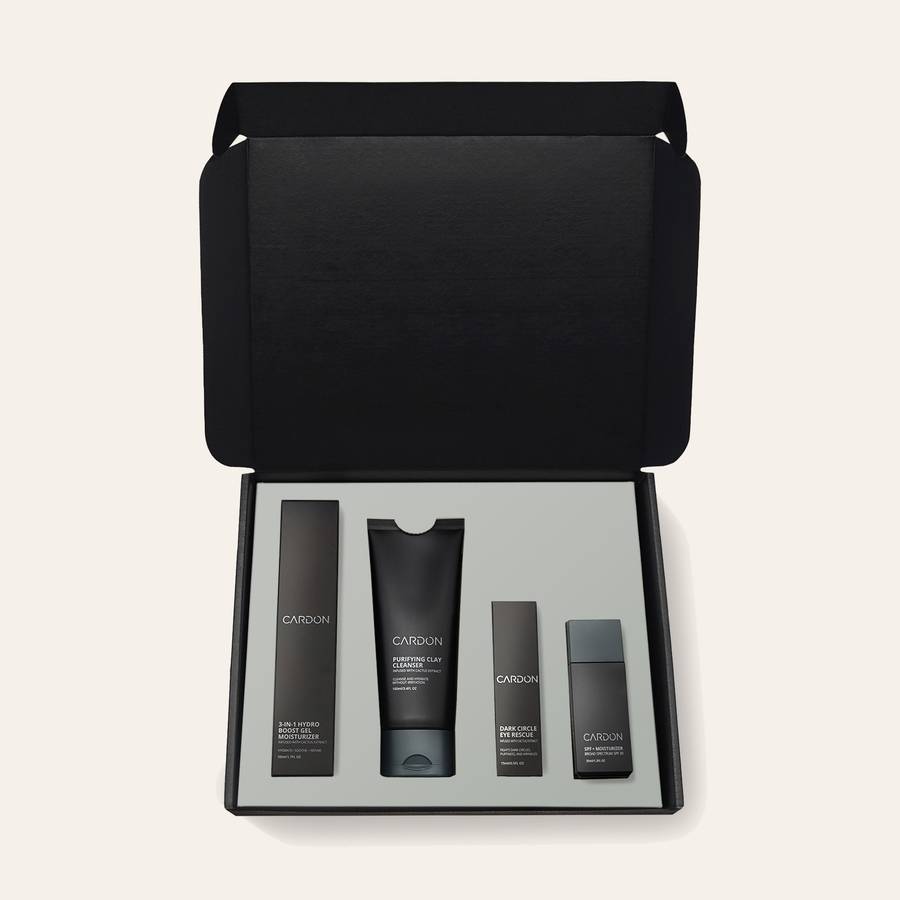
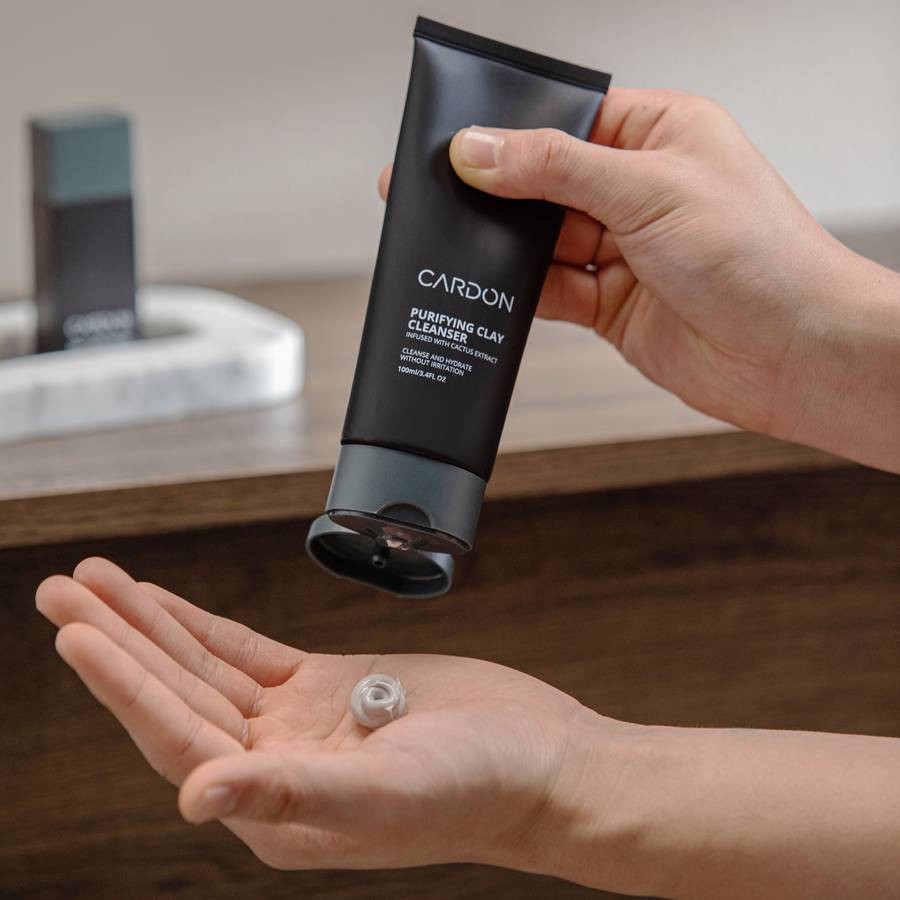
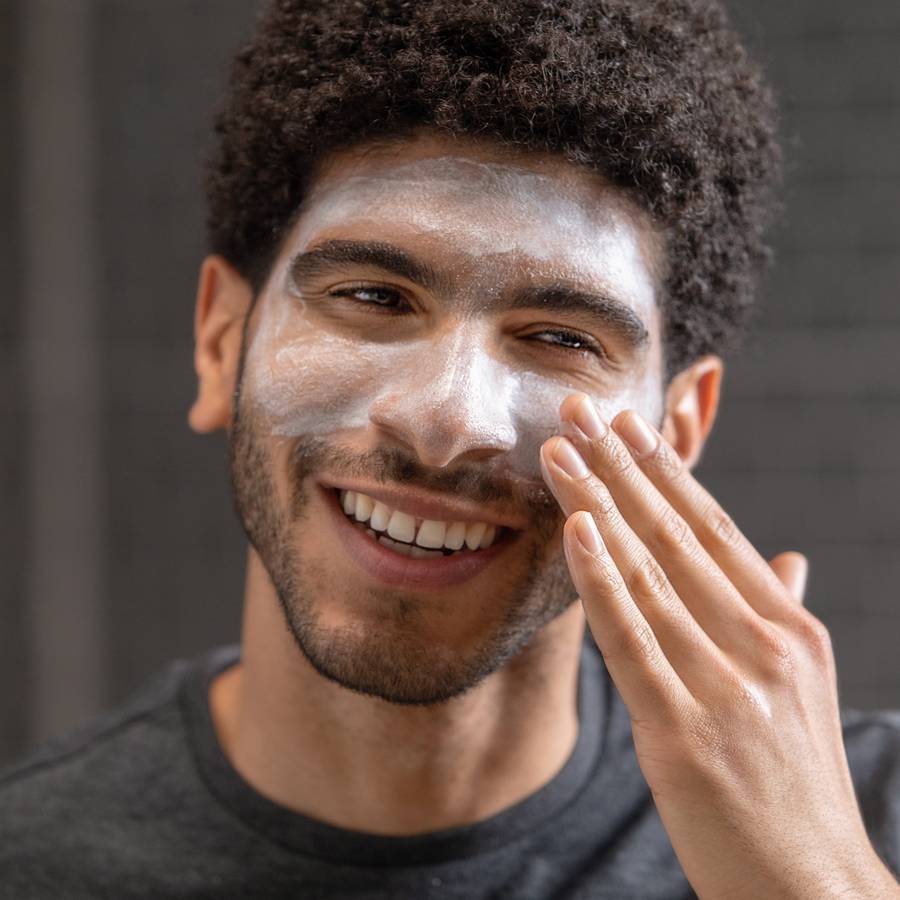
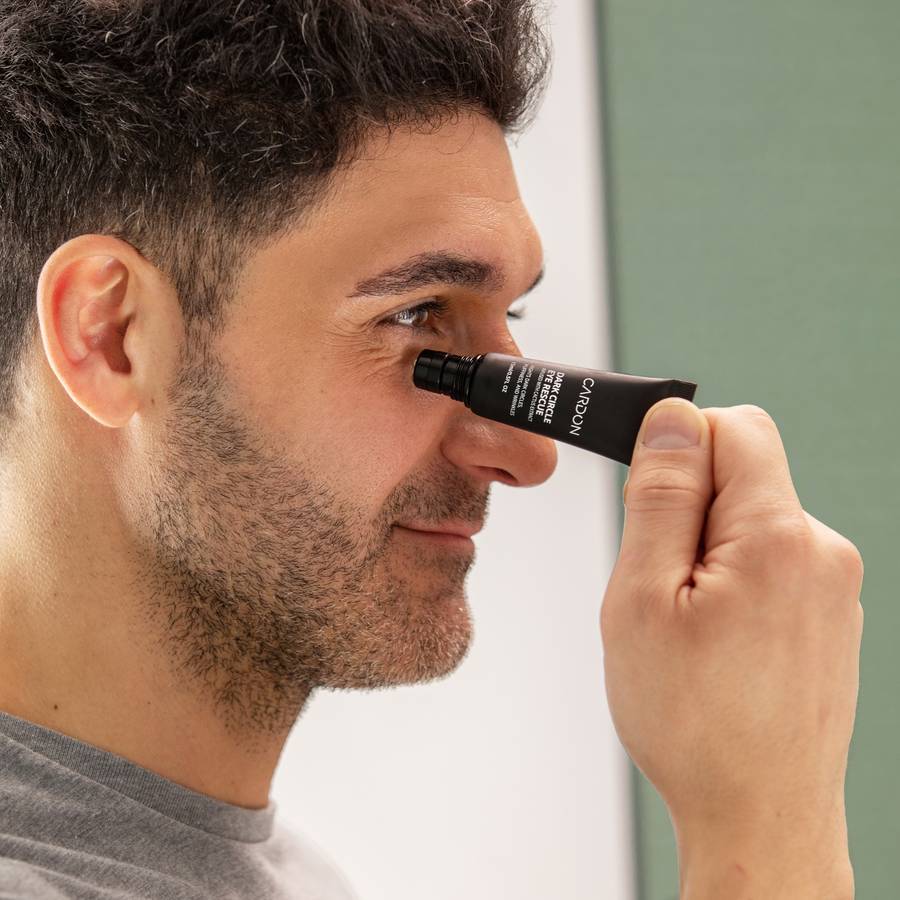
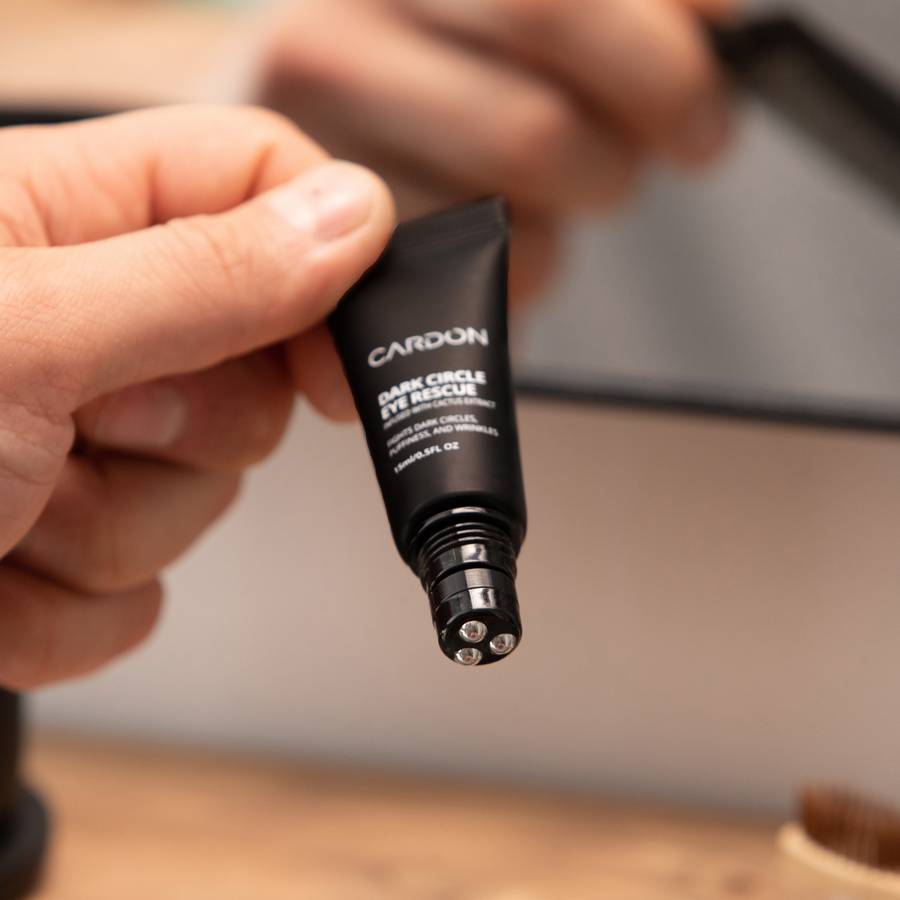
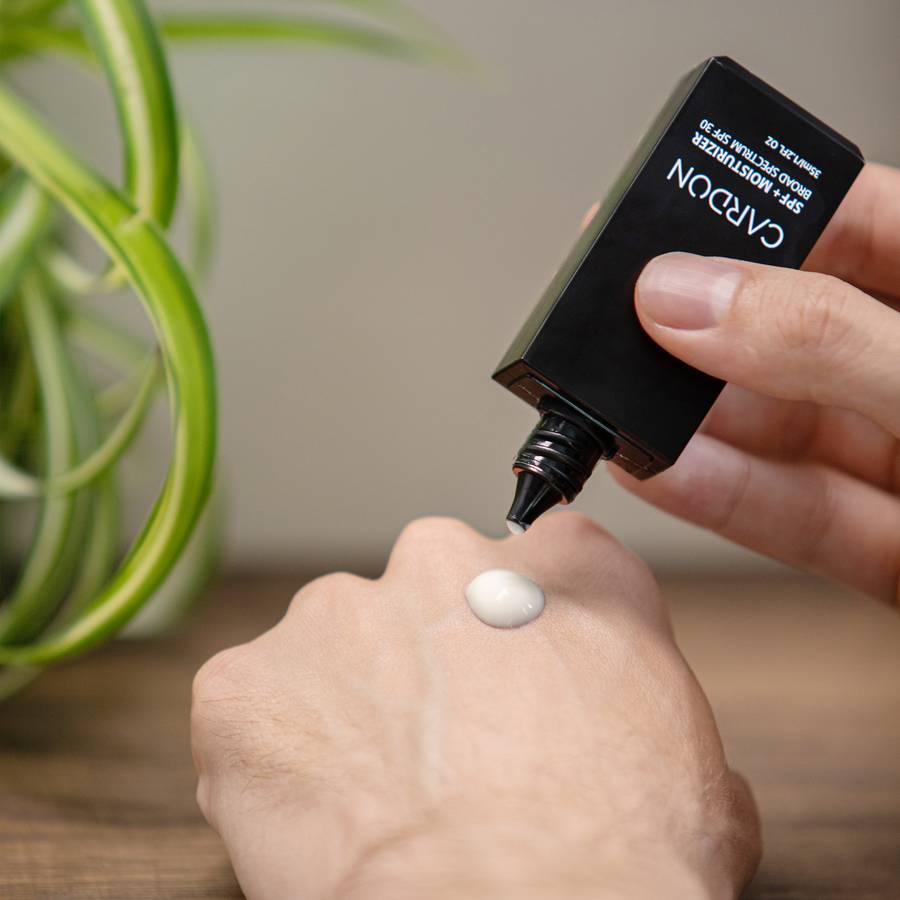
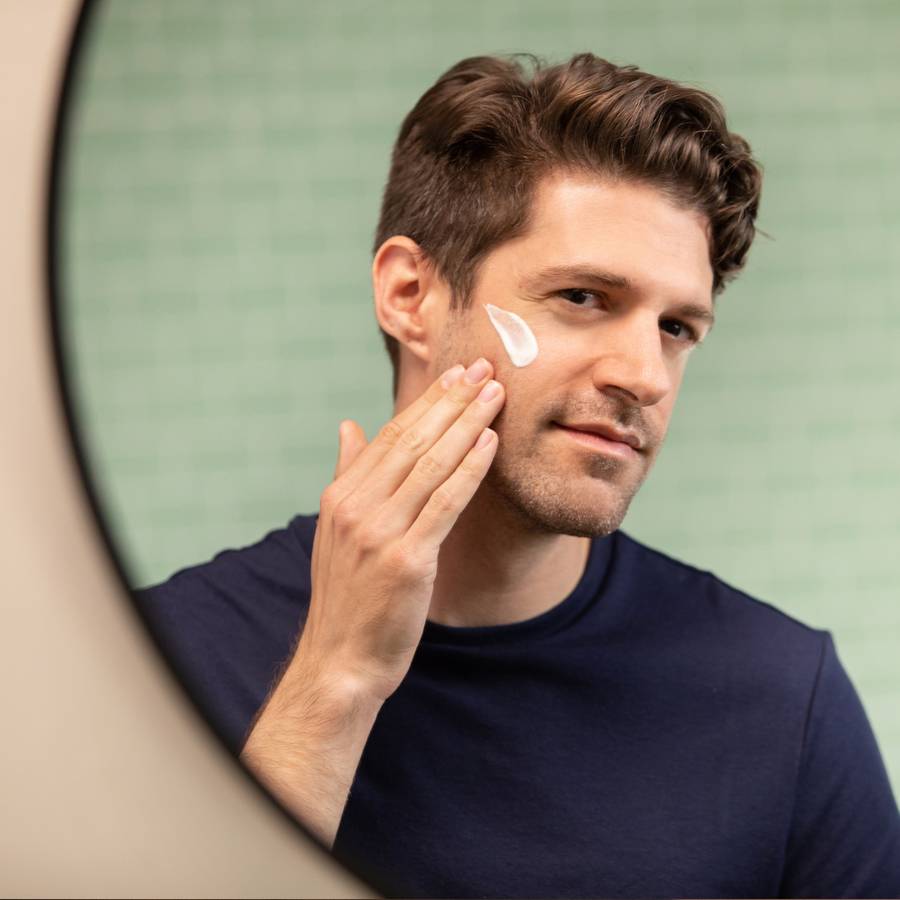
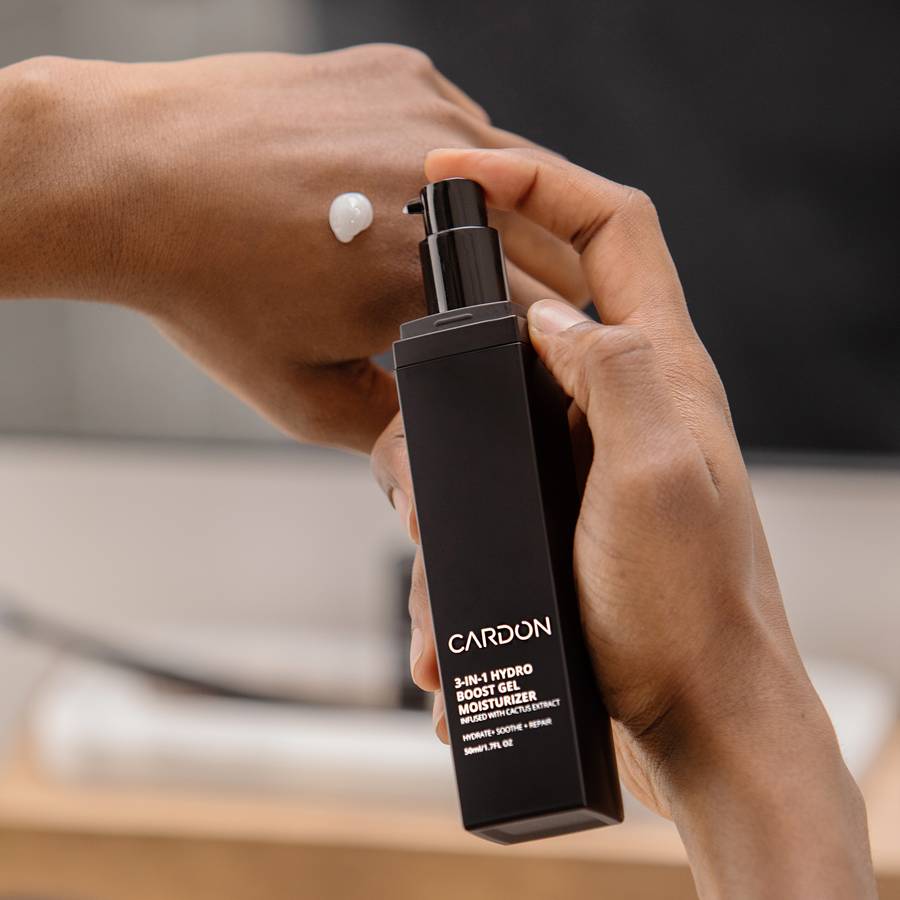

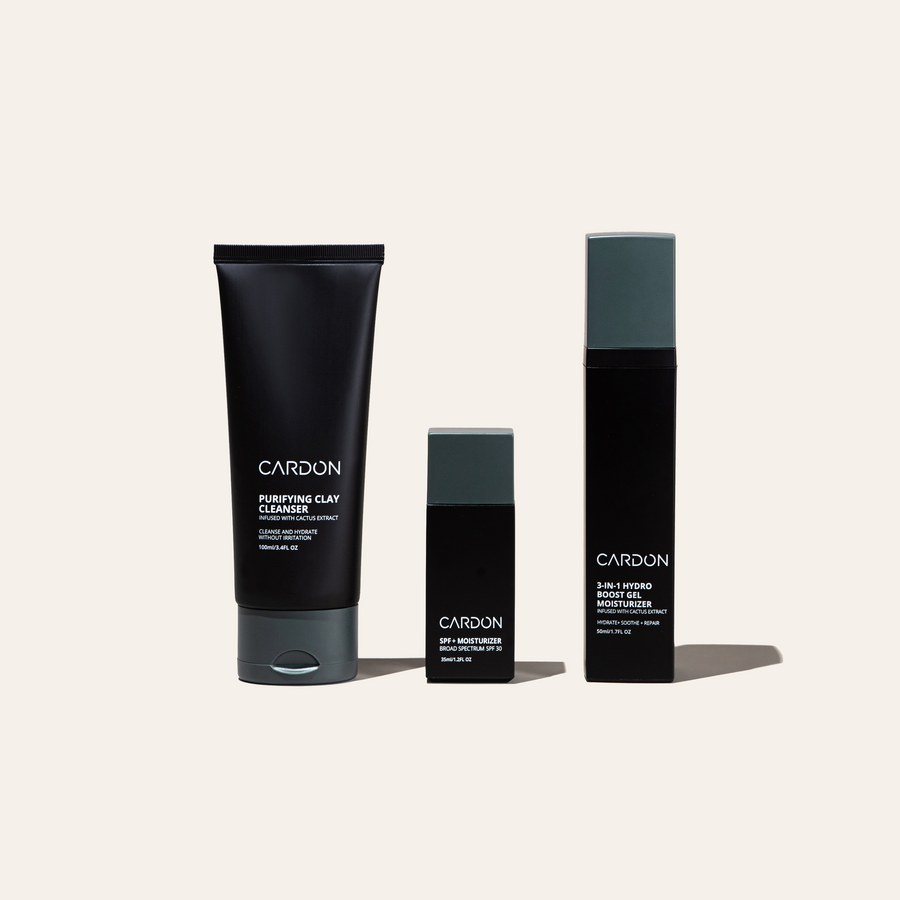
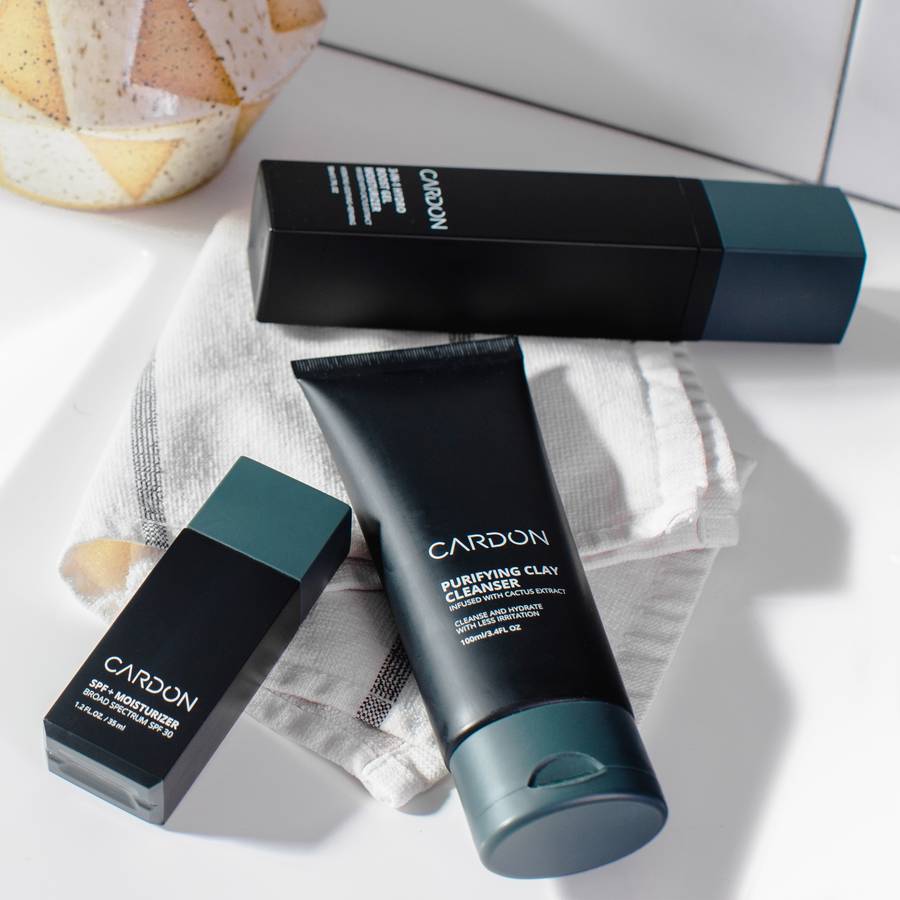
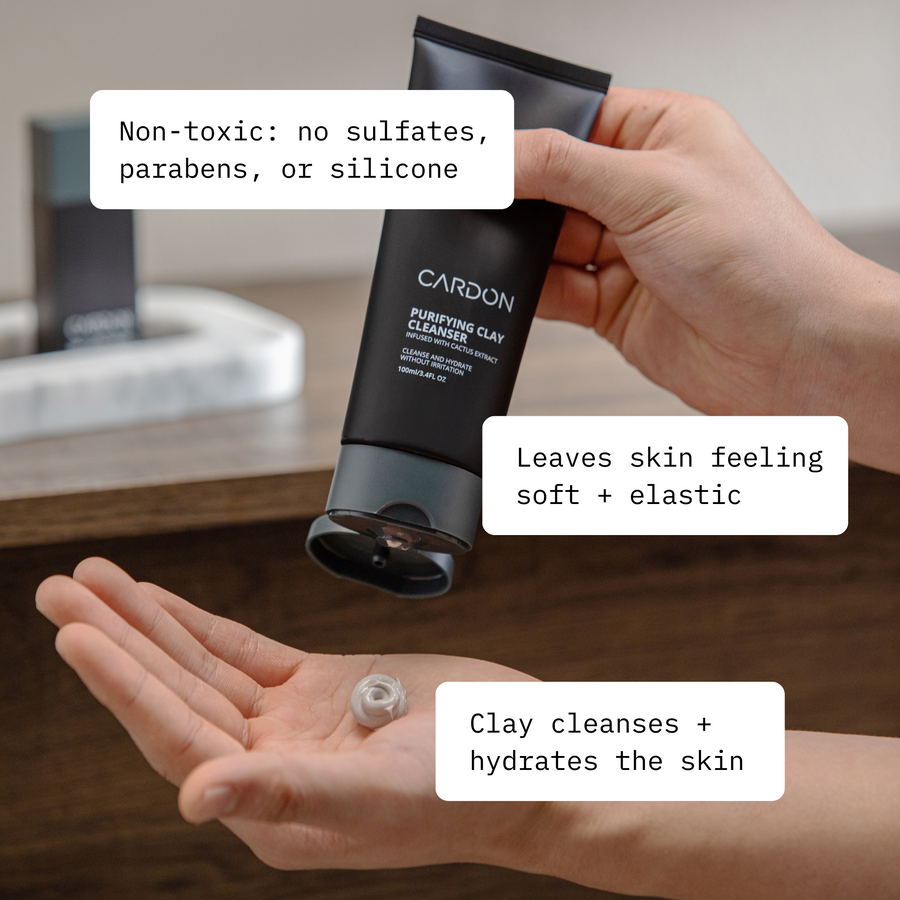
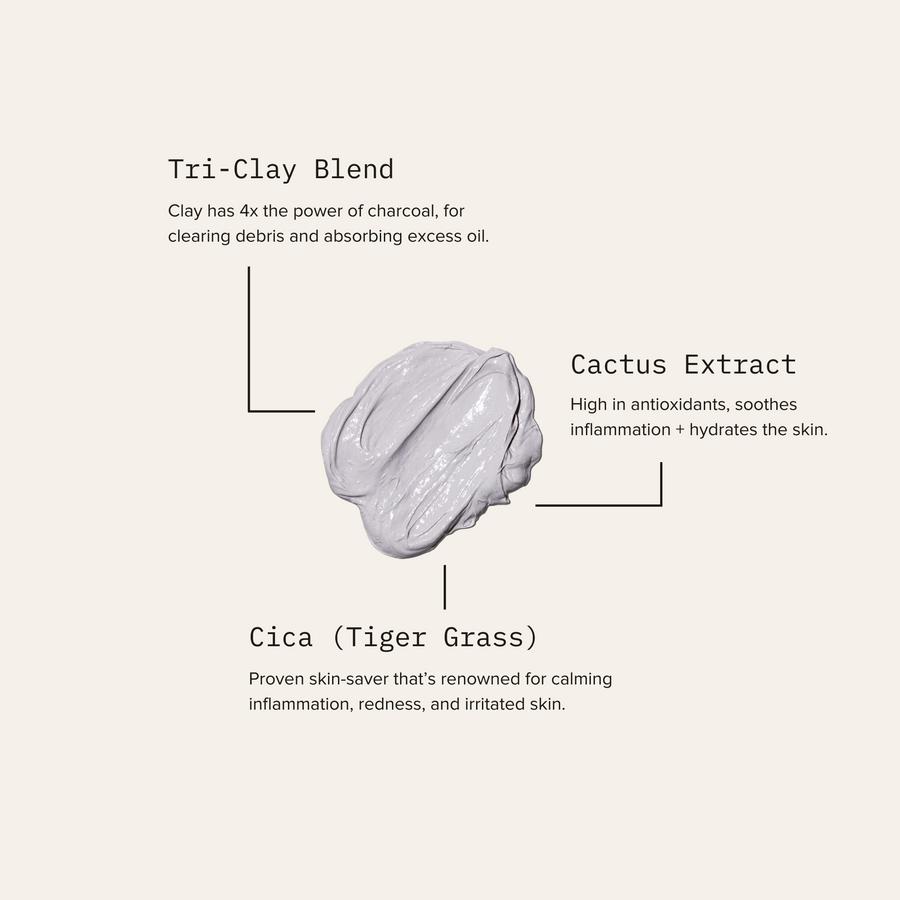
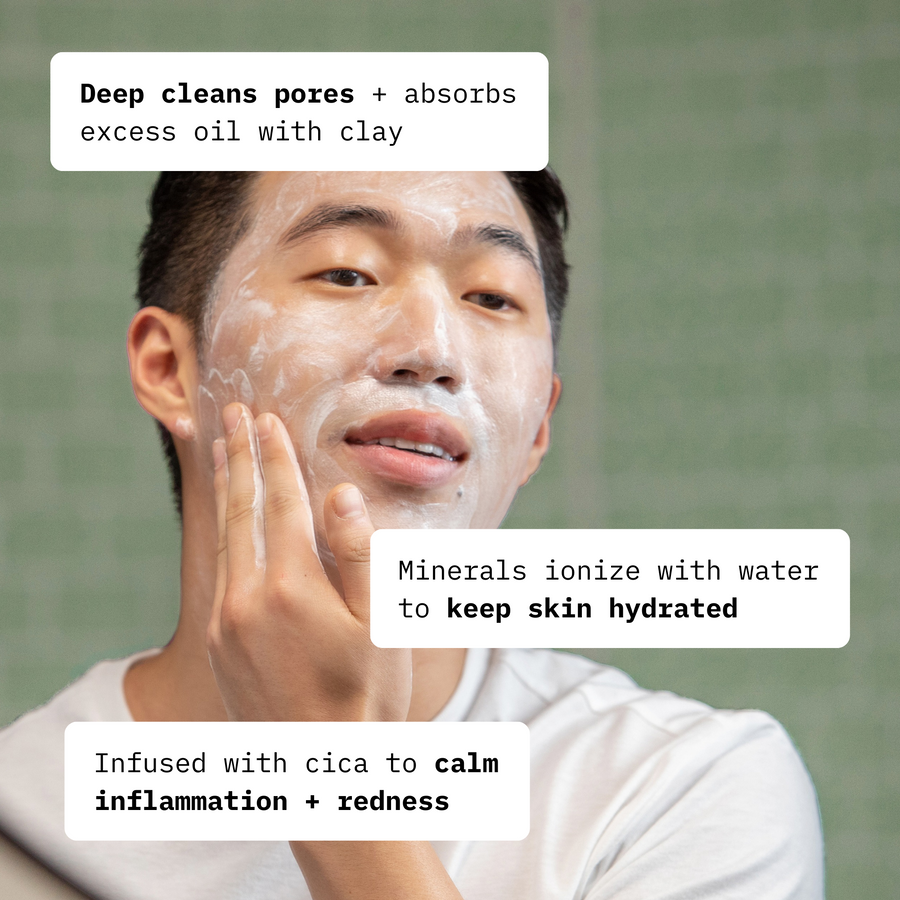

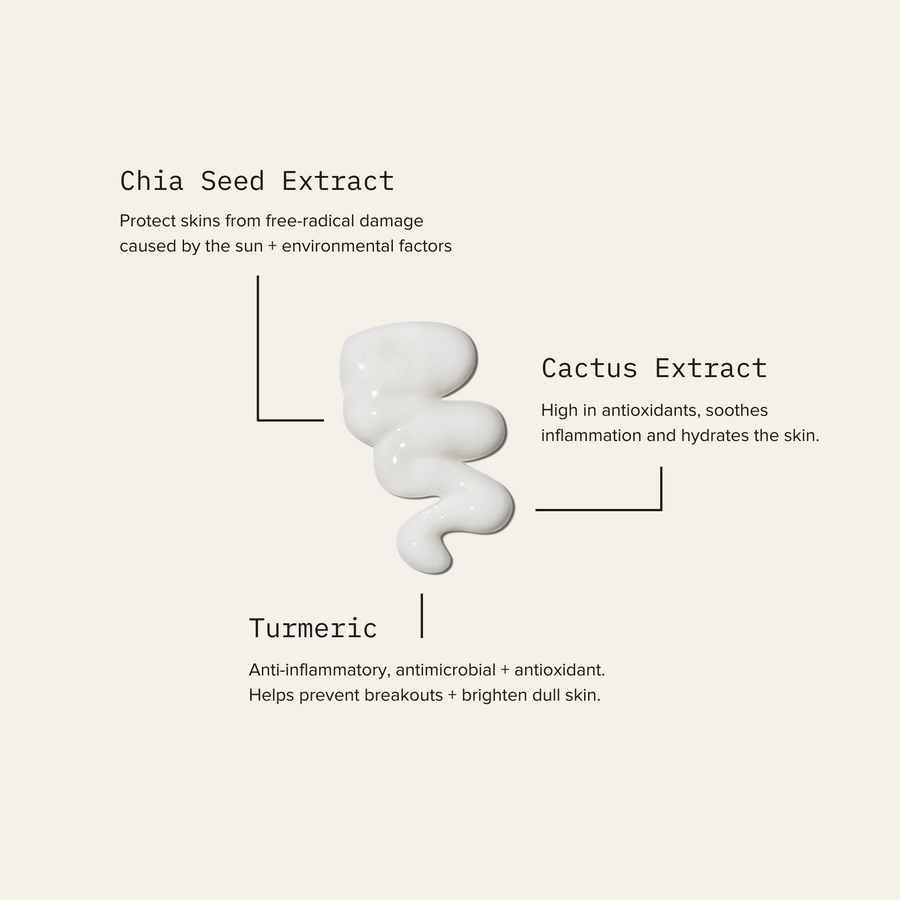
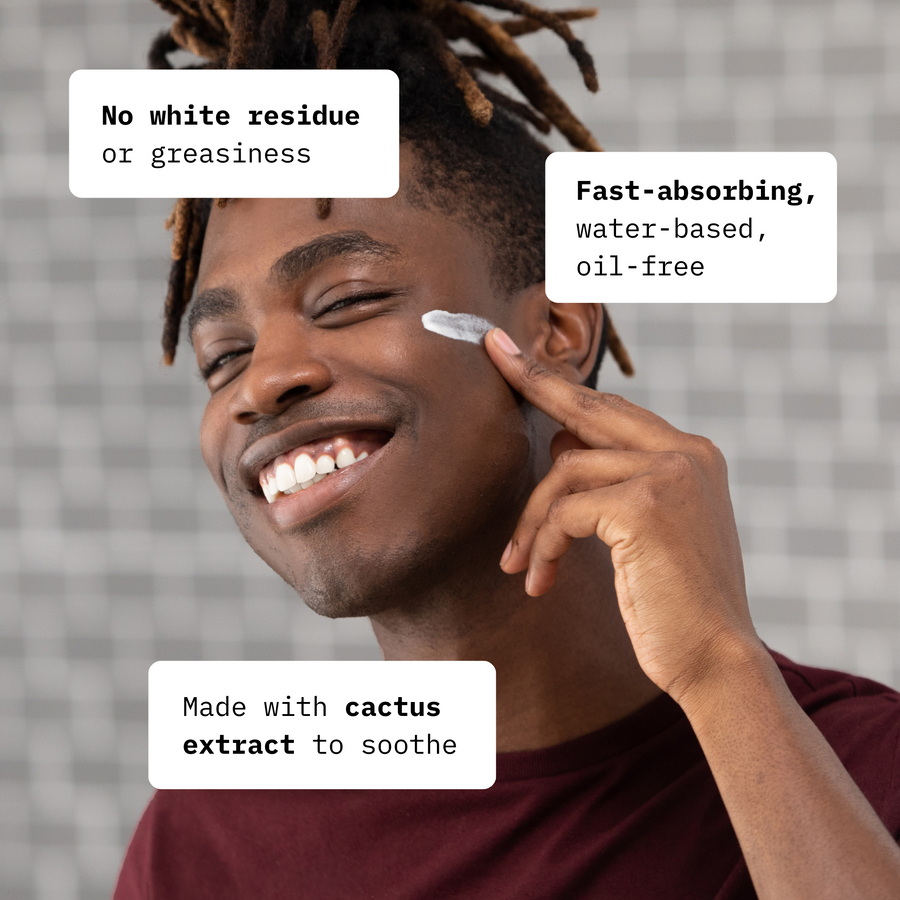
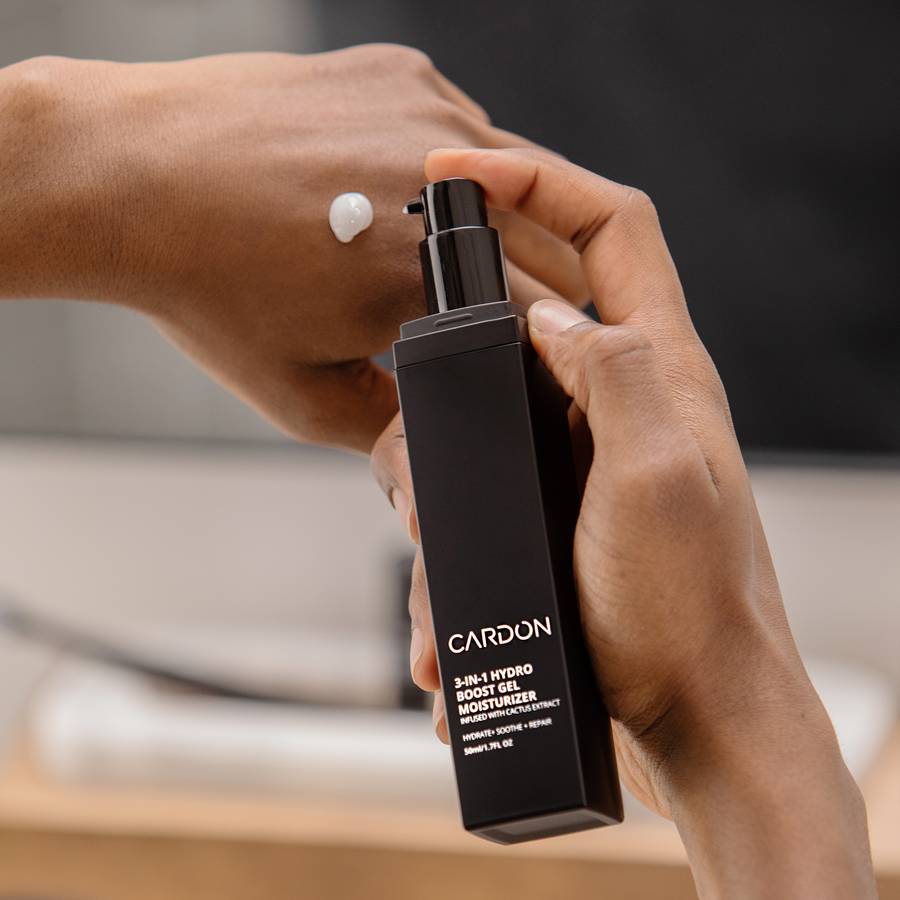
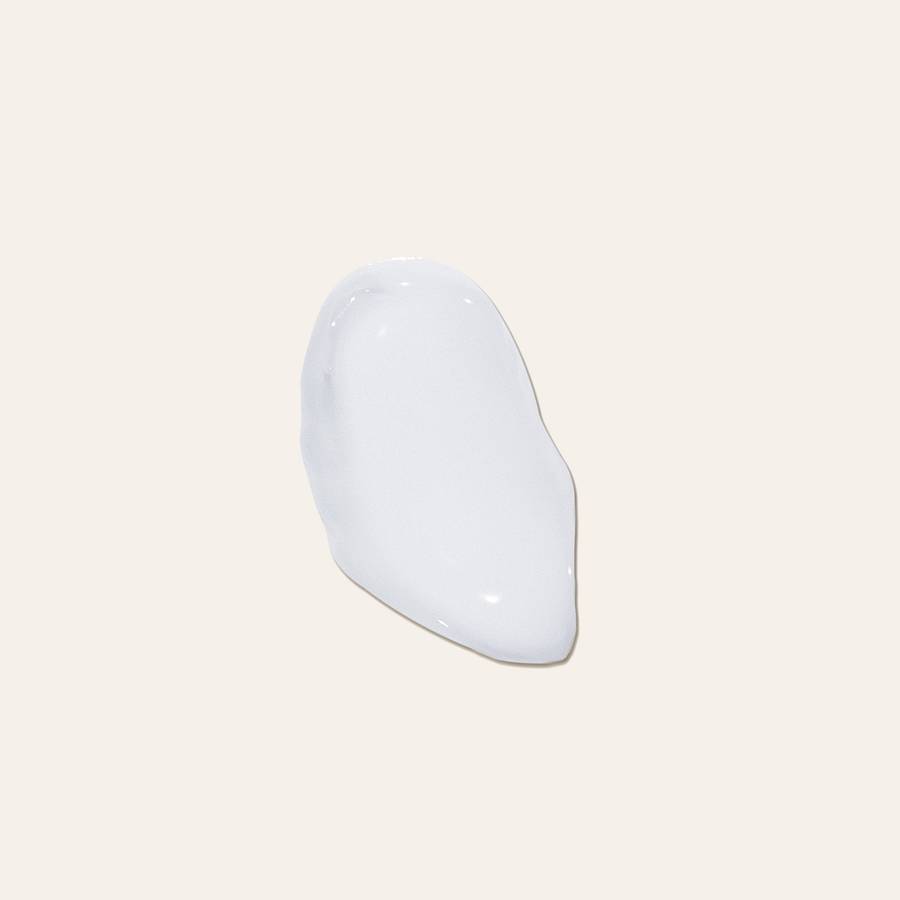
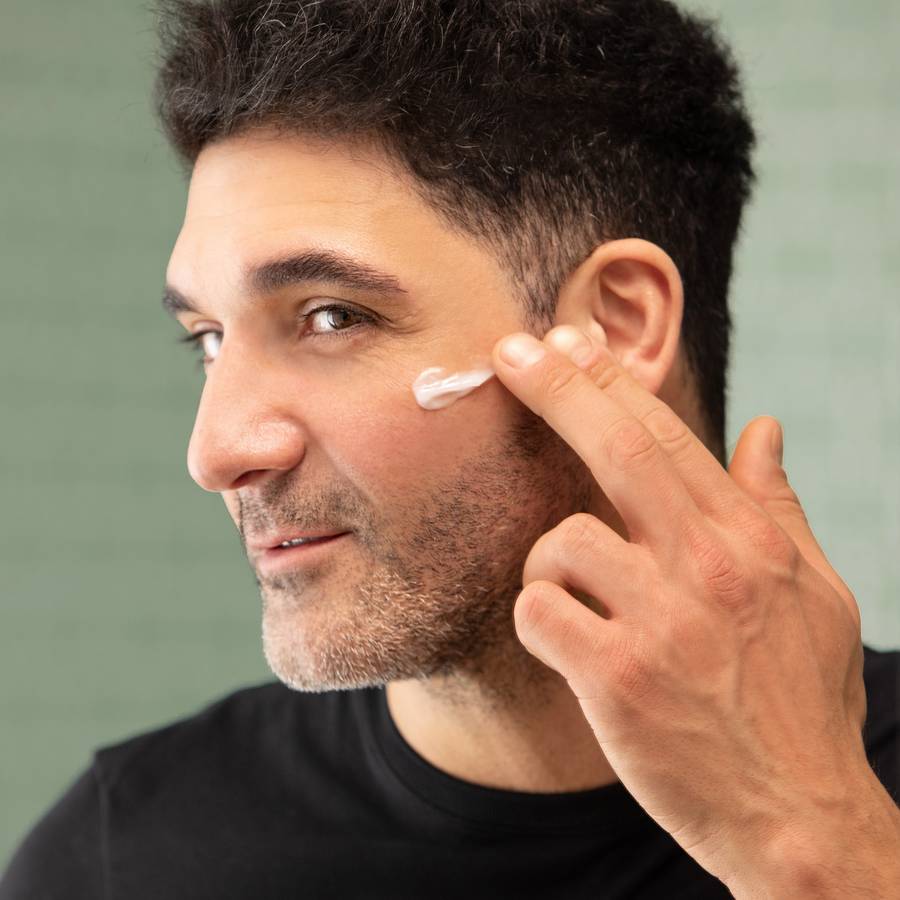
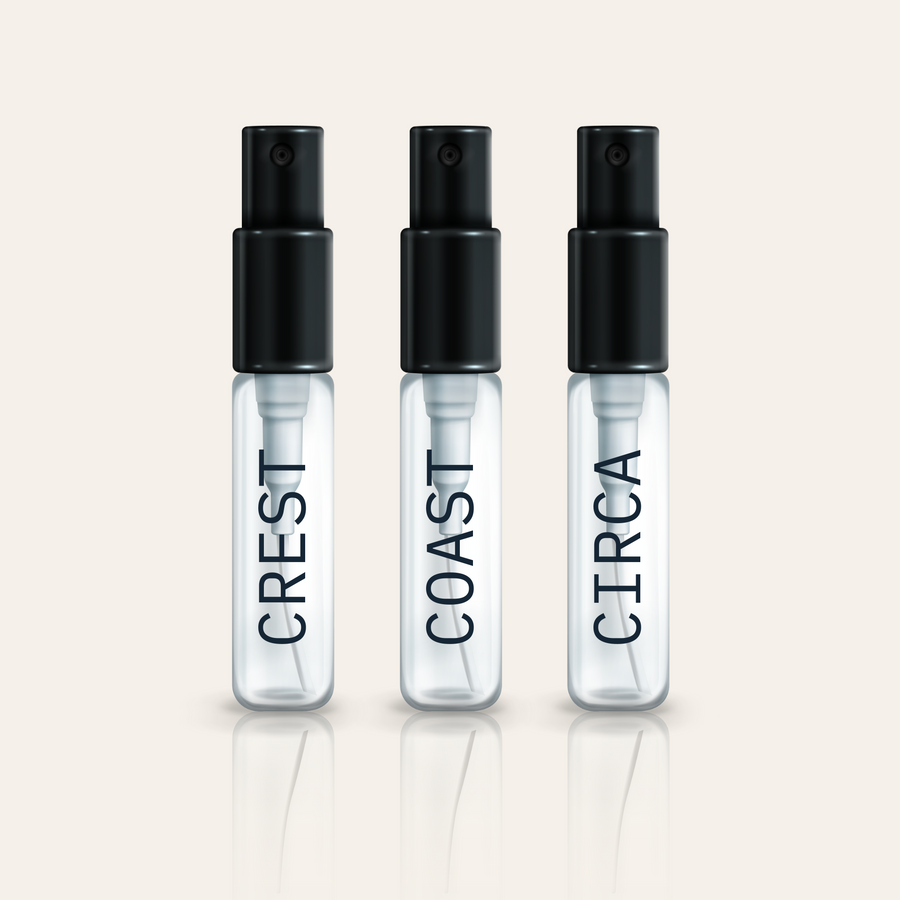
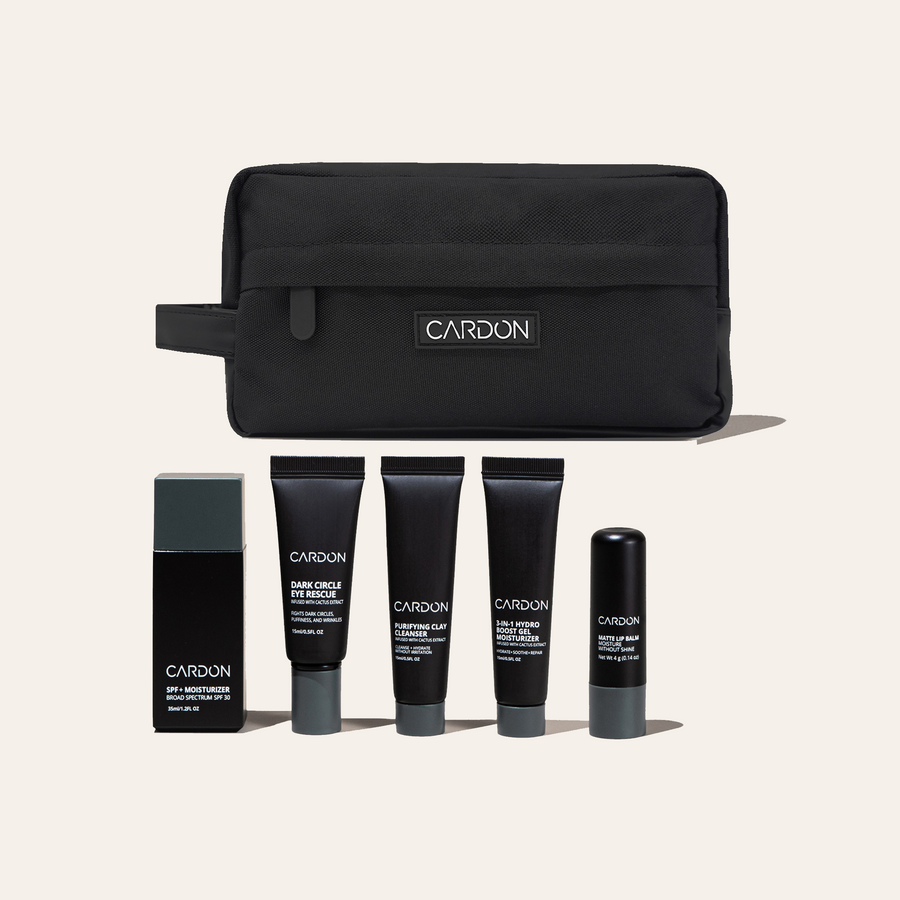
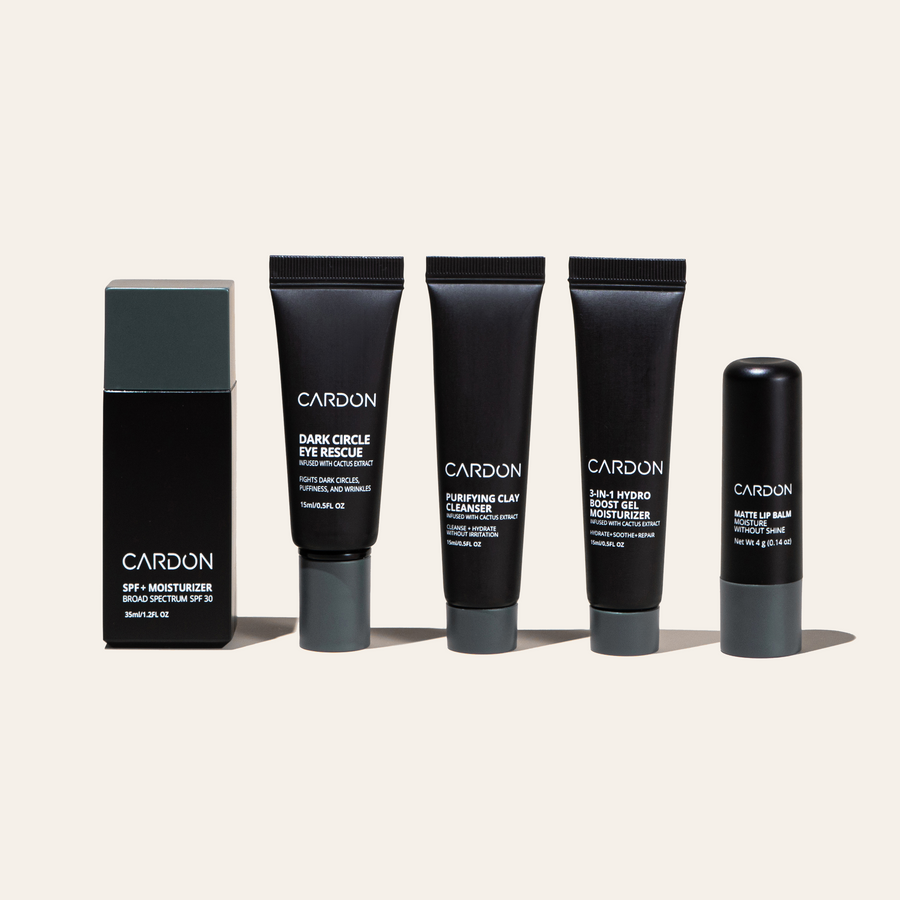
.jpg?v=1660669602636&options=w_900)
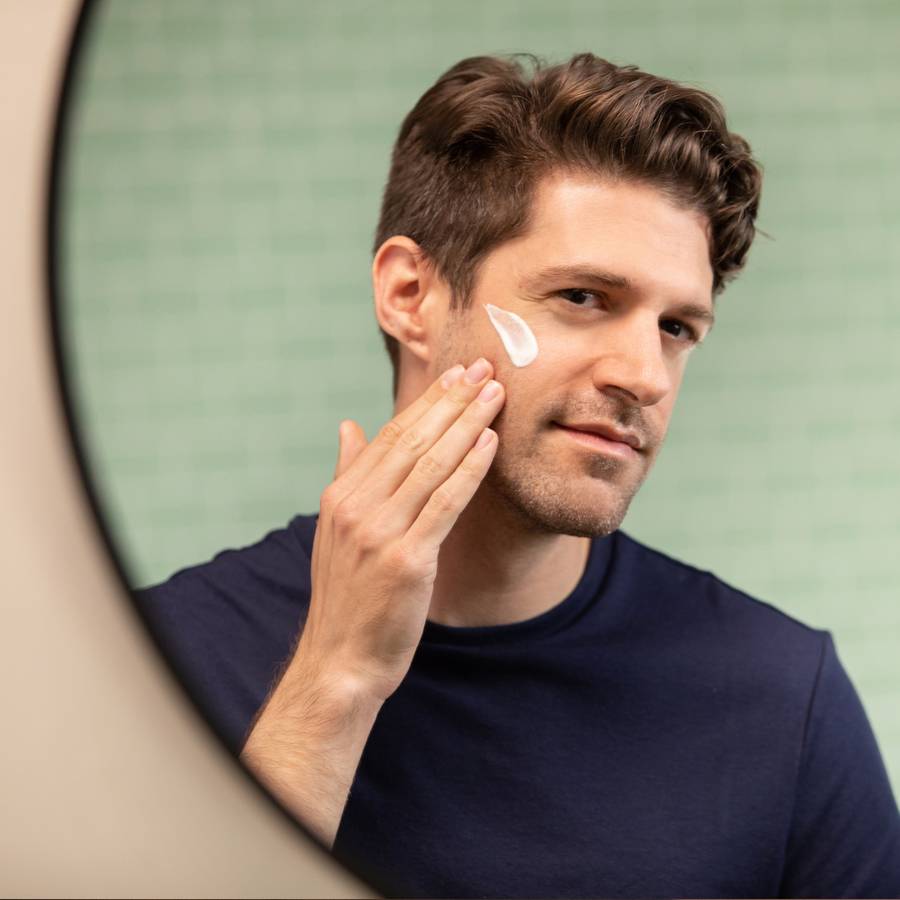
.jpg?v=1660669712802&options=w_900)
.jpg?v=1660669523094&options=w_900)
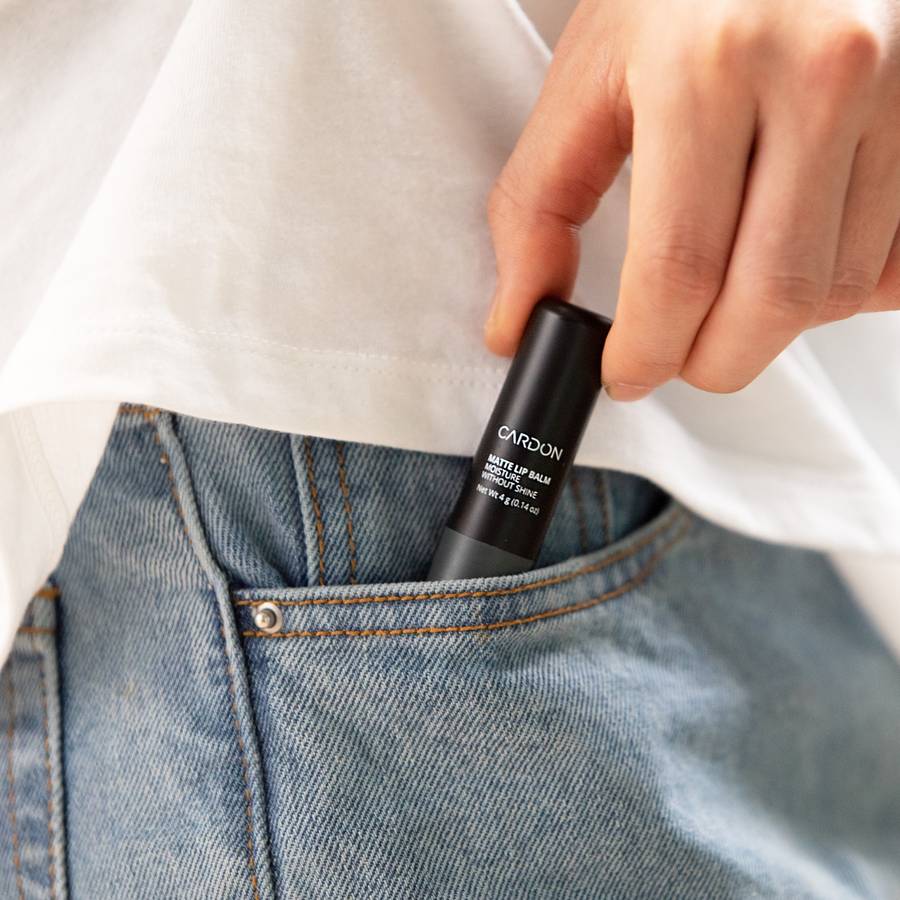
.jpg?v=1660669849450&options=w_900)
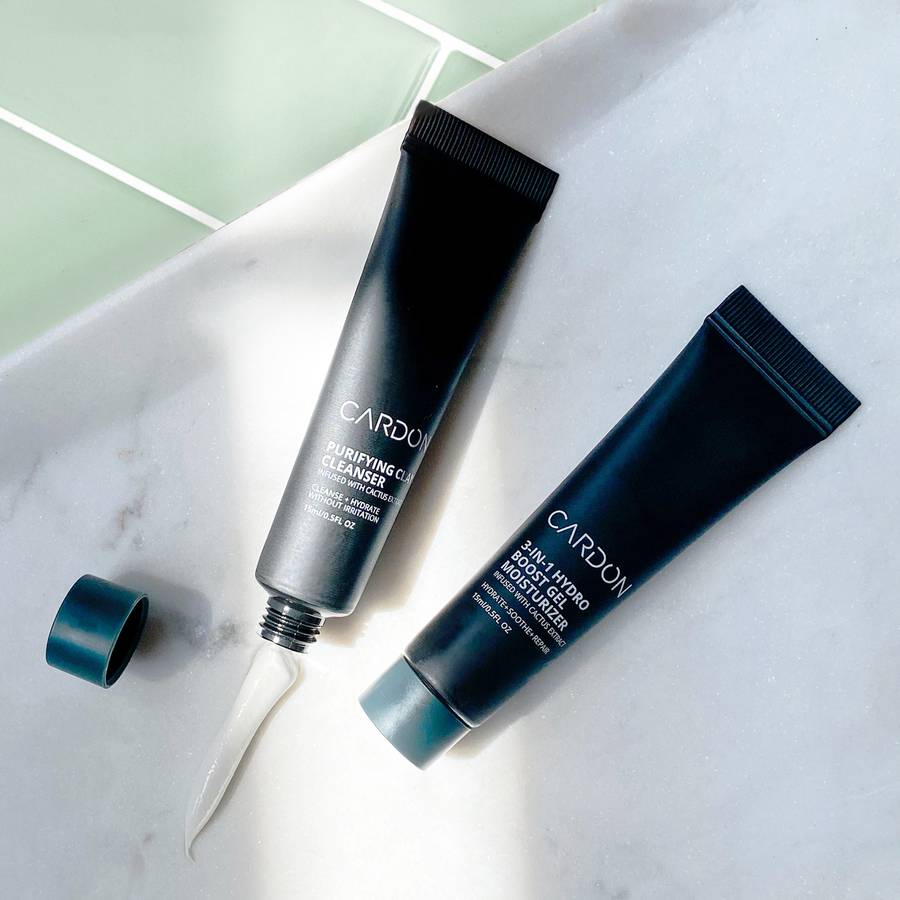
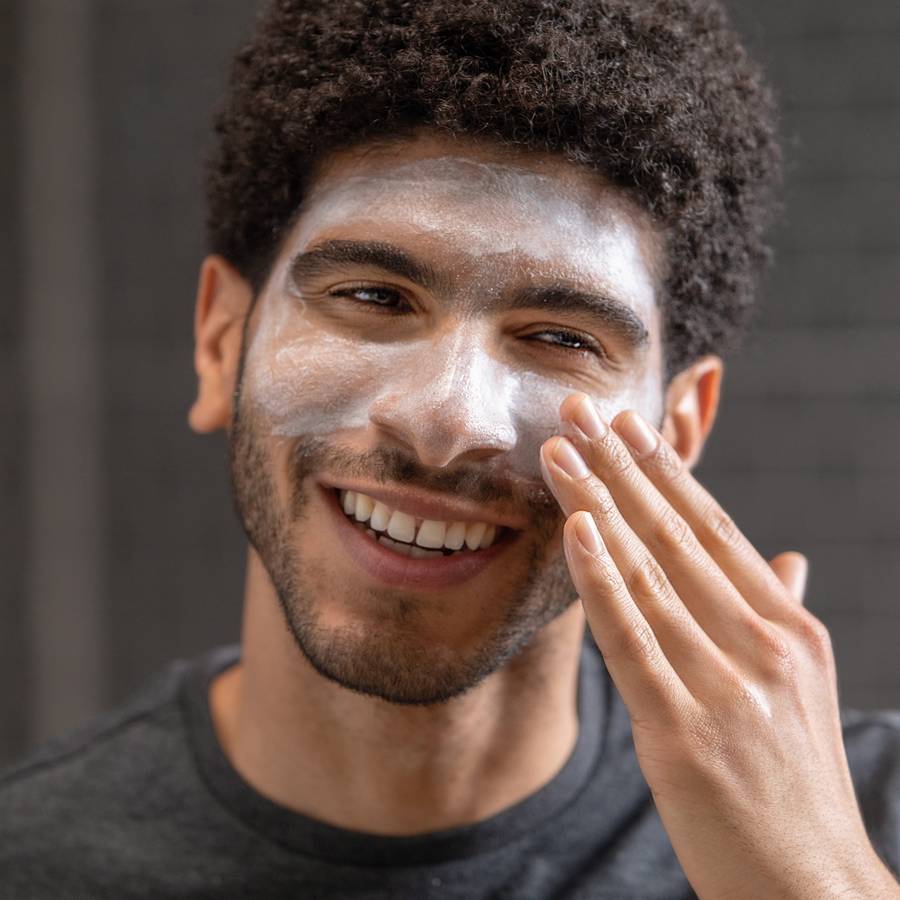

.png?v=1701688884267&options=w_900)
